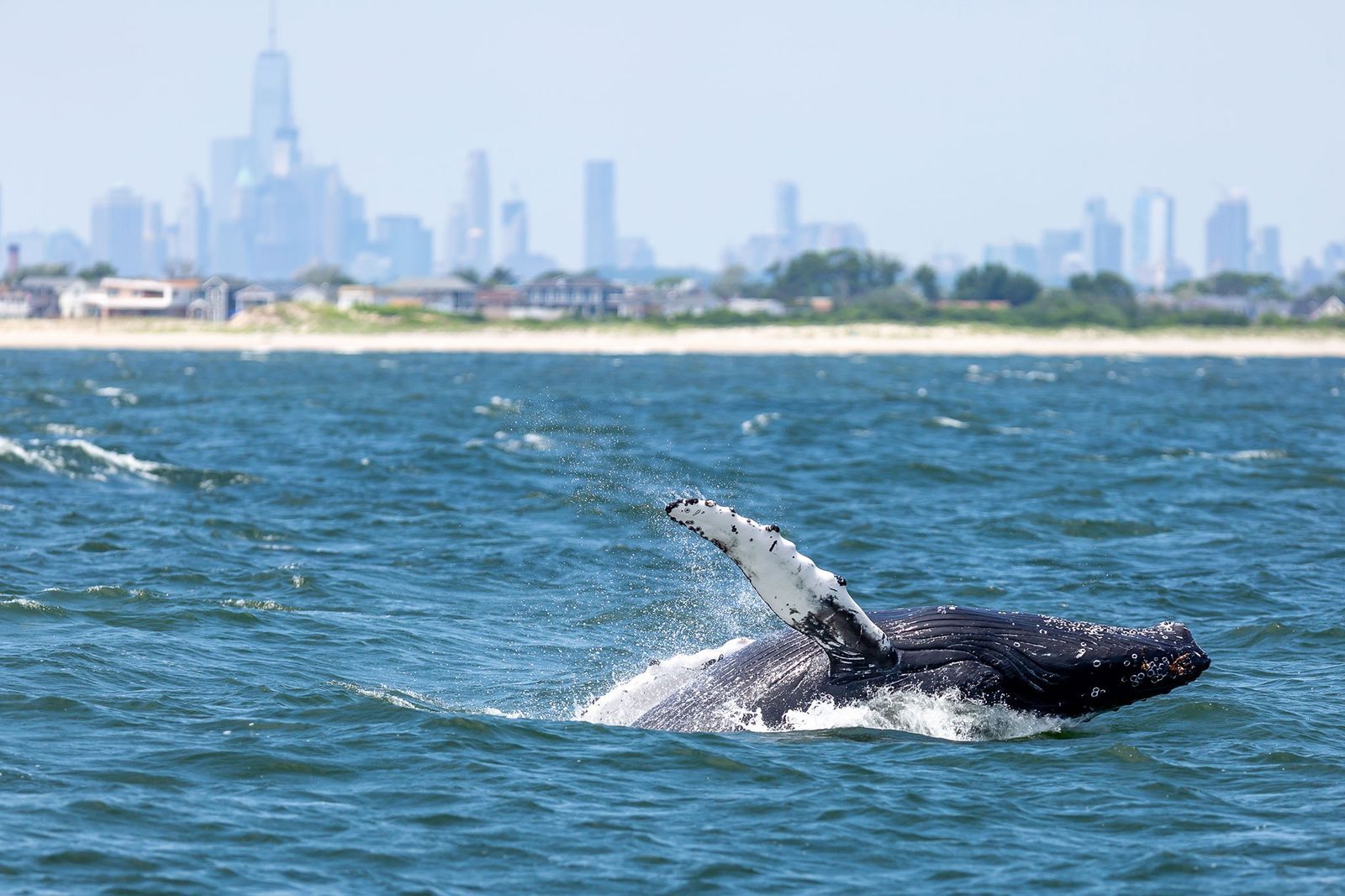30th November 2023 - 6th December 2023
A few years ago, Egypt had the world’s highest burden of hepatitis C, with around one in ten (nine million) Egyptians chronically infected. In one of the greatest-ever public health accomplishments by a country, it has screened its entire population, brokered a deal for drugs and cured almost everyone, and now it's trying to help other African countries do the same. NYT
Spain is reducing violence against women. In the two decades since 2003, there has been a 29.57% decline in murders, thanks to ongoing efforts to address this critical issue. Spain's experience shows that progress is possible, but also that the journey towards a violence-free world for women and girls is also far from over. Ministerio Del Interior
Since 2016, 25 million people in eastern and southern Africa have gained access to electricity, including 8.8 million people in Uganda and 6 million in Tanzania. Now a new program is aiming to bring clean energy access to 100 million people in up to 20 countries across the region over the next seven years. World Bank
Togo introduced the HPV vaccine, which prevents most cases of cervical cancer, into its routine immunisation system earlier this week. Prior to the introduction, a catch-up campaign ran from the 27th of November to the 1st of December for girls aged 9 to 14, reaching approximately 656,240 girls within that age group. Gavi
A court in Ecuador has ruled in favour of the Siekopai Nation’s claim to their ancestral homeland, Pë’këya, on the border of Ecuador and Peru, restoring property title for 42,360 hectares of some of the most biodiverse ecosystems on the planet, and mandating public apologies for centuries of violence, racism, and conquest. El País
Our elders and our youth are so happy to finally return to our home, our spiritual heartland where our myths and the spirits from other dimensions await us. Although colonizers have tried to uproot us from this territory, they have failed. Now we have officially been able to recognize our land for the Siekopai, the Multi-Colored People.
Justino Pianguaje
Siekopai Leader
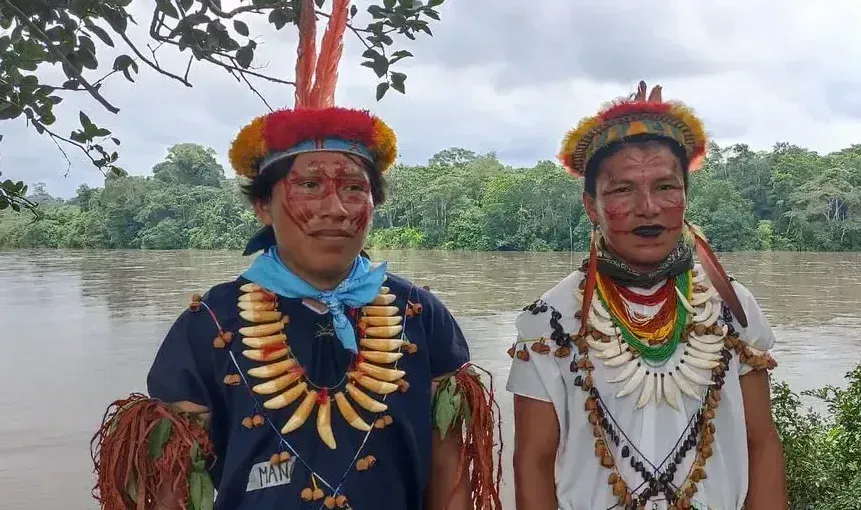
Vietnam has made incredible progress in reducing poverty in recent years, recording an average decline in its multidimensional poverty rate of 1-1.5% per year since 2016. It is expected that the poverty rate will fall to 2.93% by the end of this year, and a new target of 0.9% by 2025 was set at a conference last month. Vietnam+
The World Bank just approved $266.5 million for improving internet access in The Gambia, Guinea, Guinea Bissau, and Mauritania, and for promoting a single digital market in West Africa. The program will make internet services in the region more affordable and unlock access for 1.3 million people, of whom at least 50% are women.
Don't tell anyone... but it's a golden age for workers.
Nepal has registered its first same-sex marriage, five months after its Supreme Court issued an interim order allowing same-sex couples to register their marriages. 'The fight for rights is not easy. We have done it. And it will be easier for future generations. The registration has opened doors to a lot of things for us.' BBC
The percentage of people living with HIV in South Africa, the country with the worst burden of the disease in the world, decreased from 14% in 2017 to 12.7% in 2022. Among people aged 15 years and older with HIV in 2022, 90% were aware of their status, 91% were on antiretroviral treatment, and 94% were virally suppressed. HSRC
The first results from the world’s biggest basic income experiment are in. 'So many people started their own businesses that overall wages in the village went up.'
The Ganges River is one of the world’s most sacred waterways—and one of its most polluted. To restore it, India is undertaking one of the biggest engineering programs in the history of sanitation. To date, it has cost $3.77 billion, and while results are still a long way from government claims, there has been genuine progress. Wired
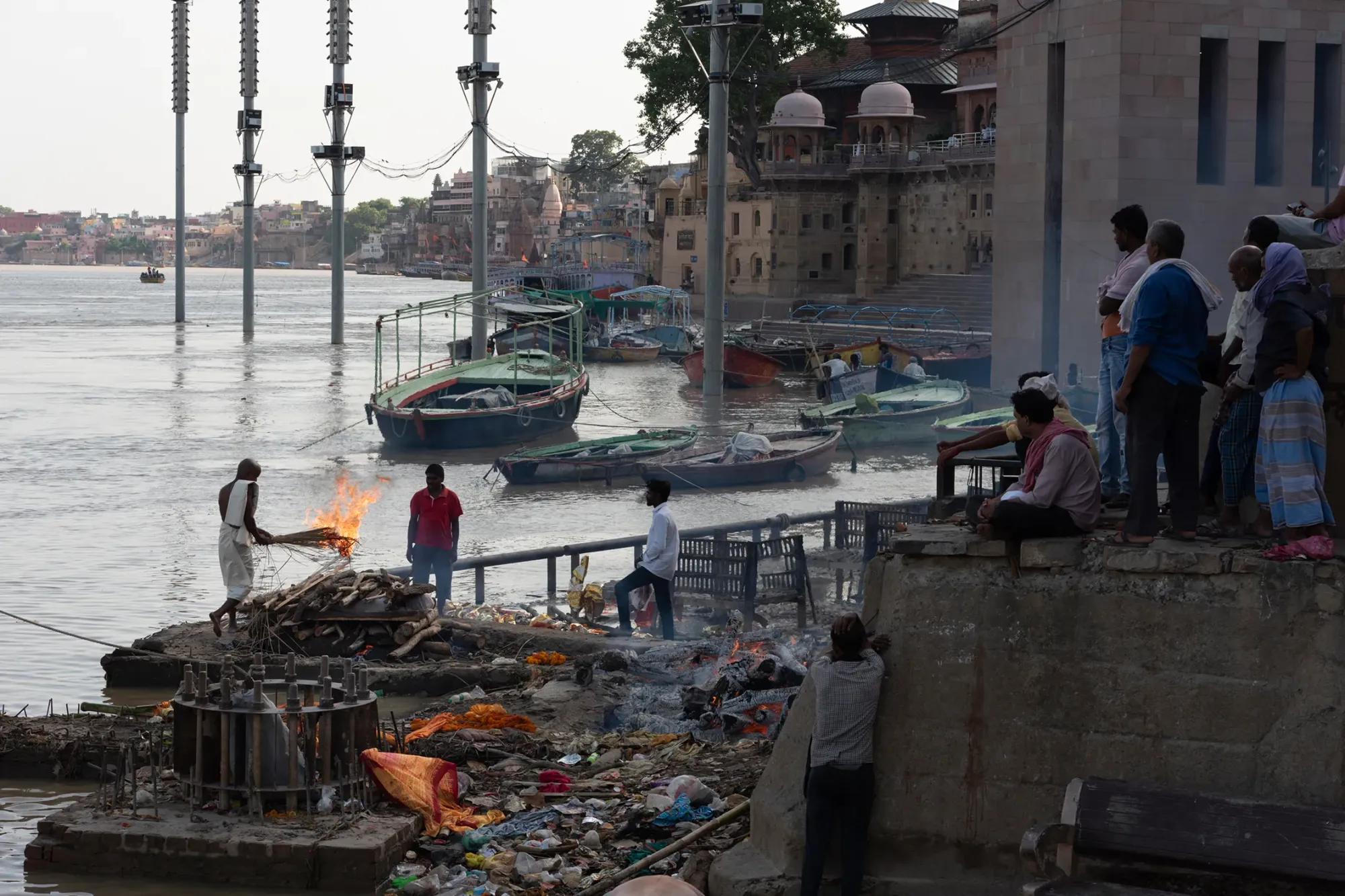
Life expectancy in the US ticked up to 77.5 years in 2022, following two years of declines driven primarily by the pandemic. This is a 1.1-year increase from 2021, but still below the recent high of 78.8 years. 'We had this dip during the Covid-19 pandemic and now we’re clawing our way back to the numbers we saw in 2019.' NBC
The rate of child and teen cancer deaths in the United States fell 24% between 2001 to 2021, thanks to advancements in immunotherapy—despite diagnoses rising during the same time period. Death rates for leukaemia, the most common cancer in children, declined by 47%. NBC
GDP growth in the US was 5.2% last quarter (the best recovery from Covid-19 in the G7), inflation is falling, wage growth is 5%, median wealth is up 37% from 2020-2022 and has doubled for 18-34 year olds, and more Americans have jobs than at any other time in history. John Burn-Murdoch has an answer for why Americans are so bad at perceiving economic trends.
People don't believe what they see—they see what they believe. America is experiencing a sustained, consistent, decades-long decline in violent crime, but most of its citizens believe crime has never been worse. Jeff Asher has an answer for why Americans are so bad at perceiving crime trends.
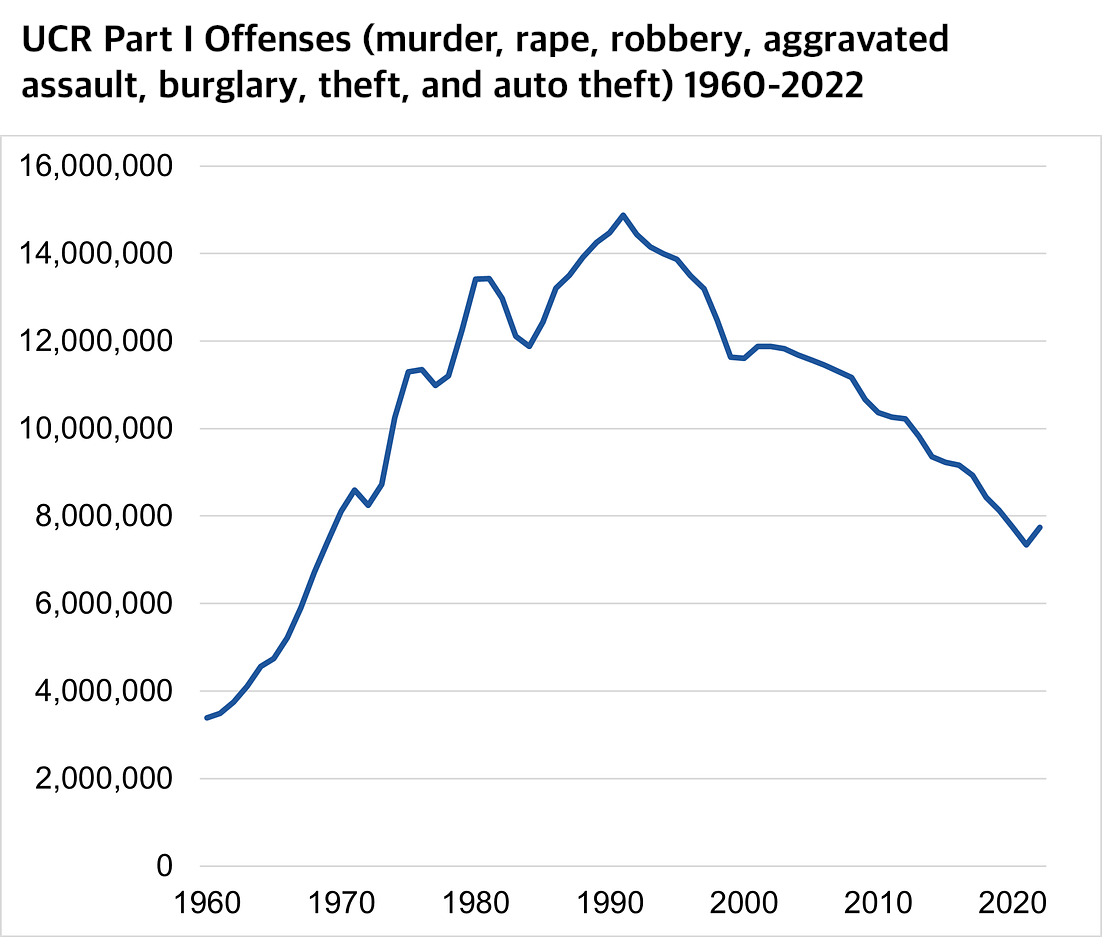
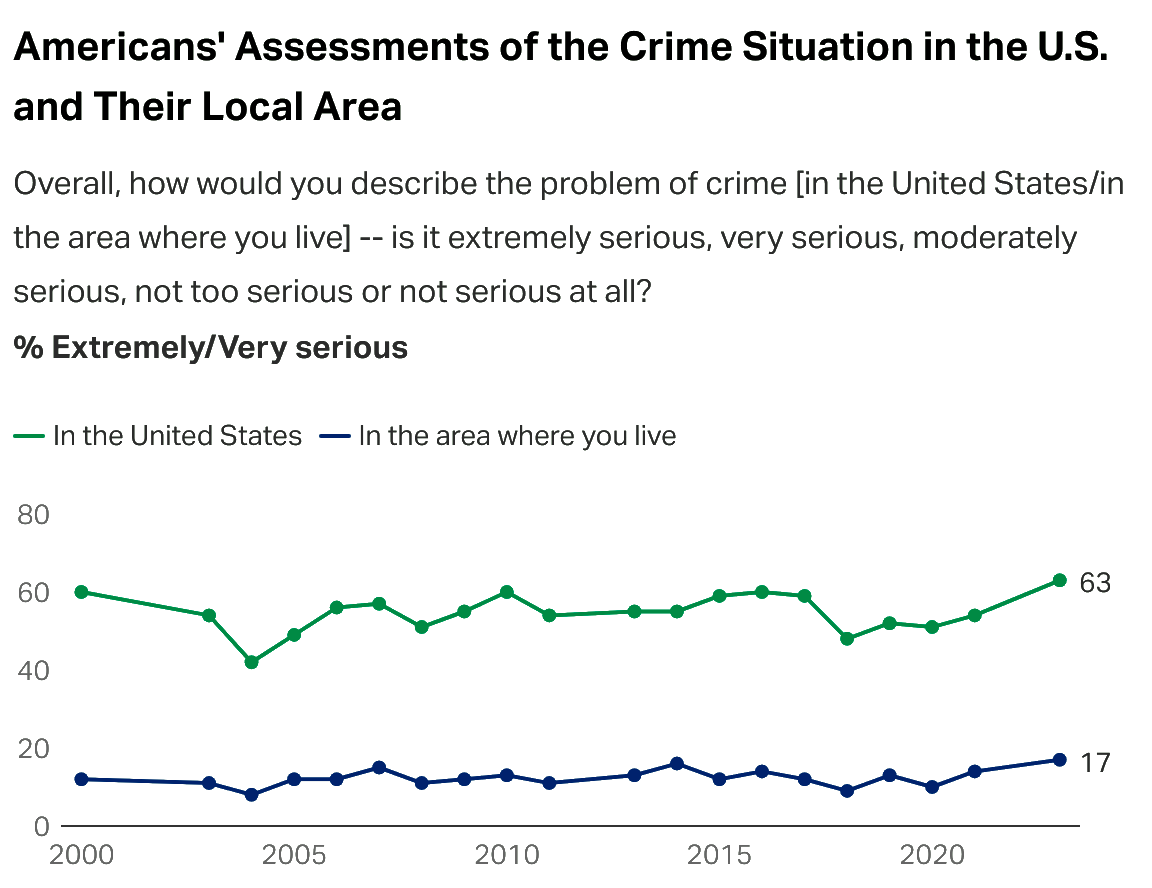
We're blown away by the amazing new Climate TRACE tool, launched last weekend at COP28 by Al Gore's team. It allows anyone in the world with an internet connection to access a top-down, independent, and multi-source dataset of all the planet's sources of carbon emissions. Nowhere to hide anymore.
One of our favourite data points is that deforestation is dropping in key regions of the world. Emissions from deforestation and degradation declined by 56% and 87%, respectively, in Indonesia between 2015 and 2022, and by 7% and 19% in the Congo Basin in 2022 compared to 2021.
There might be some good news coming for the Amazon region, too. A new analysis has shown that deforestation across the nine Amazonian countries so far this year is down 55.8% from the same period a year ago, in a major turnaround for a region that's vital to curbing climate change. Reuters
Oh, and on Saturday, Brazil launched its $205 million Arc of Restoration program to restore degraded woodlands amounting to 60,000 km2 (an area nearly the size of Latvia) in the Amazon by 2030. 'Avoiding deforestation is no longer the answer to the climate crisis. We need to be more ambitious.'
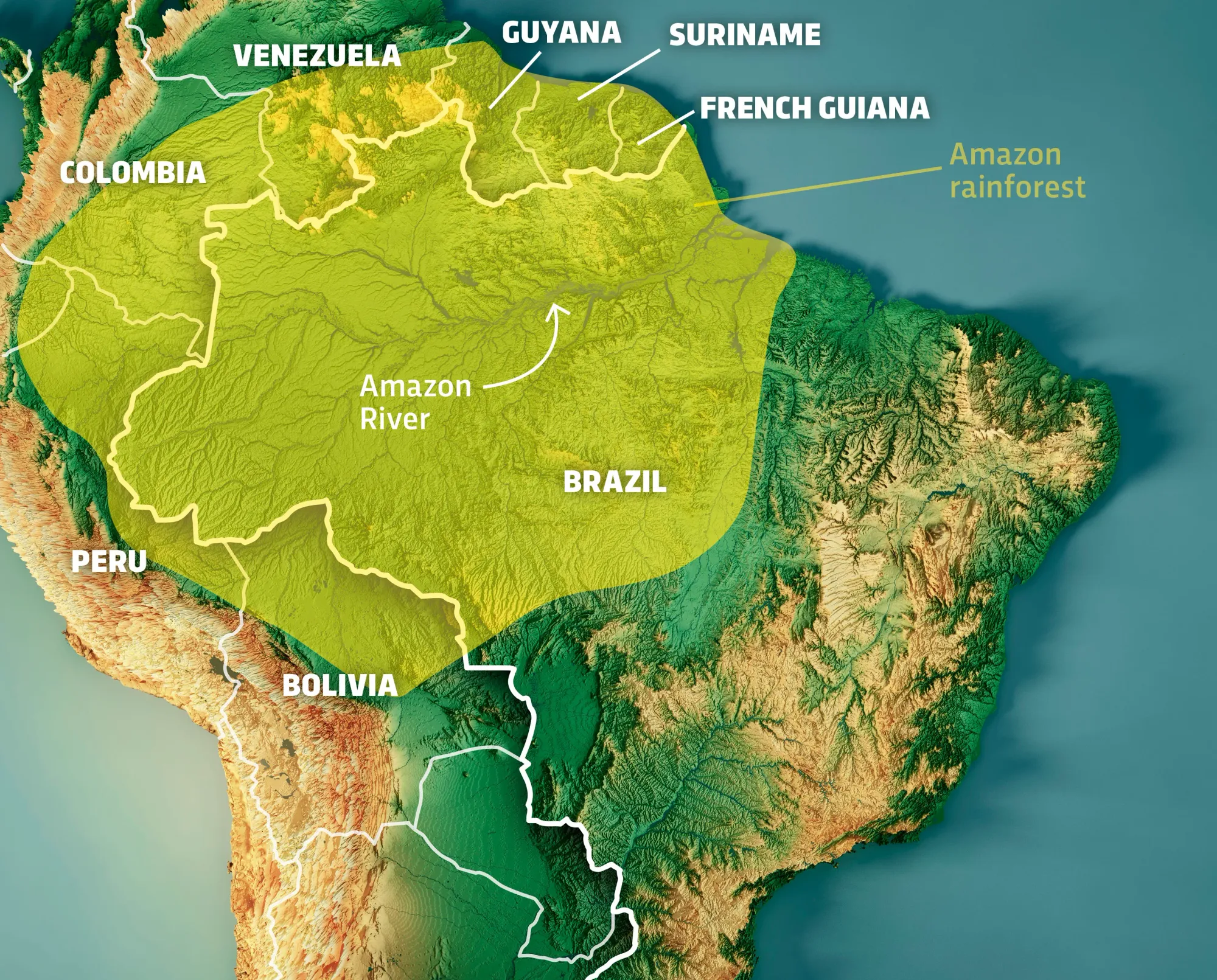
OK, fine, one more. Colombia just launched a new Fund for Life and Biodiversity to help protect ecosystems in the country that will manage close to $1 billion by 2026. The financial mechanism will allow environmental initiatives to receive monetary resources more than once, and will be managed by a trust. Reuters
River restoration news. A $12 million project has kicked off on the Yakima River in Washington State; $4 million has been approved for the Crooked River in Oregon; in Idaho the Goat River is flowing again; in Australia, there is about to be a new $50.5 million package for the upper Murrumbidgee River; and in Scotland, £1.2 million has been awarded for catchment restoration of the Peffery River.
England is getting a new national park as part of a set of 'nature pledges' to give greater access and protection to the countryside. 34 new landscape recovery projects will also be created under a farm payments scheme, which will see 200,000 hectares of land managed to benefit nature and sustainable food production. BBC
For over a decade, Ana María and David Borbóna have led the community restoration of the mangroves of Baja California Sur, Mexico, planting an estimated 1.2 million seedlings and transforming vast stretches of barren sand to green. 'We are not talking about sustainability. We are talking about regeneration—and it’s worth fighting for, whatever is required, because it’s necessary.' Hakai
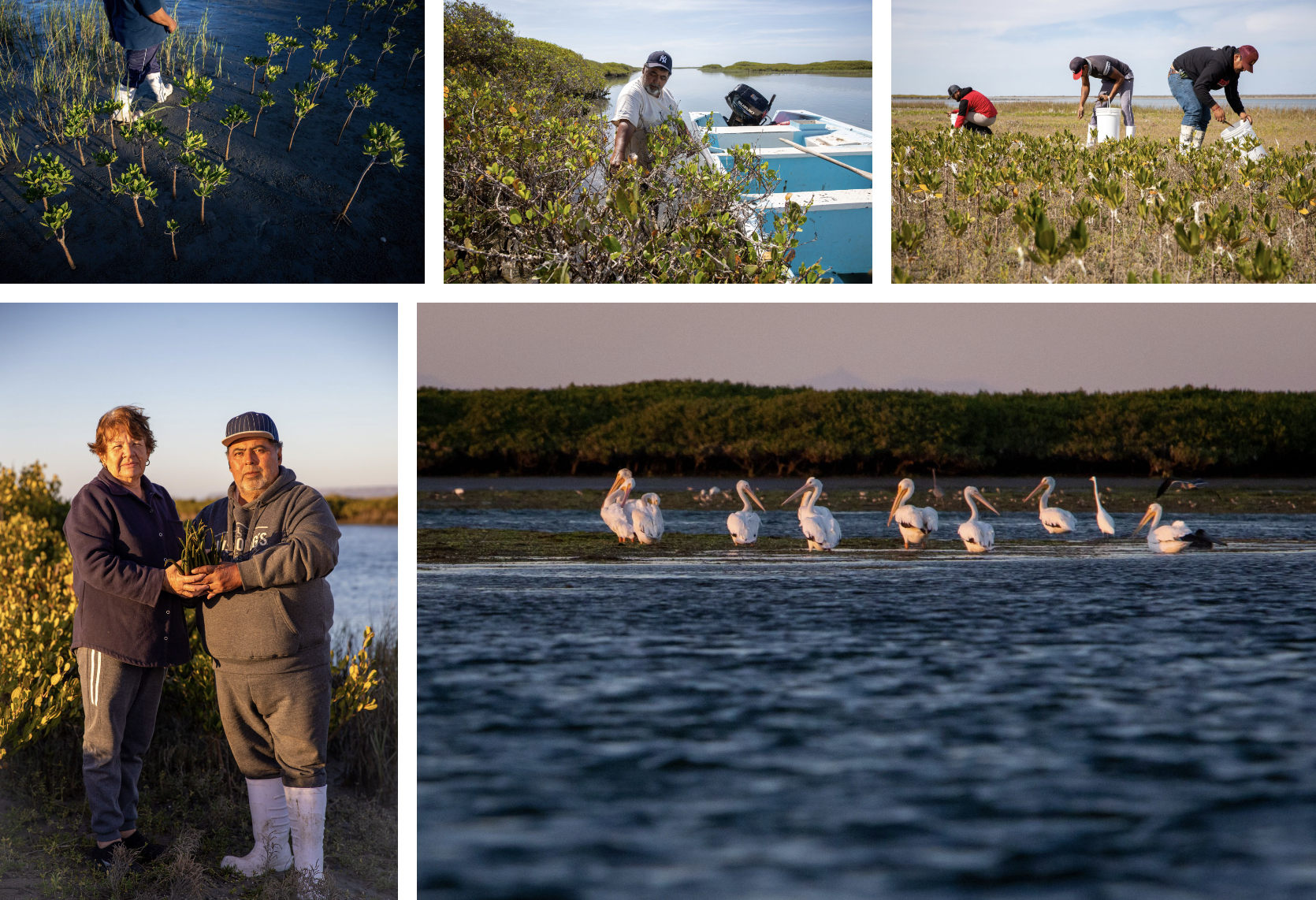
Paying local residents to plant mangroves in Indonesia has raised incomes, increased fishery output, protected coastal areas, and contributed to efforts to mitigate climate change. Now the government has launched a new program to restore 600,000 ha of mangroves by 2024—the world’s largest mangrove restoration ambition to date. World Bank
Starting in January, most stores in Colorado won’t be allowed to provide single-use plastic carryout bags without charging a fee, and Rhode Island’s ban on plastic bags will launch on the same date. That makes 13 states across the United States that now ban single-use plastic carryout bags statewide. Florida Phoenix
The island nation of St Kitts and Nevis has launched a campaign to educate the public about its impending plastic ban. The government will, on the 30th of June next year, ban the sale of plastic shopping bags, and on the 30th of September, the sale of styrofoam food containers, trays, and plastic straws. Jamaica Observer
Wolverines in the contiguous United States will be listed as threatened under the Endangered Species Act, earning them additional federal protections. The move comes after years of legal back-and-forth over the survival prospects of the animals amid climate change and other human activities. Smithsonian
If you're going to read one story this week, please make it this one, about eccentric Englishman Brendon Grimshaw and the world's smallest national park. BBC
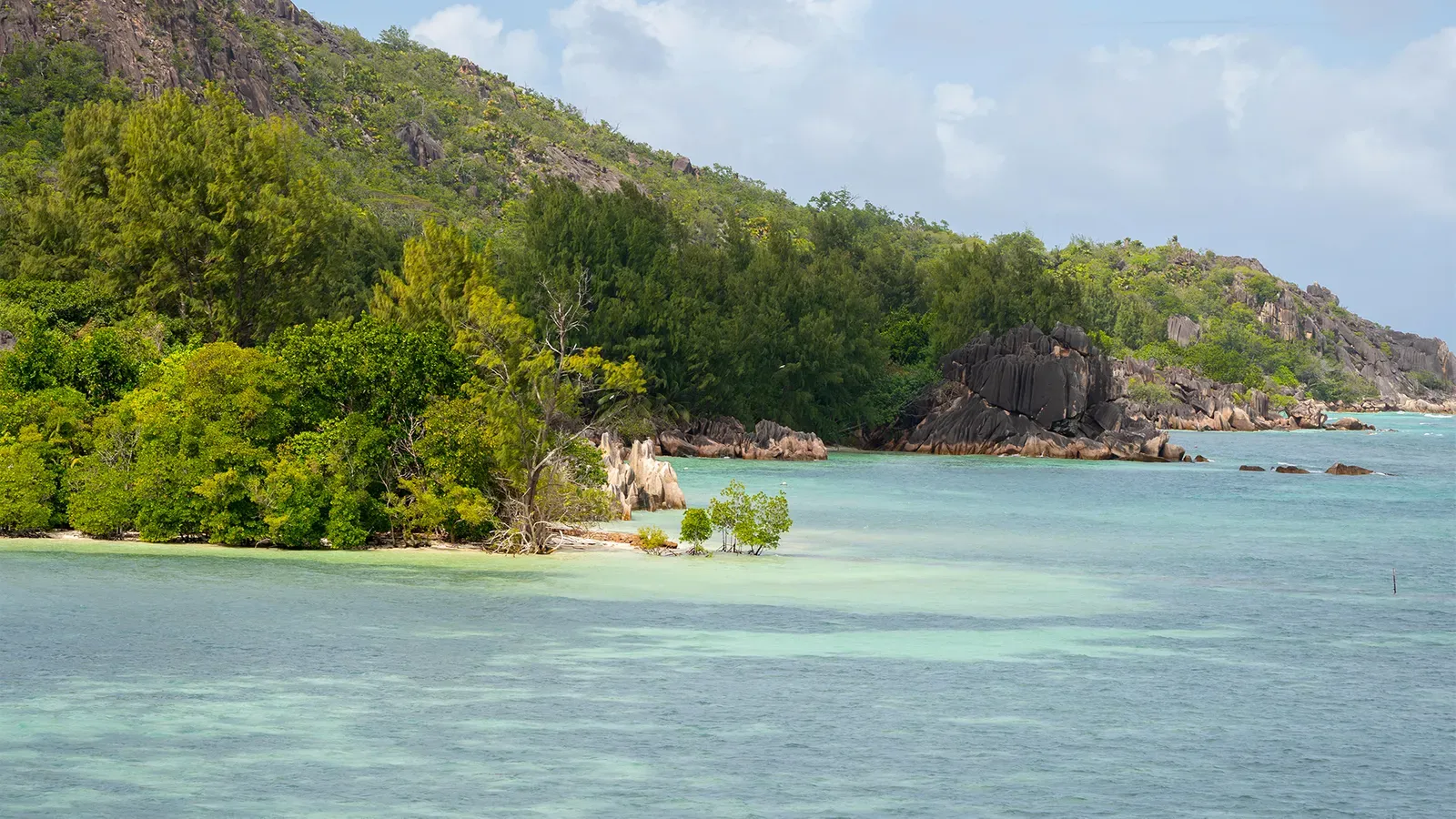
23rd November 2023 - 29th November 2023
It might seem strange to talk about hope right now, at a time when the world is facing an array of complex crises from conflicts to climate change, and when the media headlines seem only to bring bad news. But amidst all this darkness and negativity, there is indeed hope and there is progress. Excellencies, I am here to tell you that, thanks to the tenacity and generosity of everyone in this room, we finally have the momentum to put child malnutrition behind us once and for all.
Since the year 2000, stunting in children under 5 years of age has declined by one-third, and today, there are 60 million fewer undernourished children. Meanwhile, the number of children screened and treated for wasting has also increased. In 2022, for example, more than 182 million children under five were reached with services for the early prevention, detection and treatment of child wasting, up from 154 million the year before. But we still have work to do.
Omar Abdi, Deputy Executive Director, UNICEF
Global Food Security Summit, 20th November 2023
Gapminder, the Swedish foundation created by Hans Rosling, has just done a big refresh on a bunch of its data, including extreme poverty. Two decades ago, a quarter of the world's population lived in extreme poverty. That fell to 8.3% by 2022. The pandemic caused setbacks, but it didn’t change the fact that life has continually improved for most people in the world in this century.
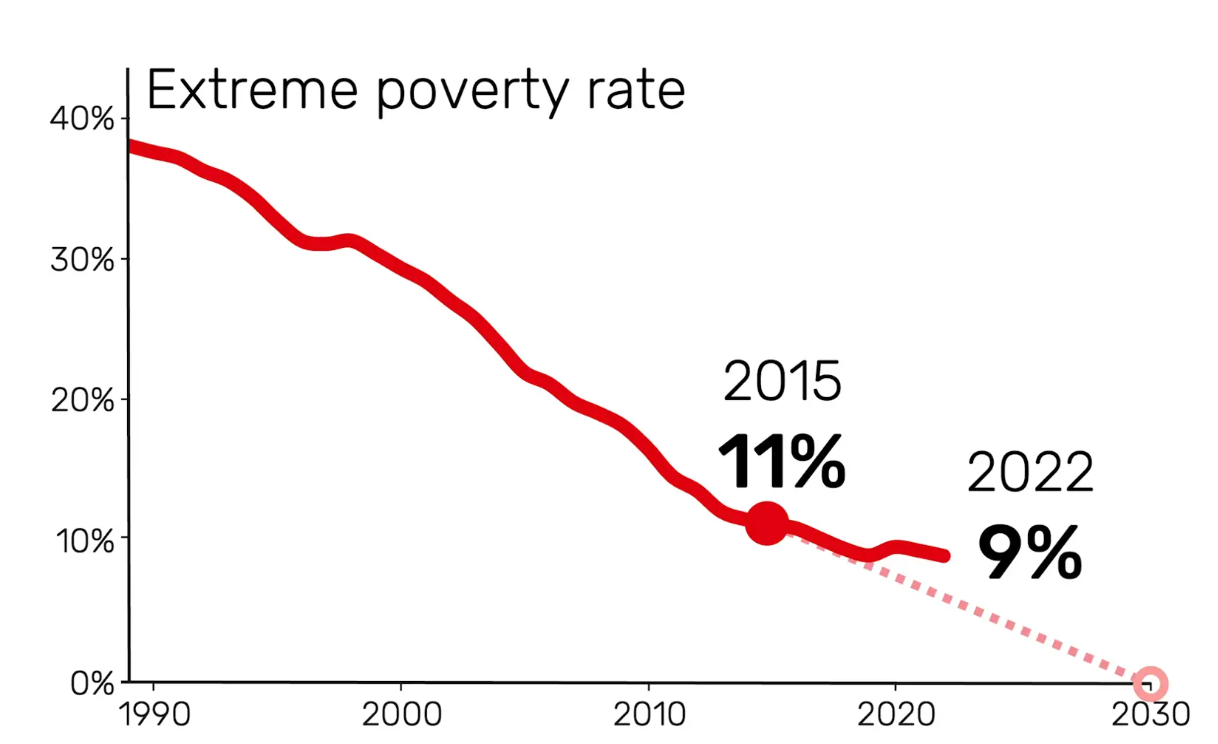
More than 330,000 doses of the Mosquirix malaria vaccine arrived last week in Cameroon, and an additional 1.7 million doses will arrive in Burkina Faso, Liberia, Niger, and Sierra Leone in the coming weeks, signalling that malaria vaccination is moving out of its pilot phase, laying the groundwork for these countries to begin vaccinations in the first quarter of next year. WHO
Tajikistan has experienced a significant improvement in living standards over the past two decades, with its poverty rate falling from 32% in 2009 to 13.4% in 2022. The COVID-19 pandemic was a significant shock, but it also strengthened the country’s intensive care units, sanitary and epidemiological services, laboratory capacity, and digitalisation of its health systems. World Bank
Fewer Filipino families considered themselves poor. In a recent survey, 46%, or around 12.1 million Filipino families, consider themselves poor—lower than the estimated 13.2 million families, or 50%, recorded earlier this year. 'The 4% decrease represents approximately 1 million families and is the first time in three quarters that a dip in self-rated poverty was observed.' PNA
Tanzania says that all 12,318 villages across the country will be electrified by June 2024, marking the culmination of a journey that began three decades ago. This achievement, a year ahead of the original 2025 target, will provide over 70% of the rural population with access to electricity, following the construction of over 40,000 km of power lines in the past few years. The Citizen

A new electricity transmission network across the border between Mali and Senegal has been completed, opening the door for a regional electricity market in Western Africa. 'The entire region is being transformed. There is now a stable electricity supply that has allowed our local economy to develop and thrive over the last four years.' World Bank
With little fanfare, the Biden administration is deploying $8 billion of infrastructure funding for pipelines and reservoirs in rural areas. The largest of these projects is the Arkansas Valley Conduit, a 130-mile-long pipeline to deliver melted snow from a reservoir in Denver to a dry valley in southeast Colorado. Grist
South Africa will become the first African country to introduce shared parental leave, after a landmark high court decision allowing parents to divide four months of leave between them. Previously, mothers were entitled to four months while partners were allowed 10 days. 'I think the new generation of men is taking on a more liberal stance. They want to be a core part of their children’s lives.' Guardian
More than 760,000 Venezuelan migrant women live in Peru. To support them, more than 3,000 community kitchens have sprung up in recent years, where Peruvian and Venezuelan women come together to provide food to those in need. 80% of the people receiving food are informal workers. World Bank
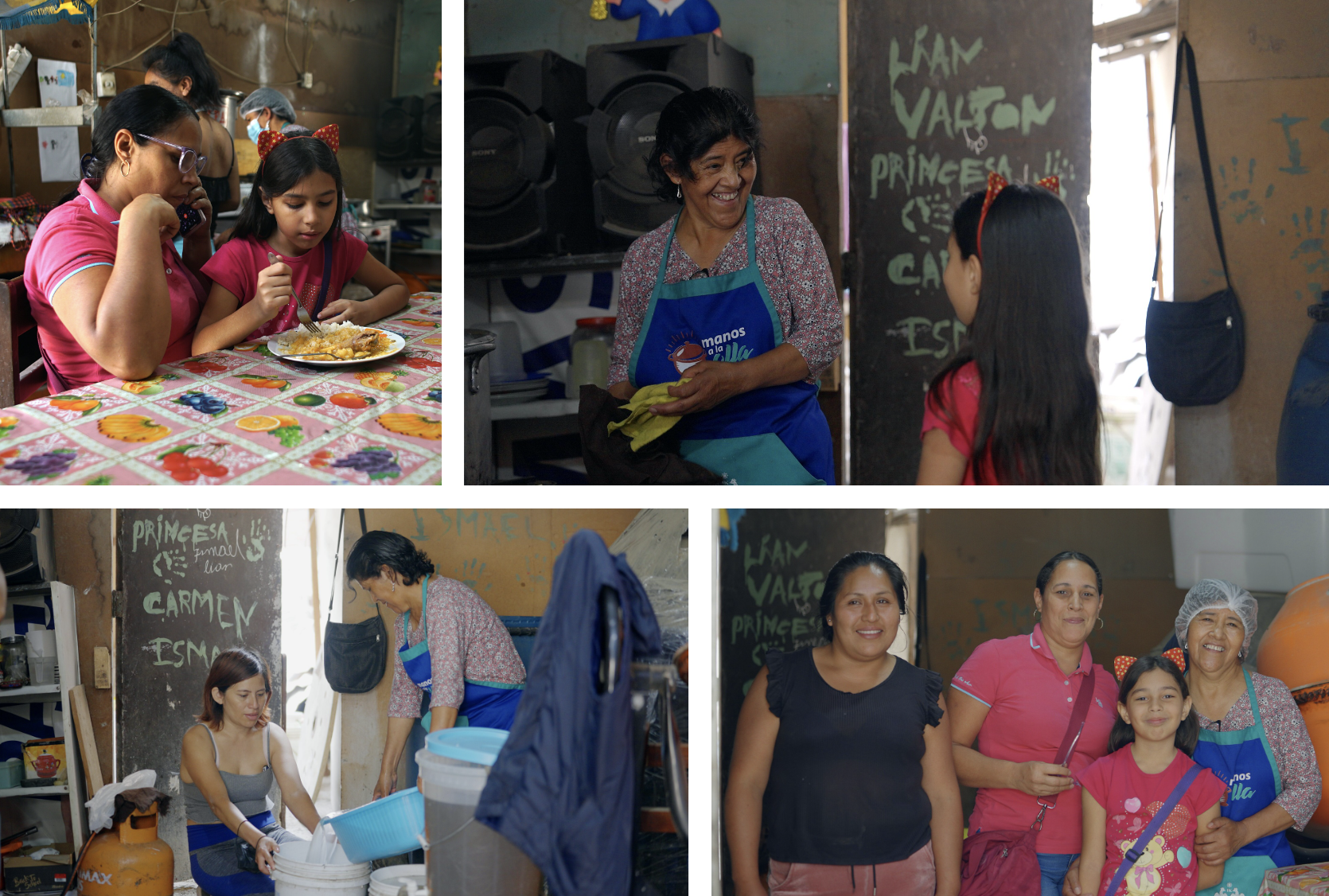
Fewer children in England have been having rotten teeth pulled out since the sugar tax on soft drinks began, prompting calls for the levy to be extended to sweets, biscuits, and cereals. The number of children aged 18 and under going into hospital to have teeth extracted has fallen by 12% since the sugar tax came into force in 2018. Guardian
An analysis of 5.8 million authors across all scientific disciplines shows that the gender gap in science is closing. Researchers found that men outnumbered women by 3.93 times among those authors who started publishing before 1992, but only 1.36 times among those authors who started publishing after 2011. Still a long way to go, especially among high-impact authors, but this is progress. PLOS
Bhutan celebrated the decriminalisation of homosexuality in 2021, allowing the LGTBQI+ community to feel seen, recognised, and included in a country where traditional values had earlier rendered them largely invisible. Activists now hope to capitalise on the momentum of the last few years by campaigning for marriage equality, legal gender recognition, and other crucial protections. Himal Mag
Thailand’s Cabinet has approved an amendment to its civil code to allow same-sex marriage. The law will guarantee same-sex couples the same rights as heterosexual couples, including the right to form a family and receive a pension. If approved by Parliament and endorsed by King Maha Vajiralongkorn, Thailand will become the third country in Asia, after Taiwan and Nepal, to allow same-sex marriage. AP

As thousands of premiers, potentates, and poseurs descend on Dubai for COP28, news outlets are reporting that the foxes in charge of the henhouse haven't been able to resist. So far, so predictable. Can we suggest getting rid of that fowl taste with this story about what's happening in China's deserts instead? We've turned on the gift link here, because it's one of the best pieces of graphical reporting we've ever seen. 🎁 Bloomberg
Out of the rolling yellow dunes of the Kubuqi desert arises what appears to be an oasis, shimmering blue beneath the northern China sky. Row after row of hundreds of solar panels cover this otherwise barren stretch of Inner Mongolia, about 500 km inland from Beijing. They’re the centerpiece of a clean energy project the size of 20 Central Parks that provides enough electricity for 1.1 million homes. The mammoth site is just one small piece of President Xi Jinping’s plan to deliver the largest ever deployment of man-made power capacity.
By the end of this decade, China aims to build the equivalent of 225 more of these massive renewables bases across vast swathes of the country’s interior. It’s a campaign that promises an upheaval across the energy sector: curbing China’s demand for fossil fuels, trimming its reliance on energy imports and steering the world’s biggest polluter toward a feasible path to zero out its greenhouse gas emissions.
Once complete, the renewables bases will total 455 GW of wind turbines and solar panels. That’s more clean energy generation capacity than is currently available in any nation outside China, and almost the size of the entire power network — including coal plants and nuclear reactors — in India, the world’s third-largest system. “It’s mind-blowing,” said Cosimo Ries, a Shanghai-based energy analyst with Trivium China. “There’s nothing in history you can benchmark this against."

Papua New Guinea will triple its area of protected ocean with two new MPAs spanning over 1.5 million hectares. It’s a huge win for critically endangered sharks, rays, and turtles, and for the 100+ Indigenous communities who spent seven years campaigning for the protections. WCS
The St Helena Marine Protected Area, one of the world’s largest MPAs, has been declared an International Marine Hope Spot. Covering 445,000 km2 of seamounts, canyons, and deep-sea habitats, it’s home to endangered species such as whale sharks, humpback whales, and several species of seabirds. Getaway
The newly-designated Yanuncay-Zhucay Municipal Conservation and Sustainable Use Area in Ecuador will protect the water supply for over 180,000 people in the nearby city of Cuenca. Covering 26,965 hectares of high-altitude grasslands and montane forests, the area will also protect Andean condors, hummingbirds, and several endangered amphibians. Andes Amazon Fund
It’s been an extraordinary month for nature protection in British Columbia, with a slew of unprecedented funding and legislative initiatives. The progress has marked a historic turning point in how the province prioritises Indigenous-led conservation. The Narwhal
- A $300 million conservation-financing fund for old-growth forest protection, to be administered by First Nations.
- A $700 million ‘Nature Agreement’ between federal and provincial governments and the First Nations Leadership Council.
- A draft of a Biodiversity and Ecosystem Health Framework to enforce the protection of biodiversity and ecosystem health over corporate profits.
- The Ḵwiḵwa̱sut'inux̱w Ha̱xwa’mis First Nation has designated a new 40,000-hectare protected area 'from mountaintop to seafloor' across Bond Sound and Thompson Sound.
The changes are so vast that 'nature protection' fails to capture the magnitude of events. What’s happening before our eyes is a whole-of-society restructuring. Think of it as a personal makeover for a region twice the size of France, trying to recover from the hangover of 150 years of colonial plunder.

Local communities in Mexico have planted 2 million pine trees using a pre-Hispanic model called ‘forest rounds,’ which has ensured a 90% survival rate for the planted trees. In Rwanda the 'green hospital' initiative is aiming to plant 2 million trees around thousands of health centres across the country, and in Thailand 275,000 trees will be planted in the Kaeng Krachan National Park.
Oman has planted more than 3.5 million mangrove seeds as part of its Blue Carbon project, which aims to cultivate 100 million mangrove trees over four years. In Pakistan, a massive mangrove restoration project spanning an area nearly the size of Rhode Island is expected to absorb an estimated 142 million tons of carbon over the next 60 years.
Some of the world’s rarest birds are flying back from the edge of extinction—the Azores bullfinch has rebounded from 100 breeding pairs to over 1,300 individuals after 30 years of conservation efforts; the Bali myna has increased from 15 to 420 individuals; and rare seabirds are thriving on the shores of Lundy Island after a rodent eradication program.
If we can restore over 30,000 birds to one small island in the Bristol Channel, just imagine how much could be achieved if everyone came together to restore nature right across the United Kingdom?
Paul St Pierre, Royal Society for the Protection of Birds
After a decade of political wrangling, Olso has a new national park. Located on the doorstep of the city, Østmarka National Park will include existing recreational areas and protect around 71 square kilometres of nature. Life in Norway
Over the past decade, the Black Mambas, an all-female anti-poaching unit in South Africa, has eliminated rhino poaching in the Olifants West Nature Reserve, without the use of weapons. The group has made a significant impact on both local wildlife and the wider community, empowering women’s social standing and economic independence. BBC
Ottawa has banned keeping moneys and elephants in captivity as part of a series of laws to better protect animals in the country. The US state of Georgia is more than tripling its conservation lands around Amicalola Falls State Park. The Galapagos Islands are going green with a community-led transition of local food production, renewable energy, and 42 km of cycle paths. The EU and Canada have established a Green Alliance to collaborate on efforts to combat climate change. The island nation of Aruba has increased its protected wetlands with the extension of Spaans Lagoen from 70 to 14,408 hectares. Whoa. Canada has returned Middle Beach to the Pacheedaht First Nation; the Winnemem Wintu tribe in Northern California have purchased back 1,080 acres of their ancestral lands after years of restoring the winter-run Chinook salmon population; and in Oregon, the Klamath Tribes are raising suckerfish in ponds and returning them to the waters of the Sprague River. A collaboration between local communities and scientists in Borneo has brought the Kinabatangan River floodplain back to life. Even Fox News noticed the turtles in Florida! And do you want to see what happens when an orange juice company dumps 12,000 metric tons of orange peels in a national park and leaves it for a decade?

16th November 2023 - 22nd November 2023
Since October 2021, seven sub-Saharan African countries have implemented legal changes that have had a profound impact on women's economic participation. Côte d’Ivoire and Gabon have led the way, with the elimination of all restrictions on women's employment, legislation on gender-based discrimination in financial services and domestic violence, and mandates for equal remuneration. World Bank
In the past three years, 30 countries—including some of the world's biggest like Bangladesh, Indonesia, and Nigeria—have introduced the HPV vaccine, and global coverage for all girls has increased to 21%, exceeding pre-pandemic levels for the first time. At this rate, we are on track to have HPV vaccines available for girls in all areas of the world by the end of this decade. WHO
Australia is making progress on domestic violence. Intimate partner homicide has declined 38% since 2016, the rate of partner violence has decreased by over 50%, the rate of cohabiting partner violence over the past two years has either decreased or not changed in all states, and rates of sexual harassment have reached their lowest levels ever in every state and territory. The Conversation
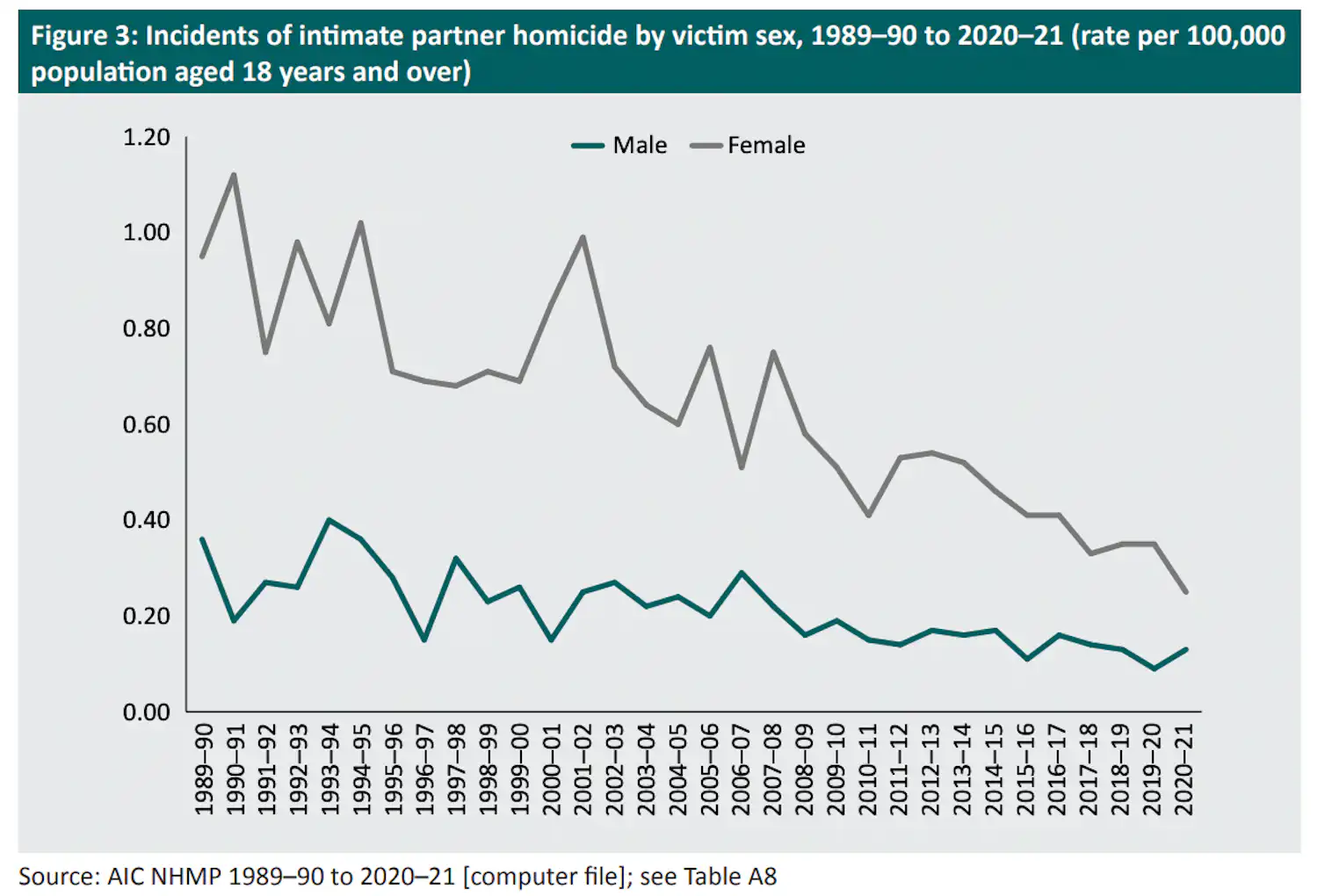
Rwanda is on track to become the first country in sub-Saharan Africa to eliminate malaria. In 2016, the country saw 17,941 cases of severe malaria, but in 2022-23, that number had fallen to 1,316, a decline of 85%, and only 51 deaths have been recorded this year. 'According to our latest data, we are on the right path towards eradicating malaria.' All Africa
Rajasthan, India, home to 80 million people, just kicked off what might be the largest basic income scheme in the world, providing 125 days guaranteed work for all and a minimum social security pension of ₹1,000 per month. This comes off the back of five years of incredible social progress. Between 2016 and 2021:
- Neonatal mortality rate decreased from 29.8 to 20.2 per 1,000 births
- Infant mortality rate declined from 41.3 to 30.3 per 1,000 births
- Supervised births in a medical facility increased from 84% to 94.9%
- Immunisation for children 12-23 months up from 54.8% to 80.4%
- Maternal mortality rate down from 141 to 113 per 100,000 live births
- Primary school enrolment up from 4.17 million to 4.65 million
Malaysia has made significant progress on poverty reduction this year. There are 102,888 people living in 'hardcore poverty,' down from 126,556 a year ago, and the government is working on further reducing these figures through targeted aid, including cash transfers, distribution of basic goods, subsidies for farmers and smallholders, and repairs to rural infrastructure. Free Malaysia
After extreme floods put a third of Pakistan under water in 2022, architect Yasmeen Lari vowed to build one million flood-resilient homes. Her foundation just revealed it is a third of the way towards that target and on track to build all one million by 2024 (thanks to subscriber Matthew Miller for this one). Dezeen
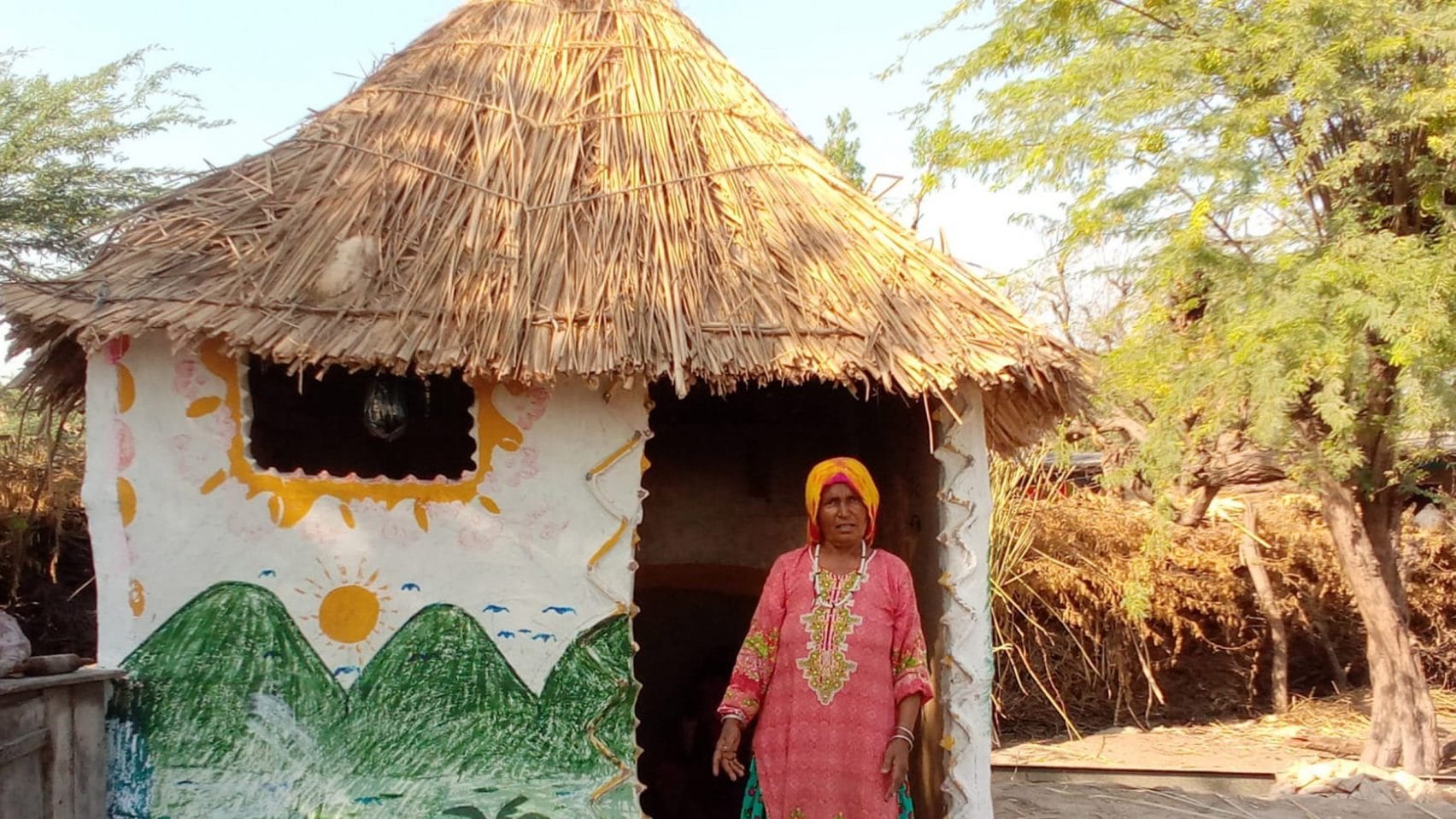
Happy World Toilet Day! (It was on Monday.) Did you know that in the 21st century, the number of people who practice open defecation has declined by more than two thirds, from 1.3 billion people in 2000 to 420 million in 2022? Only 5% of the global population are still defecating in fields, forests, bodies of water, or other open spaces. World Bank
As families in the United States prepare to gather for Thanksgiving next week, food prices have flatlined for months, gasoline prices are about 10% lower than they were a year ago, and wholesale prices in October fell by 0.5%, their biggest monthly drop since April 2020. Reuters
Economist Justin Wolfers says this should be called the Mary Poppins economy: inflation is receding, unemployment remains near fifty-year lows, real wages are now above pre-pandemic levels, growth remains robust, and 38% of the rise in inequality between 1979 and 2019 has now been reversed.
A new study in The Lancet has shown that between 2005 and 2020, annual global deaths attributable to air particulate matter from fossil fuels fell from 1,437,000 to 1,212,000, a 15.7% reduction. 'By reducing emissions linked to coal, we also saved more than 200,000 lives each year, because we have reduced air pollution.' El País
Yes, actions speak louder than words, and foreign policy isn't just about speeches—but this is a significant detente between the world's two most powerful countries, and a welcome break from the sabre-rattling of the last few years. Instead of reading a journalist's take on this, how about actually listening to what gets said?
The island nation of Dominica in the Caribbean will create the world’s first sperm whale reserve, spanning almost 800 km2 off the island’s west coast. Commercial fishing and large ships will be banned from the area that is a key nursing and feeding ground for around 200 of the endangered mammals. BBC
Their ancestors likely inhabited Dominica before humans arrived. We want to ensure these majestic and highly intelligent animals are safe from harm and continue keeping our waters and our climate healthy.
Prime Minister Roosevelt Skerrit
American voters have supported five significant conservation measures in four states in the November elections, resulting in $1.2 billion in conservation and park funding. The victory represents “a collective effort to safeguard natural areas, protect wildlife habitat, mitigate wildfire risks, enhance park access, and invest in climate resilience.” TPL
This includes Texas, where 76% of voters supported a $1 billion fund for state parks, the largest investment in nature in the state’s history. Dozens of new parks will be created, protecting critical water resources and wildlife habitat. Also, a legal victory for wildlife corridors in California will uphold a program to protect connectivity between key habitat areas from development.
Over 80 million people across India cleaned up 90,0000 sites on the 1st of October. Rubbish was cleaned from streets, highways, railway tracks and stations, health institutions, beaches, tourist locations, water bodies, places of worship, slums, market areas, airports and zoos and wildlife areas. Indian Express

A large-scale project to clean up waste from Russia’s Arctic territory has collected almost 6,000 tonnes of scrap metal since 2021, and Seven Clean Seas, a UK-based environmental organisation, has removed a staggering 2,206,079 kilograms of plastic waste from the world's oceans - the equivalent of 184 double decker busses.
City parks departments and non-profits across the U.S. are providing training for volunteers to plant, prune, and care for street trees. Thousands of volunteers are working to make a significant contribution to urban tree maintenance, reporting it as a ‘labour of love.’ Washington Post
It’s hard to save the rainforest, but you can save your community, which is part of your city and part of your world.
Mindy Maslin, Germantown Interfaith Power and Light Tree Tenders
The EU's recent microplastics ban gives manufacturers a grace period to develop new designs, but many companies have been working on natural alternatives for years: cosmetic giants like LUSH and The Body Shop have long used ground nuts, bamboo, and sea salt in their products, and in Germany, hundreds of artificial turf pitches have already been filled in with cork and sand. RTBC
After a 53 year pause, a green megaproject in Algeria has been relaunched to reforest one million hectares of steppe between the wilayas of El Naâma and Tébessa. The project is intended to help combat desertification and improve the living conditions of over 7 million people. Afrik21
Inspired by initiatives in Barcelona and London, the 'Bike Bus' movement has gone global with new cities like Cape Town, New York and Florida jumping on board the trend. In August, Oregon legislated the Bike Bus Bill to help schools employ crossing guards or adults to lead walking school buses or bike buses. Distilled

The EU has become the first international body to criminalise wide-scale environmental damage “comparable to ecocide”. The revised law targets the most serious cases of ecosystem destruction, including habitat loss, illegal logging, water abstraction and pollution. Perpetrators will face tougher penalties, ranging from prison sentences to company exclusions from public funds. Guardian
The Tanka Fund, a native led non-profit in South Dakota have joined forces with the Nature Conservancy to restore more than 700 bison to Indigenous lands across America, and a vaccination program is helping protect California condors from bird flu during fall migration season. Six vaccinated birds have already been released.
Canada will ban its domestic trade of elephant ivory and rhino horn and the import of hunting trophies containing these parts. The landmark measures are thanks to a seven year campaign by activists, who are working to help combat the $20 billion illegal wildlife trade. World Animal News
A historic victory for animal rights in South Korea, with the government banning the dog meat industry by 2027. It follows public and political momentum to end the dog meat trade that kills up to one million dogs per year for human consumption. World Animal News
A program in California has begun restoring redwood forests, only 5% of which have never been logged. Old-growth redwoods store more aboveground carbon than any forest on earth and take hundreds of years to grow. “In an era when short-term thinking threatens the very liveability of our planet, it's extraordinary that people are investing careers and great sums of money in these projects.” BBC
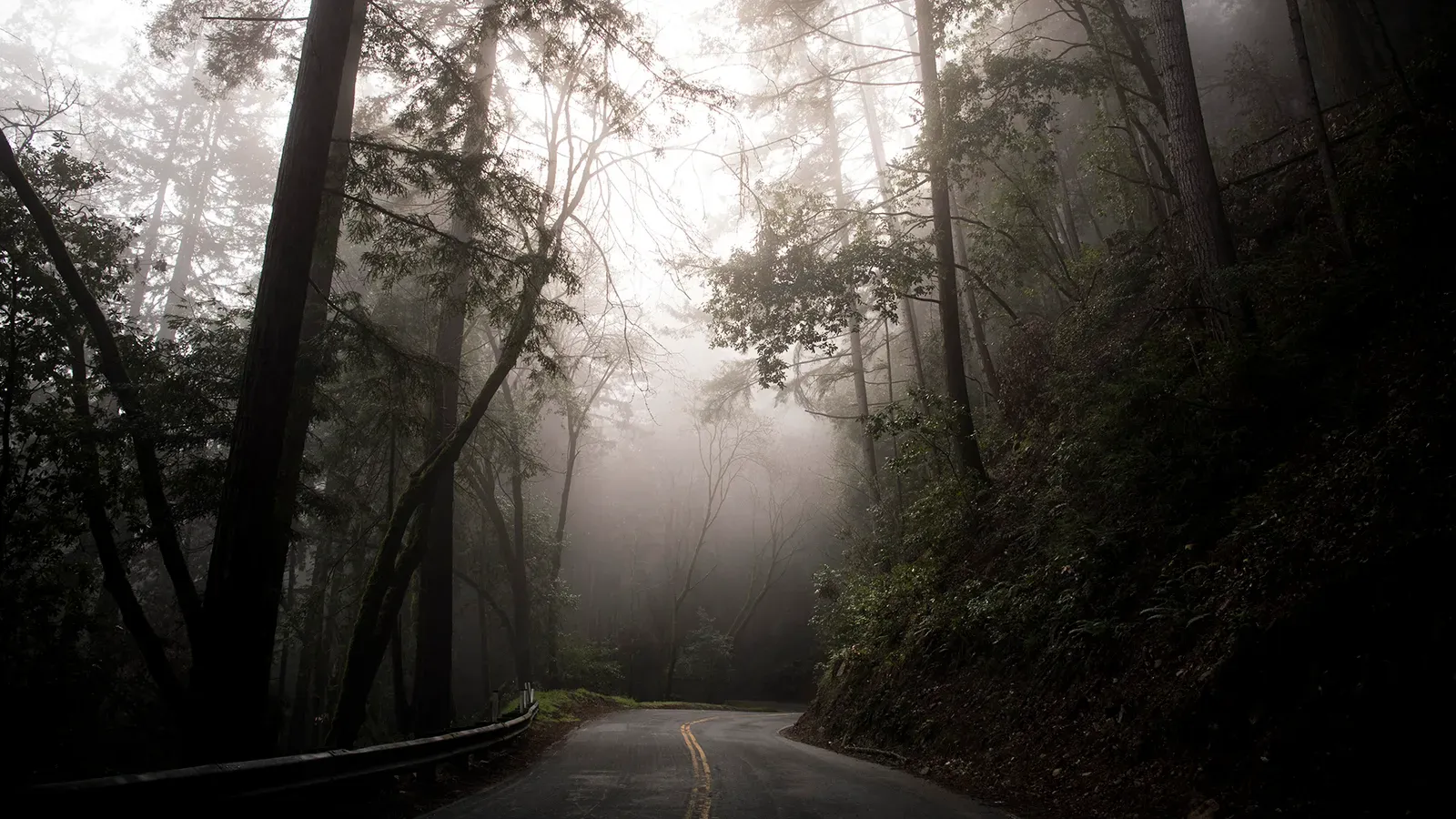
9th November 2023 - 15th November 2023
After setbacks caused by the pandemic, there has been significant worldwide recovery in the scale-up of diagnosis and treatment for tuberculosis. Last year, 7.5 million people were reached—the highest figure ever recorded—and the number of deaths fell t0 1.3 million, down from 1.4 million in 2021. Global efforts to combat TB have now saved over 75 million lives since 2000. WHO
For millennia, our ancestors suffered and died with tuberculosis, without knowing what it was, what caused it, or how to stop it. Today, we have knowledge and tools they could only have dreamed of. We have political commitment, and we have an opportunity that no generation in the history of humanity has had: the opportunity to write the final chapter in the story of TB.
Dr Tedros Adhanom Ghebreyesus, WHO Director-General
Since 2017, 226 million people in Africa have been protected from yellow fever via a single-dose vaccine that provides lifelong protection. 'We are making good progress after the disruption of the pandemic, but there is still work to be done to ensure that governments continue to prioritize yellow fever. It is possible to eliminate these epidemics in our lifetime.' WHO
The dominant story of global economics in the 21st century has been that improvements in standards of living have unfairly accrued to only a small elite, leaving much of the world’s population no better—or even worse—off in deteriorating circumstances. This is not true. The data unambiguously show that our world is not only better off but also becoming far more equal. Cato
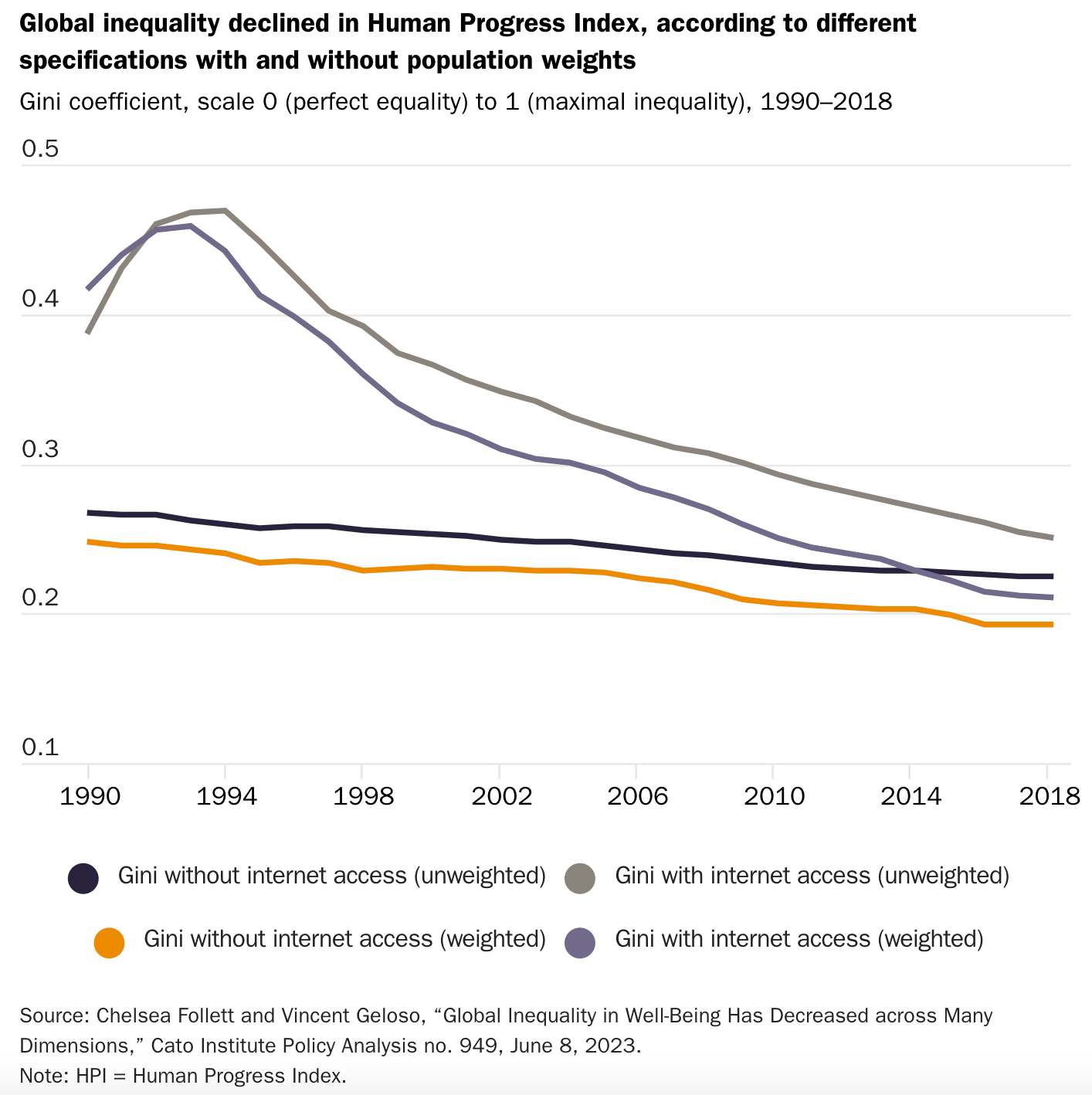
The Canadian Cancer Society just released a report showing that lung cancer death rates have decreased by 3.8% per year since 2015. This represents the largest annual decline in mortality rates across all cancer types, and the fastest decline in lung cancer mortality ever recorded. 'We are making considerable headway to reduce lung cancer deaths in Canada.'
The Latvian parliament has voted to allow same-sex couples to establish civil unions in a historic first for the Baltic nation. Officials voted on Thursday, 9th November to permit same-sex couples the right to have their partnership legally recognised, as part of legislation set to come into effect in mid-2024. Pink News
School feeding programs are some of the biggest social safety nets in the world. The EU just allocated funding to feed 2 million primary school students in Afghanistan; 287,000 children in London are now benefitting from free school meals; the Philippines has set aside $280 million for national school feeding programs; and Niger is rolling out free meals to all boarding school students.
Meet the team behind Nairobi’s vast school meals kitchen. As the four million residents of Kenya's capital city sleep, 'the largest green kitchen in Africa' comes to life in a building on the edge of the city’s industrial district, preparing 60,000 meals for children every day as part of the largest school meals program in Africa. Guardian
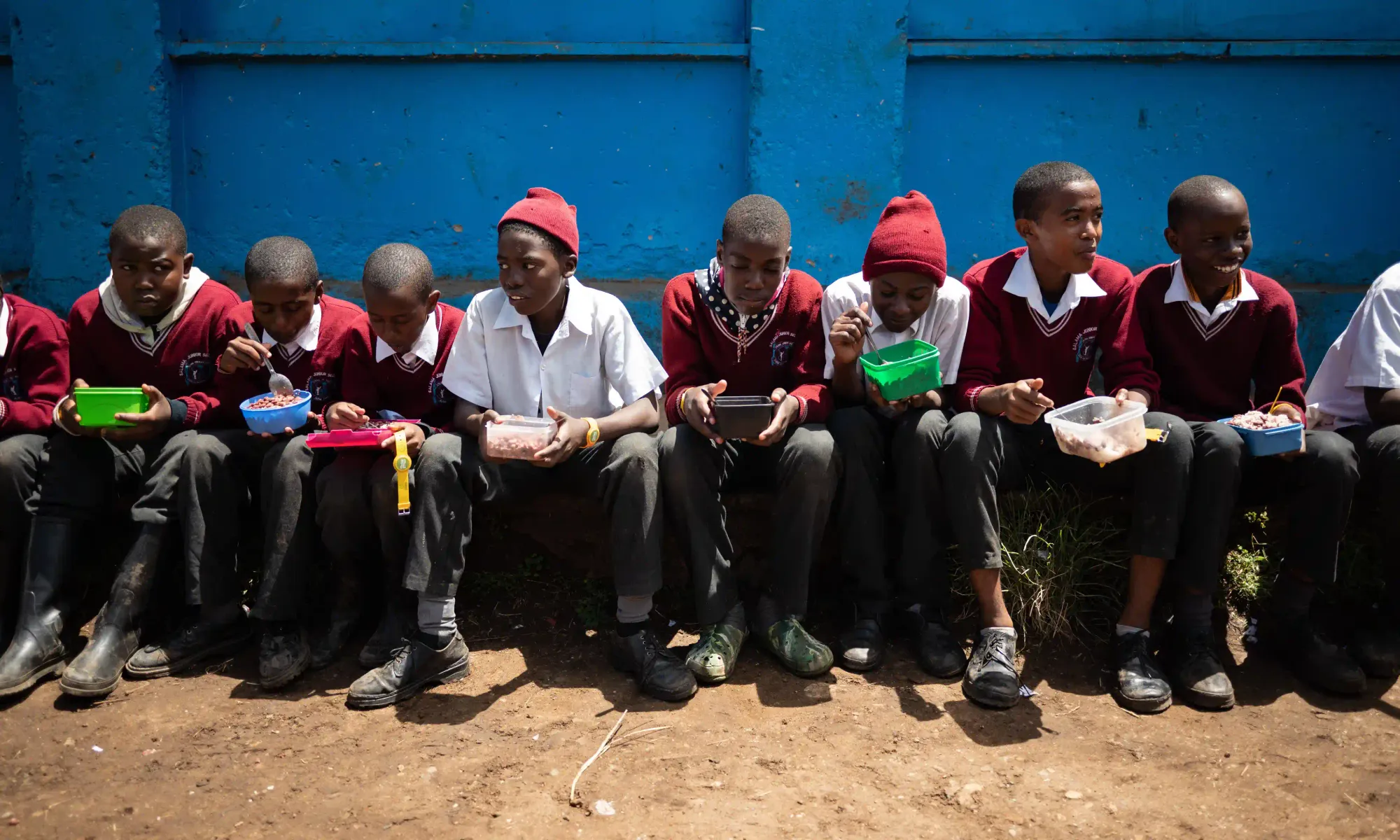
In the past fifteen months, voters in the United States have protected reproductive rights on ballot questions six times in a row, in Kansas, Montana, Vermont, California, Michigan, and Kentucky. Now they've permanently enshrined the right to abortion in Ohio and protected it in Virginia. The best way to think about what happened last week? Another big win for women.
Last year, economists predicted with 100% certainty that the US was going to enter a recession within a year. It did not happen. As it turns out, the big economic story of 2023 is not recession, it’s the disconnect between Americans' feelings and their behaviour. Bad vibes, good data. Everyone says they're pissed off, yet inflation-adjusted consumer spending is way above pre-pandemic trends. 🎁: Bloomberg
Pregnant women across the Democratic Republic of the Congo will be offered free healthcare. Women in 13 out of 26 regions will, by the end of the year, be entitled to free services during pregnancy and for one month after childbirth, and babies will receive free healthcare for their first 28 days under the scheme. Guardian
India's sanitation workers have won a major victory after the country's Supreme Court ruled that the practice of manual scavenging—referring to the removal of human waste from dry latrines and sewers with bare hands—should be completely eradicated. The ruling affects millions of people, 95% of whom are from an 'untouchable' caste, and 98% are women. Waging Non Violence
Approximately 60 million Ethiopians still lack access to safe drinking water, and over 112 million are without basic sanitation facilities. However, progress is happening. In the past decade over 10 million people have gained access to improved water and sanitation, and three major new projects are underway, representing a collective investment of approximately $1 billion. World Bank
A deep dive on Shakti, the free bus ride program for women in Karnataka, India. More than one billion rides have been used so far, women now make up more than half the riders on Karnataka's buses since the scheme began in June, and the state also asked for 5,600 more buses to be added to its fleet to meet the growing demand. 🎁: Bloomberg
China-US relations continue to improve, with progress on trade, military, and drug control. Don't believe it? Here's the view from China. A water conservation project has rejuvenated and beautified 163 abandoned wells in Tamil Nadu, India. Crime in the Philippines has plummeted this year. The number of kids in foster care in America is lower than it's been in decades. The lessons of Ohio's abortion rights victory. In 2019, Thailand introduced the rotavirus vaccine, and the following year infant deaths from diarrhoea fell by 20%. Women in the United States are gaining ground in the highest-paid occupations. High school completion rates have increased markedly for both on- and off-reserve First Nations people in Canada. The Asian country of Laos has made incredible recent progress on poverty reduction, maternal care, and education. The United States is more flood-resilient today than at any other point in living memory. In Paris, the number of people using bike paths has doubled in the last year, and during rush hour, bicycles now outnumber cars on some of the capital's main roads.
The EU has passed a landmark biodiversity law with targets to restore at least 30% of degraded habitats by 2030, 60% by 2040, and 90% by 2050. The legislation aligns with the COP15 biodiversity agreement and will address Europe’s land and water habitats, 80% of which are in a poor condition. France24
Deforestation in the Columbian Amazon is down 70% year-on-year, thanks to new environmental policies and initiatives like the Communitarian Multiactive Cooperative of the Common. Run by former fighters in the Revolutionary Armed Forces of Colombia (FARC), the group has already planted 125,000 trees, with another 250,000 trees ready in their cooperative nursery.
In recent years, Tibet has established 47 nature reserves and numerous wildlife breeding and rescue centres. As a result, endangered wildlife such as Yunnan golden hair monkeys and Tibetan red deer have shown remarkable recoveries, and the population of Tibetan antelope has increased from 70,000 to over 300,000 since the last century. CGTN
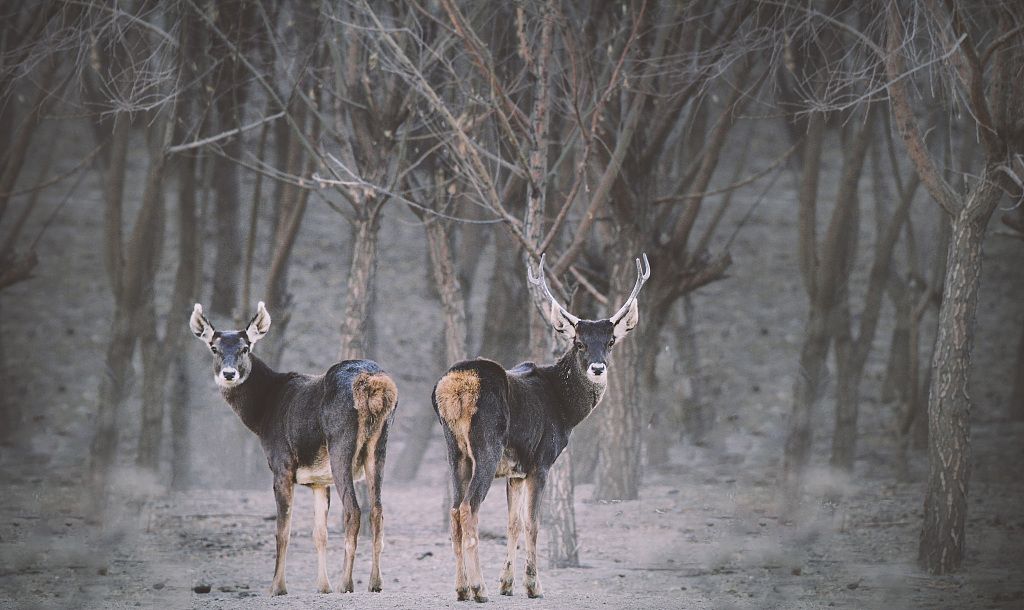
Shanghai has kicked off its first ‘wildlife conservation month’ to raise public awareness. It follows the passage of the city’s new law that focuses on establishing an asylum system for wild animals, improving wildlife habitats, and promoting community engagement on conservation projects. Shine
Voluntary cuts to Colorado River water usage by Arizona, California, and Nevada will be enough to prevent critically-low levels until 2026. Under the proposal, the three states will cut 3 million acre-feet over the next three years—about 14% of the region’s supply—in exchange for federal funding. Inside Climate News
Two decades ago, an ambitious rewilding project in Gorongosa National Park put girls’ education and female empowerment at the heart of its conservation blueprint. It was the first park in Mozambique to introduce female anti-poaching rangers and today provides internships and university programs to encourage girls to stay in education and challenge the tradition of early marriage. El País
If we want to see a generation of change, we need to focus on girls and women. If these children grow up understanding and benefiting from what the park is providing them, it’s one of our biggest ways of trying to send the message that they need to protect the environment, they need to protect the park.
Larissa Sousa, Associate Director of Communications, Gorongosa National Park
Forests across West Bengal, India, have been restored through a collective effort that started in the early 1990s with over a hundred villages. In 2017, the government scaled up the project to 450 villages, and today 6,000 acres of land have been re-greened with 66 species of commercial varieties of trees improving the livelihoods of 12,000 households. RTBC
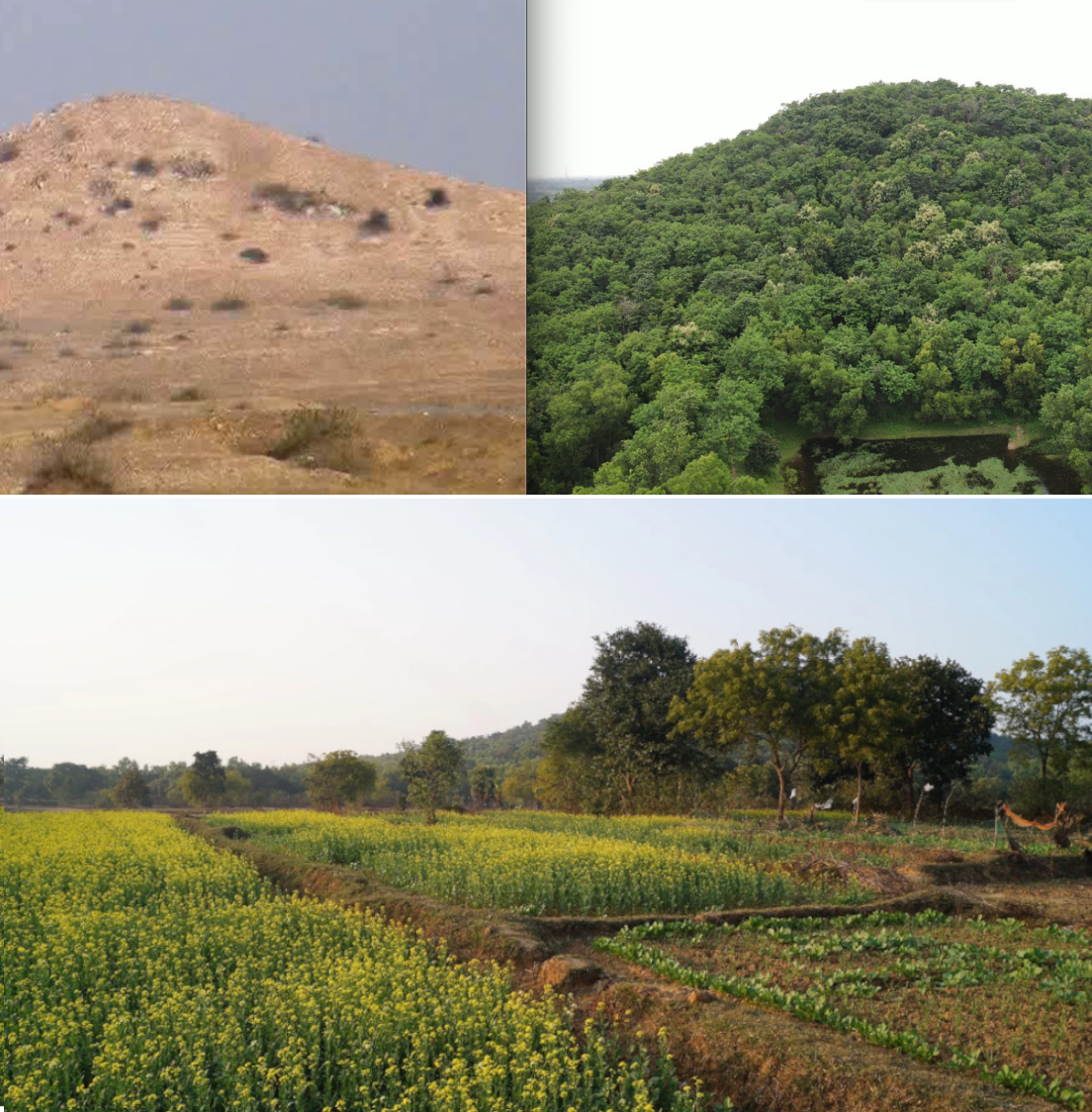
Indonesia, the world’s largest palm oil producer, will restore close to half a million acres of monoculture palm oil plantations to forest, and according to officials, the figure may increase. The country has also recognised, for the first time, 22,549 hectares of ancestral forests in Aceh, which will give communities legal protection to manage their forests in a sustainable manner.
Kenya celebrated its first national tree planting holiday on Monday, 13th November as part of a government initiative to plant 15 billion trees by 2032. The project includes an app called JazaMiti (Swahili for 'fill with trees'), which people can use to document their planting activity and find which tree species is suited to their location. Guardian
A charity will rewild an 18,500-acre sporting estate in Perthshire, Scotland, to recover habitats for iconic species such as the capercaillie; and in Cambridgeshire, England, one of the most ambitious restoration schemes in Europe will allow water to return to 9,000 acres of previously-drained fields to entice animals and birds back to the region, including voles and kingfishers.
For the first time this century, we will have a continuous corridor of natural wet fenland that will stretch over thousands of acres of the Great Fen.
Kate Carver, Manager, Great Fen Project
A petition to ban fur farming and sales across the EU has gathered over 1.5 million signatures and is now being considered by Parliament. The production of fur in the EU is already in sharp decline, with 14 member states having banned fur farming or implementing strict laws to ensure animal welfare. Euro News
And finally, we had to share this. It's a photograph titled ‘Wolves On The Hunt’ by Tobias Richter, and the winner of the Rewilding Europe Award, which celebrates photographers who capture rewilding efforts. The image depicts a family of wolves facing off against a boar family in the German countryside. Easily worth a thousand words.
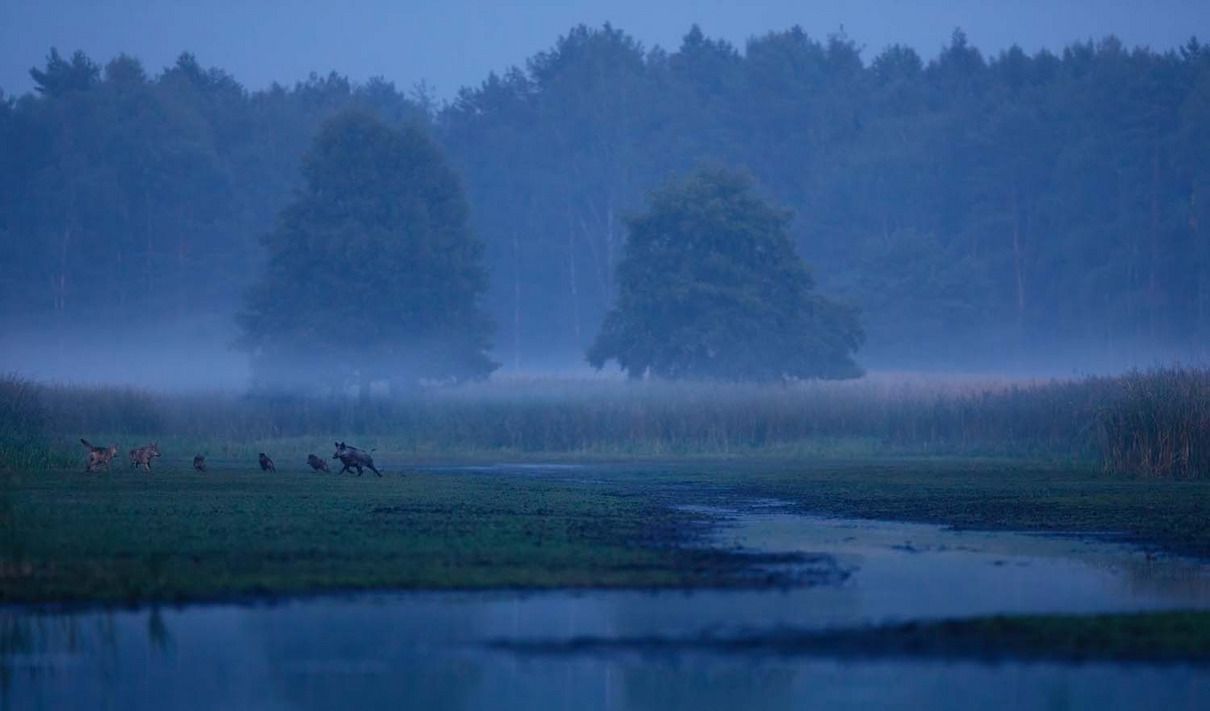
2nd November 2023 - 8th November 2023
Bangladesh has become the first country globally to officially eliminate visceral leishmaniasis, a life-threatening neglected tropical disease. The country achieved the WHO's elimination target of less than one case per 10,000 people in 2017 and has sustained it to date, despite disruptions caused by the COVID-19 pandemic. TDR
The WHO says that the endemic rubella virus has been eliminated from North Korea. The measles-rubella vaccine was introduced into childhood immunisation programmes in 2019, achieving more than 99.8% coverage in the target population of almost 6 million people. WHO
Onchocerciasis (also known as river blindness) is the world's second-leading infectious cause of blindness. Public health officials have been working for decades to address it, and efforts are starting to pay off. Treatment now reaches 400 million people a year; in 2023, Niger became the first country in Africa to eliminate it; and Senegal is now on track to become the second. WHO
Just gonna leave this one right here.


India is extending its free ration scheme, Pradhan Mantri Garib Kalyan Anna Yojana, for five more years, covering 800 million people. Under the scheme, which was started in April 2020 to help people deal with the pandemic, all poor families receive 5 kg of food grains every month. Reuters
The Ivory Coast has launched the second phase of its water programme, which will see the construction of 2,200 boreholes across the country. The new installations are expected to bring clean drinking water to an additional 900,000 people. Afrik21
In 1999, a cyclone killed more than 10,000 people in the state of Odisha, India. Since then it has built over 800 cyclone shelters and 120 coastal watchtowers; 1,200 coastal villages now receive warnings; more than 100,000 volunteers have been trained; and it has successfully managed through two super cyclones. World Bank
The US government is investing $16.4 billion into rail infrastructure between Boston and Washington, the largest rebuilding investment since the tracks were laid in the mid-19th century. The funding will help rebuild tunnels and bridges; upgrade tracks, station power systems, and signals; and advance projects to increase operating speed. Railway Age

London is now home to the largest low emissions zone in the world—1,500 km2 and covering nine million people—and it's making a real difference. There are 77,000 fewer higher-polluting cars a day compared to a year ago; NO2 levels have fallen by at least 18.4%; and cleaner air has already contributed to a 4.5% reduction in long-term health problems and an 8% decrease in respiratory issues.
The World Bank just approved $210 million to provide cash transfers and counseling services to improve nutrition and directly benefit about 1.7 million pregnant women and mothers of children under four years of age in vulnerable households in Bangladesh.
In 2010 Ethiopia made a commitment to ensure that all children had access to pre-primary education, particularly marginalized urban poor and rural children. In 2011 it launched O-Class, a one-year play-based preschool programme, and since then access to pre-primary education has increased from 5.3% to 44%. World Bank

Senegal is making great progress in public health. Since 1992, the country has cut its stunting rate in half; since 2000, the number of children who die before their 5th birthday has dropped by 70% percent; and since 2005, the number of women giving birth in healthcare facilities has increased from 62% to 80%. Gates Notes
It’s rare to get a standing ovation at a scientific conference. But on 22 October, cancer researcher Thomas Powles received two, after announcing a new combination of treatments that cuts the risk of death in people with advanced bladder cancer by more than half—an unprecedented result in a cancer for which survival rates have been almost unchanged since the 1980s. Nature
The Conkouati-Douli National Park in the Congo will be extended to include an ocean area off the Congolese coast. The marine extension will add 2,900 km2 to the existing land reserve, safeguarding marine turtles, dolphins, and humpback whales, and help reduce illegal fishing. Afrik21
Did you know that the UK has the fifth-largest protected marine estate in the world? Thanks to its Blue Belt Programme, over 4 million km2 of waters are protected, and the UK has also recently supported a moratorium on deep sea mining projects until sufficient scientific evidence is available to assess the impact of these activities. Prospect
Efforts by California, Arizona, and Nevada to reduce water use over the past year have improved conditions on the Colorado River. Arizona is on track to use about one-third less water, and California will be responsible for more than half of the total cuts. 'This is a victory for collaboration as an approach rather than conflict.' AP
The Klamath River is now flowing freely through Wards Canyon in Northern California, after crews finished removing the first of four dams this week as part of the world’s largest dam removal project. The other three dams slated for removal will come down next year. Politico

The return of 12,500 hectares of tribal land to the Penobscot Nation in Maine marks the largest contiguous tract that the tribe has acquired in more than four decades. It contains 85 km of streams in the watershed of the Penobscot River, which has been a traditional source of food and water. WBur
Good news for endangered plants! Conservation efforts on California’s Channel Islands have resulted in the Santa Cruz Island Dudleya and island bedstraw being declared fully recovered. And in the Northwest prairie, the Nelson’s checker-mallow has also made a comeback following a string of plant recoveries, including the Golden paintbrush and Bradshaw’s lomatium.
Cape Town is planning to extend 9 of its 19 nature reserves and create 6 new ones. Among the areas flagged for protection are the seaside resort of Soetwater, home to chacma baboons, and the Symphony Way Reserve near Cape Town airport. Cape Talk
Conservation financing is a gamechanger for halting ecosystem destruction. A $1 billion 'nature agreement' between British Columbia and Ottawa will protect the province’s old growth forests and serve as a model of collaboration with First Nations. Funding will also boost alternative economic opportunities for communities that rely on forestry for income. CBC
The ‘triumphant’ restoration of Wullar Lake, one of Asia’s largest freshwater lakes, has resulted in the return of over 50,000 migratory birds last year. Among the sightings were black-headed gulls and long-tailed ducks, not spotted in the region since 1939. Kashmir Convenor
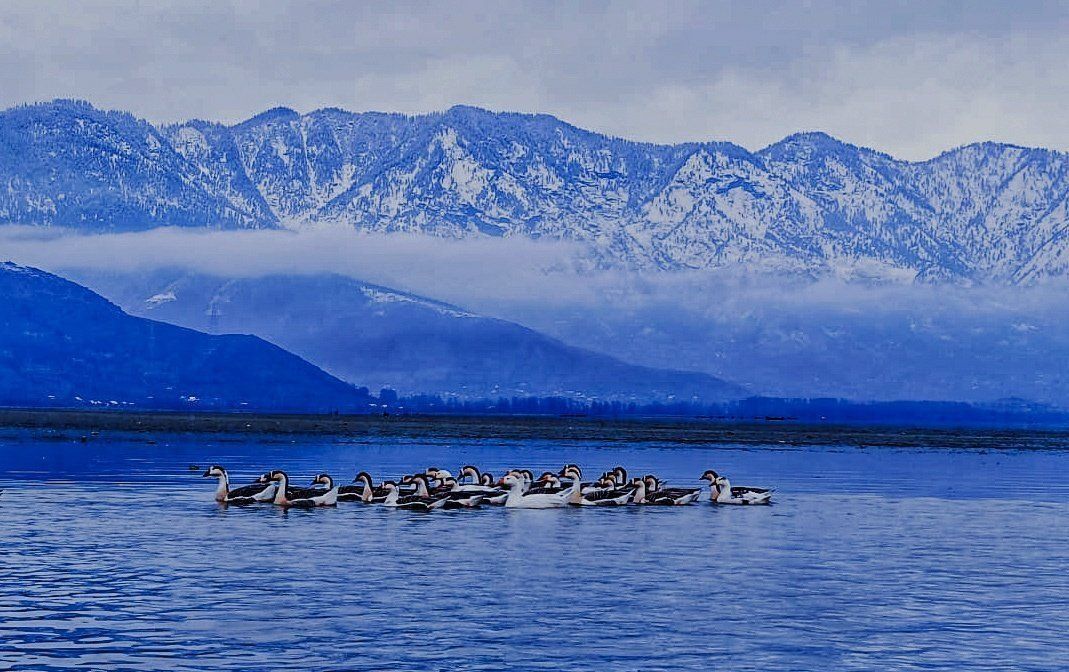
A growing movement of guerrilla rewilders across the UK is secretly breeding butterflies, birds, and beavers and releasing them across the country. Outraged by the government’s lack of action, the group takes credit for returning wild boars to southern Scotland and pine martens to the outskirts of London, after decades on the brink of extinction. Positive News
Bhutan has become the first country in the world to completely sterilise and vaccinate its entire stray dog population. A global animal charity, the Humane Society International, helped implement the programme, which has treated over 150,000 strays and microchipped 32,000 pet dogs since 2009, in an effort to control rabies and eliminate the suffering of abandoned dogs. Down To Earth
For the past two decades, a sea turtle rehabilitation project in Dubai has safely returned over 2,100 turtles to the Arabian Gulf. Annual figures have averaged over 100 rescues, mostly of critically-endangered Hawksbills and Green turtles. The centre also uses satellite technology to track rehabilitated turtles in order to support global research efforts. Media Centre
A massive initiative is underway to combine generations of Inuit knowledge and cutting-edge technology to protect and map 15,000 km2 of marine area off the coast of Torngat Mountains National Park. The area is a transition zone between Arctic and Atlantic habitats as well as a habitat for migrating ringed seals, narwhals, and minke whales. Narwhal
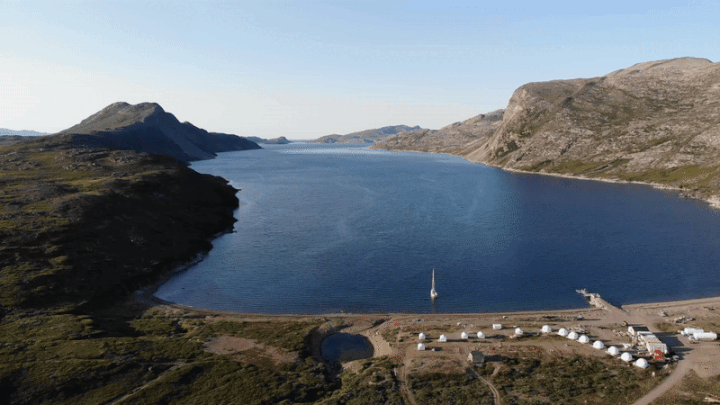
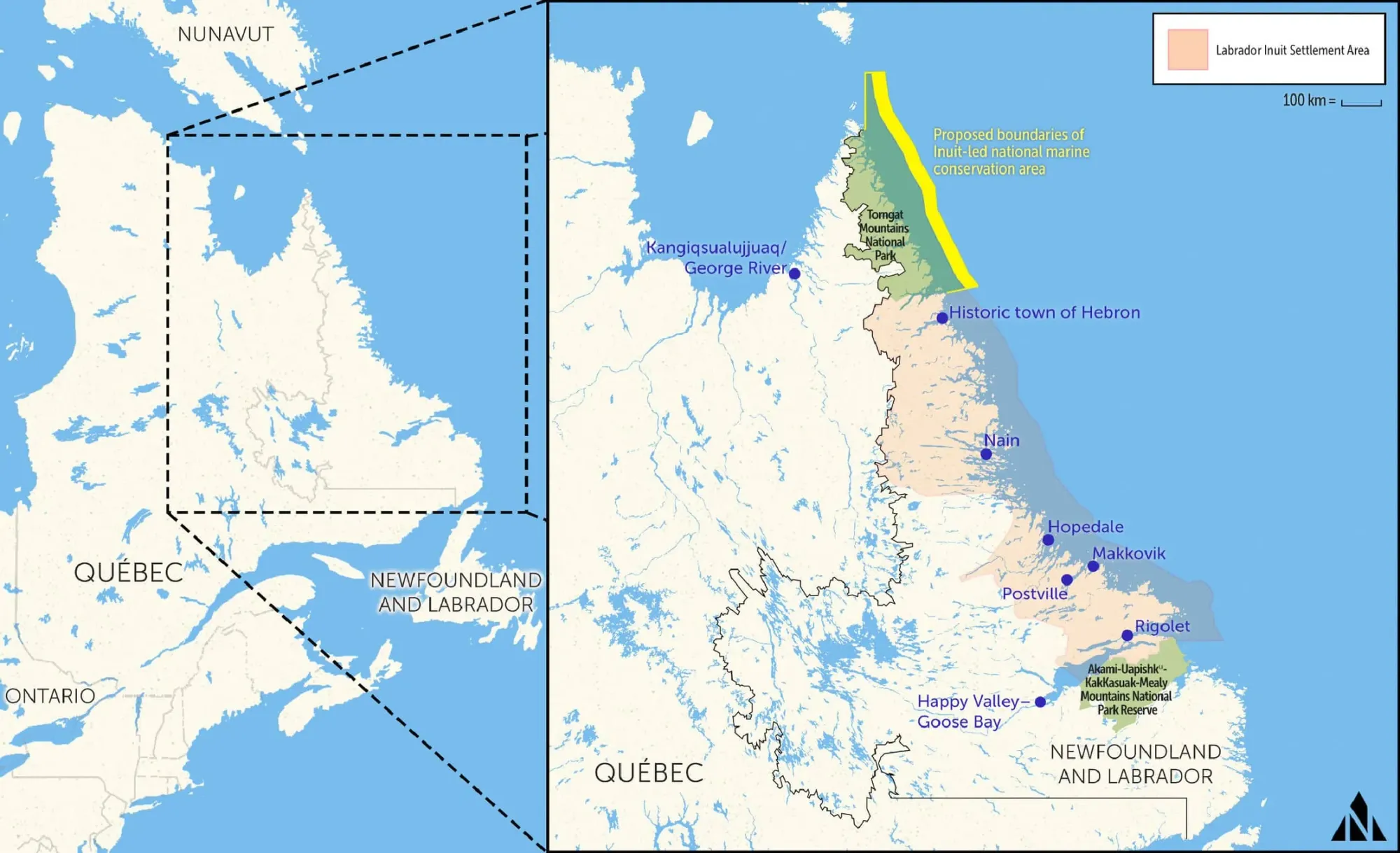
26th October 2023 - 1st November 2023
A massive new study has shown that the Mosquirix vaccine for malaria has cut deaths among young children by 13% and reduced severe cases by 22% during its four-year pilot rollout to two million kids in three countries. Epidemiologist Mary Hamel: 'The results are so remarkable I was surprised I didn’t hear any gasps when it was stated.' Science
Emmanuel Macron has promised that full reproductive rights will be enshrined in the French constitution by next year. The government will submit a draft text to the country's highest court within days. 'In 2024, the right of women to choose will become irreversible.' Guardian
The WHO just released a report on 'a decade of success' in responding to neglected tropical diseases in Africa. This is one of the great public health stories of our time. In 2023, 88 million fewer people in Africa require interventions against NTDs than in 2013. 'The successes of the past decade are built on over 70 years of shared experiences and learnings.'
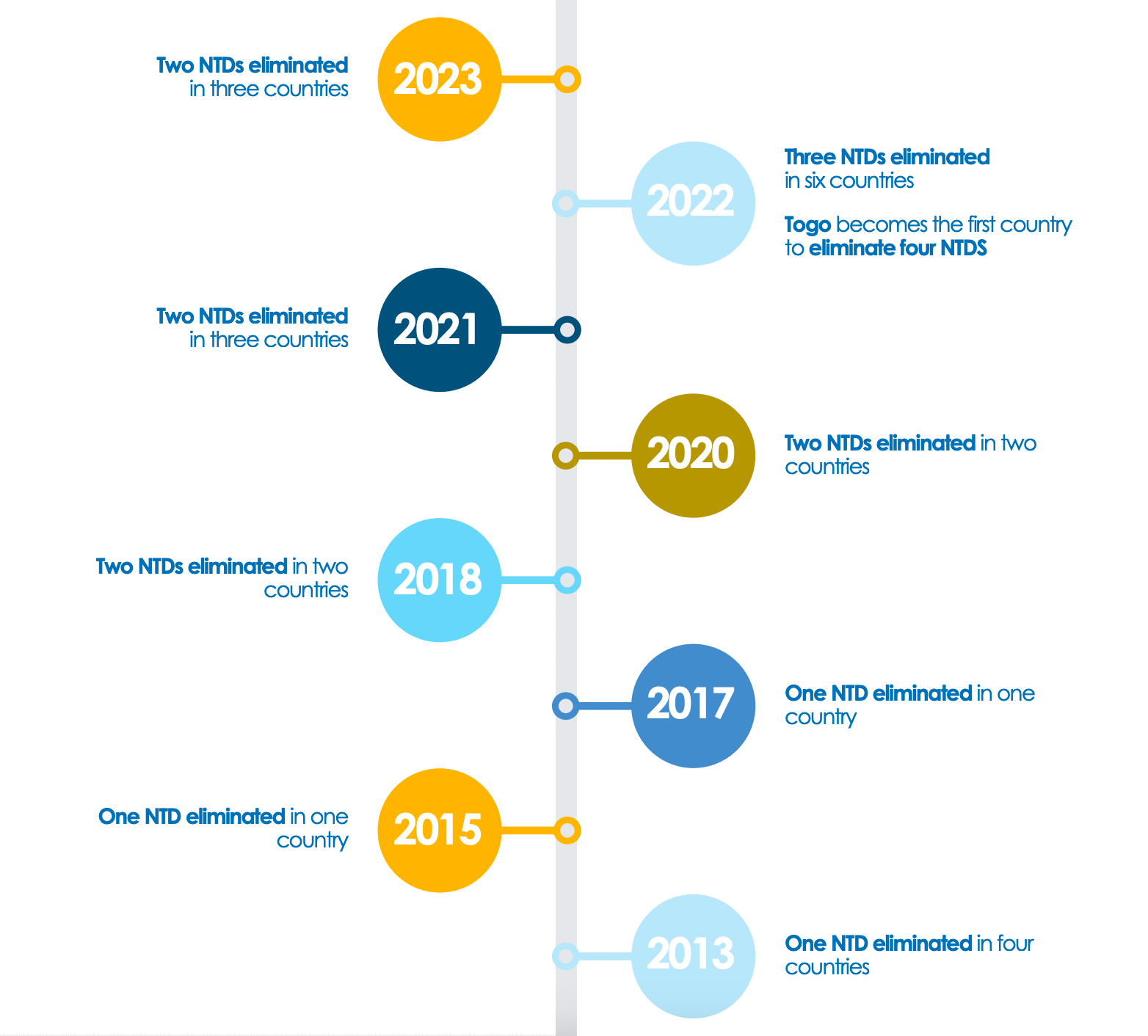
Last week, Nigeria introduced the human papillomavirus vaccine into its routine immunisation schedule, aiming to reach 7.7 million girls in the largest single round of HPV vaccinations across Africa. Under the new immunisation protocol, all girls aged 9-14 will receive the vaccine, which prevents at least 70% of all cervical cancers. UN
Open defecation is the practise of defecating in fields, forests, bushes, bodies of water, or other open spaces. Eliminating it is one of the top SDG priorities, and humanity is making great progress. Between 2000 and 2022, the number of people practising open defecation globally fell from 1.3 billion to 419 million, a reduction of more than two-thirds.
Thanks to a new law, California will now guarantee time off work following a miscarriage or other reproductive loss, including failed adoption, in-vitro fertilisation, or surrogacy. This new law ensures leave for grieving and recovering would-be parents and was passed with largely bipartisan support. Bloomberg
Tanzania is making incredible progress on electrification. Since 2017 it has laid more than 900,000 new connections, providing over 4.5 million people with access to electricity. Among these are 1,664 healthcare facilities and 5,900 education facilities. Overall access has increased from 7% in 2011 to 37.7% in 2020, one of the fastest access expansion rates in sub-Saharan Africa. World Bank
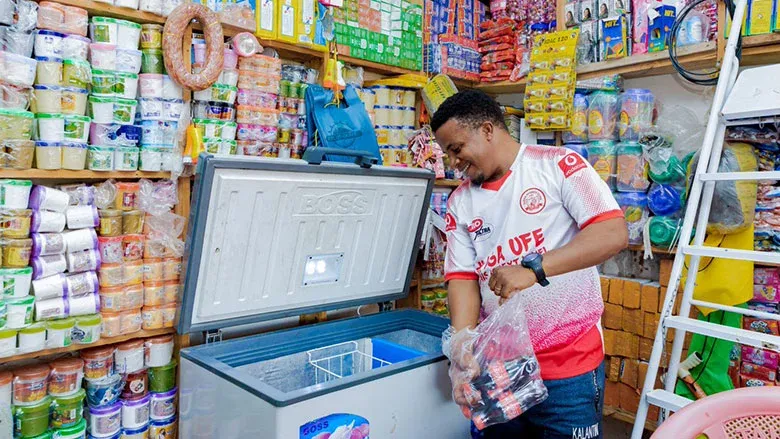
A vast project is underway in seven countries in northern Europe to combat isolation by promoting inclusion. Twenty-five organisations and companies are taking part in the project, with some initiatives aiming to overcome solitude and isolation among young people, and others among senior citizens. Euro News
Despite the widely-held belief that dementia is destined to rise exponentially as global populations age, in the developed world at least, the prospects of avoiding it are much better than they were a generation ago. In Europe and North America, incidence has fallen by 13% per decade over the past 25 years, and that trend is now showing up in other countries too. 'There is reason for hope.' FT
Underreported news: incarceration rates in the US have been declining steadily over the course of this century. From 2000 to 2021, the imprisonment rate fell by 70% for Black women and by 48% for Black men. There's still a long way to go to overcome racial inequality, but this is genuine progress. The 19th
Yes, everything in America is awful, apart from the fact that GDP growth reached 4.9% in the third quarter; the unemployment rate continues to hover near record lows; the prime-age employment rate is near record highs; inflation has come way down and is now very close to being normalised; American workers have gotten substantial raises since 2019 (adjusted for inflation), with particularly strong gains for low-wage workers; and gains from the last three years have eliminated around a quarter of the country's increase in inequality from the last four decades.
Why is everyone so pissed off? Because it's a vibecession, not a recession.
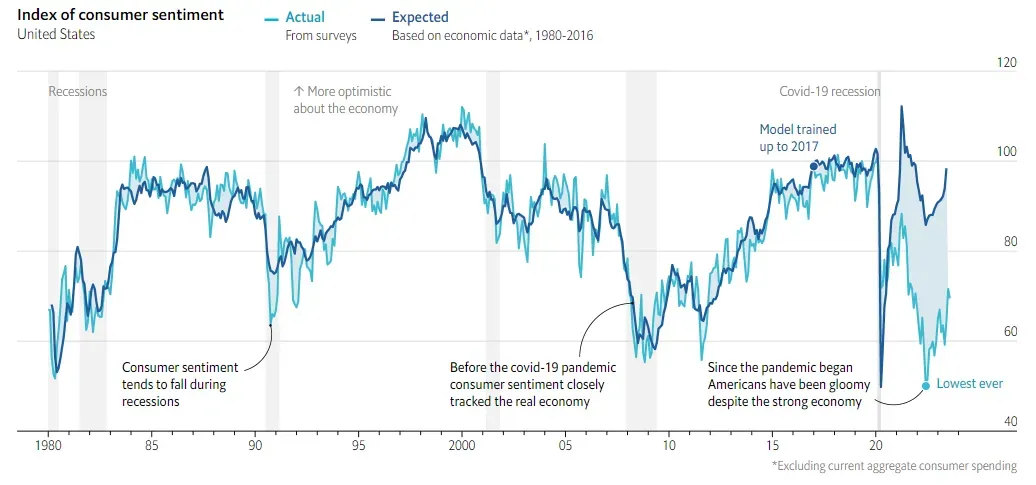
One side effect of the lowest unemployment rate in 50 years is that US workers have a lot more power. A strong job market has allowed unions to stake out more aggressive bargaining positions, and it's working—the United Auto Workers just won a massive victory against the Detroit automakers, hot on the heels of a big win for the International Brotherhood of Teamsters back in August. NYT
China-US relations might be thawing, with Xi calling last week for more stable bilateral ties built on the principles of 'mutual respect, peaceful co-existence and win-win cooperation.' The amazing story of how Kazakhstan eradicated malaria. A relatively bullish case for Latin America. More people in the United States are getting access to PrEP, a major plank of the initiative to end HIV by 2030. How activists in Kentucky stepped in to deliver on the promise of voting rights restoration. Maine’s violent crime rate was lower in 2022 than it’s been in four decades. Columbus, Ohio just wiped out $335 million of medical debt for 340,000 people. A Hong Kong court ruled that same-sex couples hold equal inheritance rights. In the last two weeks, Pride marches have taken place in Mauritius (to celebrate the recent decriminalisation victory), in Johannesburg (in solidarity with Ugandan and African LGBTQ people), and in Taiwan (176,000 people, the largest march of its kind in Asia).

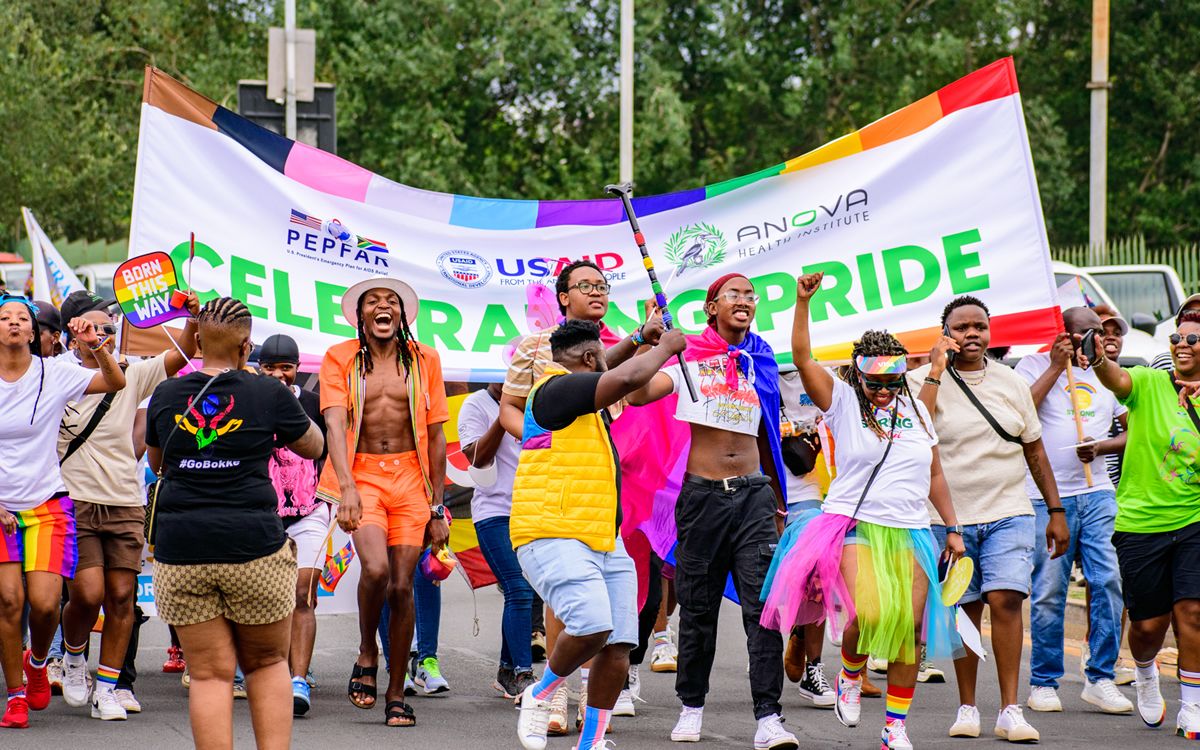


Clockwise from top left: Mauritius' annual Pride parade on 21st October 2023, Johannesburg Pride on 29th October 2023, Taiwan's Vice President Lai Ching-te in the Taiwan Pride on 29th October 2023, and another photo from the same even
New Caledonia will protect 10% of its economic exclusive zone to safeguard coral reefs, seamounts, and a deep-sea trench from industrial activities. A decade ago, the 1.3 million km2 zone was established as a marine protected area, but there were still exceptions. The new protections will preserve habitats for species including whales, turtles, and seabirds. Mongabay
The EU will halve pesticide use by 2030, and pesticides deemed ‘hazardous’ will be cut back by two-thirds compared with 2013-2017. The use of pesticides in designated sensitive areas like public parks, schools, and protected sites has also been banned. Le Monde
The Titanho Nijaamu La Libertad Indigenous Reserve in the Colombian Amazon has been expanded by 21,921 hectares, bringing the total area to 24,681 hectares. The reserve’s four Indigenous groups have fought for 25 years to protect the area, which is home to endangered aquatic mammals like the Amazonian manatee and the Pink River and Tucuxi dolphins. Andes-Amazon Fund
Milan is planning to ban cars in its city centre from 2024, including the Fashion Quadrilatero, where many of the high-end boutiques are located, to tackle rising pollution levels. The city follows the lead of Stockholm, which announced a similar initiative last month. Euro News
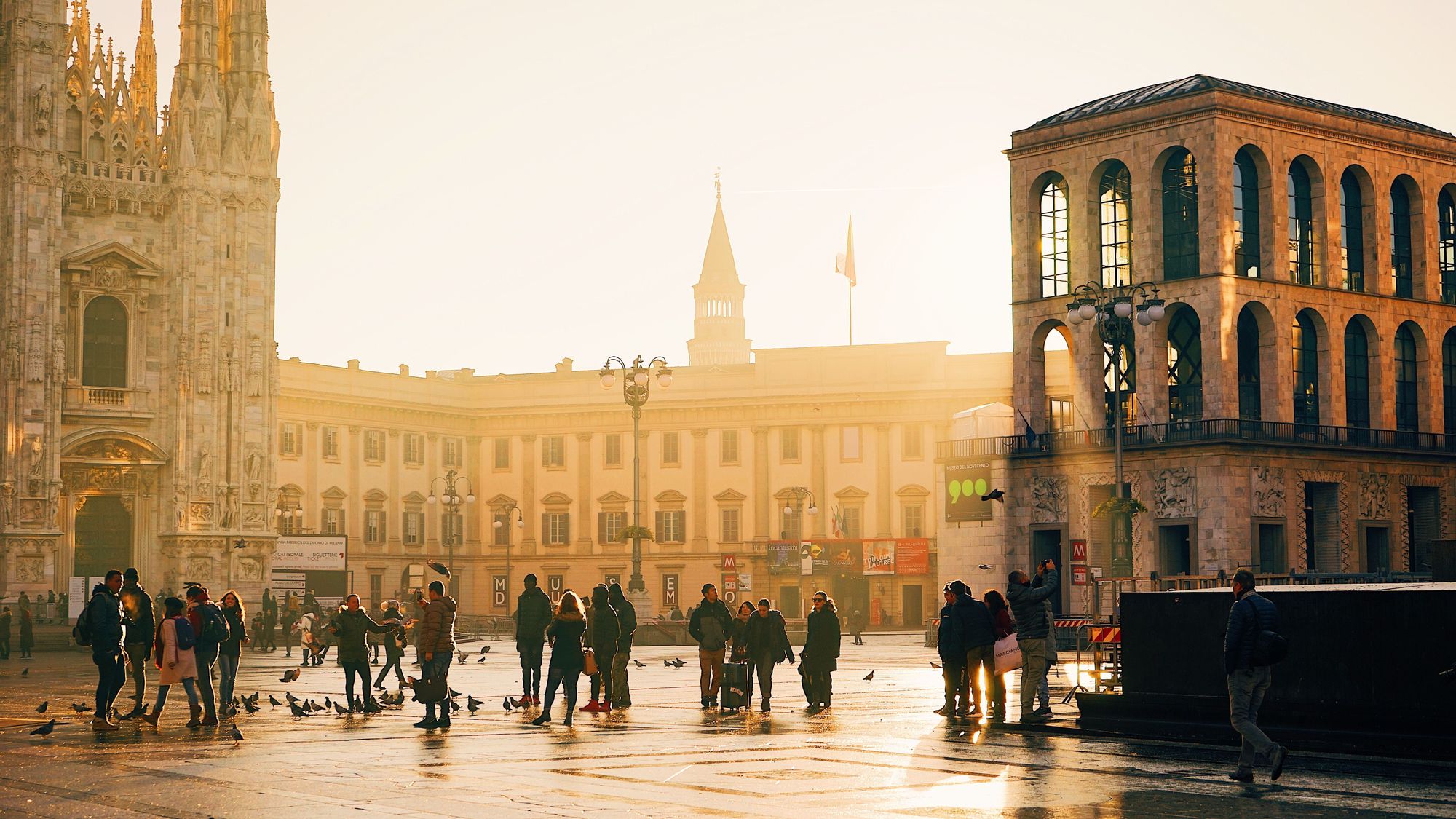
China is ramping up its marine environmental monitoring with a coordinated effort across all levels of government and more penalties for violations, and Honduras has implemented its first national strategy to protect coastal wetland ecosystems, including mangroves, marshes, and seagrass beds.
British Columbia will protect old-growth forests thanks to a $300 million fund for Indigenous Conservation. The money will help conserve critical habitats for endangered species like the spotted owl and southern mountain caribou, while promoting cultural and eco-tourism ventures and non-timber forest product harvesting. Narwhal
Three nurseries in São Paulo are producing around 1.5 million native seedlings each year to green the city with rare and endangered native plants. The seedlings are used to landscape squares and streets, with local schools taking part in a collaborative planting of almost 10,000 trees in underprivileged areas of the city. Mongabay
Around the world, rewilding efforts are focusing on abandoned golf courses. In the United States, course closures have outweighed new openings every year since 2006, creating excellent opportunities for conservationists to repurpose them into landscapes that boost biodiversity. CNN
The 195-acre Valley View Golf Course in Akron, Ohio, is being restored and rewilded.
A 'Global Declaration for River Dolphins' has been signed by 11 Asian and South American countries to save the world’s six surviving species of river dolphins from extinction. The landmark agreement will help eradicate gillnets and reduce pollution in rivers, including the Amazon, Ganges, Indus, Mekong, and Yangtze. Khmer Times
Around a billion birds in the US die each year from flying into windows and glass walls, and now efforts are underway to make cities more bird-friendly. Businesses in 48 cities are taking part in 'lights out' programs to dim lights during spring and fall migrations, and new constructions are incorporating bird-friendly glass. Yale360
Proving that slow and steady wins the race, decades after protection measures were first introduced, the number of sea turtle nests across Florida has increased exponentially. Space Coast has just recorded over 52,500 nests, and the Archie Carr National Wildlife Refuge has seen a 195% increase in green sea turtles, one of the most threatened species of turtles. ABC
Across the UK, local wildlife restoration projects are boosting the populations of endangered small mammals, invertebrates, and birds; and in France, the successful reintroduction of brown bears to the Central Pyrenees in 1996 has resulted in 76 bears currently roaming the mountain range— the highest number for a century.
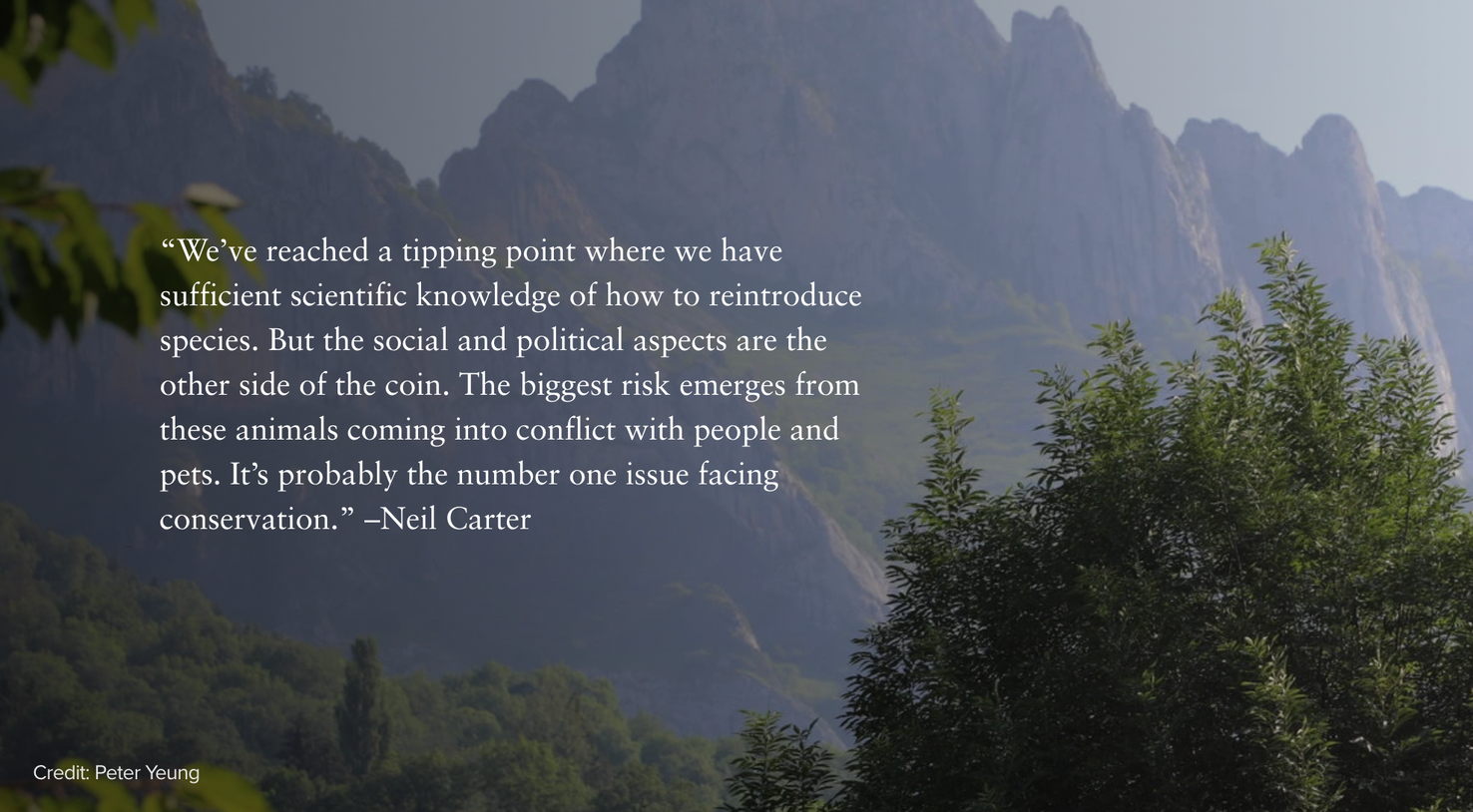
19th October 2023 - 25th October 2023
The next time you're on your phone looking at all the ways the world is broken, remember this: globally, there are 50 million more girls in school today than there were in 2015. Completion rates for girls have increased from 86% to 89% in primary school, and from 54% to 61% in high school. There are five million more girls completing each level of education every year now compared to seven years ago. Bad news happens suddenly. Good news happens slowly. UNESCO
Between 2002 and 2022, the Global Fund saved over 59 million lives through its HIV, TB, and malaria programs. Last year the fund achieved record-breaking results: 24.5 million people received antiretroviral treatment for HIV, 6.7 million people were treated for TB, and 220 million mosquito nets were dispersed to at-risk communities.
Between 2018 and 2022, Mozambique exponentially increased its number of community health workers, from 1,000 in 2018 to 8,300 in 2022. Together, these community health workers now reach an estimated two million households countrywide, up from 240,000 households in 2018. World Bank
Between 2013 and 2021, cases of measles in Indonesia decreased by 95%, from 33.2 to 1.4 cases per million, and rubella incidence decreased by 89%, from 9.3 to 1.0 cases per million. Progress was set back in 2022 due to disruptions in immunisation services caused by the pandemic, but efforts are now back on track. WHO
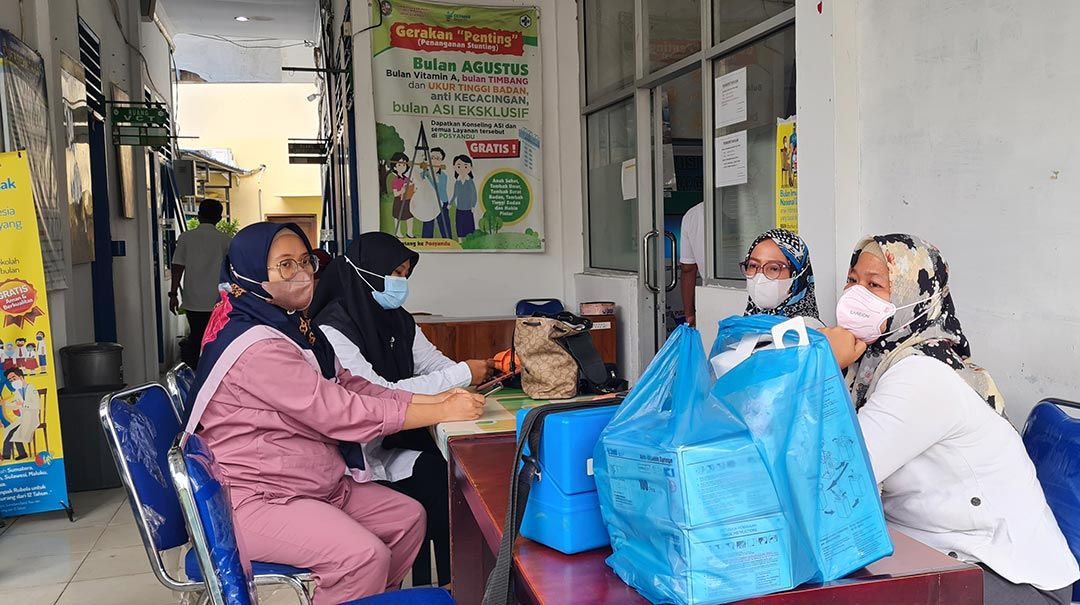
California has approved a new law that makes it possible for residents to ask data brokers to delete their personal data or forbid them to sell or share it. Californians had similar rights under a 2018 state law, but they had to ask each company individually. Now they can make a single request. By August 2026, data brokers will have to check for and honour all requests every 45 days.
The proportion of people in Africa living in shanty towns has fallen from 71% of the urban population in 2003 to 60% today. This is primarily due to North African countries, where the proportion of slum dwellers has fallen from 20% to 13%. In sub-Saharan Africa, the proportion living in shanty towns has fallen by 5%. Afrik21
In 2015, the equivalent of 9% of global GDP was held in tax havens. Today, thanks to the automatic exchange of bank information, this is down to around 3%. There's still a long way to go on a global minimum corporate tax and taxation on billionaires, but this shows that progress can be made when there's the political will to do so. EU Tax Observatory
The UK's Office of National Statistics says that crime in England and Wales has fallen to its lowest level ever recorded, with incidents of violent crime falling by 28% for 2023, up until June. A separate survey, which polls members of the public, suggests theft has dropped by 20% and incidents of anti-social behaviour are down 15% compared to pre-pandemic levels. BBC
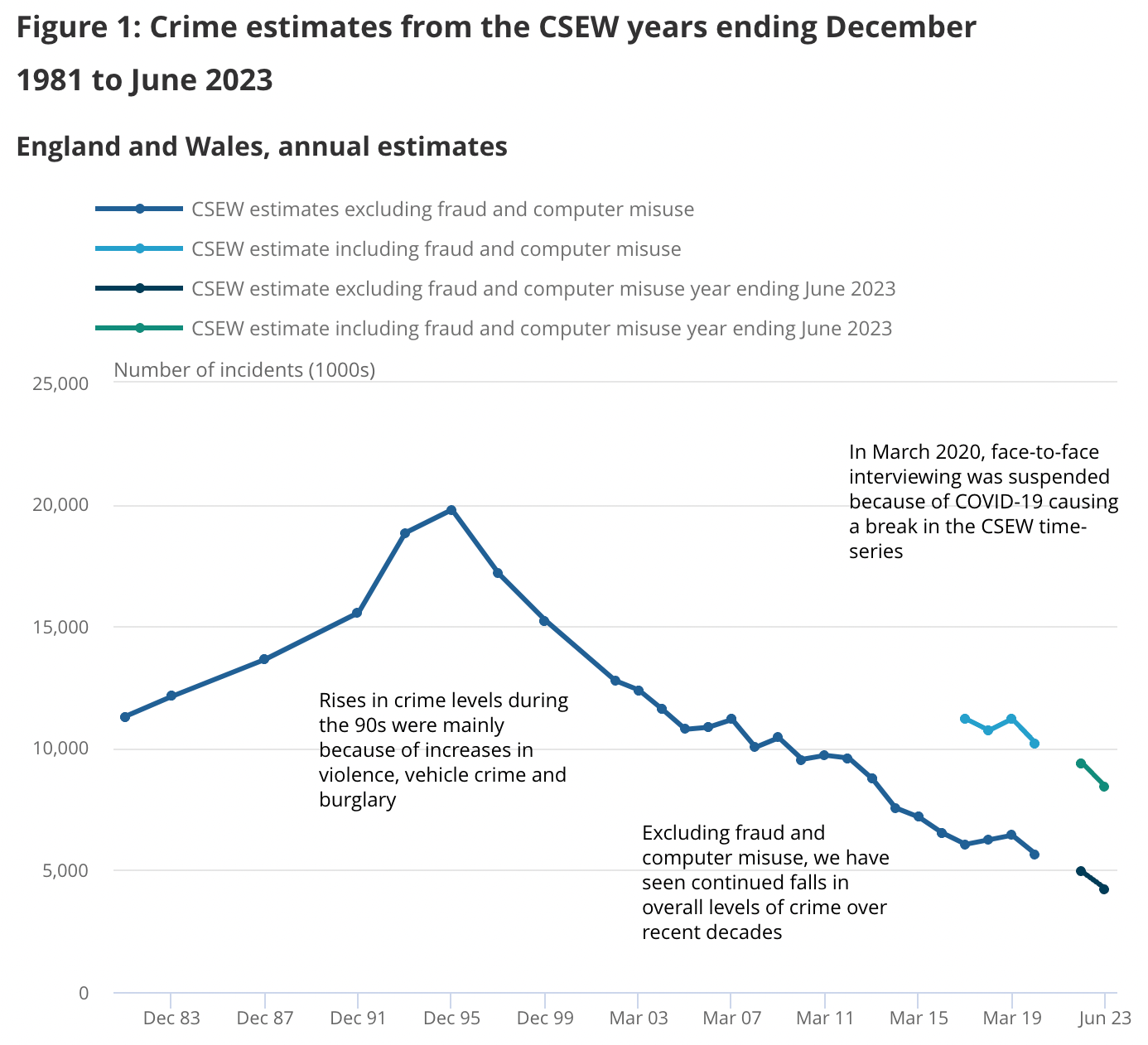
Over the last decade, Americans with disabilities have made major progress in finding work and gaining qualifications. The share of those who held full-time employment rose from 20.9% in 2010 to 26.9% in 2021, and the share who hold at least a bachelor’s degree grew from 12.2% to 17.9%. Both are the highest numbers on record. GZero
A rare bit of good news from South Africa. The proportion of people over the age of 20 years with no formal education fell from 19.1% in 1996 to 6.9% in 2022. During the same period, the proportion of people completing high school rose from 16.3% to 37.6%, and those completing tertiary education rose from 7.1% to 12.2%. SA News
Scientists say they've made the biggest breakthrough in treating cervical cancer in 20 years, using a course of cheap, existing drugs ahead of radiotherapy treatment. Trials show the new therapy cut the risk of women dying or the cancer returning by more than a third. Cancer Research UK has called the results 'remarkable.' BBC
Crash and fatality rates among drivers under 21 have fallen dramatically in the United States during the past 20 years. Between 2002 and 2021, fatal crashes involving a young driver fell by 38%, while deaths of young drivers dropped even more, by about 45%. AP
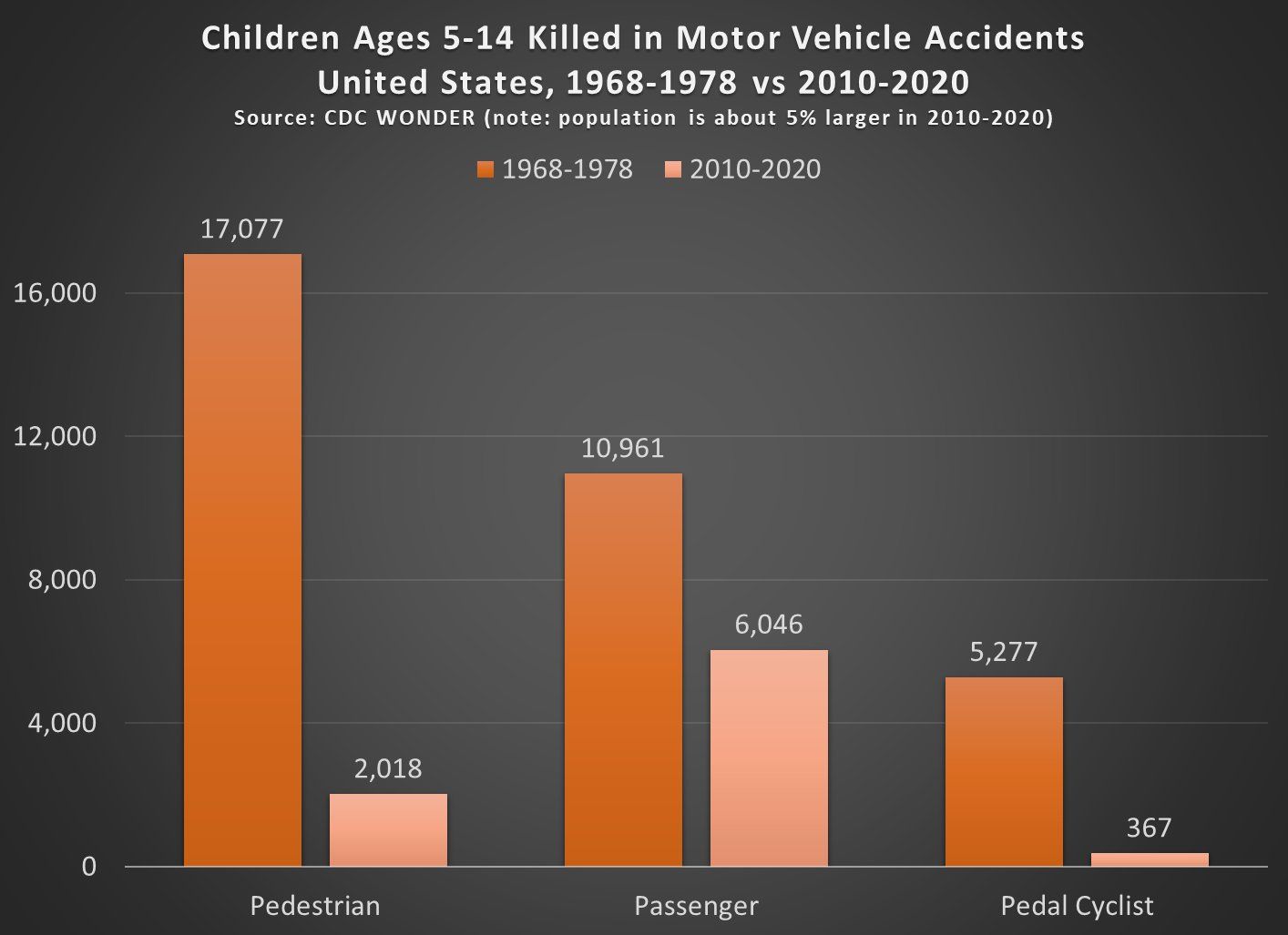
Even more good news you didn't hear about
The World Bank is injecting over a billion dollars into African healthcare, focusing on mothers, children, and refugees. In 2009, Norway began offering all girls the HPV vaccine. That first cohort is now 25 years old, and none of them has had cervical cancer. The Lao People’s Democratic Republic has successfully eliminated lymphatic filariasis as a public health problem. In July this year, Maryland passed a law providing free health coverage to all pregnant people, regardless of immigration status, and thousands have already enrolled. New Orleans has experienced an astonishing decline in gun violence this year,. Denver experimented with giving people $1,000 a month, and it reduced homelessness and increased employment. In Chicago, 5,000 people received monthly cash payments of $500 from the city for a year and it made a big difference. Young people in California are committing way less crime than previous generations. Philadelphia will become a safe haven for trans people, and a federal court in Washington has ruled that transgender convicts must be given access to quality gender-affirming care.
Over two decades of conservation efforts in China have paid off, with 29,200 hectares of mangroves recorded last year, an increase of 7,200 hectares since 2000. This makes it one of the few countries in the world with a net increase in the size of its mangrove forests. China Daily
The population of critically-endangered North Atlantic right whales appears to have levelled off after a decade of steep decline, according to updated data released this morning by Canadian and American scientists. 'The slowing down of the decline is sort of the first good news that we've had in a long time.' CBC
Following the EU ban on its fishery products earlier this year, Cameroon has stepped up its fight against illegal fishing with revised legislation and heightened surveillance. The ban has spurred widespread action to protect the marine ecosystems and coastal livelihoods that are impacted by illegal fishing activities. Fair Planet
New Zealand is expanding its area of protected ocean by more than two-thirds with six new marine reserves planned for next year. The new reserves will protect habitats for species such as the yellow-eyed penguin, the Northern royal albatross, the New Zealand sea lion, sponges, sea squirts, and reef fishes. RNZ
This ensures we can uphold our cultural traditions and retain an intergenerational connection with our moana, without alienating our whānau from their ancestral fisheries, like what has happened when other marine reserves have been established.
Te Rūnanga o Ngāi Tahu Deputy Kaiwhakahaere Matapura Ellison
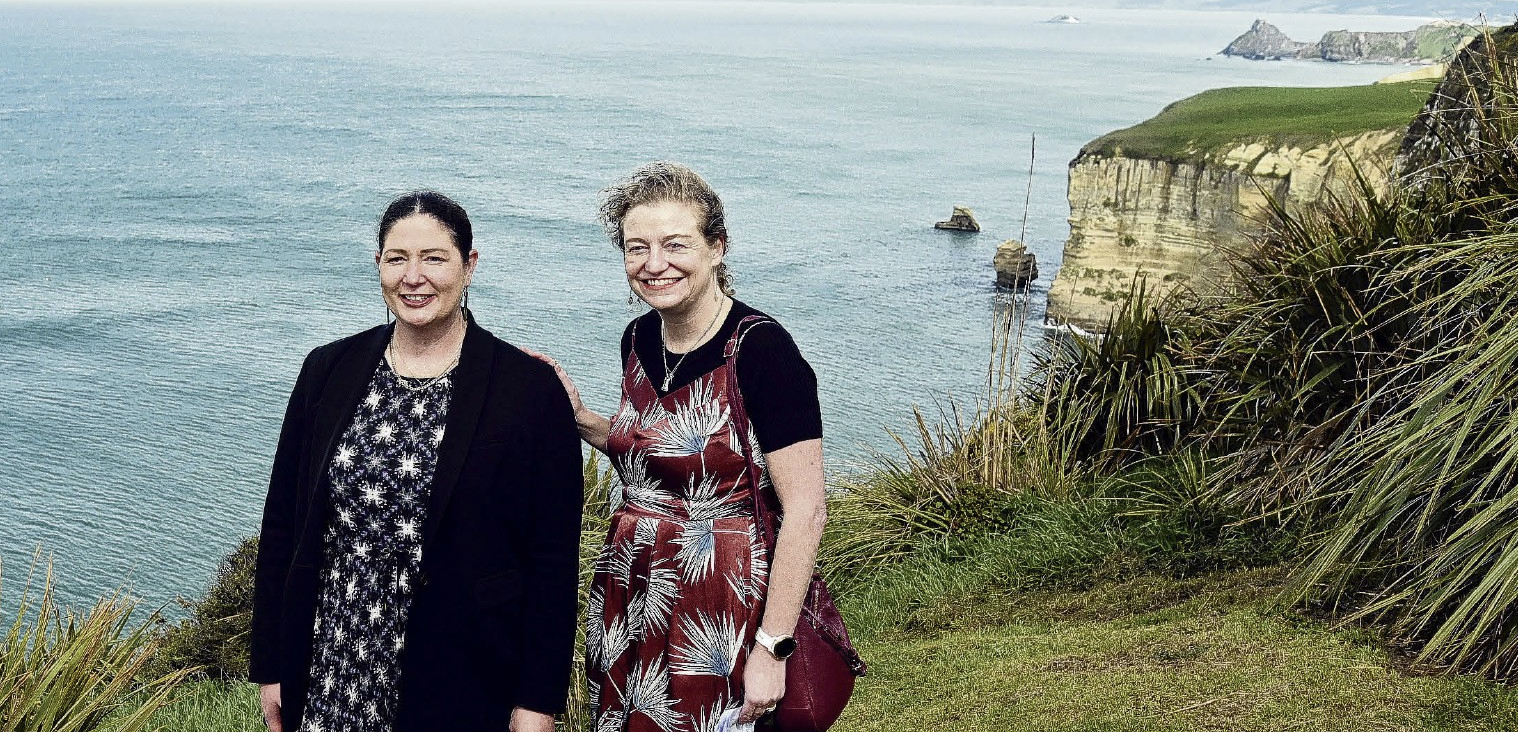
A historic victory for animal rights in Wales, with a total ban on snares and glue traps. The ban is the first of its kind in the UK and will end the suffering of non-target animals who often get caught, including wildlife, pets, and farm animals such as sheep and lambs.
A win for wildlife across California, with a new law banning diphacinone, a first-generation rat poison developed before 1970. Mountain lions, coyotes, and other animals have become unintended victims after eating smaller animals that have consumed the rat poison. The law expands on a 2020 bill that banned second-generation rodenticides (developed after 1970). West Observer
Malaysia is cracking down on wildlife poaching and trafficking. The recent arrest of Teo Boon Ching, a notorious trafficker, is expected to make a dent in the illegal global trade. The Wildlife Crime Bureau has been granted more power and this year has recorded 192 wildlife crime cases, arrested 175 people, destroyed 181 wildlife traps, and identified 485 signs of encroachment. NST
Idaho has established its first Backcountry Conservation Area to 'support wildlife-dependent recreation and hunting activities.' Bennett Hills will protect more than 120,000 acres of grasslands that are home to upland game bird species, elk, and mule deer. Boise State Public Radio
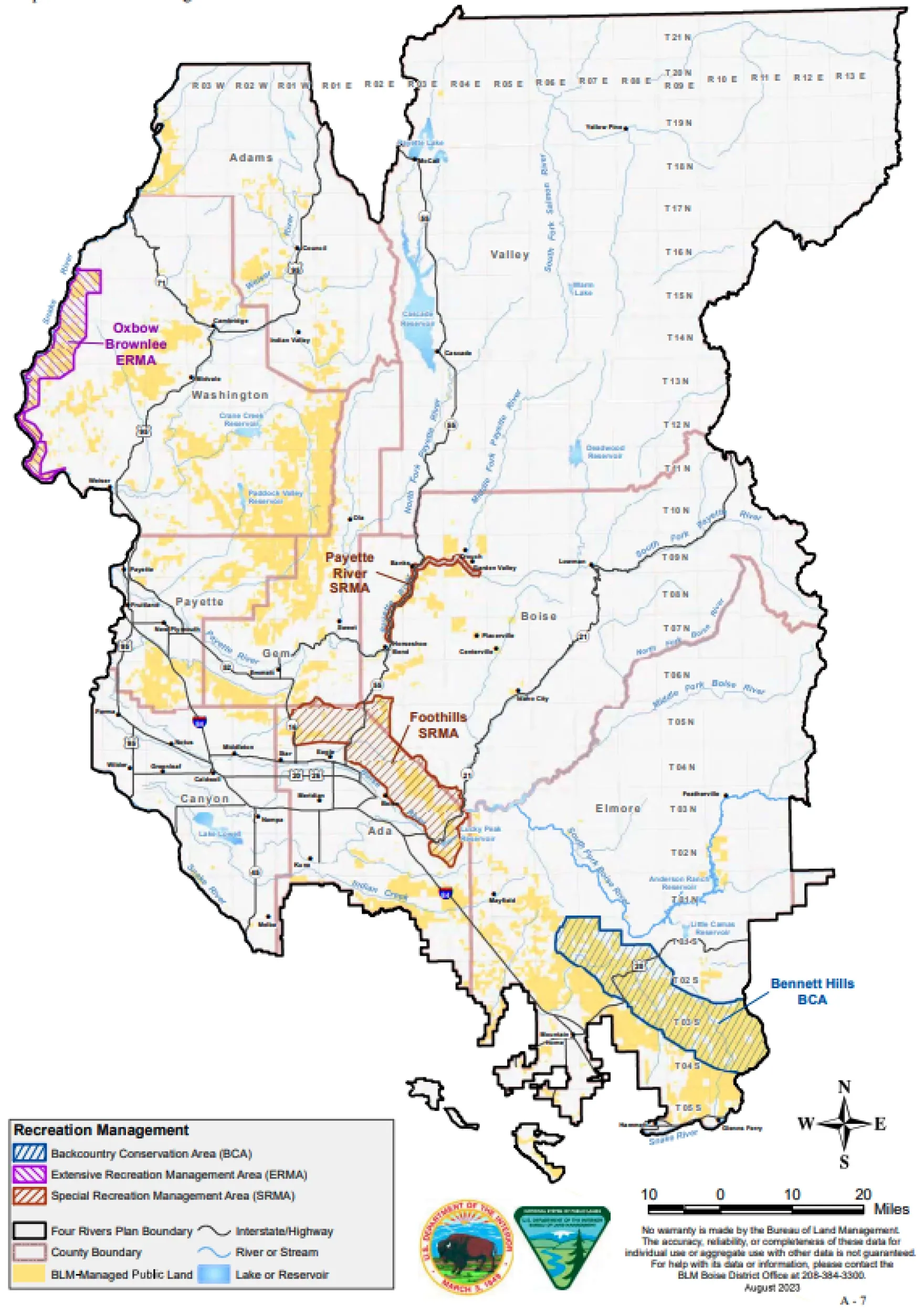
The EU is fighting microplastics pollution with a ban on products that have microplastics added to them, including cosmetics, detergents, glitter, fertilisers, toys, and artificial sports surfaces. An estimated 42,000 tons of microplastics are added to products sold in the EU every year. 'This is an opportunity for the European industry to be at the forefront of the development towards more sustainability and innovation.' DW
Between 2018 and 2022, Indonesia reduced its marine plastic waste from 615,675 tonnes to 408,885. This means the country’s position among the world’s largest contributors of plastic waste has fallen from second to fifth, a trend that looks set to continue as it aims for a further 70% reduction of marine debris by 2024. Antara News
Ecuador has a new wildlife reserve protecting 61,673 acres of high Andean ecosystems. In Romania, a proposed 101,000-hectare park looks set to become a Yellowstone for Europe. The first-ever release of 19 wildcats in the Scottish Highlands over the summer has been a success. Local restoration efforts are underway in Spain to clean up Europe’s largest saltwater lagoon. A new wildlife corridor in Malaysia will connect the Tabin Wildlife Reserve and Silabukan Forest Reserve to protect a crucial habitat of 1,200 orangutans. Abandoned oil rigs off the coast of California have found new life as vibrant ecosystems. Oklahoma has restored nearly 100 unhealthy streams thanks to regenerative agriculture. Cranberry growers in Massachusetts are restoring former bogs into thriving wetlands. Australia is boosting its protection of three endangered and three critically-endangered sea turtle species in the Great Barrier Reef. Stormwater ponds in Sweden that 'celebrate the joy of being part of nature.'

12th October 2023 - 18th October 2023
We're kicking things off with some amazing news from UNICEF, the world’s largest vaccine buyer. They've just signed a long-term agreement with the world's biggest vaccine manufacturer to supply the new R21 malaria vaccine through to 2028. They expect to start immunising kids in mid-2024. This is huge—half a million children die of malaria every year.
The European Commission, the European Investment Bank, and the Bill & Melinda Gates Foundation just announced a $1.1 billion package for one final push on polio. The funds will cover polio vaccinations for nearly 370 million children annually and deliver vital health services to children, along with the vaccinations. 'We are about to wipe polio off the face of the Earth.' Reuters
Thanks to young people, Poland's democratic opposition has won a majority of seats in both chambers of the country’s parliament. Within the next two months, they should be able to form a new coalition government, bringing to an end the eight-year rule of the current illiberal, misogynist and populist government. 'Whoever I talk to, it’s relief and hope.' Politico
Millions of girls in Eastern and Southern Africa will gain greater access to education thanks to a newly-approved $832 million programme called EAGER. The first phase will directly support over two million girls in Mozambique and Madagascar to stay in or return to school, and future phases are expected in Burundi, Comoros, the DRC, Lesotho, Malawi, Zambia, and Zimbabwe.
More encouraging news on education: government spending on education in low-income countries as a percentage of GDP rose from 3.2% in 2018 to 3.6% in 2021. While still below the international benchmark of 4%, for the first time ever, governments accounted for over half of all spending on education in these countries. World Bank
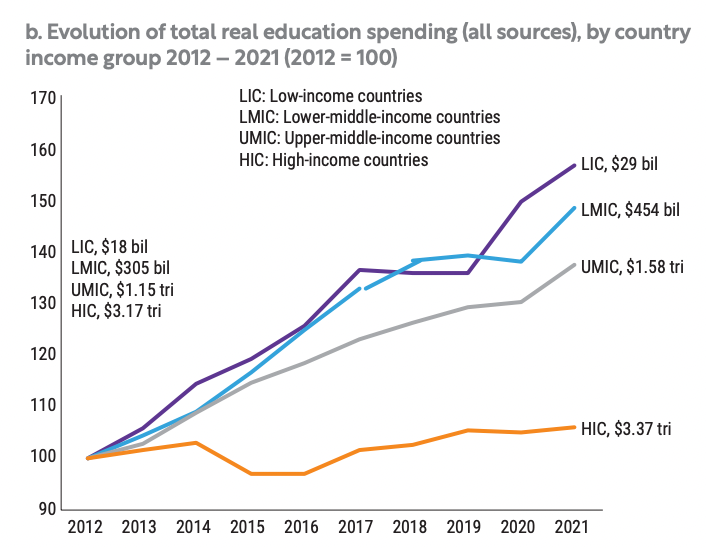
Over the last seven years, Kenya has trained over 1,200 nurses, with a big emphasis on midwifery and maternal and neonatal care. It's working. The most recent data show that under-five mortality in Kenya has more than halved, there's been a significant uptick in vaccinations, 98% of women now receive antenatal care, and 89% of births are attended by a skilled provider.
Also—from the same report—the prevalence of stunting in Kenya has decreased markedly since 1993, with the greatest decrease coming between 2008 and 2022, during which stunting levels fell from 35% to 18% of all children.
The island nation of Cabo Verde, located off the coast of West Africa, has embarked on an ambitious goal to eradicate extreme poverty by 2026. Their track record is good—the proportion of its population living in extreme poverty fell from 22.6% in 2015 to 11.1% in 2022 due to greater investment in social protection policies. World Bank
The folks over at Human Progress have got an excellent new dashboard that allows you to pull up all sorts of data, including stuff like this. As recently as 2000, just half of Sub-Saharan Africans had access to an improved water source (e.g., piped, well, rain, spring, or bottled water). By 2020, nearly 80% of sub-Saharan Africa had access, along with 94% of people worldwide.
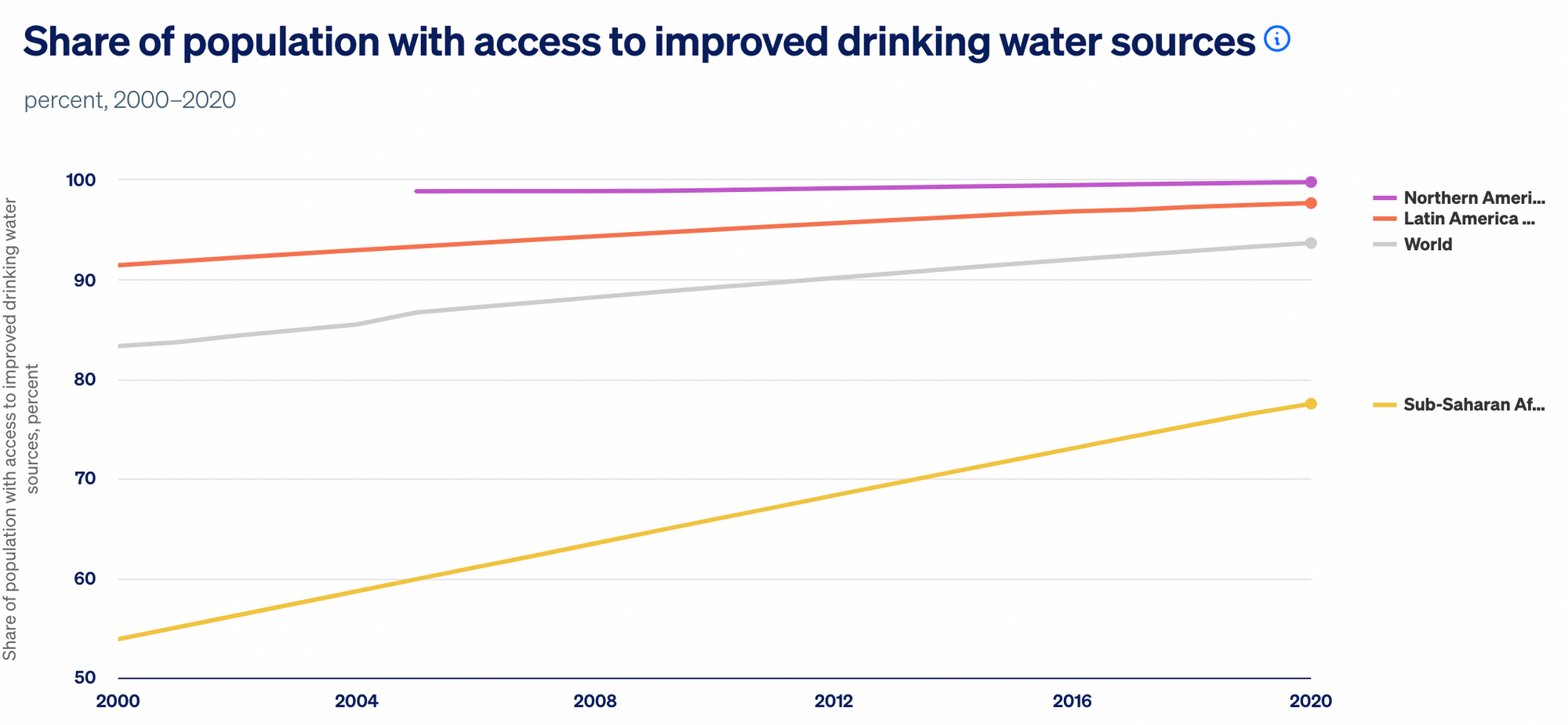
Since 2015, global efforts to eliminate lymphatic filariasis—also known as elephantiasis—have made encouraging progress. Thanks to mass drug administration, the population of people requiring treatment in places where the disease is endemic has fallen from 1.426 billion in 2015 to 760 million people in 2022, a 53.3% reduction. WHO
In a landmark win for Japan’s LGBTQ+ community, a court in central Japan has ruled that it is unconstitutional to require a transgender person to undergo sterilisation surgery in order to change their legal gender. 'I want children to hang on to their hope. I want to see a society where sexual diversity is naturally accepted.' HRW
Core inflation in the United States is almost back down to pre-pandemic levels, having now fallen below 2% annualised for the first time since the lockdowns, and the US economy is now in a better place than the IMF was predicting back in 2019, before the pandemic.
There are a lot of people with very large microphones still talking about the US crime wave. Somebody should probably show them the latest data from the FBI. Homicides in 2022 were down 6.1%, and the murder rate is now below 2020 levels. The violent crime rate fell by 1.7% last year, reaching it's lowest level since 2014.
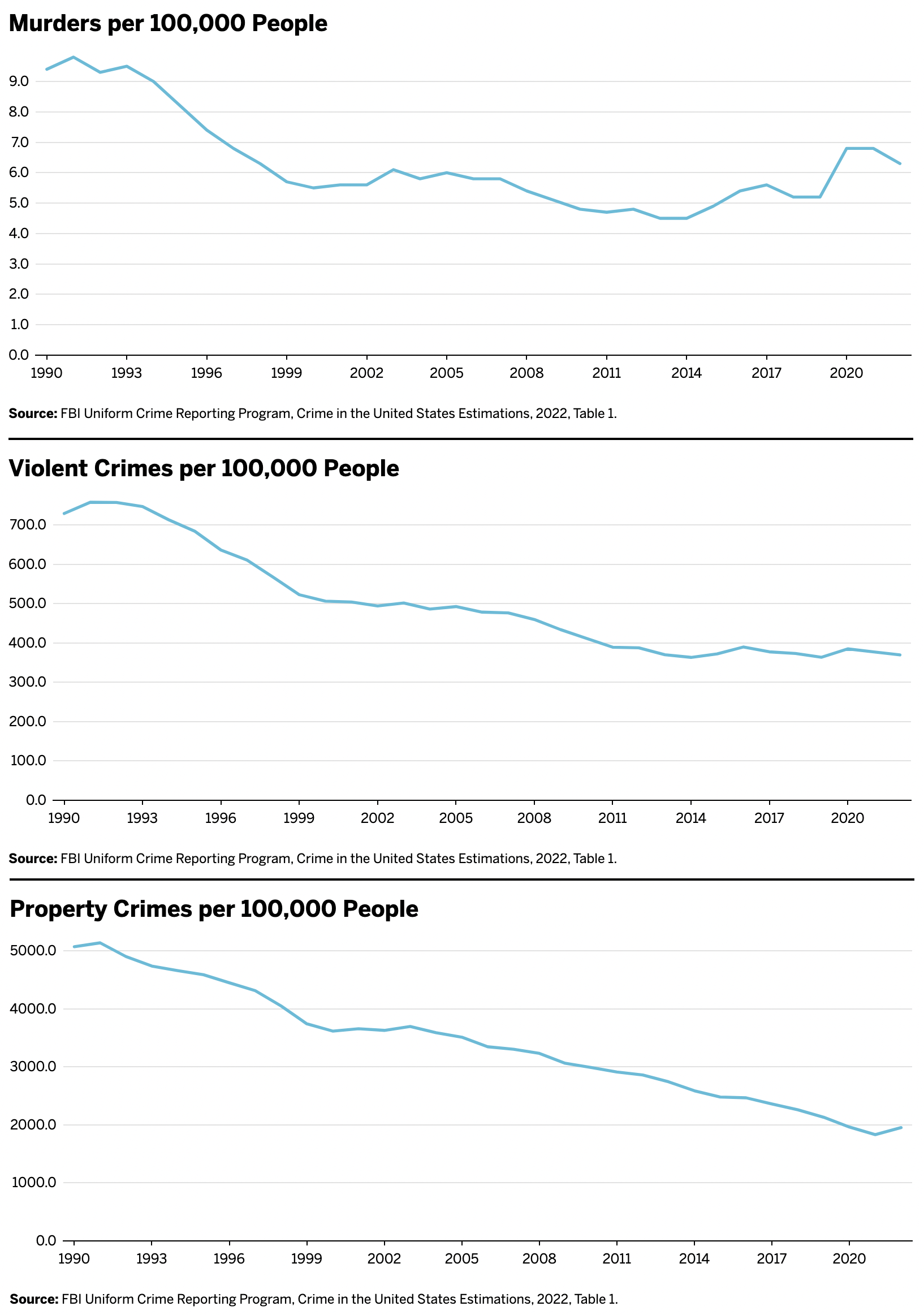
Two weeks ago, Israel greenlit the 90 km2 Ramat Mazar Reserve in the Negev Desert. The area borders the existing Judean Desert Nature Reserve and is home to several species such as the Nubian ibex, dorcas gazelle, the desert tawny owl and Blanford’s fox. Times of Israel
A conservation group called Greater Yellowstone Coalition has purchased 1,598 acres of land on the boundary of Yellowstone National Park to save it from gold mining, removing the last viable mining threat in the area. The area is home to grizzly bears, bison, elk, mule deer, and bighorn sheep. NYT
A reforestation initiative in Tibet is well under way to restore approximately 206,700 hectares of land in the mountains of Lhasa. Last year, 55,870 hectares of land were reforested, employing over 1.68 million people. Tibet has now established 47 nature reserves. Global Times
For the first time since dams were removed along the Elwha River in 2014, a local tribe has caught salmon. Coho have made the strongest recovery so far, with an estimated 6,821 returning to the river in 2022, the largest run in four years. The tribe’s fishery is part of an agreement that restricts fishing to 400 coho while restoring tribal history and culture. Seattle Times
It will be a great time to introduce our children to the river, and hopefully revive some of those basic ceremonies around it.
Wendy Sampson, Lower Elwha Klallam tribal member
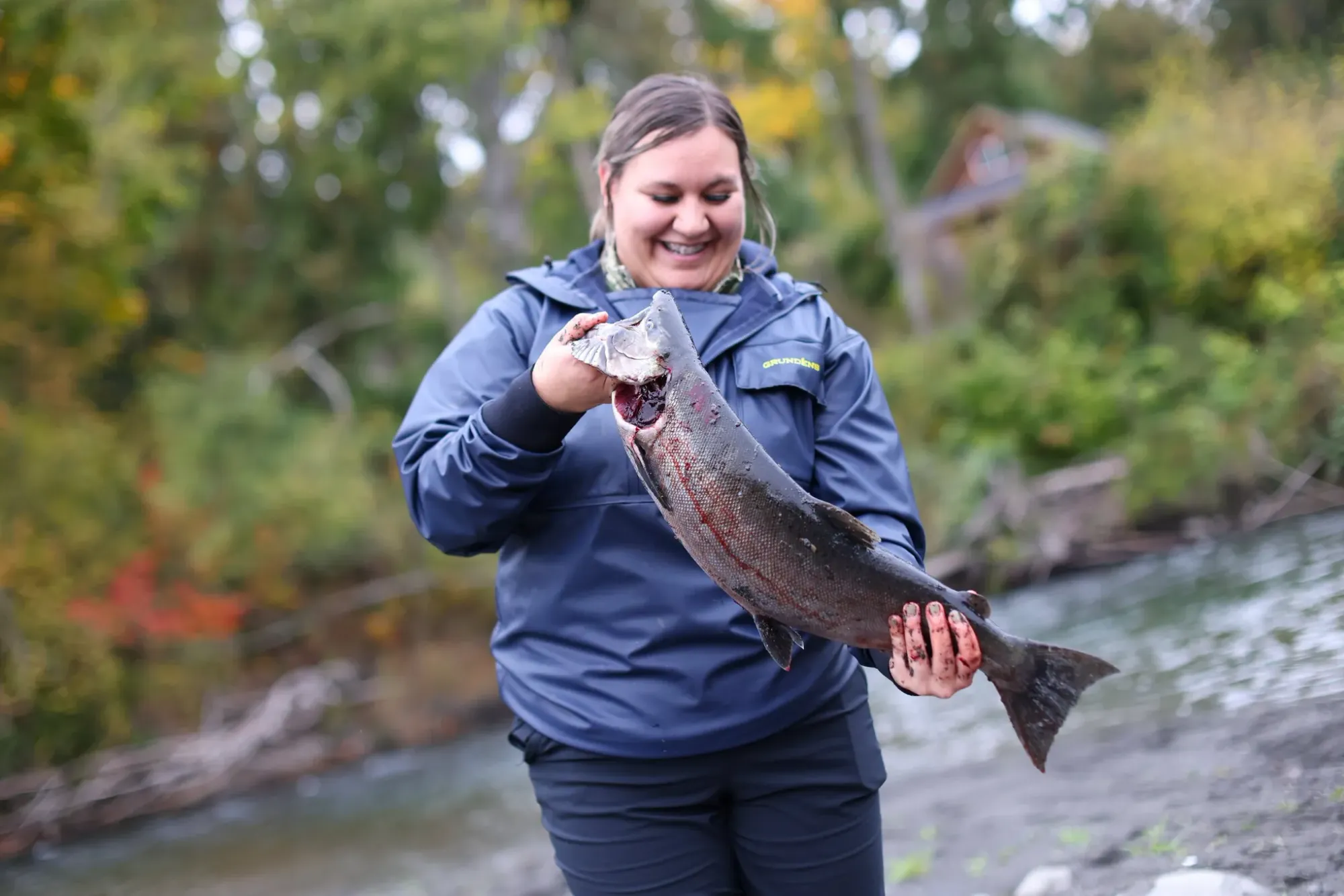
Deforestation in Brazil continues to fall, despite severe drought. During September 629 km2 of forest was cleared, a 57% drop from the same month last year. Federal agencies have also removed illegal land grabbers from the Apyterewa and Trincheira Bacajá territories, with the goal of returning land rights to the 25,000 Indigenous people who live there.
A 'landmark moment for nature recovery' in the UK, with a new national reserve on the Lincolnshire coast. Spanning 30 kilometres of coastline, the area includes a rich variety of sand dunes, salt marshes, mudflats, and freshwater marshes that are breeding habitats for over-wintering birds, natterjack toads, and insects. BBC
After a long history of whale hunting, Azores, a Portuguese archipelago, is now being hailed as the 'gold standard for responsible whale watching.' The transition from whaling to watching has resulted in a thriving tourism industry with 20 whale watching companies operating across the islands, which are on the migration route for blue and fin whales. CNN
A decades-long breeding project to restore giant tortoises on Española in the Galapagos Islands has transformed the barren ecosystem into a savanna. In 2020, nearly 2,000 captive-bred tortoises were released, and the population blossomed to 3,000. Giant tortoises, like beavers, are ecological architects. 'As few as one or two tortoises per hectare is enough to trigger a shift in the landscape.' Hakai
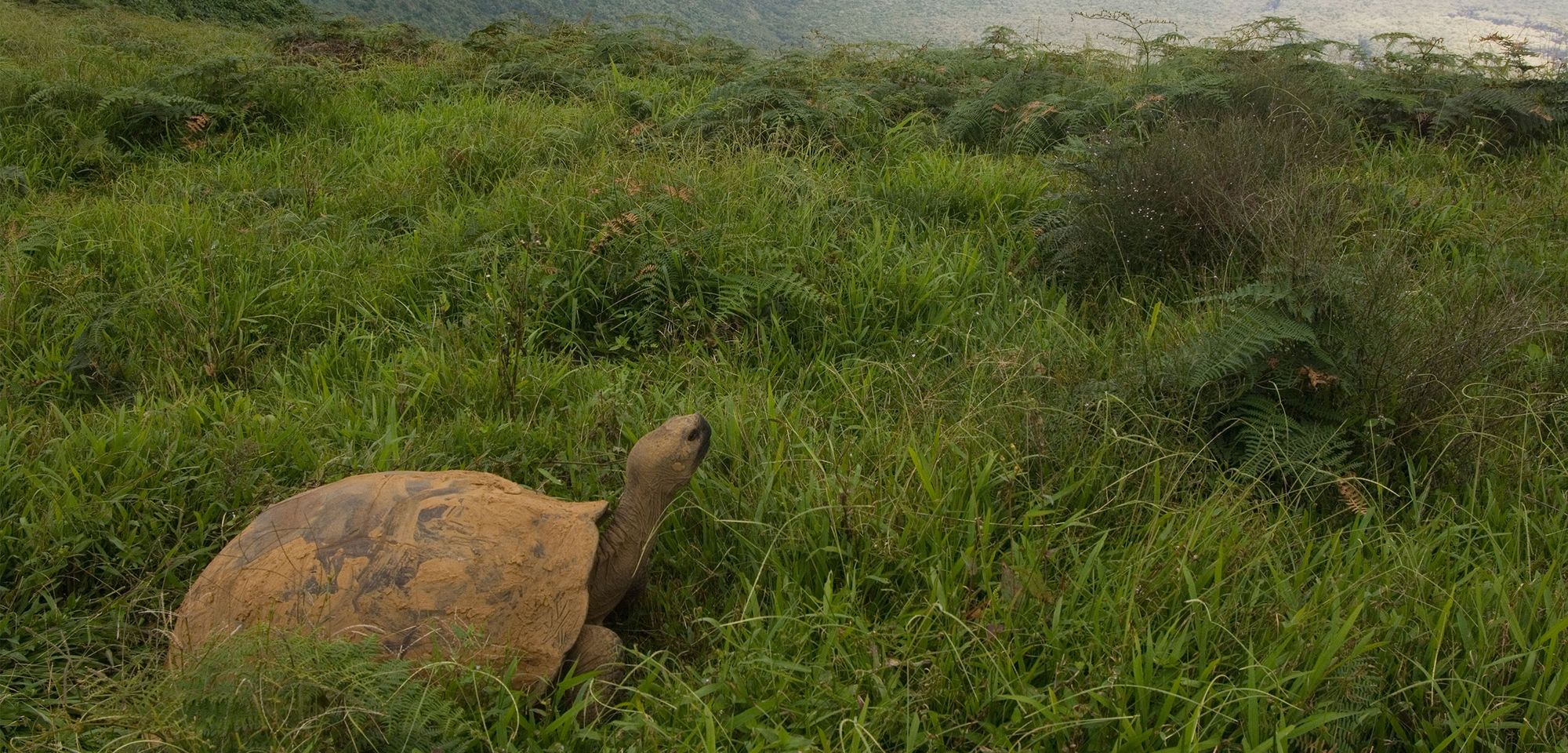
A landmark food safety law in California will ban red dye No. 3, along with other harmful additives in consumer goods that have been linked to cancer and behavioural issues in children. Nearly 3,000 products use these additives, including Skittles, Nerds, protein shakes, and instant rice. Brands now have until 2027 to revise their recipes. CNN
Stockholm is planning to ban petrol and diesel cars in parts of the city starting in 2025. The proposed area spans 20 blocks, straddling the finance area and main shopping hub, and would only allow electric cars and some hybrid trucks. The proposal builds on the success of low-emissions zones in cities like London. Bloomberg
The city of Pittsburgh has implemented a plastic bag ban for restaurants and grocery stores. A ten-year fishing ban in the Yangtze River has increased the population of finless porpoises by 23% to 1,249. In the Scottish Highlands, the world’s first public rewilding centre is giving people an opportunity to get hands-on with nature. The number of nesting seabirds on the island of Lundy in the Bristol Channel is at a 90-year high. More good news for birds! Seven birds on the Red List have been spotted at Dorset’s Wild Woodbury reserve, including the nightingale, greenfinch, and skylark. The new Pecan Spring Karst Preserve in Texas will protect over 485 hectares, providing a crucial habitat for endangered species like the golden-cheeked warbler, the Salado salamander, and the tricolored bat. When was the last time you checked in on the Ocean Cleanup? You should probably go have a look.
28th September 2023 - 11th October 2023
Global poverty reduction efforts are back on track. After three lost years due to the pandemic, the World Bank estimates that for 2023, 691 million people (or 8.6% of the global population) will be living in extreme poverty, which would represent the lowest proportion in human history. Smaller shares of the global population are projected to be below the $3.65/day and $6.85/day lines than ever before, too.
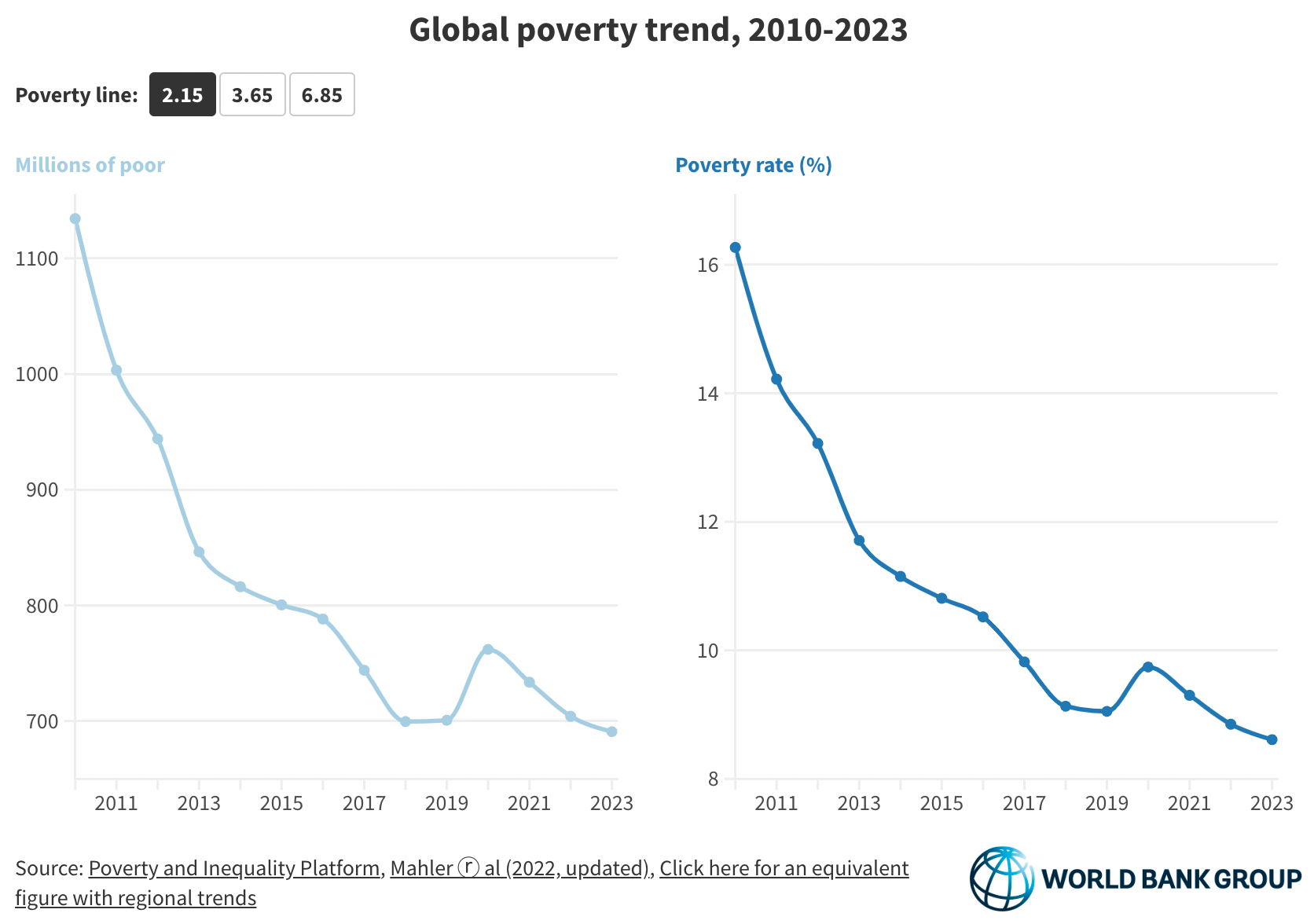
Egypt has become the first country to achieve 'gold tier' status on the path to elimination of hepatitis C. The country has diagnosed 87% of people living with the disease and provided 93% of those diagnosed with treatment. “Egypt’s journey from having one of the world’s highest rates of hepatitis C infection to being on the path to elimination in less than ten years is nothing short of astounding." WHO
The world finally has a public health tool it has been seeking for more than a century: a reliable vaccine against malaria that can protect at least two thirds of children from developing the deadly disease. The WHO just approved the cheap, effective R21 vaccine, and the world's largest vaccine maker says it's already working to make 100 million doses a year. BBC
I used to dream of the day we would have a safe and effective vaccine against malaria, now we have two.
Dr Tedros Adhanom Ghebreyesus, Director-General WHO
Johnson and Johnson is dropping its patent on Bedaquiline, a life-saving tuberculosis drug, in 134 low and middle-income countries. The decision comes after decades of public pressure to end the monopoly and will drastically increase the number of manufacturers, reducing cost and increasing accessibility. The Wire
Some really huge HPV vaccine campaigns are now under way around the world to protect women against cervical cancer. Bangladesh will vaccinate 10 million girls between 10 and 14 years old, Cambodia has added the vaccine into its national immunisation schedule, and India is aiming to vaccinate 68 million girls by 2025.
Mauritius has joined a growing list of African countries overturning their colonial-era laws and decriminalising same-sex activity. 'This decision finally topples 185 years of state-sanctioned stigma against LGBT people in Mauritius and sends yet another important message to the remaining criminalising countries in Africa and beyond: these laws must go.' Reuters

An additional 3,000 school districts have been added to America’s free school meal program, giving over five million more students access to breakfast and lunch in low-income areas. Eight states, including California, Massachusetts, and New Mexico, have now made school meals free to all students, regardless of income. PBS
Two million full-time workers in the UK will earn an extra £1,000 next year, thanks to an increase in the minimum wage to £11 per hour. It’s welcome news in the wake of rising food costs and energy bills due to the Ukraine war, Brexit, and the pandemic. Euro News
The World Bank has approved $365 million to increase girls’ and women’s access to learning, economic opportunities, and health services. The SWEDD+ project has the potential to reach over 2 million girls, aged 10 to 19 years, who are at risk of child marriage, early pregnancy, gender-based violence, and leaving school. Zawya
Pope Francis has opened the door to Catholic blessings for same-sex couples, and in what could be another watershed moment for the Vatican, has suggested that the ordination of women to the priesthood 'could be open to further study.' NCR Online

A historic Supreme Court ruling in Kenya has authorised the formation and registration of LGBTQIA+ organisations. The landmark victory is thanks to Eric Gitari, an attorney and activist who has fought for a decade to establish an NGO to address the abuse and violence against the LGBTQ+ community. Fair Planet
Brazil’s Supreme Court is now considering a case that could decriminalise abortion in the country up to 12 weeks of gestation. The case had been on hold since 2018. If successful, it will join the Green Wave movement along with other Latin American countries like Argentina, Colombia, and Mexico. HRW
New legislation in California has banned school boards from rejecting textbooks due to race, LGBTQ+ rights, or gender identity issues. 'We’re cementing California’s role as the true freedom state: a place where families—not political fanatics—have the freedom to decide what’s right for them.' AP
In Barcelona, a social movement is helping tens of thousands of kids safely cycle to school. Sexual assault survivors can now track their rape kits in 40 American states. Basic childhood immunisation rates rebounded across the world in 2022 and are almost back to pre-pandemic levels. The last year has seen some significant victories for gay rights across Asia. Senegal is tackling learning poverty by providing books for around 2 million children, alongside support to enjoy reading at home. Since 2014 the global number of cases of visceral leishmaniasis, a devastating tropical disease spread by sandfly bites, has decreased by 59%. Financial inclusion in Argentina has skyrocketed, with the number of bank accounts increasing by over 100%. Three African countries will pilot a program to boost cervical and breast cancer care. How Boston halved its high school dropout rate with a door-knocking initiative. The Biden administration has forgiven nearly $127 billion of debt for nearly 3.6 million people. A new school sport that builds robots is creating the next generation of engineers in 31 countries.

The UN has agreed to new rules to protect people and planet from hazardous chemicals and waste. The Global Framework on Chemicals sets out 28 concrete guidelines including: phasing out highly dangerous pesticides in agriculture by 2035, better access to information about potential risks and a system for classifying and labelling chemicals. DW
Ecuador has officially established the Camino del Jaguar (“Path of the Jaguar”) Conserve to protect 213,758 hectares of the country’s most biodiverse and threatened forests. The new area is home to 1,258 species of invertebrates, 2,225 species of flora and will improve the quality of life for the 12,000 families living within its boundaries. Andes Amazon Fund
A big conservation victory in the Caribbean - Antigua and Barbados have transformed the third isle of Redonda from desolate rock to a wildlife haven for dozens of threatened species including seabirds and endemic lizards. Piloted by a local NGO, the project launched in 2016 with the removal of goats and rats, resulting in “an exponential rise in native species.” BBC
This is the largest marine protected area in the Eastern Caribbean; it showcases the amazing work that conservationists and environmentalists can do right at home.
Arica Hill, Environmental Awareness Group
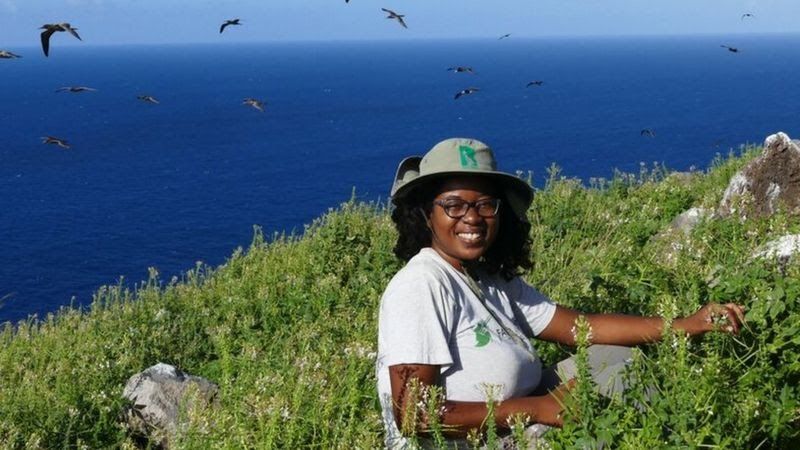
Floreana Island in the Galapagos is about to make “one of the greatest conservation interventions of all time.” After more than a decade of intensive planning, a rodent eradication project will help restore the island’s biodiversity and the populations of 54 threatened species, including the short-eared owl. Yale360
The International Coral Reef Initiative has pledged $12 billion to fund coral reef protection and to "secure the future" of 125,000 km2 of shallow-water tropical reefs. The initiative was launched in 1994 by Australia, France, Japan, Jamaica, Philippines, Sweden, Britain, and the USA and has grown to include 45 countries. Reuters
Indigenous conservation in British Columbia FTW. The remarkable Gwaii Haanas Agreement has protected over 5,000 km2 of land and ocean and has become a global model, and similar efforts in the Great Bear Rainforest have safeguarded three million hectares of temperate rainforest and revitalised local First Nations economies and communities, according to a recent report.
North America’s monarch butterfly has been upgraded from “endangered” to “vulnerable.” The surprising reversal follows a researcher’s challenge to existing population models, concluding that although the insect’s population had fallen in Mexico, it had increased in other places and overall is in fact “doing really well.” Science
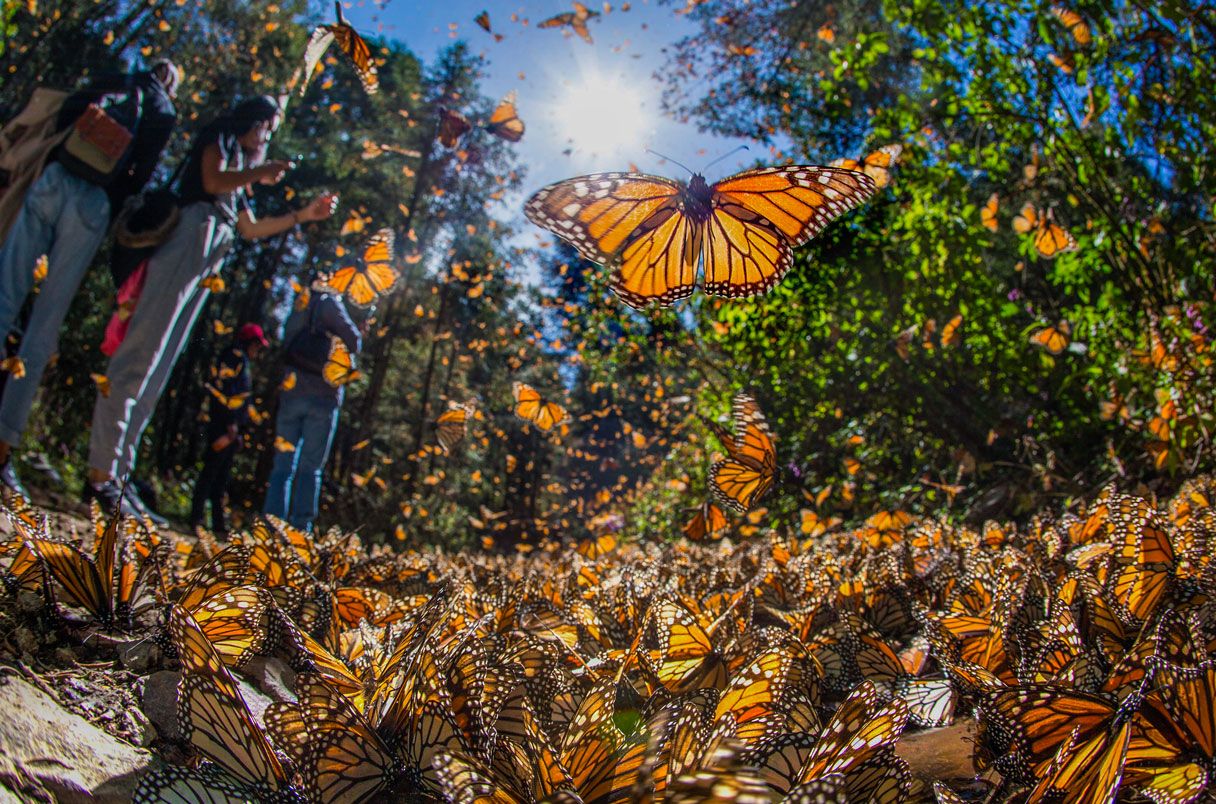
Colorado, Maine, Oregon and California have all passed producer responsibility laws requiring manufacturers to collect, recycle and manage their packaging, similar to programs that now cover paint, carpets, batteries and mattresses. More than a dozen other US states are now considering similar programs. Packworld
Gabon has taken a major step to reduce illegal logging and deforestation with a new traceability system that will track all timber products from stump to port. The system will be mandatory for all logging and wood processing companies and will utilise a combination of mobile apps, web applications, and geospatial data. Africa Insider
In 2022 the National Forest Foundation planted 8,061,125 trees in the United States, replanting an area larger than 18,500 football fields. It’s the most trees the foundation has planted in a single year, putting it on track to reach its goal of 50 million trees by the end of 2025.
England has officially banned plastic cutlery, balloon sticks, polystyrene cups and placed restrictions on single-use plastic plates, bowls, and trays, and the United States will phase out single-use plastics across 194 million hectares of public lands, including national parks and wildlife refuges within the next decade.
A few more home runs
Japanese scientists have discovered a plastic-eating bacteria that could help solve global waste. The UAE will ban single-use plastic shopping bags from January 2024. Lithuania has banned fur farming. First Nations in British Columbia must now be consulted before any mineral claims can be made in their territories. Colorado will reintroduce endangered gray wolves at the end of 2023. The Komi Memem River in Brazil has been granted personhood under a Rights of Nature law. UNESCO has added 42 new world heritage sites. China is fighting urban flooding by making its cities 'more spongey.' A billion acres of abandoned farmland around the world may play a crucial role in the planet’s salvation. Sea turtle nests in Florida have increased by 40%, after a 150 year absence, elephants have returned to Babanango in South Africa, and for the first time in 400 years a baby beaver has been born in London.
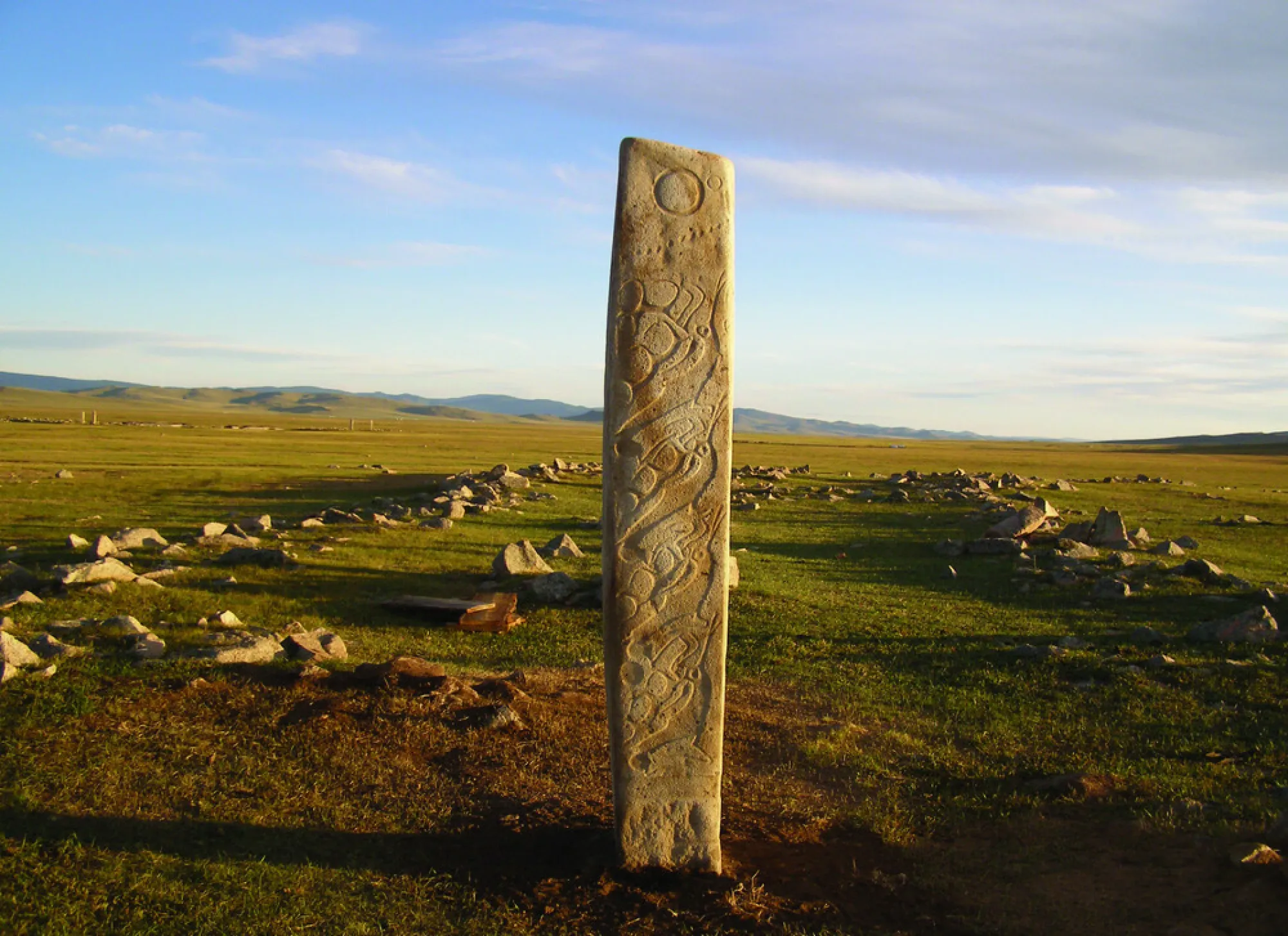
21st September 2023 - 27th September 2023
The UN-supported Principles for Responsible Investment group has surveyed all the climate policies expected to be put in place in major economies between now and 2050, and they have concluded that global warming will peak below 1.8°C around 2050. 'This is a more optimistic future than many anticipate.' Yep. UNPRI
Here's a rare analysis of coal trends in China that understands the distinction between building a coal plant and running one. If hydropower pulls its weight, capacity factors remain the same, and renewables maintain their blistering growth, China’s coal consumption will plateau in 2024 and begin its long decline thereafter. The China Project
In the last three years, Texas, the epitome of a recalcitrant red state soaked with fossil fuel, increased its utility-scale solar capacity five-fold, connecting more than 10 GW. That's likely the fastest pace of renewable energy capacity expansion anywhere in the world outside of China. In Texas. Extraordinary. Canary
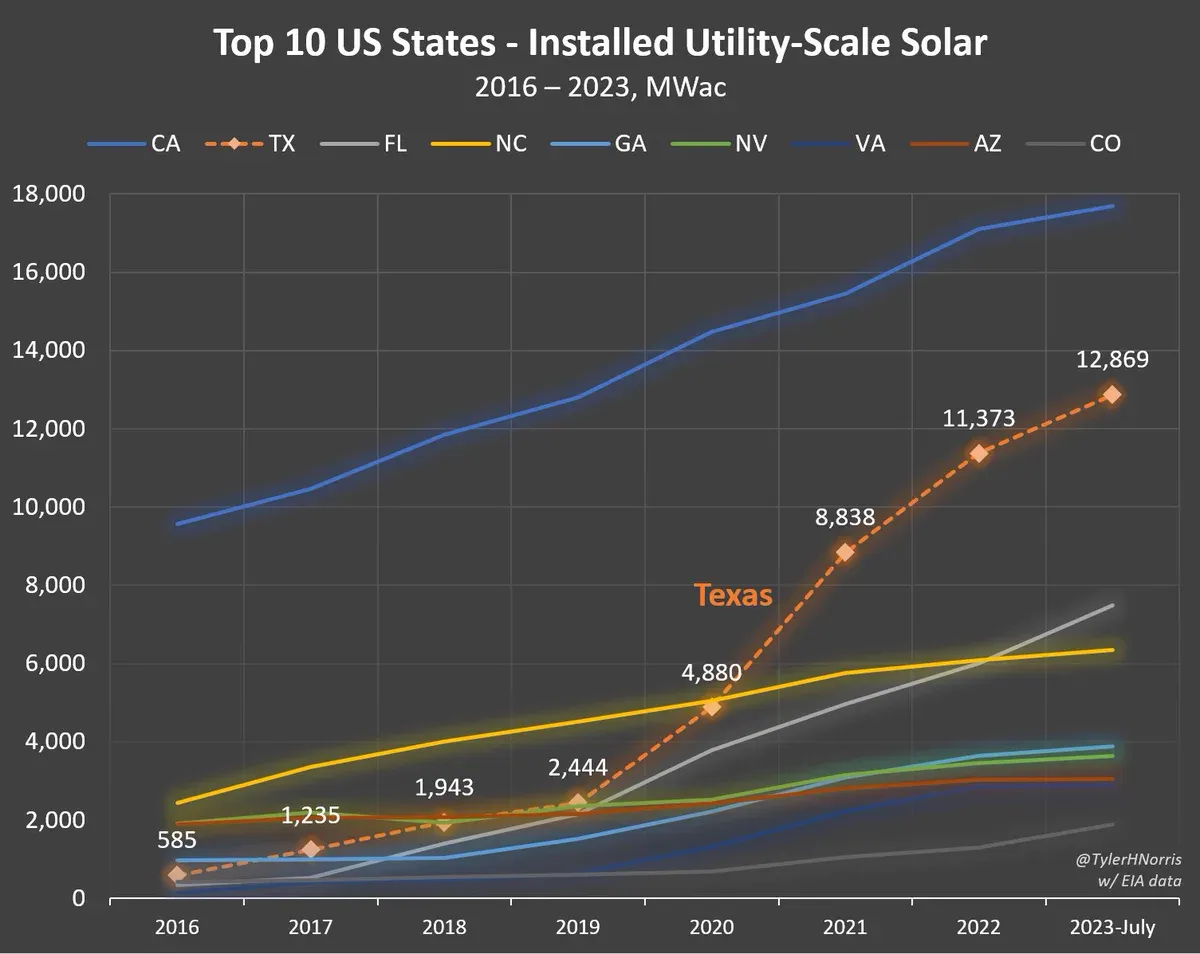
Global wind turbine orders reached new highs in the first half of this year with 70 GW of activity, a 12% increase year-over-year. The Global Wind Council is now estimating that newly-installed wind capacity will exceed 100 GW for the first time in 2023 and predicting that 680 GW will be added globally between 2023 and 2027.
Renewable energy generation has soared to new heights earlier this week in Australia, with the combined contributions from rooftop solar and large-scale solar and wind pushing past 70% for the first time. On the flip side, the share of coal was crushed to new lows. Someone get a violin. Renew Economy
Improving wind technology is making previously inaccessible areas feasible. A recent assessment by the National Renewable Energy Laboratory has found that 80% more economically viable wind energy capacity could be unlocked in the United States in the next decade as a result of technological advancements now entering commercial markets or slated to do so in the near future.
More bad news for fossil fuel executives.
The Indian state of Rajasthan, home to almost 80 million people, has seen fossil fuels in its power mix fall to a record-low share of 50%, the first time this level has been sustained for more than a quarter of the year. Just two years ago, solar and wind generation were less than half of the amount we see today. Ember
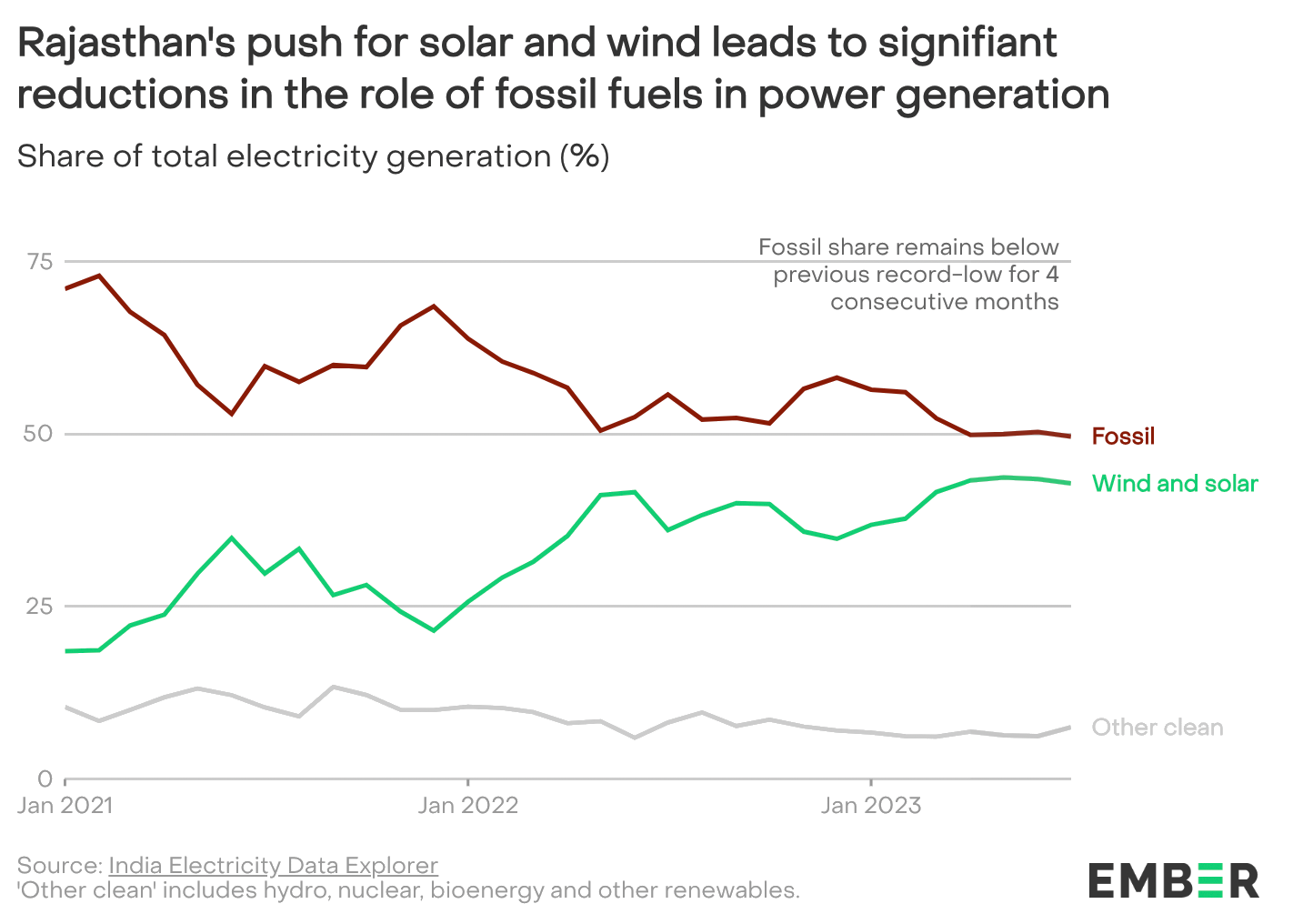
In 2020, California had 500 MW of battery storage. Three years later, it has ten times as much as that, and batteries are coming online faster than any other form of power, soaking up solar during the sunniest hours and delivering it back to the grid after sunset. Earlier this week those batteries provided 5.2 GW of instantaneous power, the equivalent of five typical nuclear plants.
Local governments across the United States can now apply for a total of $4.6 billion in competitive grants to implement climate action plans, administered and provided by the EPA. When deciding which projects to fund, the EPA 'will prioritize those that result in the greatest amount of greenhouse gas emissions reductions.' Utility Dive
The cacophony of small engines is one of the most recognisable sounds in traffic-choked cities across Asia—but soon that may be a thing of the past, as electric two-wheelers explode across the continent. Half of all new scooters sold in China are already electric, and in places like India, Indonesia, the Philippines, and Vietnam, sales of battery-powered two-wheelers are booming. Economist (archive)
Based on what we're seeing happen in Europe and China, it takes around six years for electric vehicles to go from 1% to 10% of new car sales, and then another six to get to 80%. Assuming that kind of exponential growth, EVs will make up between 62% and 86% of global car sales by 2030. Sounds insanely optimistic—until you read this report from RMI.
In the last three decades humanity has made extraordinary strides in combating the threat of communicable disease. In 1990, diseases like malaria and tuberculosis made up almost a third of the global health burden, but by 2019 that had fallen to around a sixth. Overall, the number of healthy years of life lost due to infectious diseases more than halved during this period. FT

Southeast Asia has made incredible progress on maternal and child health in the last decade. The maternal mortality rate has declined by 41%, under-five mortality has declined by 45%, and nine countries are on track for the SDG target. Most impressively, the newborn mortality rate has almost halved, with a 40% reduction in the last ten years. WHO
Uganda just released its national health survey. Fertility rates are down, contraceptive use is up, nine in ten women now give birth accompanied by skilled attendants, child mortality has almost halved in the last decade, childhood stunting rates have fallen by a quarter, maternal mortality has halved, and a majority of children now receive all basic vaccinations. UBOS
Stroke is the leading cause of death and disability in Brazil—but things are improving. Between 2000 and 2021, the age-adjusted mortality rate fell from 95 deaths per 100,000 people to 52 deaths per 100,000, thanks to significant advancements in the healthcare system and an increase in healthcare professionals specializing in neurological surgery. Cureus
Brazil's Supreme Court has rejected efforts to restrict native peoples' rights to their ancestral lands, ruling in favour of restoring territory to the Xokleng people. The landmark decision sets a precedent for hundreds of Indigenous land claims and is expected to have widespread consequences for Indigenous land rights. BBC

Kenya has achieved remarkable progress in curbing new HIV infections and reducing AIDS deaths. Since the initiation of a comprehensive ARV programme in 2013, over 1.2 million people have been able to access treatment, and deaths have fallen by 68%. The Star
The Kingdom of Eswatini (formerly Swaziland) is winning its war on AIDS too. In 2020, it became the first African country to surpass the 95-95-95 global HIV treatment targets, and HIV-related deaths have fallen from their peak of 10,000 back in 2005 to 2,370 last year. WHO
Social attitudes are changing in Britain. In 1983 only 17% of respondents agreed that same-sex relationships were 'not wrong at all.' Today it’s 67%. The proportion of people who support a woman’s right to choose has doubled to 74%; only 24% now believe marriage is a necessity for people who want children; and just 9% think men should work while women stay at home, down from 48% in 1987.
Crime in the United States is out of control, except for the fact that it's not. A new report from the Council on Criminal Justice shows that the country's criminal justice footprint has shrunk substantially in recent years. The way Americans feel about their country doesn't always reflect what's actually happening. We all ignore progress at our peril.

In a landmark decision aimed at safeguarding the wellbeing and mental health of students, the Indian state of Kashmir has imposed a 'blanket ban on corporal punishment and other forms of child abuse' in all educational institutions within its jurisdiction. Great Kashmir
Following a successful pilot that increased the number of teenage girls attending school in seven Nigerian states from 900,000 to over 1.6 million, the World Bank has approved $700M to roll the program out over 18 more states, reaching an estimated 8.6 million girls, as well as teachers, administrators, families, and communities.
Did you know that a drug approved by the FDA in 2019 has given a new lease of life to 90% of people with cystic fibrosis? The end of poverty in Canada should be bigger news than it is. So far this year in the United States, inflation has come down, real wages have gone up, income inequality has declined, and the job market is the best it's been in decades. Most people have no idea this has happened. Oh, and America is winning the war on cancer. Welcome news for survivors of sexual assault. A new water treatment plant just brought 105,000 people clean drinking water in Mozambique. A big new chunk of funding will protect livelihoods, improve trade, and safeguard against erosion on the Jamuna, one of the most important rivers in the world. California just strengthened protections and support for LGBTQ+ youth. Treatment for trachoma is coming to 10 million people in Latin America.
The High Seas Treaty has taken a major step forward after being signed by 81 countries at the UN General Assembly in New York earlier this week. After signing the treaty, each nation must ratify it—and once 60 have done so, it will come into force after 120 days. Mongabay
Medellín, Colombia's second-largest city, started its 'green corridors' programme in 2016 due to concern about air pollution and rising heat. The 30 corridors connect newly-greened road verges, vertical gardens, streams, parks, and nearby hills; cost $16.3M to create and will take $625,000 a year to maintain; and have reduced temperatures in the city by around 2°C. BBC
A combination of conservation and anti-poaching initiatives has resulted in the first increase in rhino populations in Africa since 2012. The latest survey estimates a population of 6,487 black rhinos, up 4.2% from 2021, and white rhinos now number around 16,803 animals, an increase of 5.6%. IUCN
With this good news, we can take a sigh of relief for the first time in a decade. However, it is imperative to further consolidate and build upon this positive development and not drop our guard.
Michael Knight, Chair of the IUCN African Rhino Specialist Group
Bhutan has just completed its second national survey of snow leopards, covering more than 9,000 km2 of habitat across the northern alpine landscape of the country. The population is up to 134 animals, an increase of 39.5% from the first survey in 2016, when 96 individuals were counted. WWF
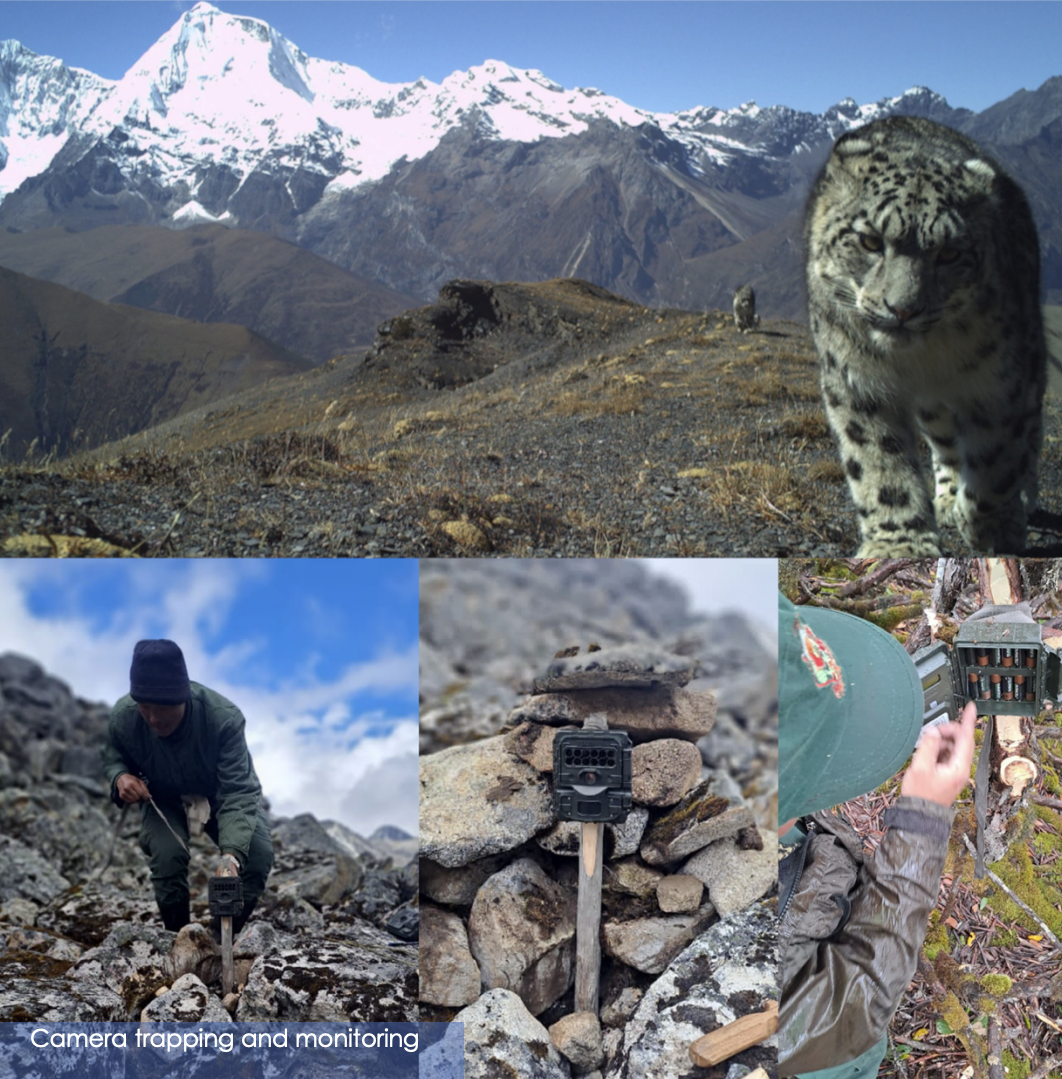
The Biden Administration has used an executive order to create a New Deal-style Climate Corps. The program will employ more than 20,000 young adults who will build trails, plant trees, help install solar panels, and do other work to boost conservation and help prevent wildfires across the United States. AP
Norway has just completed its largest-ever nature restoration project, removing all traces of a large-scale mining project in Svalbard that ran for over a century. 'The rivers have begun to return to their old courses, and even the polar bears cannot notice that mining has been going on here since 1910. The terrain, glaciers and mountainsides now appear unaffected.'
Bangladesh, the world's second-largest exporter of clothes, is leading the way on sustainable fashion. Since 2009, Bangladeshi apparel and textile manufacturers have established 202 eco-friendly factories certified by the US Green Building Council, the second-highest number after the United States. Mongabay
There has been a significant uptick in cycling across the United States in the last few years. Nationally, annual average daily bicycle trips per year climbed by 37% between 2019 and 2022, and more than half of all states have seen annual average daily bicycle trips increase by at least 25%. Street Light
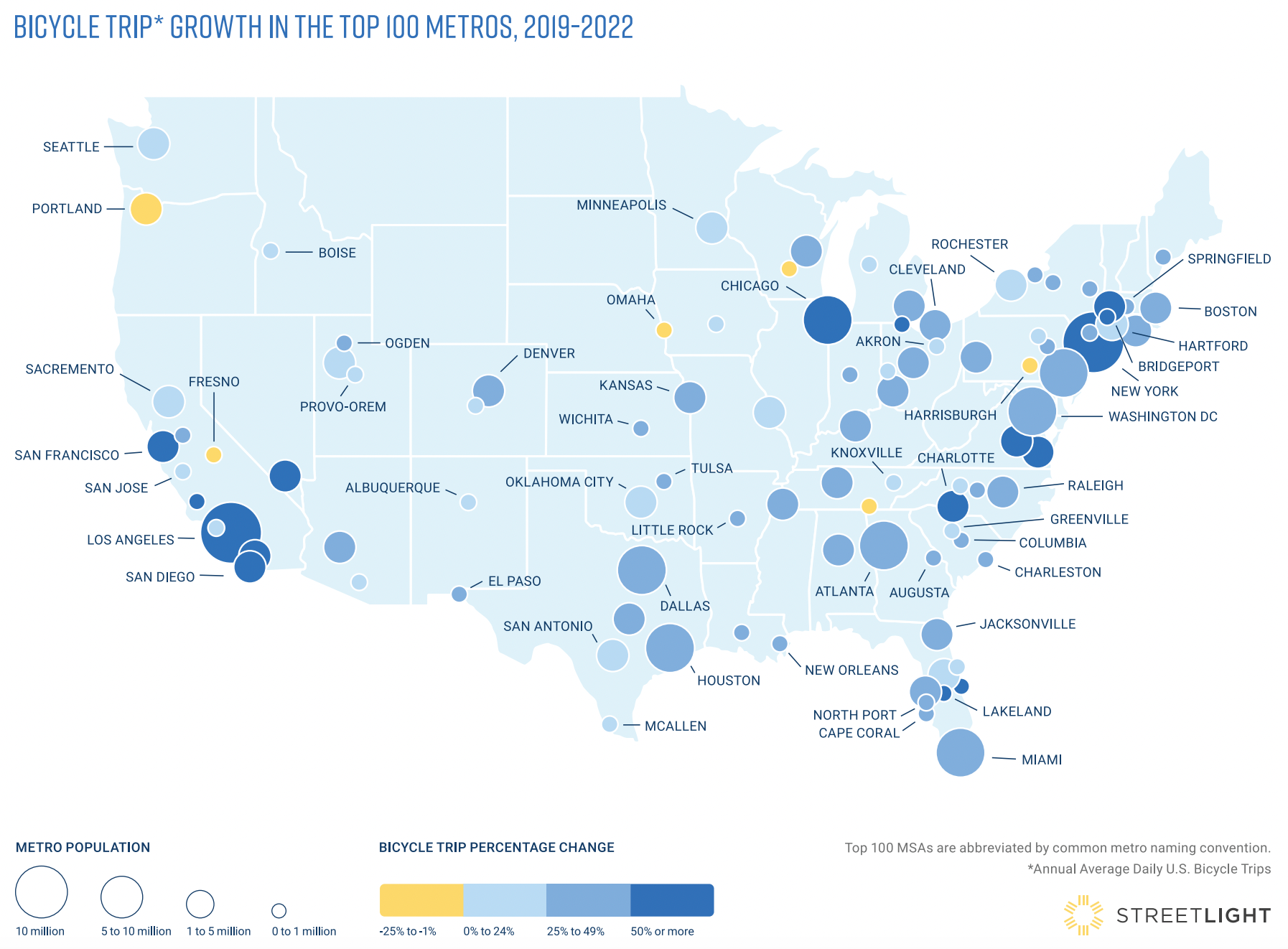
A key wetland species that vanished from Hertfordshire in the UK more than 35 years ago is thriving once again after rewilding efforts. Since their 2021 release, water voles have increased their range by 238%, and numbers have more than doubled each year. Herts and Middlesex Wildlife Trust is now aiming to have water voles back in every river in Hertfordshire by 2030.
In the UK, a critically-endangered moth, indigenous to Kent, has had a bumper year after its habitat was restored by farmers. In 1995, the black-veined moth was close to extinction due to habitat loss. A project to encourage farmers to restore their old fields was launched, and this year, surveys counted a peak of 255 moths, the highest number recorded since the project began. BBC
If you're going to read one conservation story this week, please make it this one, on the return of wildlife to New York's coastal waters. A big win by Indigenous communities in Peru fighting against a mining project in a protected area. A ton of new funding for climate-resilient agriculture in Africa. A ton of new funding for whale conservation off the US East Coast. The cattle industry in Brazil is getting squeezed by new international trade and finance rules, and that's good news for the Amazon. San Diego has closed a popular beach to protect sea lions. The island nation of Niue has a cunning plan to protect its slice of the Pacific. Oregon has finally outlawed barbaric wildlife killing contests on public lands, and California just became the third state to pass an electronics right-to-repair law.
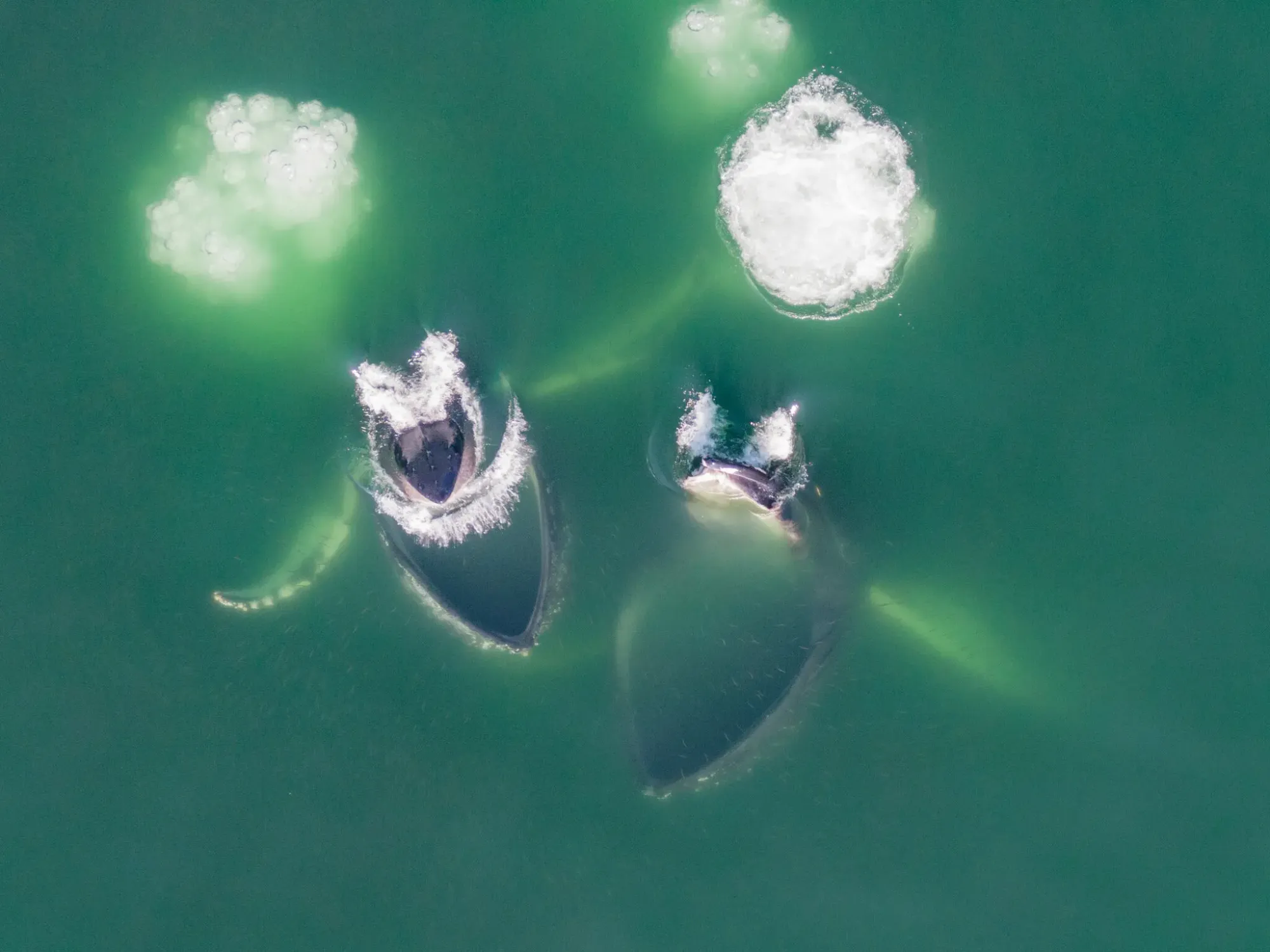
14th September 2023 - 20th September 2023
Despite three years of lost progress caused by the pandemic, the proportion of the world's children living in extreme poverty fell from 20.7% to 15.9% between 2013 and 2022. Overall, 49.2 million children were lifted out of extreme poverty during this period. In the absence of COVID-19, estimates suggest this number would have been almost 80 million. World Bank
Humanity is making slow but steady progress in tackling leprosy, a disease that has been with us for thousands of years. Last year, 174,087 new cases were reported globally, a decline of around 20% since 2013. Public health officials are now talking about the possibility of eliminating leprosy within our lifetimes. WHO
India represents one of the greatest stories of progress in human history. At the time of its independence in 1947, it was mostly an agricultural economy of 340 million people, with a literacy rate of only 12% and a life expectancy of only 32 years. Today, it is changed beyond all recognition, with drastic improvements in every measure of life, health, wealth, safety, literacy, and sustenance.
Crime rates in the three biggest cities in the United States have plummeted this year. In New York, murder rates are down 9.7%; Chicago has recorded an 8% drop in homicides and a 15% decline in shooting victims; and in Los Angeles, violent crime is down 7.3% and the homicide rate has fallen by 24.4%. Why aren't news organisations reporting this?

The number of human beings without access to electricity increased last year for the first time in decades, rising by 6 million to 760 million. However, the IEA says things are now improving again, with the number of people without access projected to decrease to 745 million by the end of 2023.
The EU has voted to clean its air by setting tough limits on pollutants in a move that experts say will save many of the 300,000 lives that are lost to air pollution in Europe each year. Current rules permit the annual average concentration of fine particulate matter to be as high as 25 micrograms/cubic meters. The new law will reduce these concentration limits fivefold by 2035.
A free language app called Daariz that was launched in 2021 is now helping over 410,000 people in the Horn of Africa learn to read and write; and in Ghana, 21,500 healthcare workers have been trained over the last two years to respond to emerging health challenges and to help build a resilient health system.
It's official. The global COVID-19 vaccination campaign is the fastest and most successful of all time. As of June 1, 2023, coverage exceeded 59% in lower-middle-income countries and has increased by nearly 25% in low-income countries in the last 18 months. In Africa, vaccination rates have increased more than sixfold from 4.5% in December 2021 to 30% today. USAID

In Senegal, a pilot project for 900 girls aged 10-17 that promotes maternal and adolescent health and empowerment has been such a success that it is now being rolled out across other parts of the country, enrolling 50,000 more young girls with the aim of breaking the cycle of generational poverty.
In 2012, Nigeria partnered with UNICEF and aid agencies from the UK to improve access to learning for girls in six states in northern Nigeria. After ten years of implementation, girls’ enrolment has skyrocketed from 1.76 million to 2.87 million, a 64% increase; gender parity increased from 0.73 to 0.97; and the proportion of girls completing primary school increased from 57% to 87%.
The UK's Office for National Statistics has published its latest data on the country's adult smoking habits, showing a continued and dramatic decline in smoking over the last decade. Between 2011 and 2022, the proportion of adults who smoke fell from 20.2% to 12.9%. That's a lot less lung cancer to worry about. ICAEW
The number of people covered by essential health services has increased substantially since 2000. At the turn of the century, 68 countries had low levels of coverage; by 2021, that was down to 14. The number of countries with very high coverage levels improved from 1 to 42 during the same period. Although progress has stagnated in recent years, it's still an extraordinary achievement. WHO

Peru has struck its third debt-for-nature swap agreement with the United States, redirecting $20 million of international debt to environmental efforts in the Amazon rainforest. The US has now made 13 debt-for-nature and debt-for-climate swaps in Latin America and 22 worldwide, including with Bangladesh, Botswana, Indonesia, Jamaica, and the Philippines. Mongabay
California has codified its 2020 pledge to protect 30% of land and coastal waters by 2030 with the passage of a new bill. Gavin Newsom has also signed a landmark climate disclosure bill that will require public and private companies that make more than $1 billion annually and operate in California to publicly disclose their greenhouse gas emissions.
The UK's Royal Mint will start turning e-waste into gold later this year thanks to a new factory that can process 90 tonnes of circuit boards every week to recover hundreds of kilograms of gold per year. It's an encouraging development in the burgeoning field of 'urban mining.' BBC
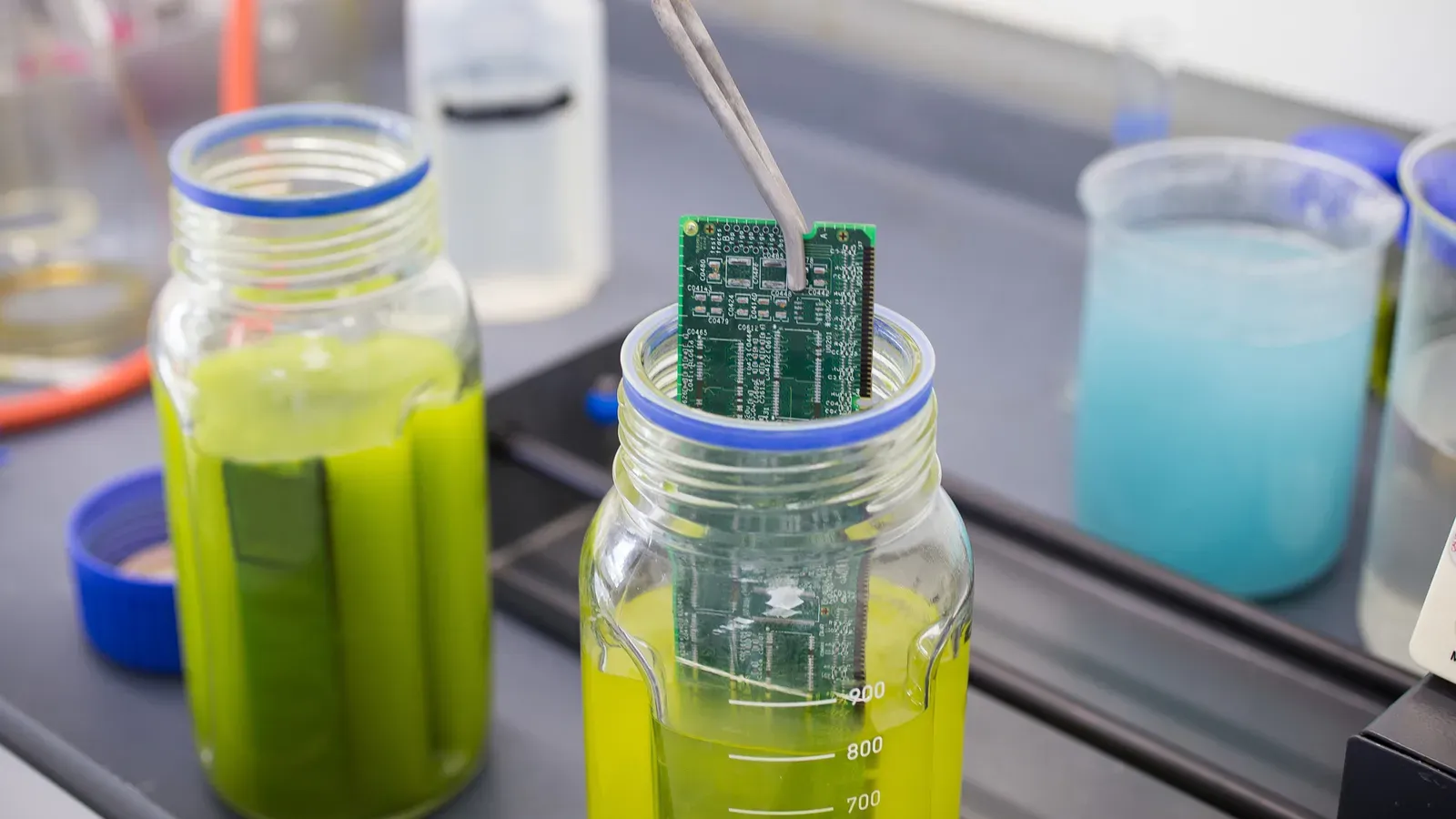
The Azores bullfinch, one of Europe’s most endangered birds, has bounced back from the brink of extinction after 20 years of habitat restoration in Portugal. In the 1990s the bird’s population fell to a critical level of around 100 breeding pairs, but today, thanks to conservation efforts and increased availability of food and nesting habitats, there are 1,300 birds. Smithsonian
Hundreds of communities around the US will share $1.13 billion in federal money to help them plant and maintain trees under a program intended to reduce extreme heat, benefit health, and improve access to nature. The tree-planting efforts will be focused on marginalized areas in all 50 states as well as Washington, D.C.; Puerto Rico; the Virgin Islands; and some tribal nations. Guardian
The reversal of a Trump-era rule will restore the power of Native American tribes to block energy projects that could pollute local rivers and streams. Meanwhile, 2.8 million hectares of forest in eastern Oregon and southeast Washington state may soon be protected, after a federal court judge ruled against another Trump-era rule that allowed for the logging of old-growth forests.
Since the 1990s, wildlife bridges have been popping up along major stretches of highway in Texas to 'guide wildlife to pass under the road rather than over it and reduce wildlife vehicle collisions.' To date, there are 32 wildlife crossings, and 21 of them are built in locations intended to specifically protect endangered animals like ocelots and the Houston toad. Chron
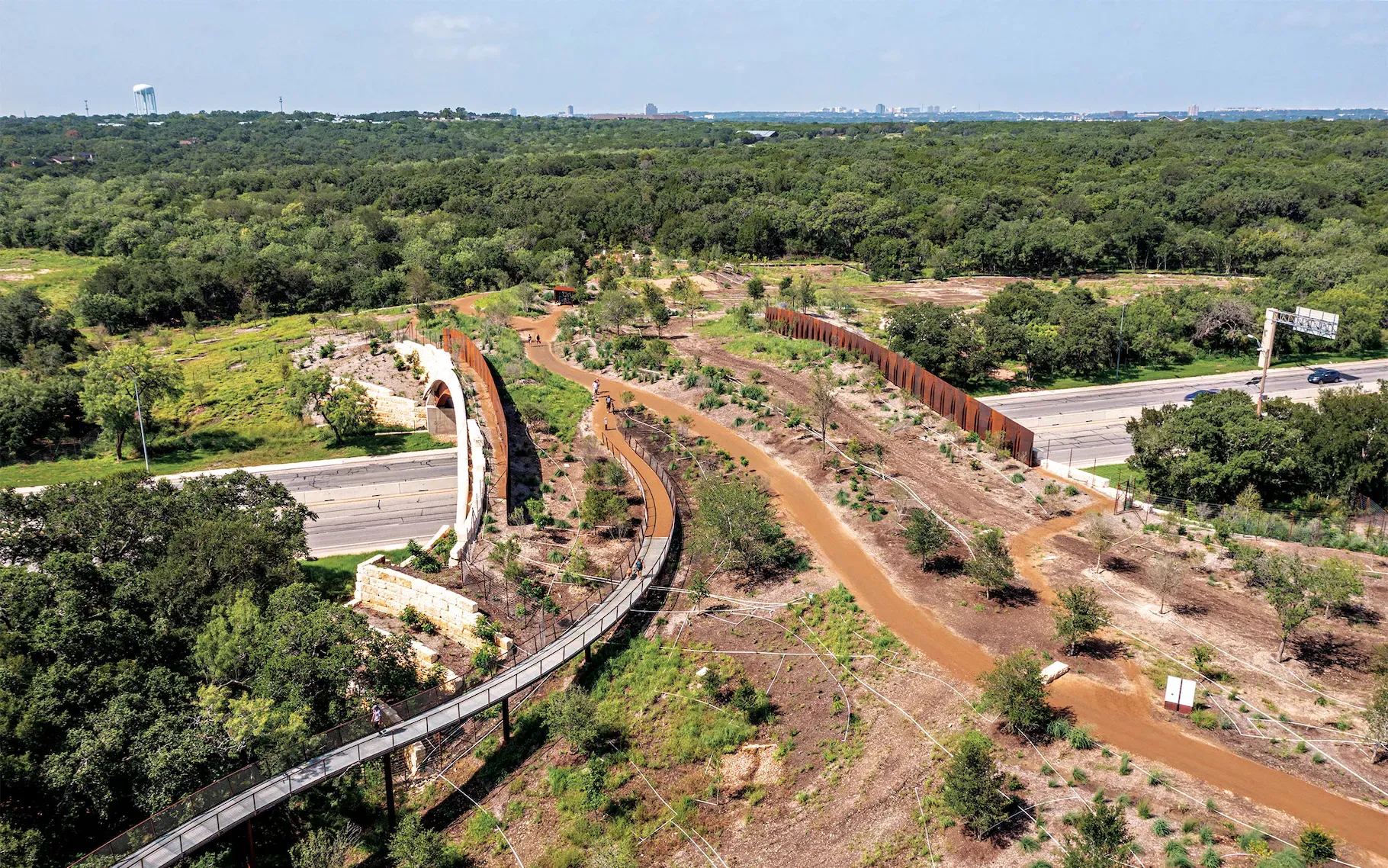
The Pacific Alliance has halted deep-sea mining off the coast of Papua New Guinea to figure out whether it’s possible to mine the seabed below 200 meters without damaging ecosystems and fisheries; and in New Caledonia a shark cull has been suspended, citing the 'absence of precise scientific studies both on the size of tiger and bull shark populations and the environmental impact of removing them.'
Pristine Seas, the organisation founded by ocean explorer Enric Sala, has helped protect 6.5 million km2 of ocean and coastline, an area twice the size of India. They're now embarking on a five-year mission to map the Pacific Ocean and 'document the complex links between marine ecosystems and the lives they support on land.' Time
A timber giant has withdrawn its defamation suit against Indigenous forest defenders in Borneo and their #StopTheChop and #StopTheSLAPP campaigns. 'Indigenous-led human rights and environmental defenders can be proud of not backing down and upholding the community’s right to free speech.' Aliran
The first-ever comprehensive survey of elephants in southern Africa’s biggest conservation area has recorded a stable population of 227,900, up by 5% since 2016. Ecuador plans to reintroduce 12 endemic bird and turtle species to the Galapagos Islands. The EU will boost the Amazon Rainforest Protection Plan to the tune of $260 million euros. The UK is ‘supercharging’ peatland restoration with new funding for 12 projects across 35,000 hectares. In Bolivia, a new nature reserve will protect critical a condor habitat. Brazil is reinstating stronger greenhouse gas commitments it made in 2015 as part of the Paris Agreement. A ring of disused train tracks around Paris known as the Little Belt has been transformed into a semi-wild oasis to help the city deal with rising heat.

31st August 2023 - 13th September 2023
Last week, Mexico's Supreme Court threw out all federal criminal penalties for abortion, ruling that laws prohibiting the procedure are unconstitutional and violate women's rights. The latest Latin American victory for reproductive rights wasn't due to luck or moral arcs, but an ambitious legal strategy that has been in the works for years. El País
Punjab, home to over half of Pakistan's population, has made remarkable strides in education in the 21st century. Between 1998 and 2020, the province doubled school enrolment from 13 million to 26 million students. Initiatives have included making education free and providing conditional cash transfers for girls' education. World Bank
Indonesia is expanding its rollout of the rotavirus vaccine to prevent diarrheal diseases in infants nationwide. This will make a big difference—diarrhea causes one in every ten deaths of children under the age of one, and one in every twenty for children under the age of five in the country every year. Asia News
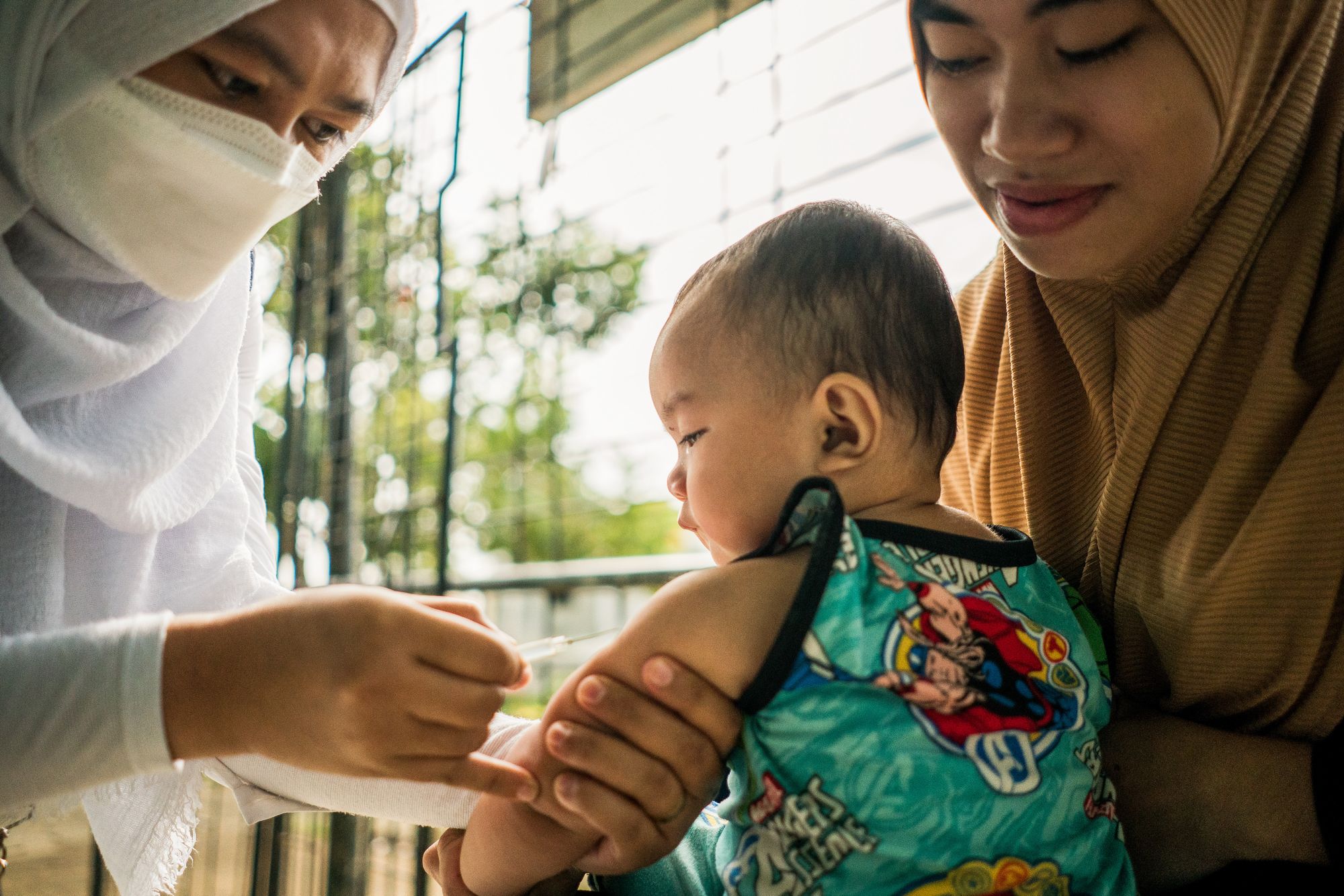
The European Court of Human Rights has ruled in favour of same-sex relationship recognition in Bulgaria, championing the rights of two women married in 2016. This landmark decision paves the way for greater equality, requiring Bulgaria to ensure the protection of same-sex couples' rights to private and family life. HRW
Two big wins for human rights in Asia. A lesbian couple in South Korea have welcomed their first child via IVF in a historic milestone for the country’s LGBTQ+ community; and Hong Kong's top court has ordered its government to legally recognise same-sex relationships, giving it two years to enact a scheme.
In the last decade Taiwan has shifted from lax alcohol control to a global exemplar of responsible drinking. Tighter advertising restrictions, revised taxation, and enforced minimum age laws have resulted in an 80% drop in alcohol-related traffic deaths and a 40% decrease in drunk-driving injuries. Think Global Health
For nearly as long as Medicare has existed in the United States, it has alarmed politicians and budget experts. Now, however, something strange has been happening. Instead of growing as it always had before, spending per Medicare beneficiary has nearly leveled off. 'Without a doubt, this is the most important thing that has happened to the federal budget in the last 20 years.' NYT

There are around 48 million kids eligible for preventive malaria drugs. In 2013, hardly any of those kids got them. In 2023, almost 100% will, with half the funding coming from The Global Fund and a third from donations to the Malaria Consortium, the charity made famous by Give Well. Effective altruism FTW.
China's aggressive 'war against pollution' over the past decade has led to a 42% drop in pollution levels since 2013. This remarkable progress has added 26 months to the average Chinese citizen's lifespan. Measures include restrictions on car usage, bans on new coal plants in polluted areas, and mandated cuts in emissions. CNN
Most people assume that unhoused people cannot manage their money. This is not true. Canadian researchers gave 50 people experiencing homelessness a one-time lump sum of $7,500, and the recipients spent it mostly on food, housing, transit, and clothing. They also spent an average of 99 fewer days homeless and spent less time in shelters—'costing' society less by doing so. Vox
Paris has revolutionised its water management, transforming the historic Canal Saint-Martin into a clean, swimmable waterway. Since 2009, the city has set up thousands of water fountains, reduced water prices by 8%, saved a million cubic metres of water a year by fixing leaks, and cut water usage by 10%. RTBC

In Sierra Leone, four in five births now take place in healthcare facilities, up from half a decade ago; in Bangladesh new funding will bring primary healthcare to 2.5 million children; in India almost 30,000 more children will survive past their first birthday this year compared to last year; and in Ghana, immunisation rates have skyrocketed thanks to drones. Scotland is planning to move to a four-day work week for civil servants; in London, all primary school students will now get free meals; and travelling through the world’s most traffic-heavy city just got a lot quicker (and greener). In the United States, the IRS is coming after millionaires for overdue taxes, and young people have become progressively less likely to use alcohol. Oh, and Chile just became the sixth country—and the first in South America—to implement a feminist foreign policy.
The US government has cancelled oil and gas leases on 10.6 million acres of the National Petroleum Reserve in Alaska and prohibited all drilling in the Arctic National Wildlife Refuge. Alaskan oil production has dwindled in the last three decades, and the ban will protect grizzly and polar bears, snowy owls, migratory birds, and herds of moose and caribou. Reuters
The state of New South Wales in Australia has suspended logging in 106 'koala hubs' on the mid-north coast while they consider plans to establish a great koala national park. The hubs cover about 5% of the proposed 176,000 ha of forest and contain 42% of the recorded koala sightings in the area since 2000. Guardian
Mexico has joined a growing list of countries that are working to criminalise environmental damage, also known as ‘ecocide.’ If passed, the new Mexican bill could send offenders to jail for up to 15 years for 'any unlawful or wanton act committed with the knowledge that there is a substantial likelihood of severe and either widespread or long-term damage to the environment.' Guardian
Deforestation continues to decline in Brazil, with a 66% drop in August compared to the same month last year. President Lula has also designated another two new Indigenous reserves to protect almost 207,000 hectares of forest against illegal loggers and gold miners, and the government has removed thousands of cows owned by land grabbers in Ituna-Itatá, one of the most deforested areas in the Amazon.
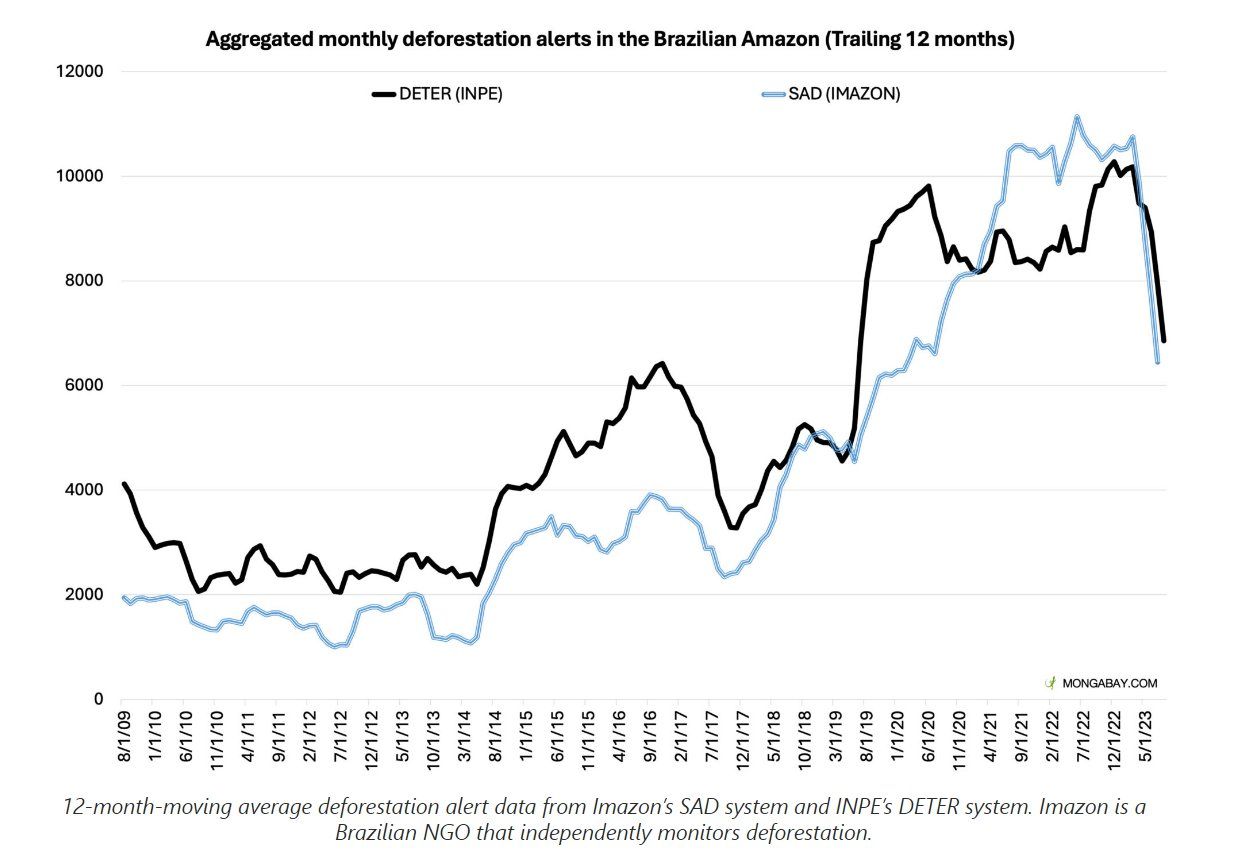
Since the late 1700s, engineers have worked to tame the Mississippi River to flow in a fixed course to reduce flooding and create shipping channels. However, in the face of accelerated land loss, they have changed to an 'engineering with nature' approach, with efforts to reconnect the river to the vast areas of its delta, and to reintroduce fresh water and sediment to restore the coastal system. Yale360
In a hard-won victory for environmentalists, new legislation in California will permanently protect the iconic Western Joshua tree, making it the state’s first law to focus on a climate-threatened species. Between 1895 and 2016, the annual precipitation in Joshua Tree National Park dropped by 39% due to rising temperatures. Guardian
It’s been a long journey to get here. We can finally move on from the debate over whether Joshua trees should get protection, to focusing on actually implementing measures to help ensure that they get through the very difficult decades ahead.
Brendan Cummings, Center for Biological Diversity
Wild Atlantic salmon in New England have had their most productive year in over a decade with more than 1,500 salmon counted in the Penobscot River in Maine, which is home to America’s largest run. Conservation groups have worked hard to remove dams and restore salmon in the area, and it looks like their efforts are paying off. AP

Peregrine falcons are back from the brink of extinction and are now flourishing across the USA, thanks to a decades-long collaboration between falconers and researchers. Since 1974, the reintroduction program has released over 6,000 peregrine falcons, and the species was officially de-listed as endangered in 1999. Gazette
If you want a success story, they are truly a success story. It's not all gloom and doom. There's not nothing that we can do.
Amy Ries, Decorah-based Raptor Resource Project
The newly designated ‘Archibald Lake Wilderness Area’ in Nova Scotia will protect 684 hectares of old-growth forest, wetlands, and three lakes. The area is home to 37 rare species, including seven that are endangered, like the mainland moose and Canada warbler. CBC
China has established the world's first International Mangrove Centre in Shenzhen to coordinate international cooperation and exchanges on mangrove protection. Boasting 35,000 hectares of wetlands, with 296 hectares dedicated to mangroves, Shenzen is planning to become a ‘wetland city’ by 2035, with 50 percent of its wetlands under protection. China.gov
Humpback whales have made a spectacular recovery in the Salish Sea. A new ruling from the EPA will protect waterways in the USA from harmful vessel discharges. Atlantic puffins in Maine have enjoyed a second consecutive rebound year with a stable population of 3,000 birds. Conservation groups in Minnesota have saved the Boundary Waters Wilderness Area from two mining leases. California has four new packs of endangered grey wolves, bringing the grand total to eight new wolf packs since 2015. The number of wild golden eagles in Scotland has risen to its highest level in 300 years. Elephant populations in southern Africa have increased by 5% since 2016 to nearly 228,000, and conservation group African Parks will release 2,000 southern white rhinos into the wild after buying the world's largest private captive rhino breeding operation.
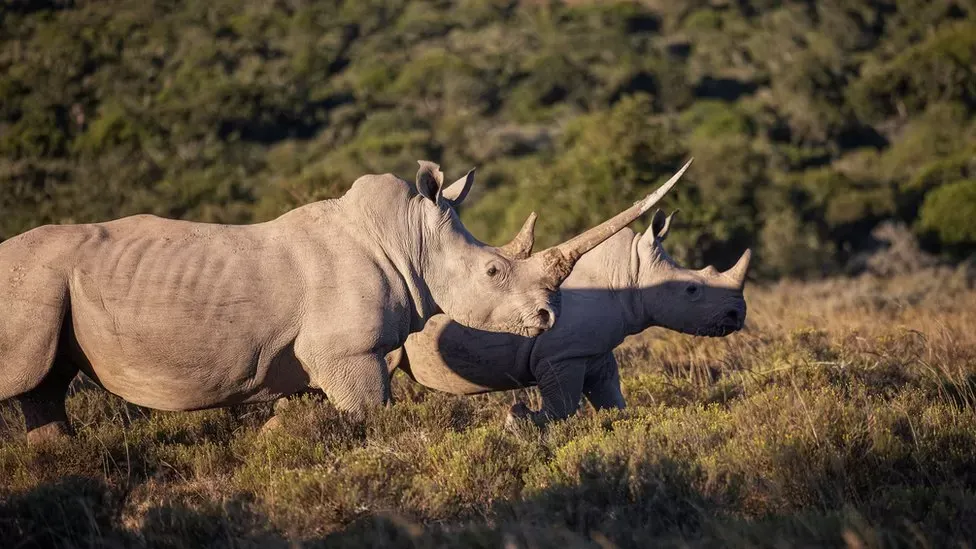
24th August 2023 - 30th August 2023
Nepal has made significant progress in basic and secondary education in the last five years. Between 2017 and 2022, the number of out-of-school children was reduced by 6.76%; high school completion rates increased from 11.5% to 33.1%; and 8.2 million students benefitted from direct interventions to enhance learning, of which 4.07 million were girls. World Bank
Nigeria is one of 12 countries that still haven't eliminated maternal and neonatal tetanus. It's getting closer though—last year, there were only 55 reported deaths nationwide, and the WHO just confirmed that the disease has been eliminated in the northwestern states of Benue, Kogi, Kwara, Nasarawa, Niger and Plateau, home to a combined 31.4 million people.
Schoolkids in eight US states—Minnesota, New Mexico, Colorado, Vermont, Michigan, Massachusetts, California and Maine—now receive free school meals, regardless of family income. Several other states are considering similar programs, and congressional supporters are working on legislation to extend universal free meals to every state. AP
Despite the pandemic and the polycrisis, the poverty rate in Bangladesh declined by 5.6% between 2016 to 2022, lifting almost ten million people out of poverty. The government has cut the extreme poverty rate in half in the last ten years and is now targeting a reduction of extreme poverty to 2.3% by 2031. Bangladesh Bureau of Statistics
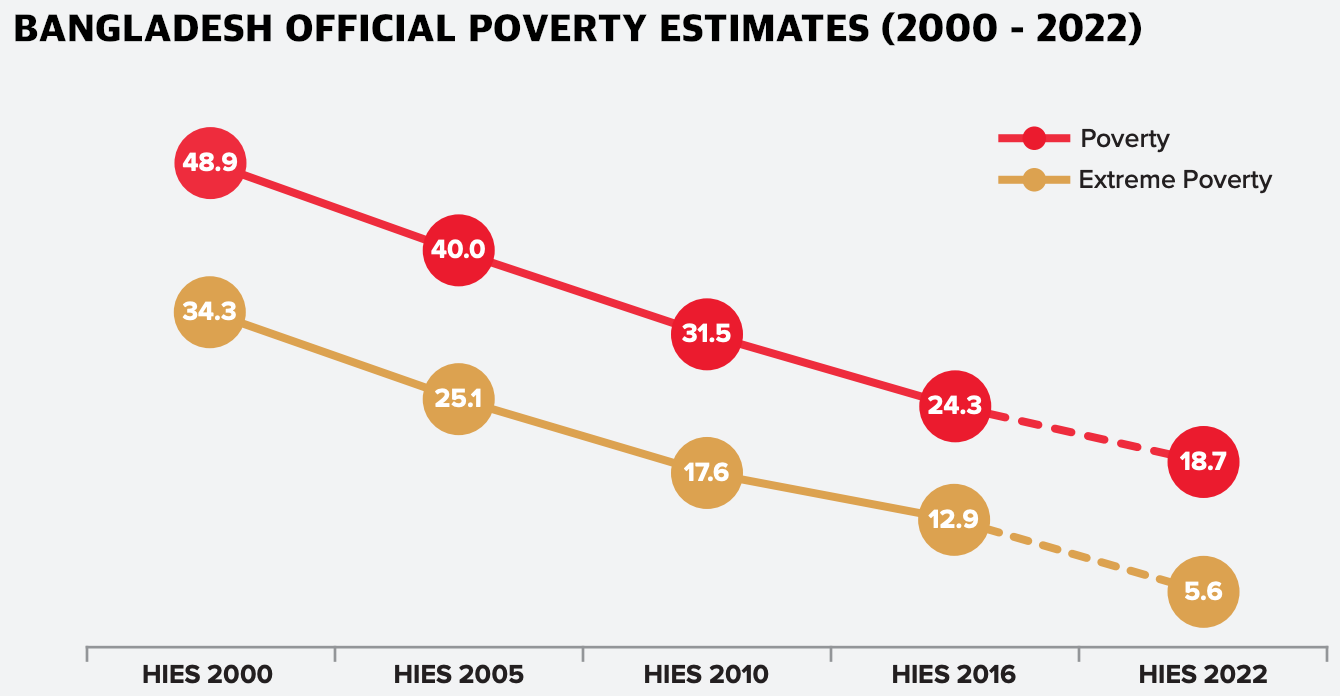
Germany’s government has approved plans for new legislation, known as the Self-Determination Act, to make it easier for trans and non-binary people to change their names on legal documents such as birth or death certificates. 'We simply want to make life a bit easier for a small group for which it has great significance.' Pink News
The US FDA has approved the first vaccine for RSV for use during late pregnancy, giving the country a powerful new tool to protect young children. RSV is the country's leading cause of infant hospitalisation, resulting in half a million emergency room visits and 300 deaths in young children every year. Conversation
RIP Bindeshwar Pathak, social reformer and revolutioniser of national sanitation in India, who brought clean toilets to tens of millions, and in the process, liberated millions from demeaning work they were forced into by caste structures. 'One day all Indians, united in cleanliness, will worship together, dine together and bathe in the same pond.' Economist
As of last week, the Indian state of of Tamil Nadu has expanded its free breakfast scheme to 1.7 million students in government schools, with the stated aim of 'ensuring adequate nutrition, decreasing malnutrition incidents, improving school attendance and retention rates, as well as providing relief to working mothers.' Tribune

Earlier this month, more than 800,000 student loan borrowers in the United States started having their debts discharged, after the government announced it would forgive a combined $39 billion in federal student loan debt. In total, the Biden-Harris Administration has approved more than $116.6 billion in student loan forgiveness for more than 3.4 million borrowers.
When was the last time you heard news out of Spain that didn't involve wildfires, elections or sleazy football officials? How about this: in the next month, powerful new labour laws protecting vulnerable groups will go into force, Catalonia will implement a rent freeze f0r 80% of its population, and a wide-ranging animal welfare bill will come into effect. The Local
MacKenzie Scott has given more than $14.1 billion to 1,621 charities since 2020. Latin America’s central banks declare victory in the war on inflation, and eight countries in the region have now banned e-cigarettes. Ghana has broken ground on a huge vaccine factory that will produce 600 million doses a year. Violent deaths in Brazil have reached their lowest level in 12 years. Germany just unveiled a draft bill legalising the use of recreational marijuana. Not all heroes wear capes—meet some of the extraordinary workers bringing health and nutrition to children in Afghanistan.
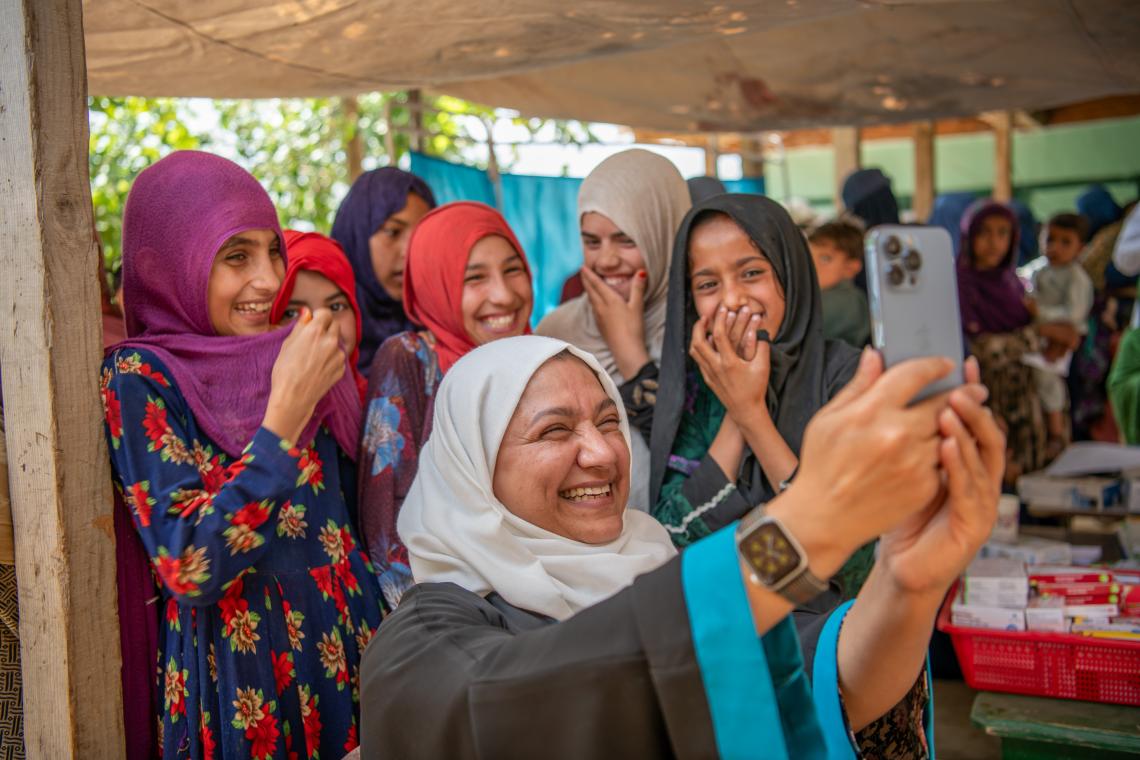
In Pichincha, Ecuador, 120,722 hectares have recently been protected, safeguarding 13 different ecosystems, 67 endemic bird species, and water sources for local communities. The network links to a further 74,281 hectares of parks in Mejía, creating protected migration corridors for pumas, Andean bears and imperilled species like the Andean condor and the capuchin monkey.
The Canadian government is partnering with Arctic First Nations to develop a new protected area spanning 15,000 km2 of the Labrador Sea. In Baja California, indigenous fishing communities are advocating for the expansion of the Cabo Pulmo National Park, which was designated on the southeastern tip of the peninsula in 1995, resulting in a 465% increase in fish populations.
Four years ago, Montreal decided to make a 2.5-kilometre stretch of Mont-Royal Avenue car-free every summer, and after rave reviews from users and local businesses, a further nine streets have been transformed this year. 'Thick crowds almost around the clock, shopping, wandering or sinking into the baby-blue Adirondack chairs laid out for public use.' Energy Mix
Indigenous ranger groups in Australia have burned 23,000 km2 across the Great Sandy, Tanami, Gibson, and Great Victoria Deserts this year. 'The goal is to shift from wrong-way fire—where fuel builds up until large, damaging bushfires ignite—to right-way fire, culturally informed fire regimes led by traditional owners.' Conversation
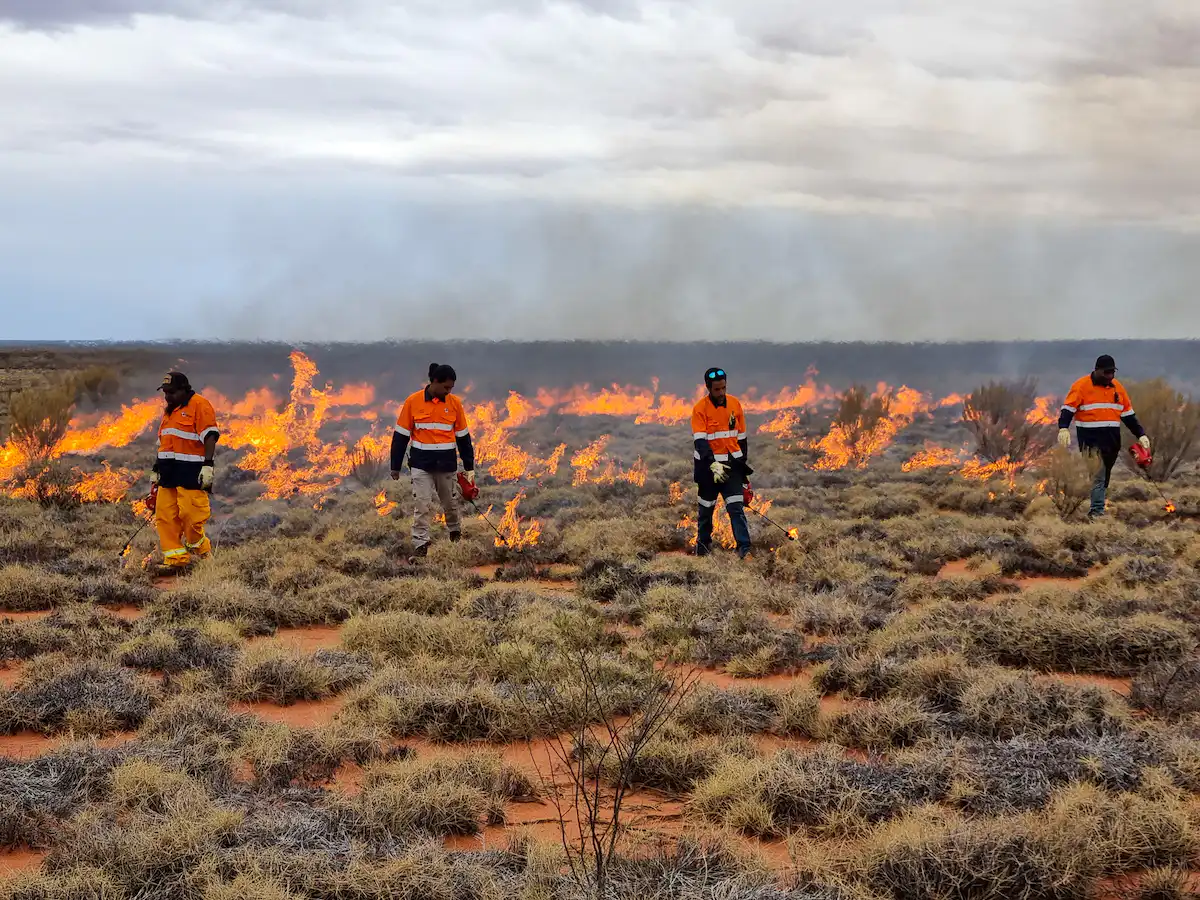
185 countries have joined forces to launch a biodiversity fund. Canada and the UK made initial contributions, and further investment will come from governments, philanthropy, and the private sector. At least 36% of the fund’s resources will support the small island states and countries most vulnerable to climate change. Mongabay
Composting is already mandatory in Queens, New York, and will roll out across New York City and Brooklyn over the next year. The program requires residents to separate food scraps and yard waste from their trash and is thanks to the Zero Waste Act that passed this summer. NYT
The Biden administration has pledged $106 million for salmon recovery programs. The 16 projects will aid the recovery of 28 endangered salmon and steelhead species, including Central California Coast coho salmon and Sacramento River winter-run Chinook salmon. Florida Phoenix
A family-run environmental organisation in Indonesia called Sungai Watch has successfully removed 1.2 million kilograms of plastic from polluted rivers and mangroves; and out to sea, nonprofit The Ocean Cleanup has collected over 11,000 kilograms of trash from the Great Pacific Garbage Patch—the most rubbish cleared from a single extraction.
Our goal is to kind of put ourselves out of business. We don't want to be doing this forever and ever.
Alex Tobin, Ocean Cleanup

A landmark victory for sea turtles in Florida, home to over 90% of all sea turtle nests in the US, with the implementation of enhanced protections for critical nesting sites; and in Texas, the legislature has voted to invest $1 billion towards new state parks after decades of environmentalist activism. This is a big deal—only 2.4% of land in Texas is currently protected.
South Carolina has increased its protections for horseshoe crabs, and in Louisiana, restoration work has commenced on reconnecting wetlands to the Mississippi River to keep up with rising sea levels. 'By working with nature—instead of against it—coastal communities will once again be protected for generations to come.'
A prehistoric, flightless bird has been returned to the wild in New Zealand after it was deemed extinct in 1898. Thanks to decades of conservation work, 18 takahē were released onto the alpine slopes of South Island. Since the bird’s rediscovery in 1948, the population has increased by 8% a year to reach 500 today. Guardian
A Tasmanian devil breeding program in New South Wales has produced its 500th joey after ten years of 'blood, sweat and tears.' The program started with 44 disease-free devils in 2011, after 90% of the wild population was wiped out by a highly contagious and fatal facial tumour disease. ABC
Miyawaki forests in the New York Times! Tiny forests are popping up across the US, with sites in Washington, LA, and Cambridge. Based on the Miyawaki method, these native forests grow up to 10 times the speed of conventional planting, and these postage-stamp-sized plots are delivering big environmental benefits in cities around the world.
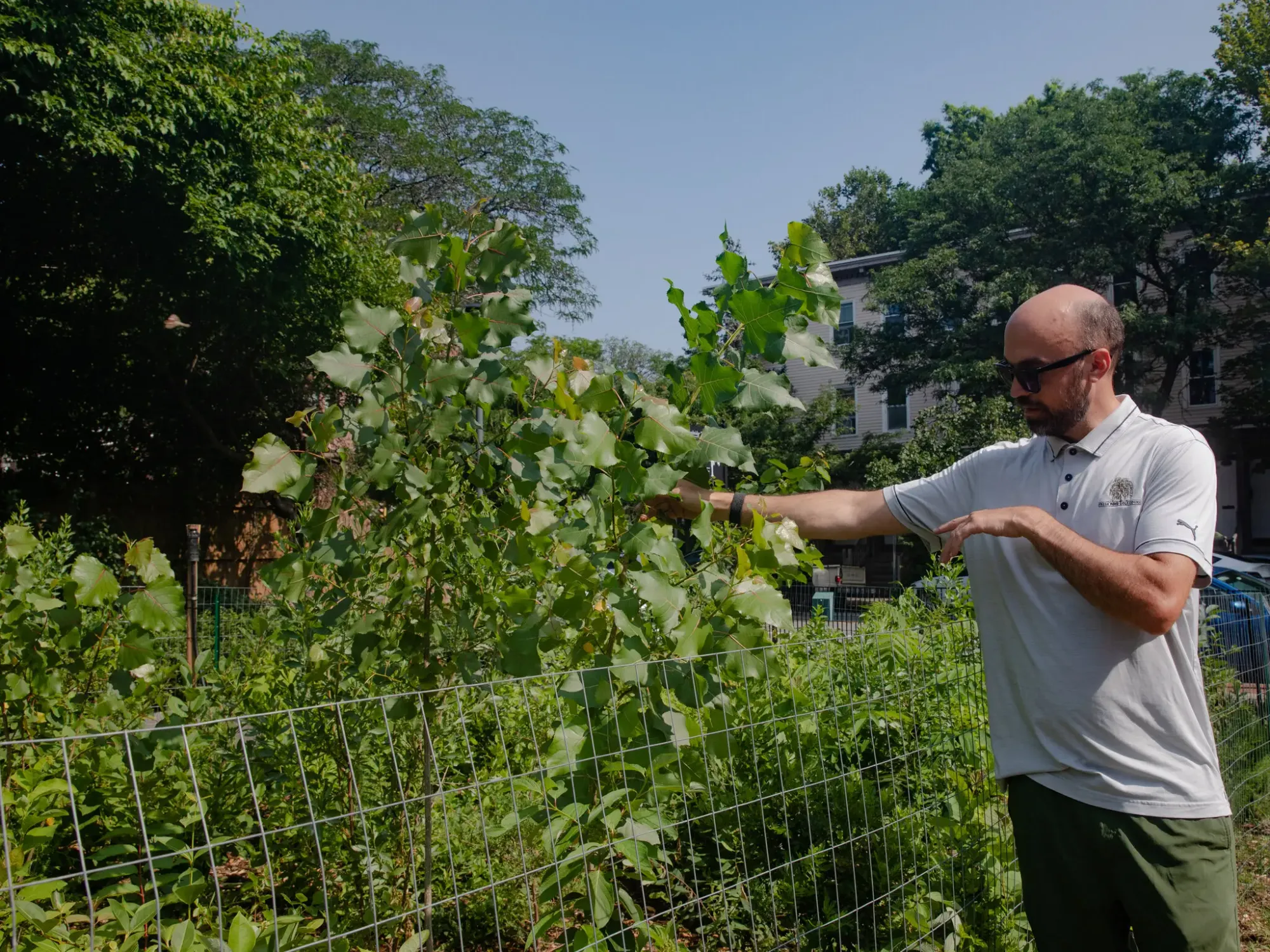
17th August 2023 - 23rd August 2023
School feeding programs have become some of the largest and most widespread social safety nets in the world, and more children now have access than ever before. The number of children benefitting from school meals worldwide is now 418 million, 30 million more than the 388 million reached before the pandemic in early 2020. World Food Programme
Oxford researchers have successfully tested a new malaria vaccine, known as RH5, which targets a different stage of the malaria parasite’s lifecycle than the RTS,S and R21 vaccines (we've covered those here before). A trial of 63 people in Tanzania showed a strong immune response in young children, suggesting this vaccine could work as a second line of defence. Ars Technica
Jeff Asher says US murder rates in 2023 are down nearly 13% in 114 cities with available data, and on track to fall this year at a level not seen in decades (if at all). This story is slowly getting some traction—here's the WSJ: 'While murders increased significantly in 2020 and 2021, other violent crimes declined. And since murders are waning in 2023, the chances of a long-term upswing in crime look slim.'
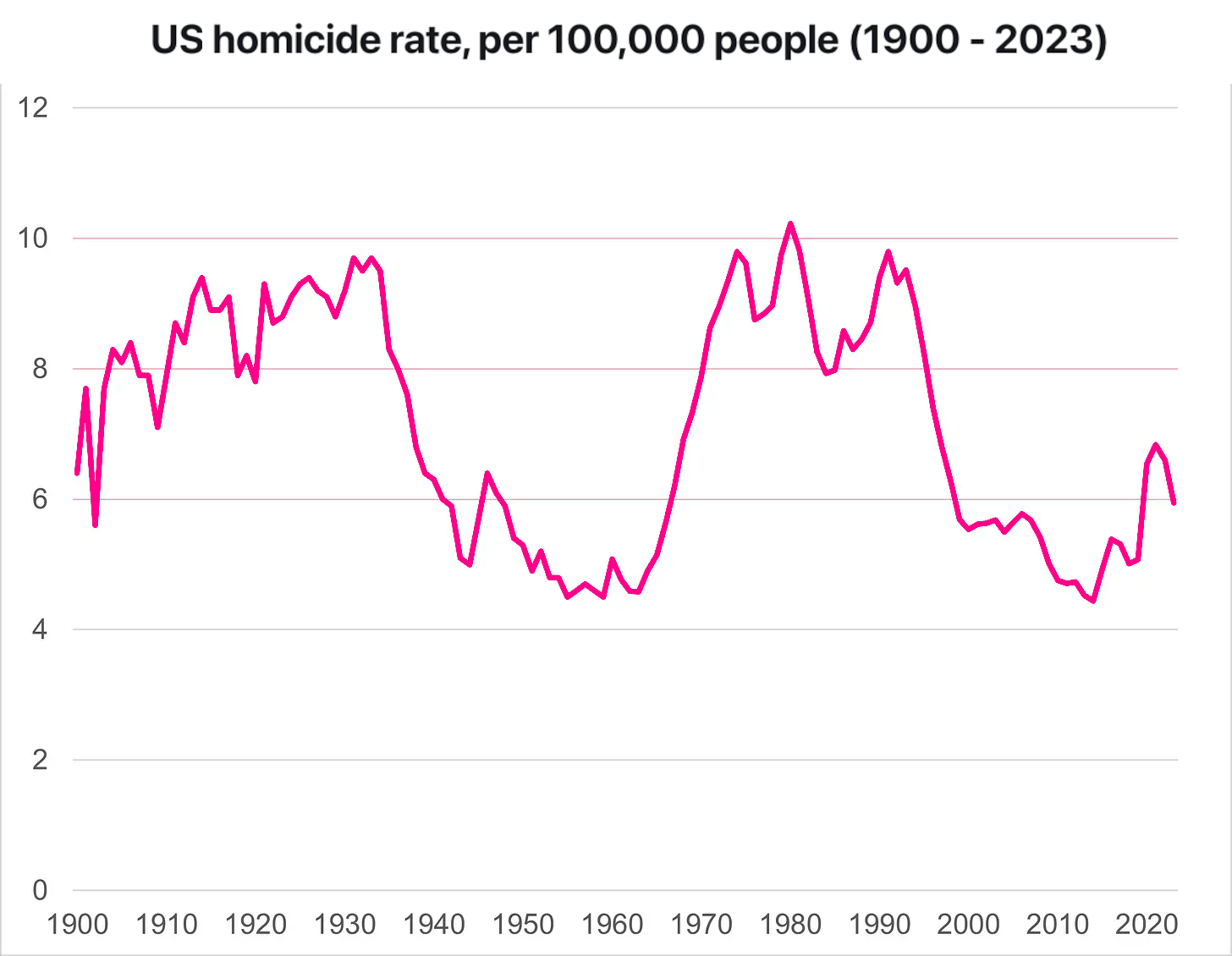
The US government has invested billions of dollars into creating a more inclusive, accessible, and equitable country for the 61 million individuals with disabilities in America. Now, on the 33rd anniversary of the American with Disabilities Act, it's proposing a new rule to make online access to state and local services easier for people with vision, hearing, cognitive, and manual dexterity disabilities.
Massachusetts has made its free lunch program permanent, paid for by proceeds from a new state tax on millionaires. A 4% tax on the state's wealthiest residents, approved by voters last year, will raise $1 billion, and a portion of those funds will be used to provide all public school students with free weekday meals. Progressive. Food Tank
Did you know that the global price of wheat is now lower than it was before Russia invaded Ukraine? Did you know that the EU has reached its target of filling 90% of gas storage facilities 70 days ahead of schedule? Did you know that the counter-offensive against Russia by Ukrainian forces is going a lot better than most media outlets are reporting?
Cambodia just completed a five-year project to improve high school education. It reached almost half a million students, built 30 new schools, constructed or renovated 832 classrooms, installed 276 laboratories or subject learning facilities, and upgraded the qualifications of 2,948 teachers and school leaders. World Bank
Could 2023 be the year that humanity stops polio? Pakistan has reported just two wild polio cases this year; Afghanistan, five. The virus appears to be cornered—transmission is now restricted to just seven districts in Pakistan and two provinces in eastern Afghanistan. 'We’ve never seen what we’re seeing now.' Nature
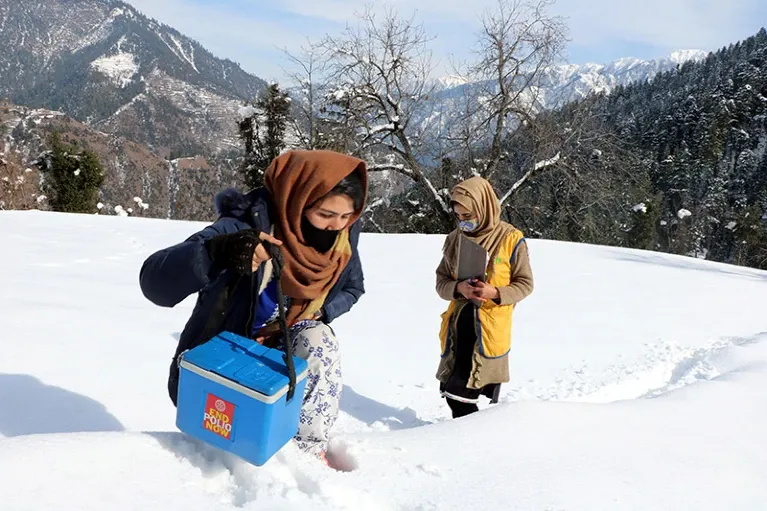
Maputo, the capital of Mozambique, has recently completed a major upgrade to its water system. It has constructed a new water treatment plant on a second river, increasing the volume of treated water by one-third; built a 95 km pipeline to bring that water to the city; and installed hundreds of thousands of new connections to supply households and communities along the line.
When we started the project in 2015, we provided water to around 800,000 people. Today, we increased the distribution to 1.7 million people and expanded the network to several neighborhoods previously without access.
Victor Tauacale, Director, Mozambique Water Asset Holder and Investment Fund
Kenya looks increasingly like it could become an anchor for broader progress in East Africa. Last year it conducted peaceful and democratic elections, 87% of the population now has access to the internet, electricity access has increased from 32% of households in 2013 to 75% in 2022, and the grid is already over 80% renewable. Bloomberg
The last decade has also seen significant progress in healthcare. The percentage of mothers who deliver under skilled care in Kenya is now 89%, compared to 66% in 2013, resulting in a dramatic decline in maternal and child mortality rates. During the same period, under-five mortality fell from 52 to 41 per 1,000 births, and infant mortality from 39 to 32 per 1,000 births. Nation
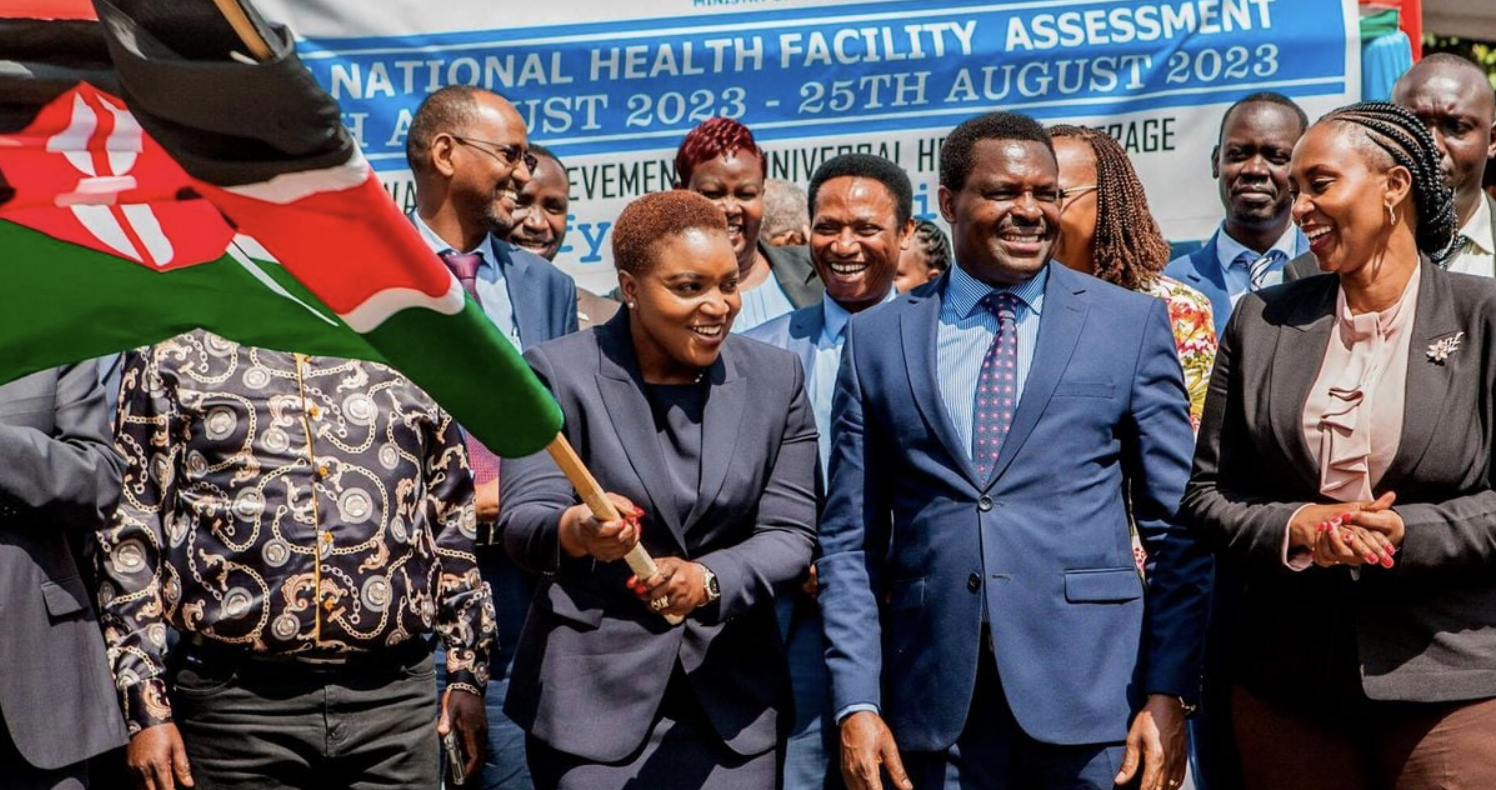
The number of human beings without access to electricity has fallen from 1.1 billion in 2010 to 675 million today. Millions of people are about to gain access to a lifesaving medicine for drug-resistant tuberculosis. The US government is spending a staggering $3.5 billion to repair communities through pedestrian, bicycle, and transit solutions; India’s infamous air pollution levels have finally started to decline; and volunteers in Cambodia recently vaccinated 75,000 dogs against rabies in just ten days. A landmark victory for First Nations in Western Australia, and a seminal moment for trans rights in Mexico. Free breakfast for all students in Pennsylvania and hundreds of new childcare centres in Michigan. Benin just launched a project to bring clean drinking water to 80,000 people; Morocco is rolling out a plan to heal soils across Africa; and Mauritius has become the first African country to implement the WHO's full package of tobacco controls.
In a historic referendum, Ecuador has voted to stop oil drilling in the one-million -hectare Yasuní National Park in the Amazon, one of the most biodiverse regions on the planet. Just 2.5 square acres of Yasuní contains more animal species than the whole of Europe. Voters opted to safeguard the unique biosphere by a margin of nearly 20%.
Finally, we are going to kick oil companies out of our territory! This is a major victory for all Indigenous peoples, for the animals, the plants, the spirits of the forest and our climate!
Nemonte Nenquimo, Waorani leader
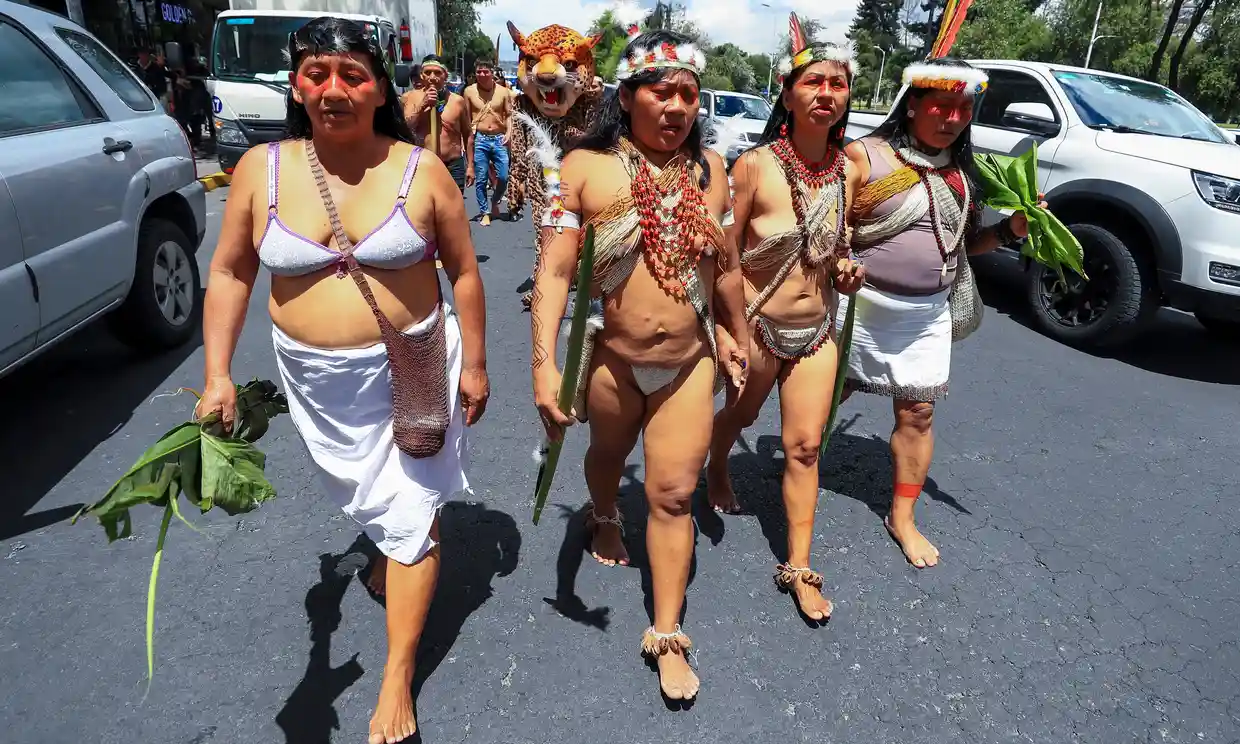
Mexico just announced 13 new conservation areas covering 44,276 acres, adding to the now 200 total federally protected areas. Since taking office in 2018, President Andrés Manuel López Obrador's administration has protected over four million hectares of land and water.. Mongabay
Brazil is cracking down on illegal mining in conservation parks and Indigenous territories. Operations have focused on the Alto Rio Guamá Indigenous territory, where 43 dredgers, 33 excavators and 30 pump engines have been destroyed. It’s one of the biggest federal actions against illegal mining in decades. Guardian
The leaders of a global wildlife trafficking gang have been convicted after a four-year investigation and a trial in Nigeria. These 'top-of-the-pyramid' traffickers were responsible for half the illegal trade in pangolin scales. This is the story of how they were outwitted by fake buyers and sting operations—conducted by a small European charity. BBC
This is a story of how rewilding has transformed a 3,500-acre estate in West Sussex, England, from a debt-ridden, conventional farm to a profitable haven of biodiversity. Amongst the hundreds of species that have returned is the stork, a symbol of hope, rebirth and regeneration. If you read one conservation story this week, make it this one. Mongabay
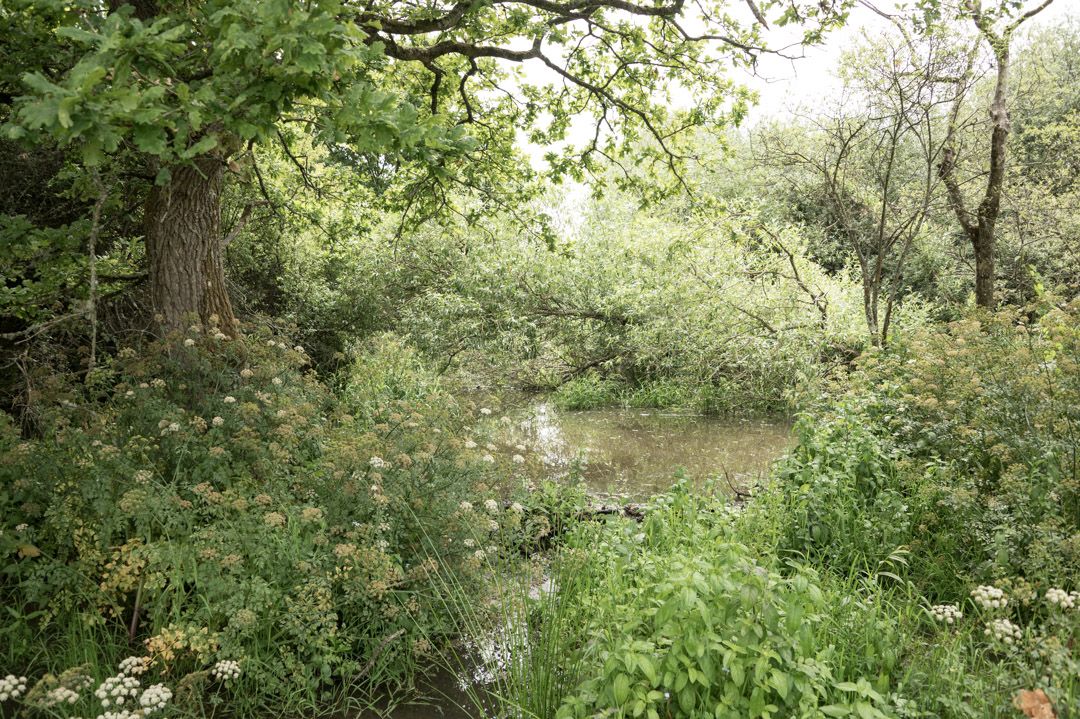
Serra da Capivara National Park in Brazil is home to the largest and oldest concentration of prehistoric art in the Americas, and its protection is thanks to one person: archaeologist Niéde Guidon, who has fought for 50 years to preserve the park while contributing to the social development of local communities. Mongabay
Three species recovery stories from the United States. The golden paintbrush, an endangered plant, has recovered from 20,000 plants in 1997 to over 325,000 today. A record-breaking number of green sea turtle nests have been counted on Texas beaches, and in Florida the Okaloosa darter, a tiny two-inch fish, has swum off the endangered species list thanks to a 30-plus-year conservation effort.
Volunteer environmentalists in Louisiana are restoring sections of coastline on the Gulf of Mexico with oyster shell reefs, created from the waste of hundreds of restaurants around the state. In nearly a decade of work, they've recycled almost 6 million kilograms of shells, protecting over 2,500 metres of shoreline. Other oyster shell recycling programs are happening around the US too. RTBC
Hot on the heels of the successful youth climate court case, conservationists in Montana have won another victory, convincing a judge to halt a 95,000-acre logging project due to its impact on global climate change and an isolated population of grizzly bears in the northwest of the state. Flat Head Beacon
And while we're on the subject... here's a feature in none other than Cosmopolitan about five of the young women involved in that landmark climate victory last week. 'Our voices can really, truly make a difference. It felt unbelievable. I never hoped for that broad and positive of a ruling.'

10th August 2023 - 16th August 2023
UNICEF says there were 16 million fewer stunted children in India in 2022 than in 2012. The prevalence of stunting—the result of poor nutrition in utero and during early childhood—fell from 42% to 32% during the last decade, and India’s share of the global burden declined from 30% to 25%. Times of India
Fatal heart disease in the United States dropped about 4% a year between 1990 and 2019. It's still the country's leading cause of death—but during the last three decades, the mortality rate for women has fallen from 210 to 66 per 100,000, and for men from 442 to 156 per 100,000. This is an astonishing decline, and it could have been even greater if not for an increase in obesity. American Heart Journal
Lawmakers in Ghana have passed a bill that prohibits the naming, accusing or labelling of another person as a witch, with offenders facing up to five years in jail if found guilty. 'It's going to bring about a serious mind shift, correct a lot of ills in our society and I'm confident that we are building a better society for ourselves.' TRT Afrika
Shootings in New York are down 26% this year, and the murder rate has declined by 11%. In fact, the first seven months of 2023 have seen a decrease in five of the seven major crime categories. And yet, in a poll last month, four in ten residents said they’ve 'never been this worried about my personal safety.' Hmmm, any guesses as to why there's such a big perception gap? NYT
When was the last time you heard any news out of Mexico that wasn't about migrants, drugs or crime? How about this: between 2020 and 2022 the number of people living in poverty in Mexico declined by 8.9 million and average household incomes increased by 11%, thanks to a new national minimum wage and the provision of social programs.
Air pollution in Europe continues to fall, according to a new report from the European Environment Agency. Between 2005 to 2021, particulate emissions fell by 27%, and emissions of sulphur dioxide fell by 80%, even as GDP increased by almost 50%. Thirteen of the bloc's member states have now met their respective 2020-2029 targets.
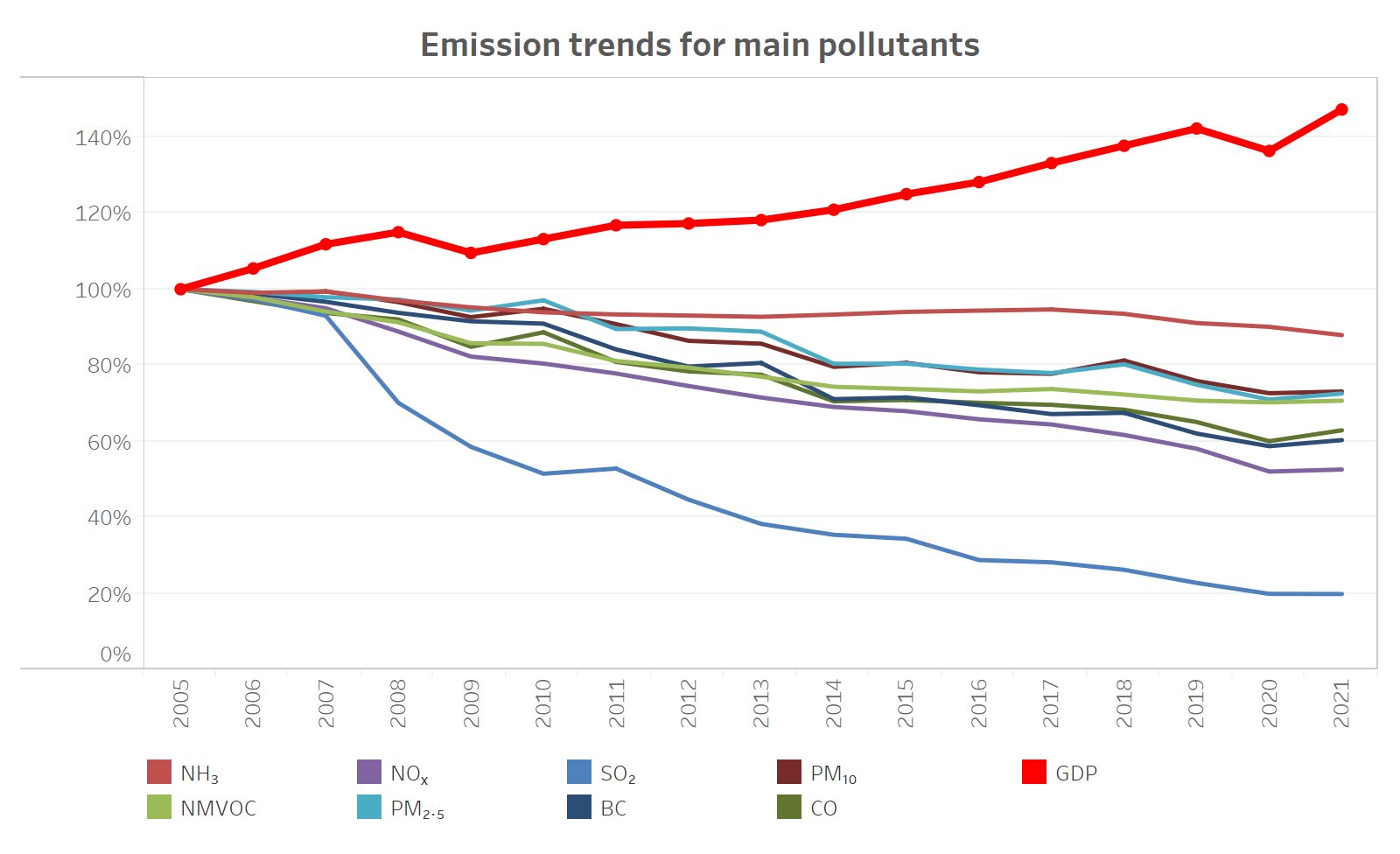
In 2012, India introduced a set of rules that restricted tobacco content in movie theatres and on television broadcasts. Now it's become the first country to regulate tobacco on streaming platforms—serving as a model to other countries for adapting advertising regulations in the digital age. Think Global Health
Individual cigarettes in Canada will now carry warnings such as 'poison in every puff.' The measure, the first of its kind in the world, is one of the new regulations coming into effect this week that will see far tighter controls on the tobacco industry. It's good news. Tobacco kills almost 50,000 Canadians every year. Guardian
The recent slowing of deforestation is part of a broader wave of progress in Brazil. Lula’s administration is close to finalising a major tax reform, FDI and agricultural productivity are rising, grain exports are filling the gap created by Russia's food terrorism, renewable energy investment is increasing, and solar is rapidly growing. Economist
Oman recently passed a new labour law that increases paid maternity leave from 50 to 98 days, guarantees one hour per day of nursing for one year from the end of maternity leave, and explicitly states that termination of employment due to pregnancy, childbirth or breastfeeding is considered arbitrary. Migrant Rights
There's a revolution taking place in the understanding of endometriosis, a disease of the reproductive system that affects the same number of women as diabetes, yet receives 5% as much funding. 'Women’s health is starting to get more attention, and that’s about time. It’s slowly coming together.' Guardian
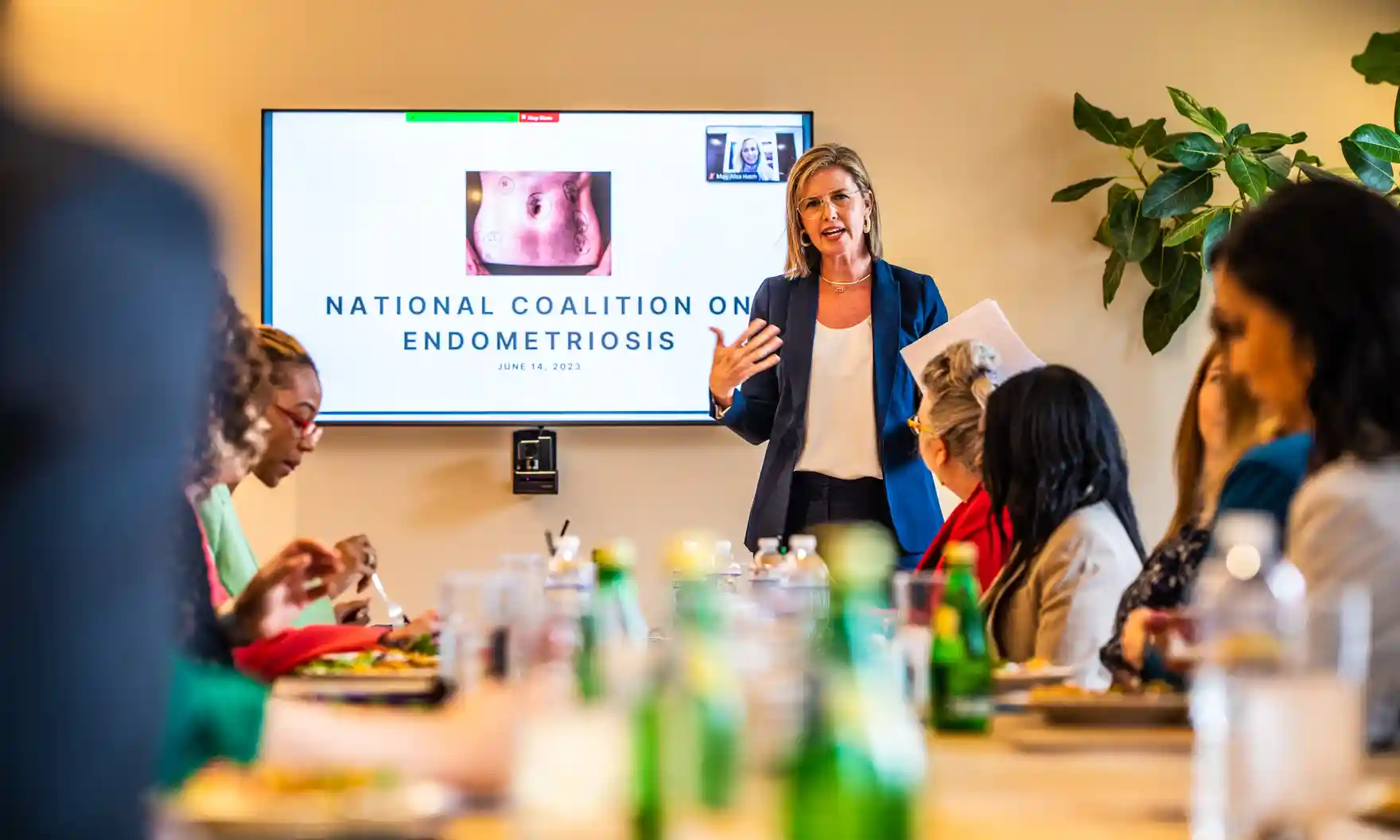
This one's going to be controversial, but if accurate then it's very, very good news. According to Dutch researchers, who looked at over 20,000 measurements worldwide, the extent of plastic soup in the world's oceans is closer to 3.2 million tons, far smaller than the commonly accepted estimates of 50-300 million tons. NL Times
Eight countries—Bolivia, Brazil, Colombia, Ecuador, Guyana, Peru, Suriname and Venezuela—have agreed to protect the Amazon, pledging to stop the world’s biggest rainforest from reaching 'a point of no return,' and laying out a 10,000-word roadmap to promote sustainable development, end deforestation and fight the organised crime that fuels it. Al Jazeera
More on the Baaj Nwaavjo I’tah Kukveni national monument established in northern Arizona last week. The protected area encompasses 4,045 km2, split into two regions, one near the north rim of the Grand Canyon and the other near the south rim. The designation protects the area against all future mineral claims and has strong bipartisan support across the state. Outside Online
Loved this story. A sprawling network of irrigation canals across Spain, created by the Moors 1,000 years ago, are being excavated and brought back to life to adapt to climate change. Over 100 km have now been uncovered, with many more to come. 'Some farmers who were 80 or so were crying because they thought they would never see the water flowing again.' NYT
Pepsi and Walmart are collaborating to help North American farmers adopt regenerative agriculture practices across two million acres of farmland over the next seven years. Nestlé has also pledged £1 billion for regenerative agriculture across its supply chain and has committed to sourcing 50% of key ingredients from regenerative agriculture methods by 2030. Food Service
A flourishing movement of 1,000 'Indigenous Guardians' is redefining conservation in Canada. Five years ago, there were 30 programmes. Today, there are over 120, across every province and territory, and they have over 500,000 km2 of proposed protected areas under consideration, rooted in Indigenous laws, governance and knowledge systems. BBC
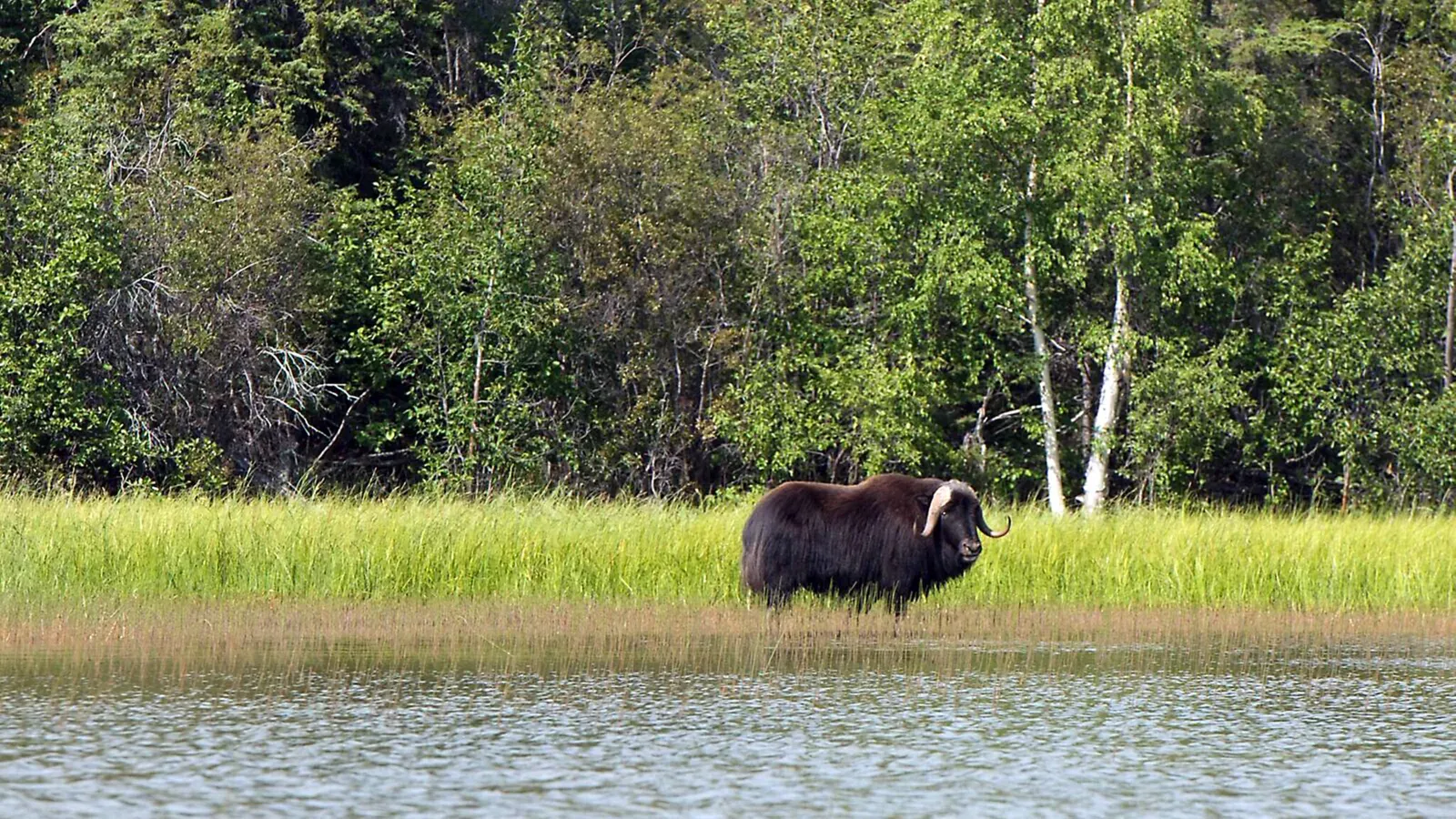
For more than a decade, the Chumash tribe have led a campaign to create a marine sanctuary off the California coast. Now their vision might be nearing reality, as over 18,000 km2 of ocean could soon become the largest national marine sanctuary in the continental United States, as well as one of the first federal sanctuaries spearheaded by a Native American tribe. NPR
A project in the Netherlands will restore the Markermeer, one of the largest freshwater lakes in western Europe, by constructing islands, marshes and mud flats from accumulated sediment. Over the last 20 years, the ecosystem has deteriorated dramatically with water plants and fish struggling to survive and birdlife declining by over 75%. Natuur
Remember that stranded oil tanker in Yemen? Over a million barrels of oil have now been removed, averting disaster. Almost all the oil is now aboard a replacement tanker, preventing a 'monumental environmental and humanitarian catastrophe.' Guardian
Ocean conservation efforts are starting to pay off in the United States. Shark populations are slowly rebounding off the country's coasts after decades of dramatic declines; in Florida, sea turtles have set a record for new nests; and Oregon has extended restrictions on Dungeness crab fishing to protect humpback whales from becoming entangled in crab traps.
The South African government has finally announced fishing restrictions to halt the decline of the Cape penguin, following years of activism from environmentalists, and in Kenya local fishing communities are increasingly starting to establish their own no-take zones, known as tengefu (Swahili for 'set aside').
San Francisco is now at the forefront of global efforts to recycle wastewater from commercial buildings, homes, and neighbourhoods, following a 2015 law that required all new buildings of more than 100,000 square feet to have on-site recycling systems. There are now 48 circular water systems in operation, and 29 more projects being planned in the city. Yale360

3rd August 2023 - 9th August 2023
Maharashtra has become the first state in India to roll out universal healthcare, covering $6,900 in expenses for all residents. The government is also spending $362 million on upgrading hospitals and ensuring that every district in the state has a 50-bed critical care unit. In case the scale of this isn't clear—Maharashtra is home to 120 million people, more than the Philippines or Japan. Hindustan Times
Iraq has eliminated trachoma. The number of people in the WHO's Eastern Mediterranean Region requiring treatment for the disease has fallen from 39 million in 2013 to 6.9 million in 2023. Iraq becomes the 50th country to eliminate this neglected tropical disease, marking the halfway point towards the 100-country target set for 2030. WHO
Gavi has begun disbursing nearly $60 million to the Democratic Republic of the Congo to achieve an ambitious goal of reducing the number of children with zero vaccine doses by 35% by 2025. In total, $400 million has been made available to eligible countries to help fund catch-up efforts on childhood vaccinations.
An incredible effort to reach children who missed out on vaccinations is taking place in Brazil. Community health workers are running free clinics in crowded cities, crossing rivers in canoes, taking weeks-long ferry trips, and hiking to some of the most remote areas in the country. Slowly but surely, it's working. UNICEF
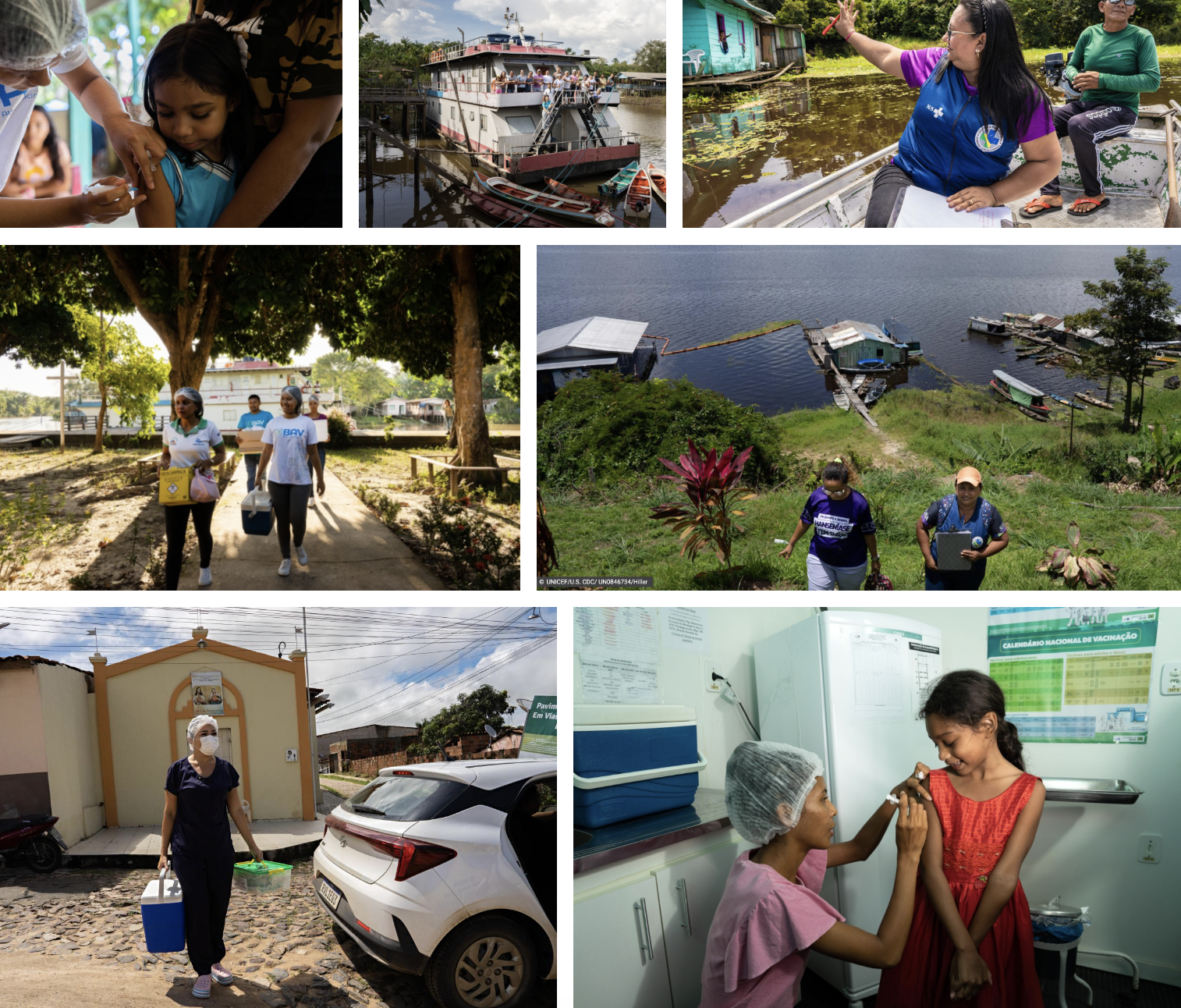
A new report says 5.6 billion people—71% of the world’s population—are now protected by at least one best-practice policy to help reduce smoking—five times more than in 2007. Without the measures implemented in the last 15 years, there would be an estimated 300 million more smokers in the world today. WHO
Iran has made amazing progress in eliminating malaria. Sixty years ago, five million malaria cases occurred every year. By 2010, that had dropped to less than 2,000, and by 2018, to zero. Having now gone multiple years without infections, it's expected to be one of the 25 countries that will eliminate malaria by 2025. WHO
The US FDA just approved the first oral medication designed to treat severe depression related to childbirth or pregnancy, a condition that affects an estimated 400,000 new mothers in the United States every year. AP
The prevalence of exclusive breastfeeding has increased from 38% to 48% globally in the last decade, just 2% short of the 2025 target set by the WHO back in 2014. 21 countries have increased their breastfeeding rates by more than 10%, showing that progress is possible when breastfeeding is protected, promoted, and supported. WHO
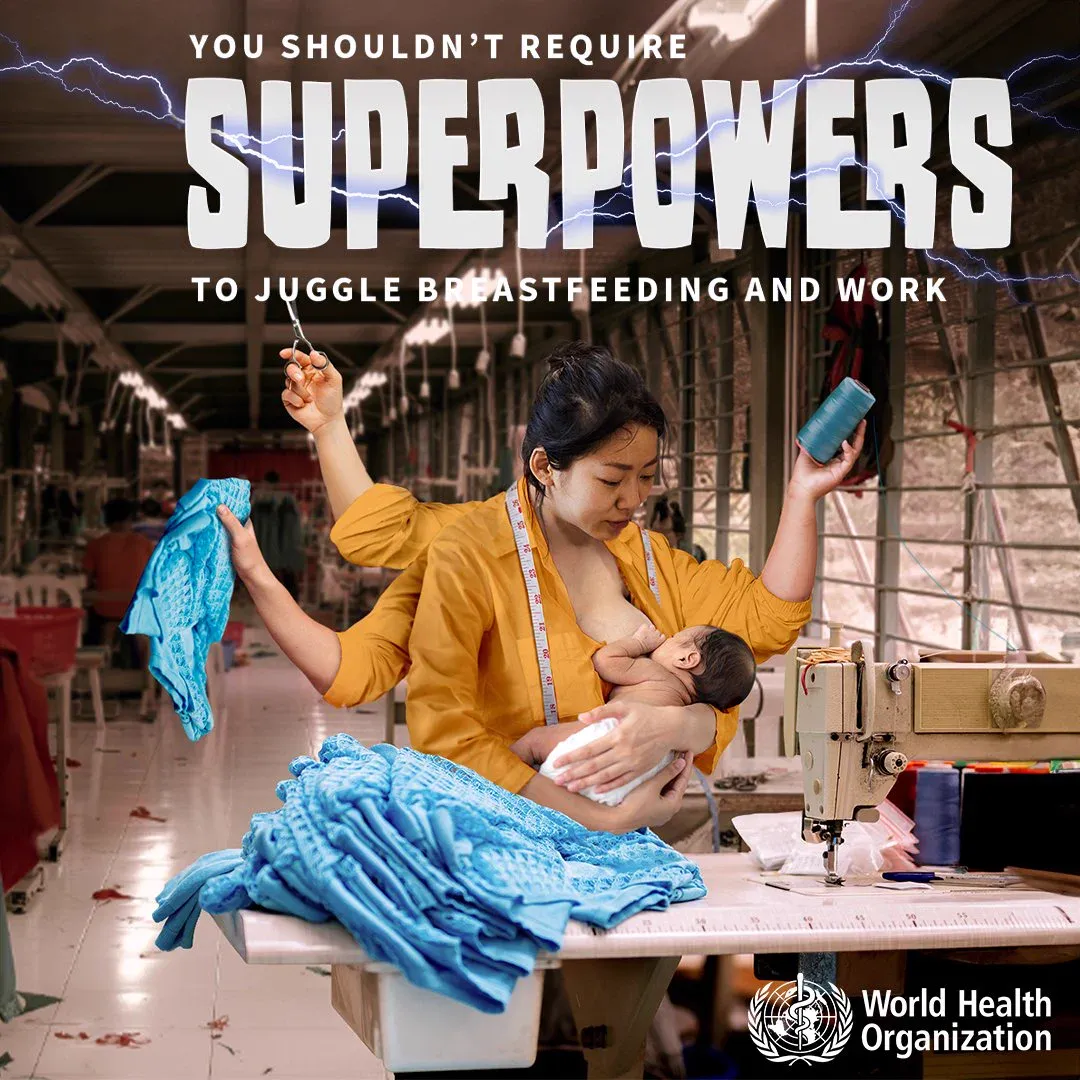
USAID, the largest official aid agency in the world in terms of dollars, just announced a new policy on LGTBQI+ inclusion. 'USAID is incredibly proud to champion LGBTQI+ inclusive development and the human rights of LGBTQI+ people through our work. We stand for nondiscrimination, for empathy and for inclusion.' Washington Blade
It's been a year since the US government signed the bipartisan PACT Act to take care of its veterans. In that time, nearly 786,000 disability claims have been made, 435,000 have been processed, and 348,000 have been approved. 'This new law can be the largest expansion of VA benefits and care in the history of the VA.' AP
Serial killers inhabit a central place in America's storytelling traditions, but their actual number has dwindled dramatically. In 1987, there were 198 known active serial killers and 404 known victims. By 2018, there were only 12 known serial killers and 44 victims. NYT
France: an anarchic, gilets jaunes society on the brink of collapse, right? Nope. The economy is doing surprisingly well, and poverty is far below its European neighbours. School is free from the age of three, and the French live six years longer than Americans. The jobless rate is at its lowest in 15 years, and the country devotes more to social spending than any other in the OECD. Economist
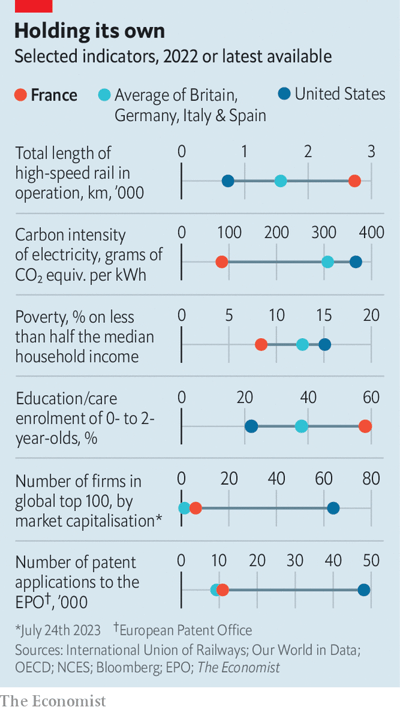
As of last week, Taiwan has made period products available in all schools and is providing additional subsidies for low-income students to purchase supplies they need independently. Its Ministry of Health estimates that about 95,000 students will benefit from the program. Taiwan News
More than 73,000 people in Nigeria just gained access to improved water supplies following the construction of 19 new solar-powered boreholes, and in Uganda a new climate-resilient irrigation project has been launched that will supply more than 108,000 farmers with water over the next six years.
Gabon will wipe $450 million off its national debt by increasing protections of its marine ecosystems. It’s the second African country after the Seychelles to benefit from a debt-for-nature scheme and will use it to expand its network of marine reserves that protect numerous threatened marine species, including leatherback and olive ridley turtles and 20 species of dolphins and whales. Afrik21
President Biden has designated a new national monument to preserve almost one million acres of public land around Grand Canyon National Park. It’s a huge victory for Arizona lawmakers, Tribes and advocates who have pushed for years to protect the area from uranium mining. CNN
Today marks an historic step in preserving the majesty of this place, first among American landmarks, sacred to tribal nations, revered by every American. It speaks to the soul of our nations, reminds them of who we are.
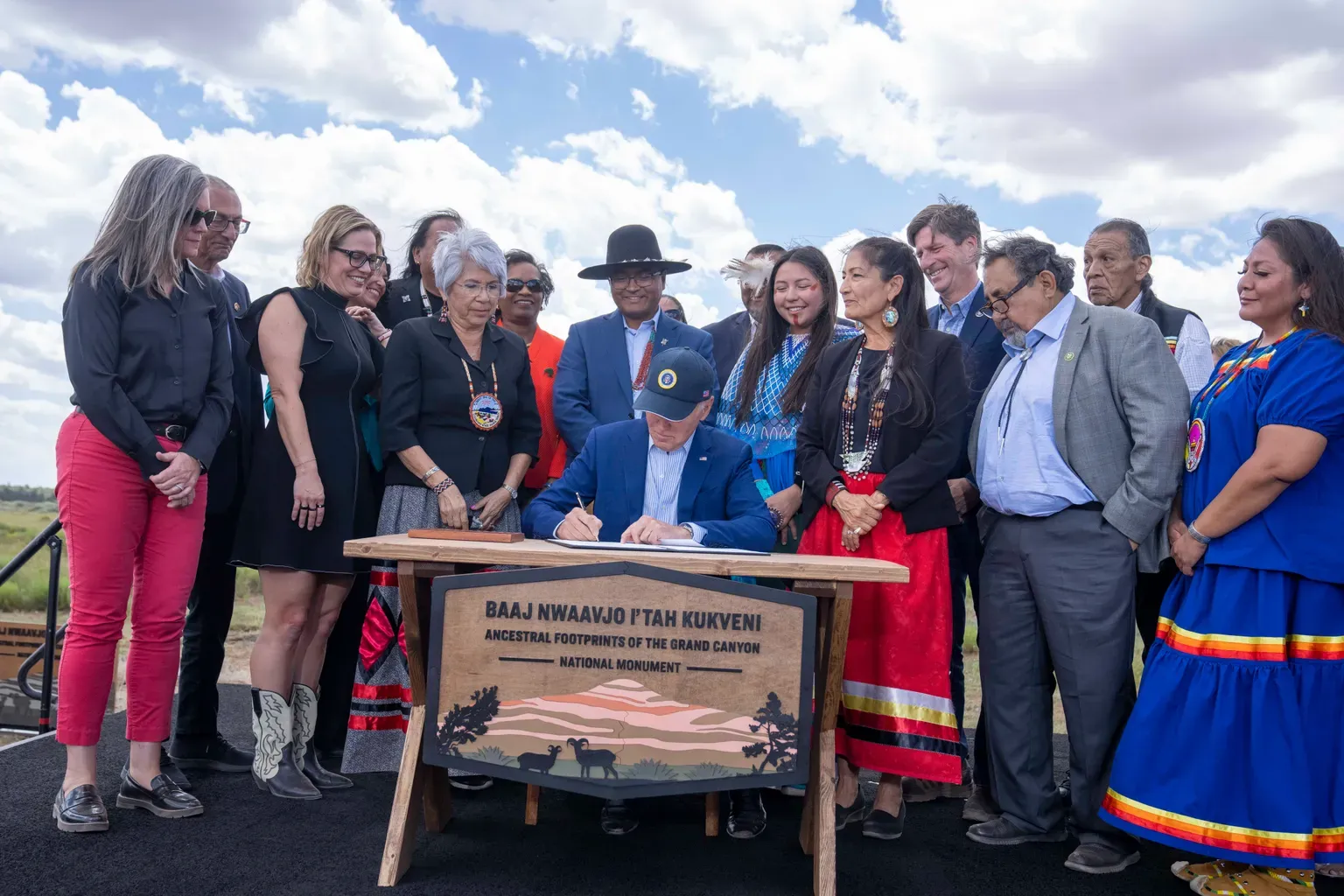
We're posting it for the second time because it's such good news. The downward trend of deforestation in Brazil continues, with a decline of 42% since January, and that trend looks set to continue as eight Amazonian nations meet in Belém this week to discuss how to increase protection of Earth’s largest rainforest. Mongabay
Since 2007, Africa’s Green Wall has restored 18 million hectares of degraded land, an area the size of Cambodia. Senegal has led the most successful effort, inspiring an overall shift from merely tree-planting to a holistic, bottom-up approach that engages local communities to improve long-term livelihoods and incomes. Mongabay
Six new landmark restoration projects across England will boost wildlife recovery for 176,000 hectares of land, including the Tees Estuary, South Downs and the Lost Wetlands in Cheshire and Lancashire. The projects are designed to manage flooding, improve carbon stores, and build diverse habitats for wildlife like the endangered wart biter cricket. BBC
Over 28 years, the New York Restoration project, a nonprofit created by Bette Midler, has transformed the Harlem River shoreline from an illegal dumping ground into bountiful wetlands. The project has been driven by community engagement and consistent stewardship by residents of nearby Public Housing buildings that are located in flood zones. Inside Climate News
To get anything done in New York, you have to move at the speed of trust. You can’t just come into a neighbourhood that doesn’t know you and expect that everything is going to come together seamlessly.
Lynn Bodnar Kelly, executive director of New York Restoration Project
Over the past decade, the largest landfill in Latin America has been transformed into a thriving mangrove ecosystem. Between 1968 and 1996, an estimated 80 million tons of garbage were dumped in the landfill in Rio de Janeiro, polluting the nearby bay as well as surrounding rivers. The city shut the landfill down in 2012 to begin restoration. VOA
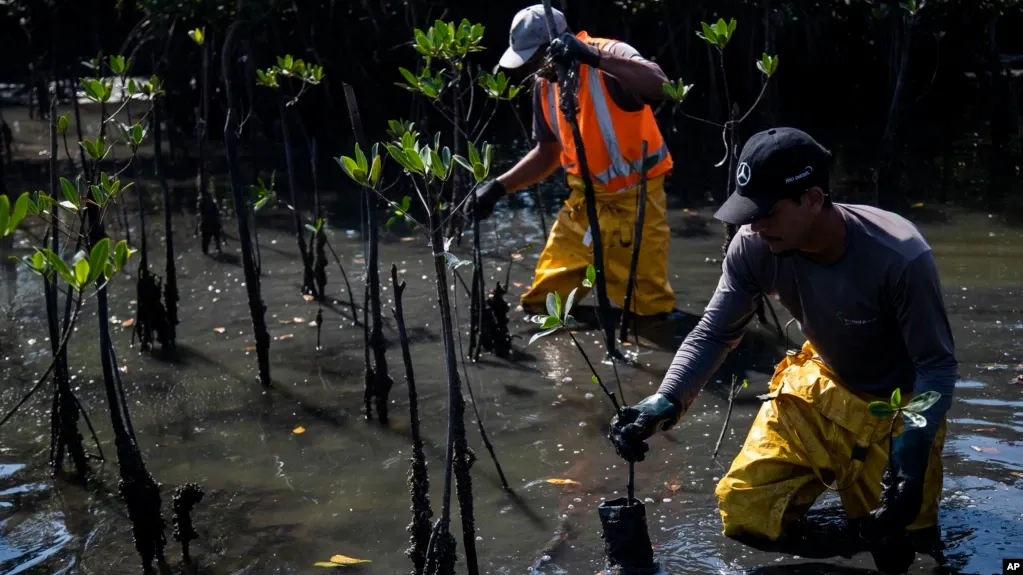
The European Commission will phase out animal testing across the EU for industrial chemicals, pesticides, biocides, and human and veterinary medicines. An estimated eight million animals suffer in laboratories every year and animal advocates are now pushing for a similar ban on animal testing for cosmetics. PETA
Abu Dhabi is becoming a global hub for mangrove conservation and innovation, using drone technology to scatter seeds, which significantly reduces planting costs. Over the last twenty years, the country has planted 20 million seeds and increased mangrove cover by 6,400 hectares. WEF
An NGO in Brazil has created the first protected area for the elusive Kaempfer’s woodpecker after purchasing land in the Cerrado savanna. The bird was believed to be extinct for over a century until it was ‘rediscovered’ in the mid-2000s. The private reserve is part of an increasingly popular trend of buying land to preserve habitats within the Cerrado biome. Mongabay
Our conservation efforts for the woodpecker and the first reserve have paved the way for all the protected areas we manage today and the biodiversity they support. For us, this bird is the living symbol of our work, and seeing it out in the forest is the ultimate reward.
George Georgiadis, co-founder of the Araguaia Institute
Endangered southern right whales are making a slow but steady comeback along Brazil’s coastline, with an annual increase of 4.8% over the past 15 years. The highest number of sightings was 273 whales in 2018. Since 1987, the hunting of whales, dolphins, and porpoises has been prohibited by law in Brazil. Agencia Brazil
Environmentalists are urging the UK government to 'learn from its own successes' after research showed the number of single-use supermarket plastic bags has plummeted by 98% since retailers started charging for them in 2015. 'The success of the plastic bag charge shows that when the government takes real action it gets results, and the public gets on board.' Guardian
Efforts to save Brazil’s golden lion tamarins started in the 1970s, and today the population has rebounded from 200 monkeys to around 4,800. What makes this progress even more impressive is that in 2019 the population experienced a sharp decline from a yellow fever outbreak. Scientists stepped in and vaccinated more than 370 monkeys using shots adapted from the human formula. AP

27th July 2023 - 2nd August 2023
The decline of poverty in India is the most underreported story of our time. Two weeks ago, the country's biggest public policy think tank released a new report, and the numbers are mind-blowing. 135 million people were lifted out of multi-dimensional poverty between 2015-16 and 2019-2021, easily putting the world's most populous nation (and fastest growing major economy) on course to achieve its SDG targets. NITI

2023 marks two decades since the adoption of the Maputo Protocol, humanity's most progressive legally-binding instrument on women’s and human rights. Fourty-four African countries have signed and ratified it, 43 of them now have laws putting the minimum age of marriage at 18, and 22 out of 29 African countries practising female genital mutilation now have national laws banning the practice. WEF
Ghana recently became the fourth country to decriminalise attempted suicide in the past year, following Malaysia, Guyana and Pakistan. Activists say it's a sign of greater awareness and understanding of mental health, with many other countries set to follow. 'There seems to be a domino effect taking place.' Guardian
Egypt used to have the highest rate of hepatitis C in the world. In 2018, the government decided to implement a massive and unprecedented campaign to screen and treat every citizen, crystallising into something called the 100 Million Healthy Lives Campaign. Today, both the World Bank and the WHO say Egypt has eliminated hepatitis C from its entire population. Forbes
Uganda launched a massive, free hepatitis B screening programme in 2015. Today, 90% of all infants receive childhood vaccinations, four million people have been screened, and those infected can access comprehensive treatment services, making Uganda the first country in Africa to surpass the WHO’s programme targets. WHO
The UK Health Security Agency has published new data showing that there were an estimated 70,649 people living in England with hepatitis C in 2022, marking a 45% decrease from the number recorded in 2015. Since 2015, the NHS has treated over 80,000 people as part of its national elimination programme.
In the last 12 months, an NGO called Evidence Action has installed over 24,000 new chlorine dispensers in Uganda and Malawi, bringing its total network to more than 52,000 dispensers providing 9.8 million people with access to safe water, more than double the number of only 18 months ago.
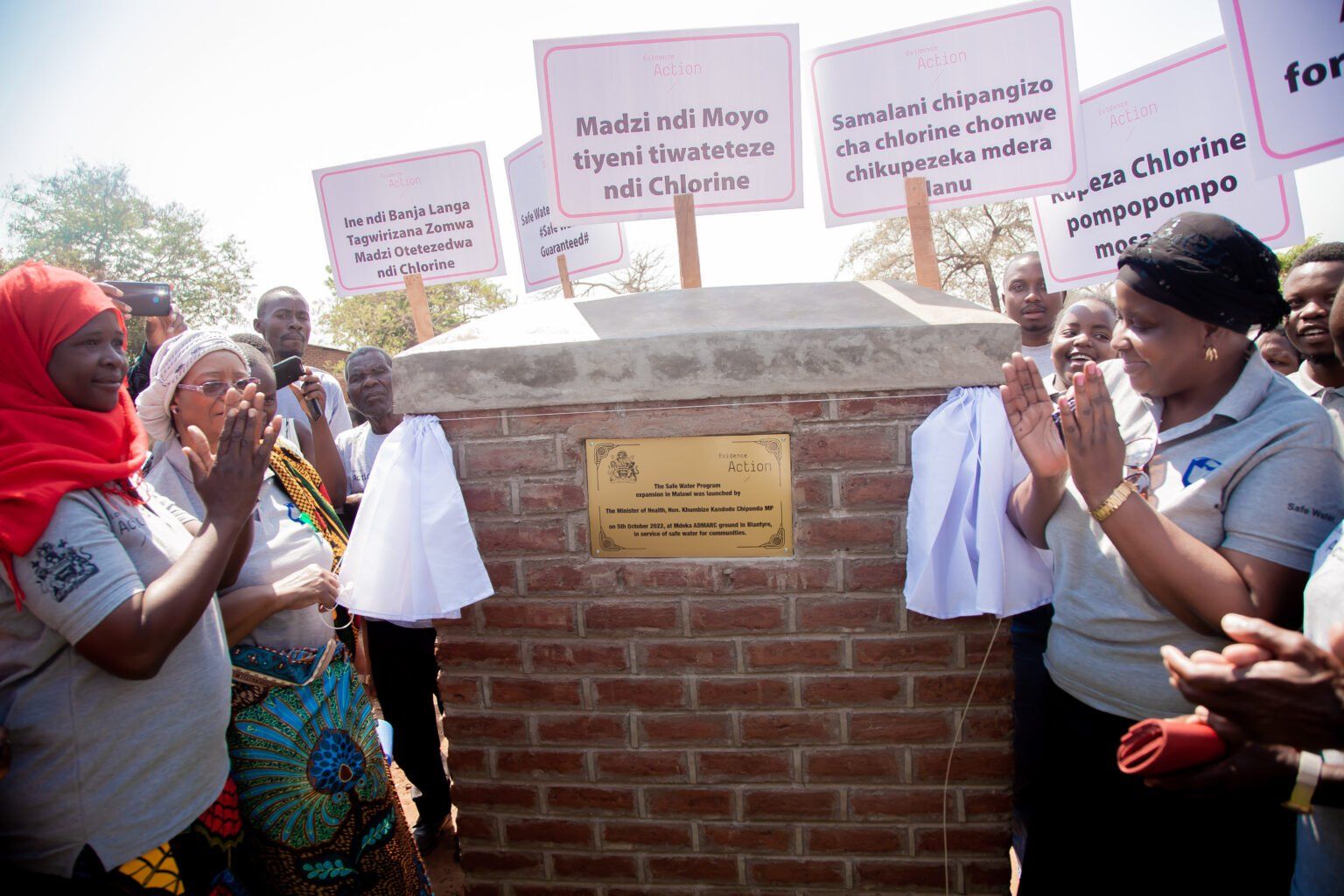
Yes, we know democracy is in mortal peril in the United States–except for the fact that US states have enacted more than twice as many laws expanding voting rights as restricting them in the past year. So yes, 16 states have made it harder to vote, but 26 have made it easier, including both blue and red states. Fivethirtyeight
'I know lots of Americans still think the economy is doing poorly, and are upset about that. But when I look at objective measures, I just can’t rationalize that negative viewpoint. Because as far as I can tell from the actual numbers, this economy is doing really, really well.' Noah Smith
Racial inequality in imprisonment rates in the United States has fallen substantially in the last two decades. Whereas 5,159 out of every 100,000 Black men were imprisoned in 1999, the rate had fallen to 2,881 per 100,000 by 2019—a 44% decrease. The generation of Black men—and, indeed, of all US residents—born after 2001 'is facing a distinctly reduced risk of imprisonment.' WaPo
In 1999 Connecticut had so many people in prison that it paid to send 500 of them to be incarcerated in Virginia. Nearly 25 years later, the state has not only cut its number of imprisoned people in half, but it has been able to close more than ten prisons while keeping its crime rate at its lowest level in more than 40 years. Slate
The Addis-Djibouti corridor, the vital route along which 95% of Ethiopia's trade moves, and a lifeline for Ethiopia's 120 million people, is getting a significant upgrade thanks to the newly approved Horn of Africa Initiative’s Regional Economic Corridor Project. World Bank
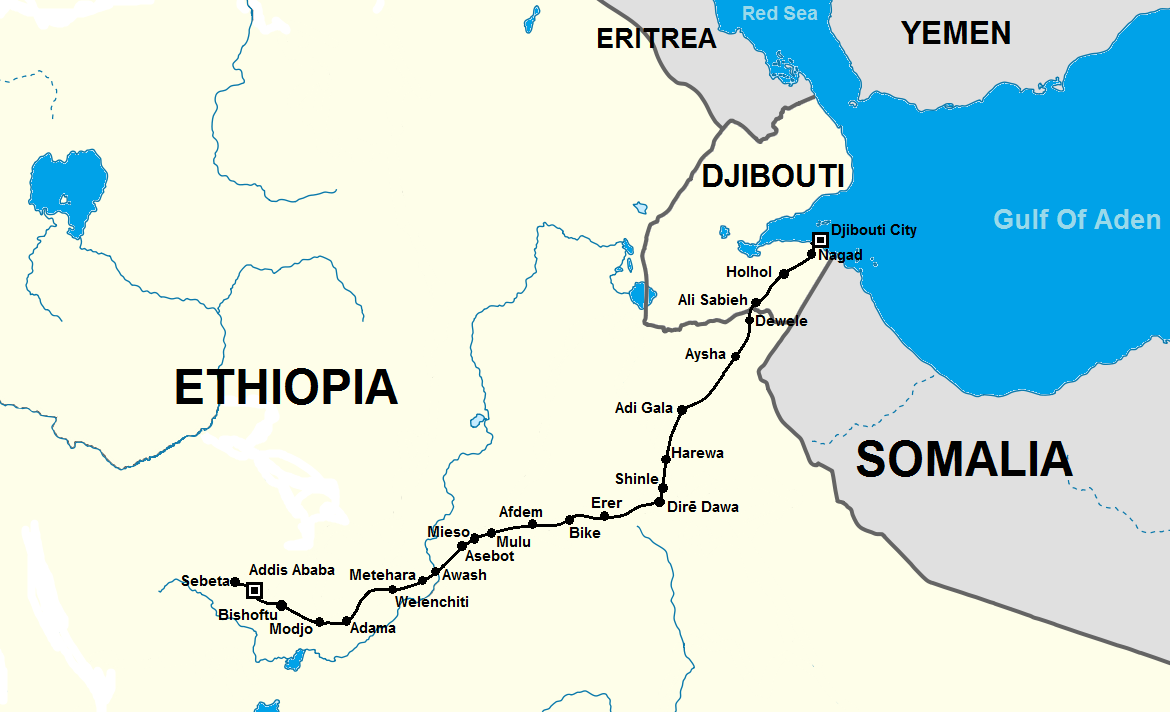
Deforestation in the Brazilian Amazon fell by at least 60% in July compared to the same month last year. Independent analysts described the preliminary data as 'incredible' and said the improvement compared with the same month last year could be the best since 2005. Guardian
A decade after the documentary Blackfish exposed the ethics of keeping orcas in captivity, public opposition to marine parks has 'passed the tipping point.' Tourism companies have stopped promoting swim-with-dolphin attractions and Canada has passed legislation to end the public display of captive cetaceans. World Animal News
Ant Forest, a mobile app game in China, is responsible for the planting of over 400 million trees, half of them in Mongolia. The app encourages users to adopt eco-friendly behaviours and earn virtual ‘green energy’ points that can be converted into trees planted in designated areas. China Daily
Over 55% of the world’s population now lives in cities, and the rural land they've abandoned adds up to 400 million hectares (nearly half the size of Australia). That land can be restored. 'In abandoned areas that were previously intensively farmed and where biodiversity was low, plant life, birds, and invertebrates have a new chance to thrive.' Earth
At the end of last year, the UN recognised ten ground-breaking restoration efforts around the world that aim to restore 68 million hectares (an area bigger than France) and create nearly 15 million jobs. We missed the story when it came out. Feels like a good time to mention it again. UNEP
Restoring 15 million hectares of forests in Argentina, Brazil and Paraguay
2. Abu Dhabi Marine Restoration
Repairing the coastline in Abu Dhabi to create a refuge for dugongs
3. The Great Green Wall
Repairing thousands of square kilometres of degraded land across Africa
4. Ganges River Rejuvenation
Reviving the river and surrounding basin, which is home to 520 million people
5. Multi-Country Mountain Initiative
A collaboration to protect mountain landscapes in Kyrgyzstan, Rwanda, Serbia and Uganda
6. Small Island Developing States Restoration Drive
Ridge-to-reef restoration to drive economic growth for Vanuatu, St Lucia and Comoros
7. Altyn Dala Conservation Initiative
Restoring the steppe, semi-desert, and desert ecosystems of Kazakhstan
8. Central America Dry Corridor
Restoring 300,000 hectares of drought-stricken Central American farmland
9. Building with Nature in Indonesia
Creating semi-permeable sea walls made of natural materials to protect mangrove forests
10. Shan-Shui Initiative in China
Combining 75 large-scale projects to restore ecosystems from mountains to coastal estuaries
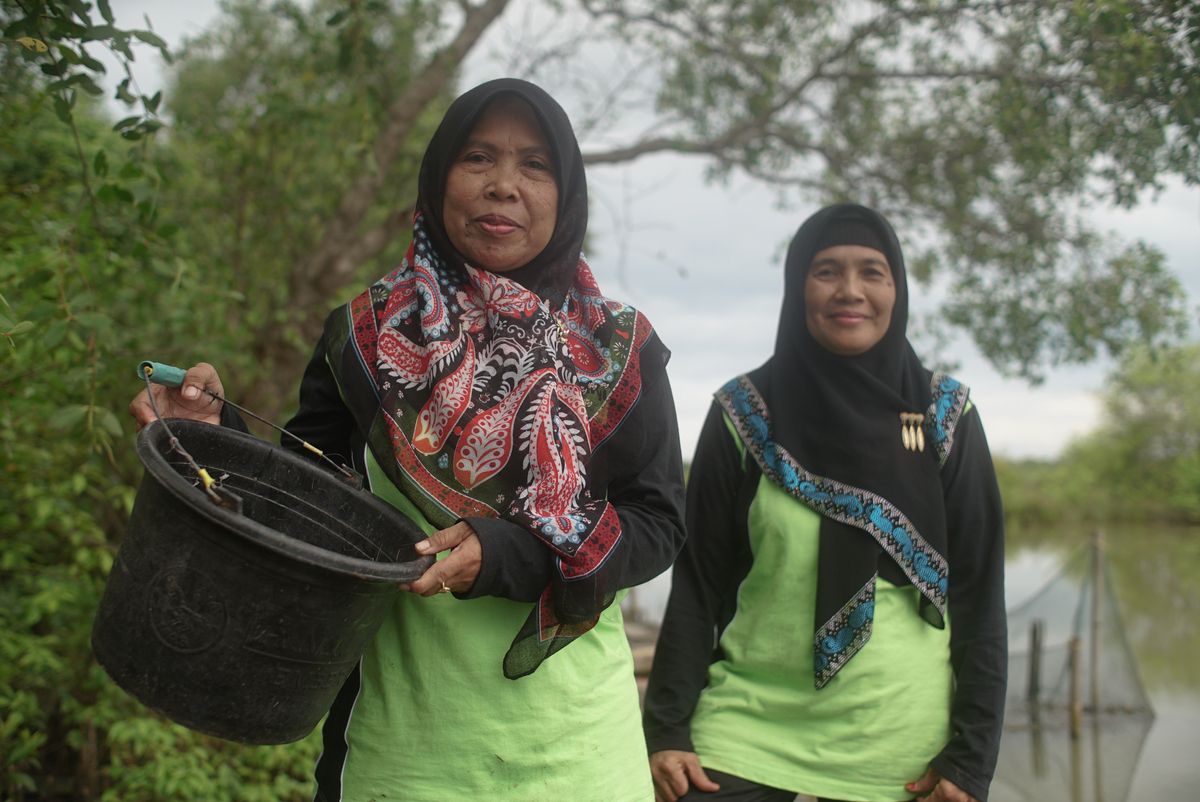
The world’s largest oyster restoration project in Maryland, in the United States, has repopulated more than 10 billion oysters in the Chesapeake since 1994. Along with boosting numbers, the project is improving water quality, and the new oyster reefs are providing a welcome habitat for crabs, fish and other marine life. WaPo
H2Ohio, one of America’s most progressive water quality management programs, has been awarded $270 million to filter out harmful algal blooms on Lake Erie to protect native habitats and the drinking water of more than 12 million people. Ducks.org
For the first time in its history, the EPA has created a searchable database of pesticide harm to people, pets, wildlife, and the environment. The public can access information from pesticide companies, state regulators, direct complaints and reports based on the ten most recent years of data. Investigate Midwest
In Japan, the Raporo Ainu Nation are reclaiming their historical fishing rights to salmon, thanks to a collaboration with First Nations people in the United States. In California, the Shasta Indian Nation are celebrating the return of flowing water through Ward’s Canyon for the first time since 1918 after the removal of a dam along the Klamath. In Wisconsin, the Menominee tribe has become a shining example of forest management after sustainably harvesting its woods for nearly 170 years while increasing the number of trees by 40%.
We come in every 15 years, take out the weak trees, the sick trees, and the ones that are dying, but leave the healthy stock to grow some more and reproduce. This is all natural regeneration, and the way we do it the forest just gets better and better.
Mike Lohrengel, Timber Harvest Administrator, Menominee Indian Reservation
A UN-led international team has started siphoning oil out of a marooned tanker off the coast of Yemen—defusing a giant, million-barrel time bomb threatening the Red Sea’s unique coral reefs, global commerce, and the survival of millions of people. In the middle of rebel-held waters. Why isn't this a bigger story? Grist

Florida has allocated almost $1 billion for conservation in its most recent budget. The landmark funding will help protect the remaining acreage needed to conserve a vital stretch of land from the Everglades to Pensacola that is a critical panther habitat and home to other endangered plants and animals. News Press
India and Bhutan have recorded significant increases in their wild tiger populations. After decades of conservation efforts, India now has 3,682 tigers, making it home to 75% of the global population. Bhutan has recorded 131 tigers, an increase of 27% since 2015. BBC
The recovery of the bald eagle continues, a conservation success story achieved via a combination of legal reform, enforcement, breeding programs, and public support. In the 1950s the population dropped to a mere 412 nesting pairs, but by 2021, it had soared to 71,467 breeding pairs. Defenders
380 baby seahorses were successfully released into Sydney Harbour, marking the fifth time captive-bred seahorses have been released into the wild. This latest attempt boasted a 90% survival rate, and scientists have created eight custom-built 'seahorse hotels' made from biodegradable metal to provide a safe place for the endangered fish to hide from predators. Smithsonian
A wildfire reduction project in the Iberian Peninsula is using Garrano horses and European bison, both ancient breeds, to clear scrubland and vegetation that serve as fuel. This ‘eco-grazing’ marks a significant shift towards sustainable fire prevention strategies. Euro News
20th July 2023 - 26th July 2023
The UN just released its latest AIDS report, showing that deaths fell to 630,000 last year, a reduction of 69% since their peak in 2004. There were an estimated 1.3 million new HIV infections in 2022, the lowest in decades, with the declines especially strong in regions with the highest burdens, and only 130,000 new infections in children, the lowest since the 1980s. UNAIDS
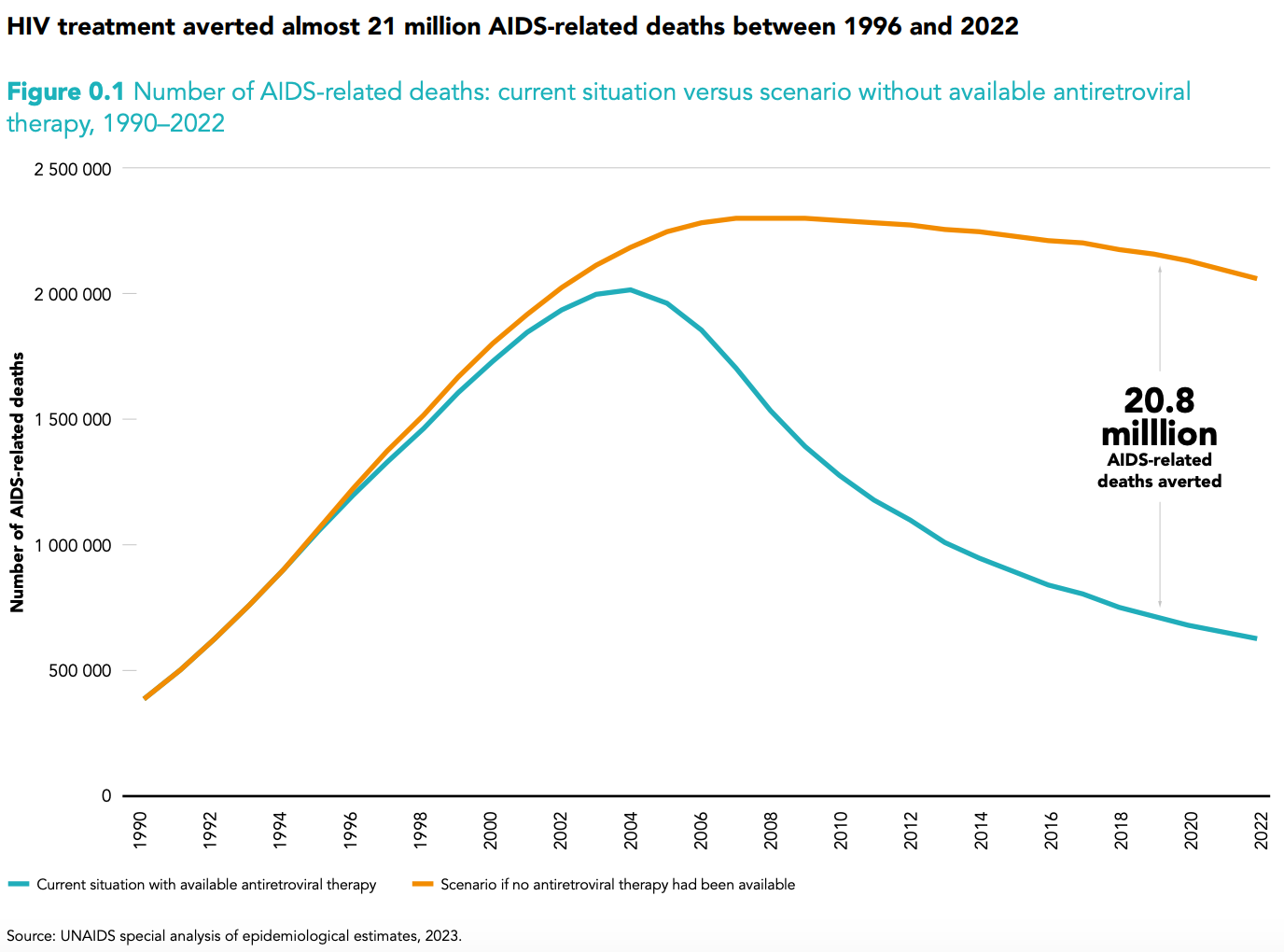
Humanity is making steady progress in eliminating the awful, centuries-old practice of female genital mutilation. UNICEF just released new data showing that the percentage of affected girls aged 15-19 in the 31 countries where it is still practised fell to 28% in 2021, down from 34% in 2016.
The WHO says that Bhutan and Timor-Leste have eliminated rubella, a highly contagious disease that causes serious illness and irreversible birth defects in newborns. The two countries eliminated measles in 2017 and 2018, respectively, and now join Maldives and Sri Lanka in achieving the elimination of measles and rubella in 2023.
Ghana's parliament voted on Tuesday to abolish the death penalty, making the country the latest of several African nations that have moved to repeal capital punishment in recent years. It is the 29th country to abolish the death penalty in Africa and the 124th globally. Reuters
The poverty rate in Cambodia declined to 16% last year, down from 36% in 2014, according to a recent UNDP report. The number of poor people was halved from 5.6 million to 2.8 million during this time, meaning that one in five Cambodians has moved out of poverty in the last eight years. The Star
Last month, the Australian state of Queensland passed new laws to remove barriers to updating birth certificates. The new legislation means transgender, non-binary and gender diverse people will no longer be forced to undergo surgery before being able to correct their gender identity documents. Brisbane Times
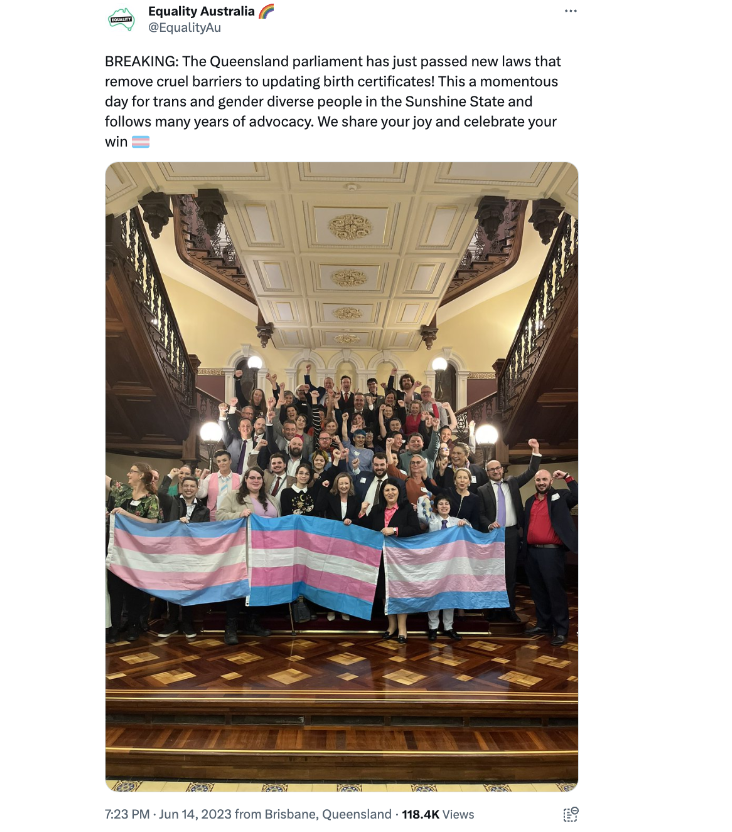
Japan's Supreme Court ruled last week that its trade ministry violated a public service law by banning a transgender woman from using the women’s bathroom at work. The decision sets an important precedent, requiring employers in Japan to develop policies and practices that allow individuals to use a bathroom aligned with their gender identity. HRW
A Peruvian high court has ordered same-sex unions to be legally registered, marking a victory for the LGBTQ community in a country that has been reluctant to recognise gay couples. Peru is one of the last remaining countries in Latin America that has not recognised same-sex marriage. Reuters
A win for reproductive rights in Australia, where the Therapeutic Goods Administration scrapped restrictions on access to medical abortion pills, which are used in the early stages of an unwanted pregnancy. Doctors and pharmacists without specialist certification will now be able to prescribe termination pills. Guardian
In April this year, Sierra Leone became the 16th country in the world to guarantee free schooling or adopt a law to provide or expand free pre-primary education since 2015. While progress is still too slow for the millions of children out of school, the trend is encouraging. HRW
This week's note from America. The families of children with disabilities in Florida just achieved a significant victory, lawmakers in Connecticut have adopted a series of laws protecting access to reproductive healthcare, a federal judge in Oregon has kept one of the country's toughest gun laws in place, enhanced federal background checks on gun ownership seem to be working, the ACLU and its allies in the LGBTQ rights movement are not only fighting back but winning, US citizens have 10-15% more in their bank accounts than before the pandemic, inflation has been cut by more than two-thirds from its peak, talk of a recession seems to have magically disappeared, the share of 25-54 year olds who are working or seeking jobs has risen to its highest level since 2002, and the number of Americans dying each day is no longer historically abnormal.
Deb Haaland, the first Native person to serve as a US Cabinet secretary, has made extraordinary progress in her first two and half years. 'Every day, she’s fully representing our community in ways that have never been visible. Every time I see her, it hits me. And America is seeing her fill that space. She is the face of what America is trying to protect.' Washington Post (non-paywall link here).
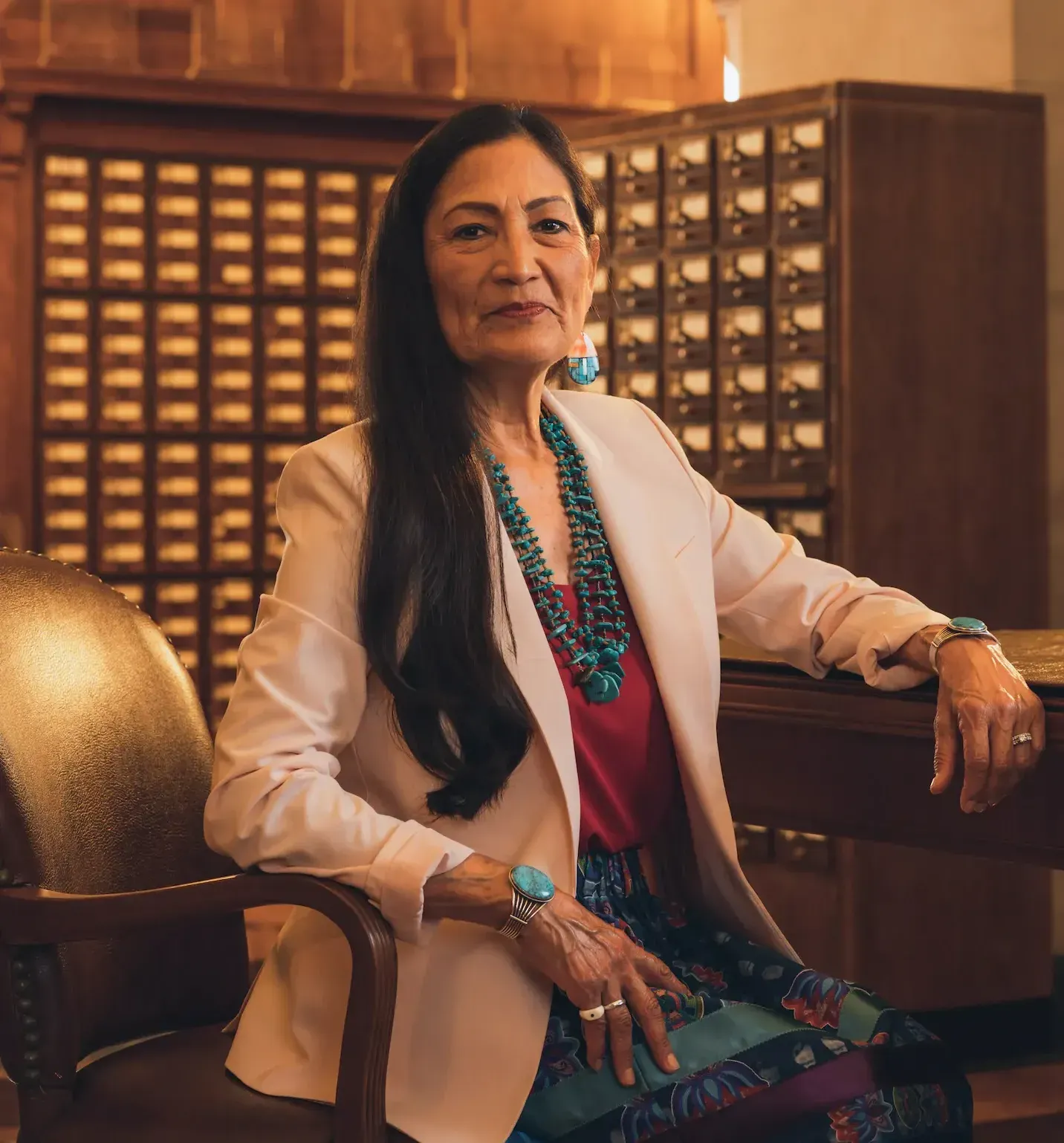
Deforestation in Colombia fell by 29% last year after new peace efforts put the environment at the centre of negotiations. The country, which has endured decades of internal conflict, saved 50,000 hectares of forest–the highest reduction in deforestation and forest fires in two decades. Guardian
Lion populations are increasing across Africa thanks to vast, protected landscape mosaics linked by natural corridors. After years of absence, the big cats have been spotted in parks in Mozambique and Chad, and in Senegal the population of the critically endangered West African lions at Niokolo Koba National Park has doubled since 2011. Mongabay
In Borneo, wildlife corridors are helping to save the critically endangered Bornean orangutan and pygmy elephants. Palm oil plantations have fragmented local rainforest, but conservationists are working to connect protected areas. 'The major threat for these species in this landscape is not deforestation or poaching, but fragmentation.' Guardian
Small-scale restoration efforts across Africa have contributed to the greening of around 400,000 km2, an area the size of Zimbabwe. Researchers zoomed in on 434 sustainable land management initiatives operating across 628 sites and found that greening efforts in drier areas performed especially well. Mongabay
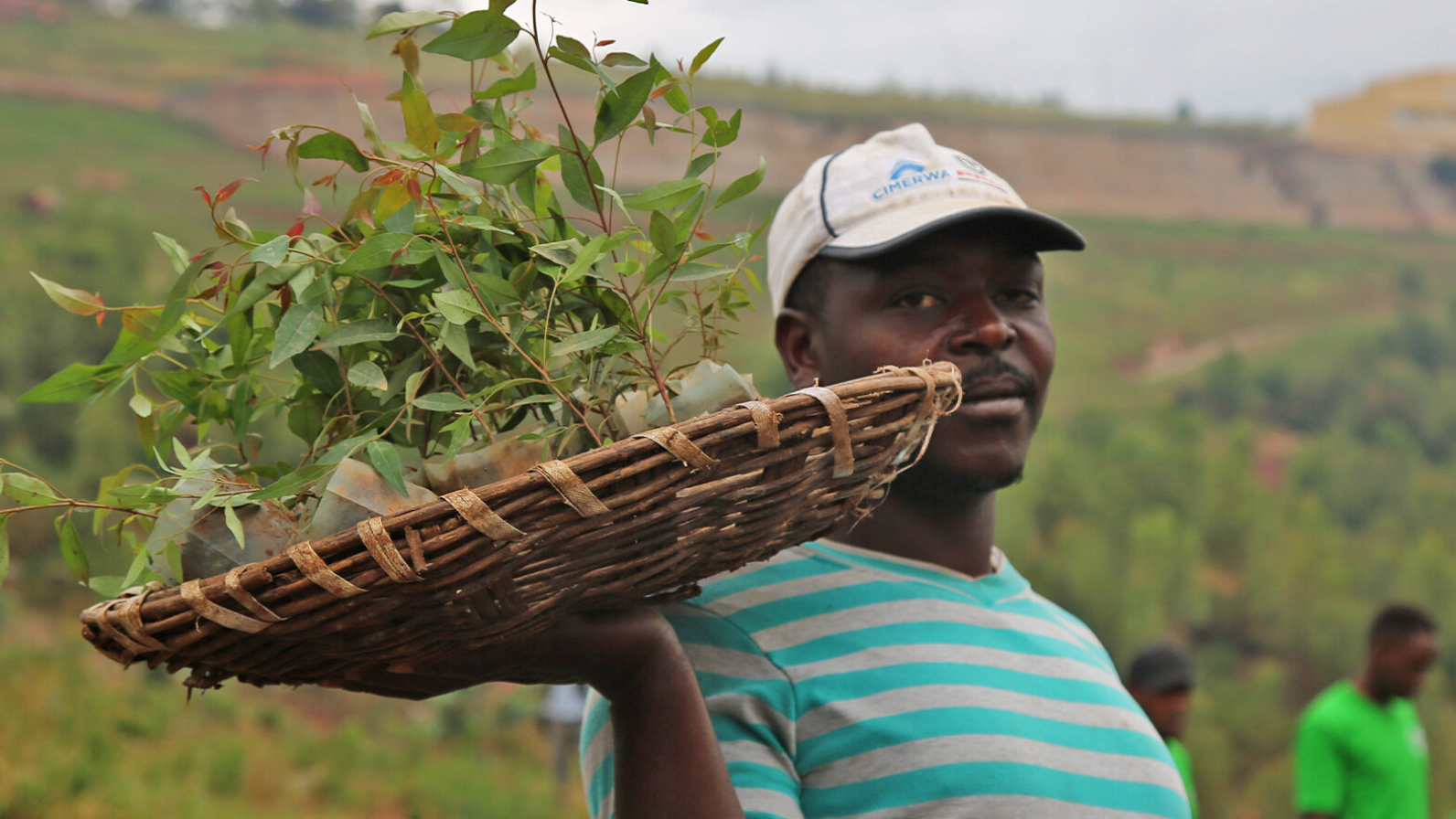
Amazon reduced single-use packaging by 11.6% between 2021 to 2022, and now the retail giant has committed to phasing out its blue and white mailers. To date, Amazon had moved away from plastic packaging in Europe, India, Japan, and Australia, but had yet to make a significant commitment to reduce plastic packaging in America or on a global basis. Oceana
A global wave of drone reforestation projects is emerging. Companies in the United States, Australia, Canada, India, Spain and the UK are ironing out kinks to plant seeds en masse. Key areas of innovation include linking drones into swarms, customising drop methods and times, and creating soil and nutrient-filled capsules to surround dropped seeds. Mongabay
A group of surfers is on a mission to restore a temperate rainforest ecosystem on Ireland’s west coast that was destroyed centuries ago. They're planning to buy and reforest an area almost five times largert than New York’s Central Park over the next four years and are trying to get local farmers to pledge the same. Hakai
London's Ultra Low Emission Zone, a scheme to get the dirtiest vehicles off the road, is being expanded across the entire city to tackle air pollution, the climate emergency and congestion, and to ensure that five million more Londoners can breathe cleaner air. The expansion will come into effect at the end of August and will operate across all London boroughs. FT
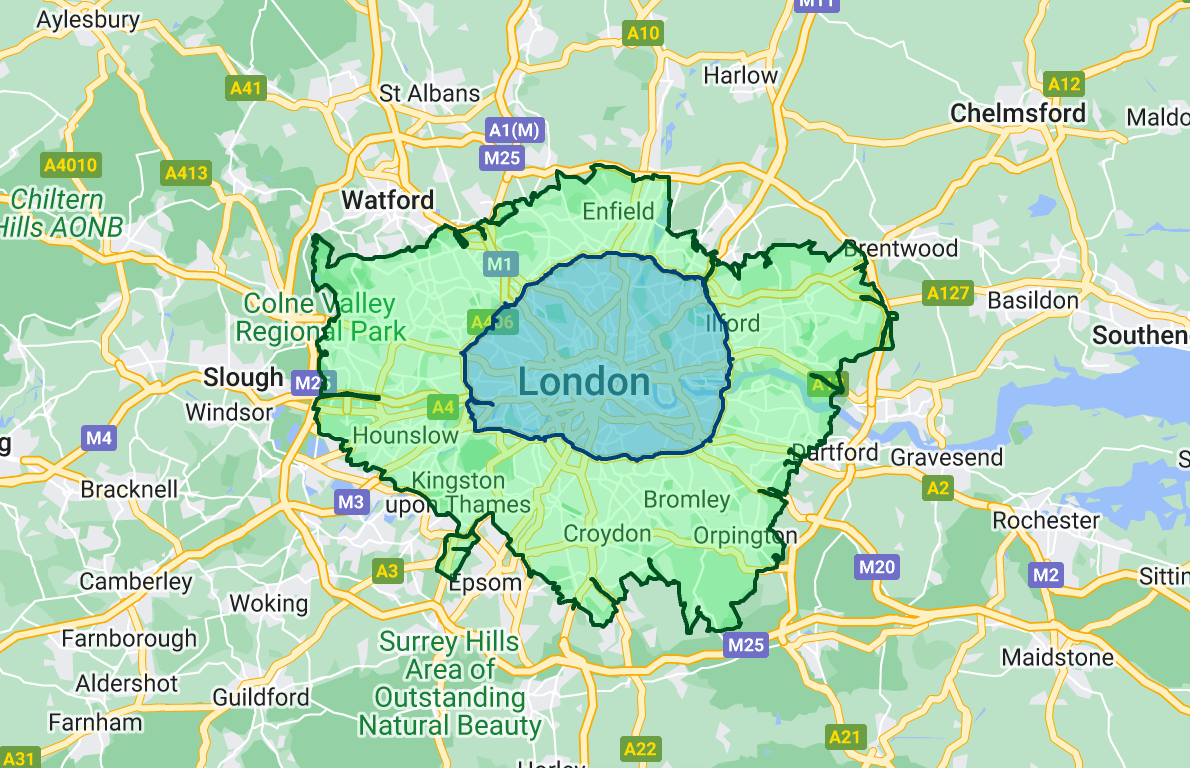
The UK government has designated its first three 'Highly Protected Marine Areas'–Allonby Bay, Dolphin Head and North East of Farnes Deep–to safeguard precious marine life and habitats including those of the honeycomb worm, northern gannet and harbour porpoise. The protections will also benefit shore birds like curlews and oystercatchers.
Following a legal win by the Centre for Biological Diversity, humpback whales will be protected from deadly entanglements in sablefish pot gear off the coasts of California, Oregon, and Washington. The centre has proposed that fisheries convert to ropeless or 'pop-up' gear within the next five years. World Animal News
In Indonesia, the notorious Tomohon Extreme Market will become the first market in the country to go dog- and cat-meat-free, following a years-long campaign by activists and celebrities. An anti-animal cruelty group will move the remaining live dogs and cats from the slaughterhouse to sanctuaries. SCMP
Good news for national parks in Africa. Tocc Tocc in Senegal has successfully restored livelihoods alongside ecosystems; Babanango in South Africa has achieved 'Big 5 Status'; and Zambia's Kafue National Park has managed a spectacular comeback, tripling its leopard population and stabilising other big cat populations via an ingenious method of using tagged vultures.
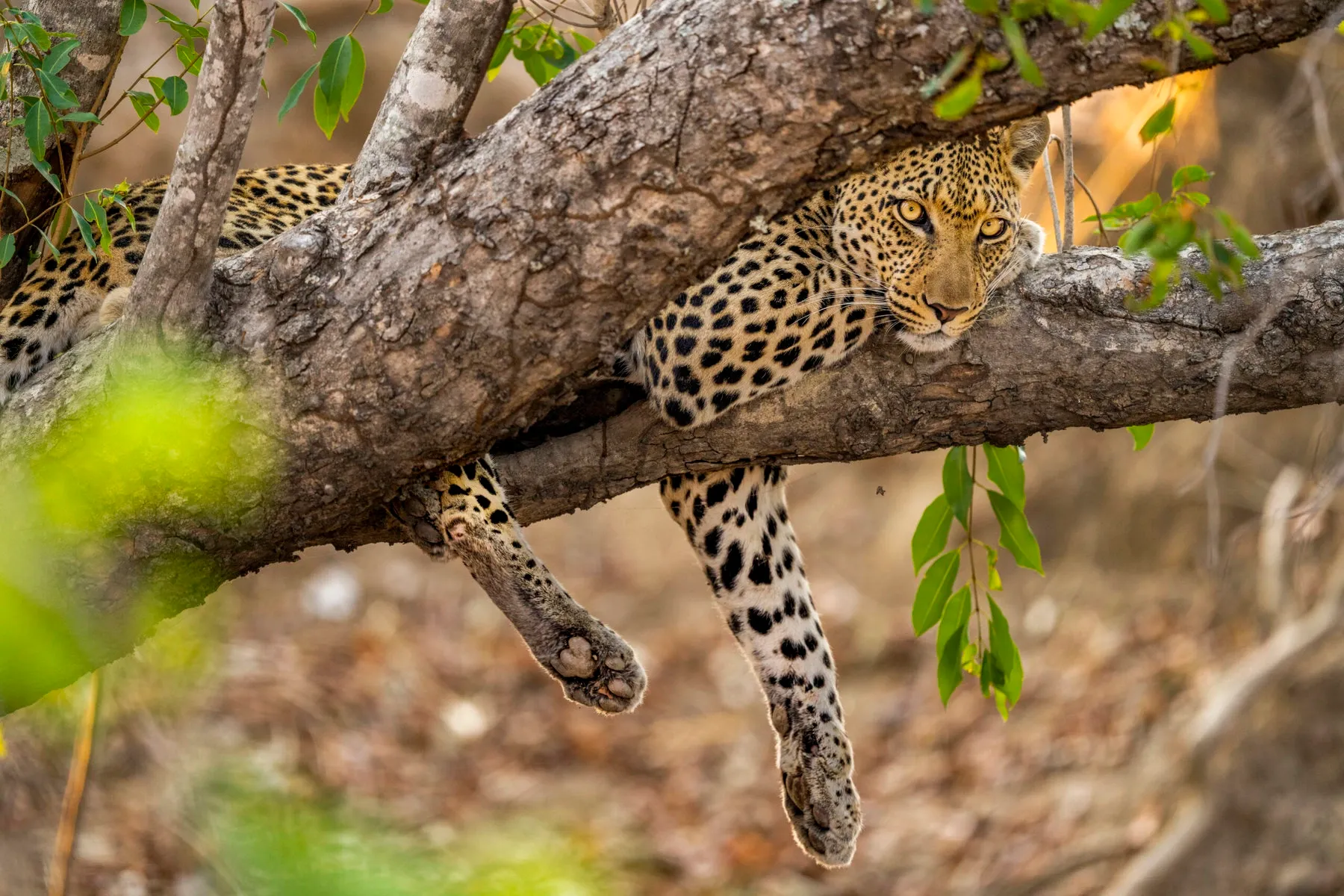
A former coal plant in the UK is being transformed into the world's largest battery storage project; European renewables giant Octopus is planning to invest $20 billion in offshore wind by 2030; Thyssenkrupp, Europe's second-largest steelmaker, has secured €2 billion from the German government for green steel investment; US regulators just opened the Gulf of Mexico to offshore wind leases; Egypt has brought its clean energy targets forward by five years and allocated land for a 10 GW wind project to provide electricity to 11 million households; Israel now requires all new non-residential buildings to be covered in solar; India is about to launch a staggering 20 GW tender for new battery manufacturing; 4.4 GW of rooftop solar has been installed in South Africa in the last year; the Philippines just awarded a whole lot of new solar projects; Brazil says its solar industry has created around 960,000 jobs since 2012; and Barbados is now targeting a 100% carbon neutral economy by 2030.
In the last six months nearly every mainstream media outlet has pointed out that China is still building a lot of coal, implying the country is hedging its bets on renewables. It's not. In the first half of 2023, around $5 billion has been invested in coal and fossil gas and a similar amount in both hydro and nuclear; $10 billion has been invested in wind, $18 billion in solar, and an astonishing $28 billion in transmission.
The IEA has a new report showing that renewables are on track to meet all the growth in global electricity demand over the next two years. This would represent a key milestone in the fight against climate change–once all new demand is met, renewables will start eating into fossil fuels' share of the power mix.
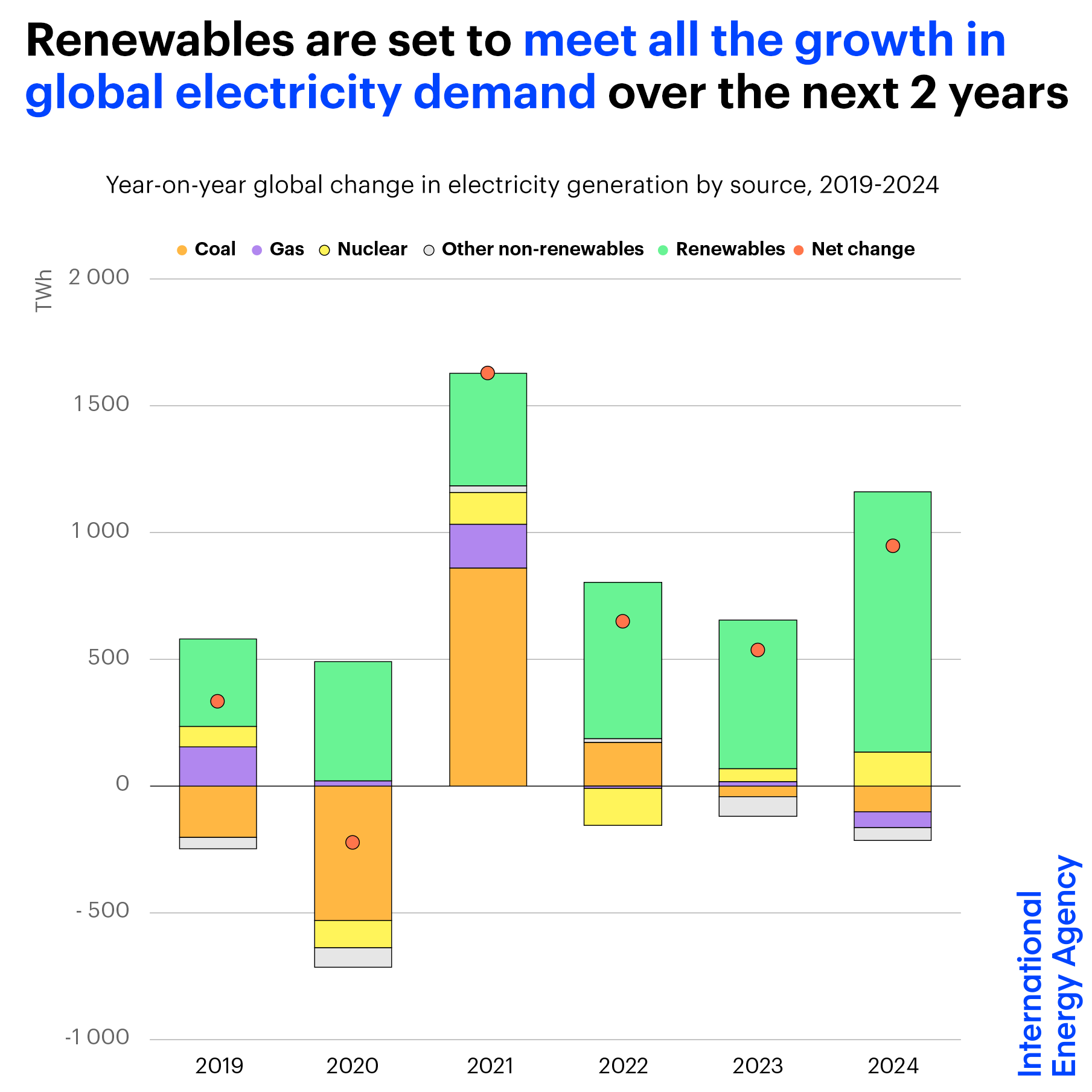
The global price of polysilicon (the stuff they make solar panels from) has dropped by 78% over the past year.
Since August 2022, $278 billion in clean energy project investments and 170,600 clean energy jobs have been created in the United States. 'We’ve been talking about bringing manufacturing jobs back to America for my entire life. We’re finally doing it, right? That’s pretty exciting.' WaPo
The US offshore wind sector is booming. There has been a 272% increase in the number of offshore wind supplier contracts since 2021, and 47% of that growth has occurred since the passage of the IRA. Nine in every ten contracts are going to companies that are either headquartered or have a presence in the US. Industrial policy FTW. Renew.biz
The 12.5% royalty rate that oil companies in the United States have to pay for the use of federal lands has remained unchanged for over one hundred years. The government is now reforming that system, raising the minimum rate to 16.7% and prioritising renewables development on federal lands over fossil fuel development. Grist
In the first half of this year, wind and solar generated more power than coal in the United States. Wind and solar produced 343 terawatt-hours (TWh) from January through June 2023, while coal produced 296 TWh. Five years ago, coal’s share was quadruple that of wind and solar combined. Next step: fossil gas. Canary
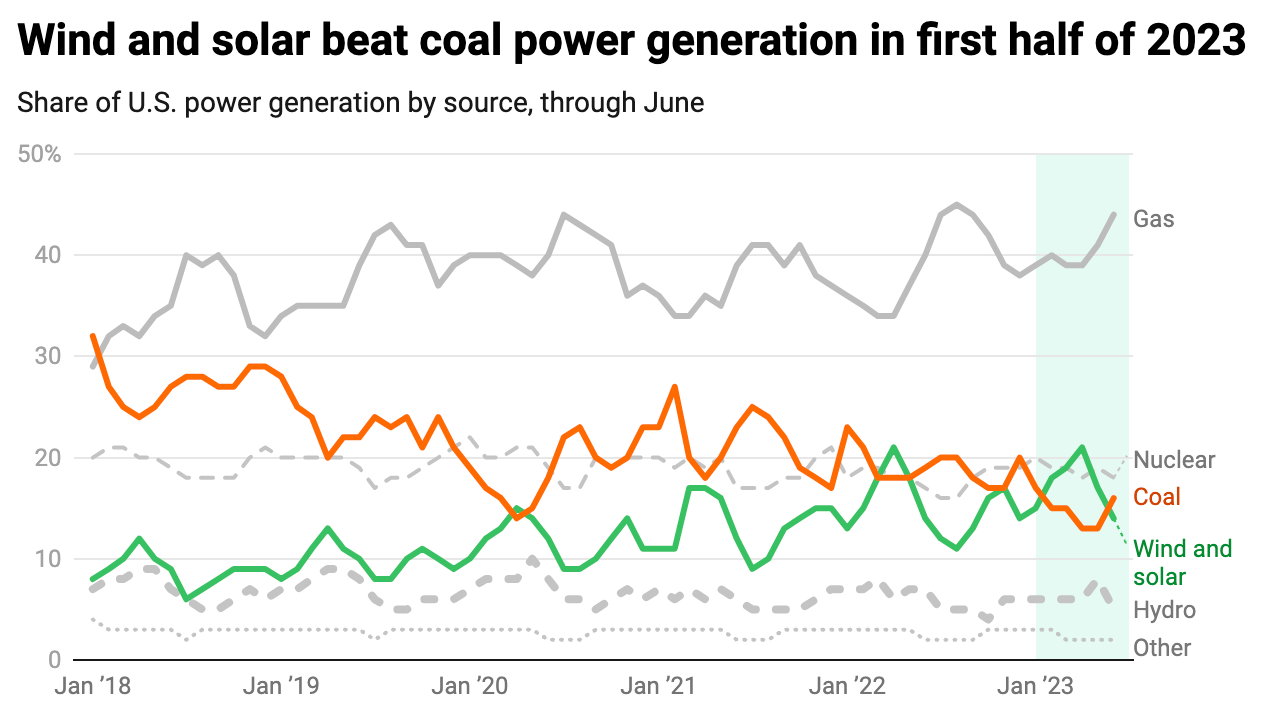
California, the seventh-biggest US crude oil producer, has put a near-halt on issuing permits for new drilling this year. The state's Geologic Energy Management Division has approved seven new active well permits in 2023. Compare that with the more than 200 it had issued by this time last year. Reuters
Australia’s big banks have turned their backs on the country’s largest coal miner, refusing to refinance a billion-dollar debt in a major rebuff that will force Whitehaven Coal to source loans offshore, potentially speeding up the demise of the sector. Couldn't have happened to nicer people. SMH
The European Union has adopted new rules intended to make it easier for electric vehicle owners to travel across the continent. From 2025 onward, the new regulation requires fast-charging stations offering at least 150kW of power to be installed every 60km along the EU’s TEN-T system of highways, the bloc’s main transport corridors. Verge
A reminder from Hannah Ritchie. 'The internal combustion engine is shockingly inefficient. For every dollar of petrol you put in, you get just 20 cents’ worth of driving motion. The other 80 cents is wasted along the way, most of it as heat from the engine. Electric cars are much better at converting energy into motion. For every dollar of electricity you put in, you get 89 cents out.'
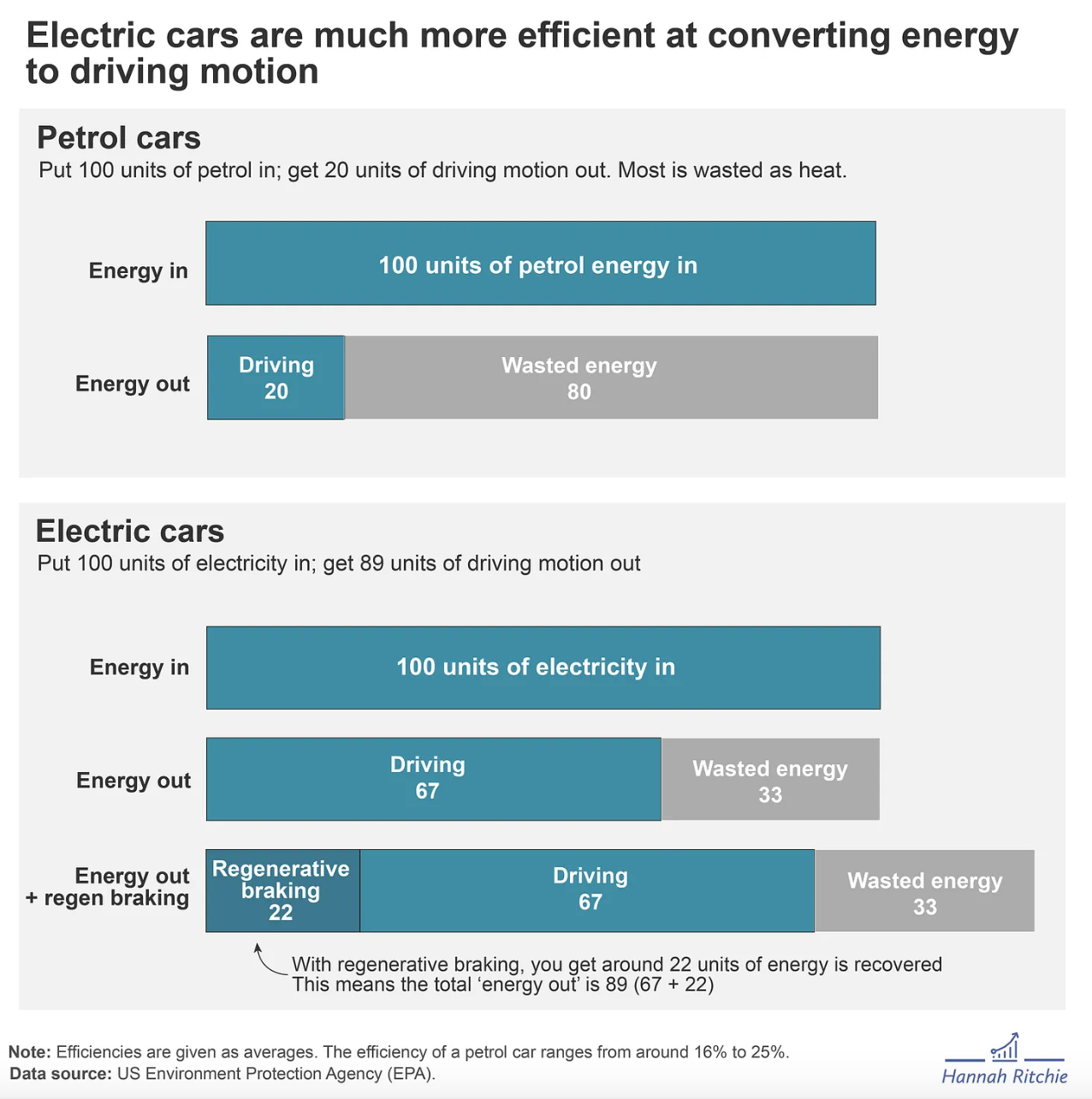
A new analysis from Global Energy Monitor, a San Francisco-based think tank, found that 43% percent of planned steelmaking capacity globally is now slated to use electric-arc furnaces, which use electricity to generate heat, up from 33% last year. 'Steel has moved from inertia to progress.'
Don't look now, but we're at the point where almost one in every four new vehicles sold in California is full battery electric, a pretty monumental milestone for the first half of the year. Add in conventional hybrids, and one in three new vehicles is now electric or hybrid. Two years ago, it was one in five. Wild. CNCDA
BUTDAMINERALZ. A report from the Energy Transitions Commission concludes that 'there is no fundamental shortage of any of the raw materials to support a global transition to a net-zero economy: geological resources exceed the total projected cumulative demand from 2022-50 for all key materials.'
13th July 2023 - 19th July 2023
We're winning the fight against trachoma, the world's leading infectious cause of blindness. The number of people at risk globally has fallen from 1.5 billion in 2002 to 115 million today. As of April 2023, there were an estimated 1.5 million cases, down from 1.7 million at the beginning of June 2022, and four countries have eliminated the disease in that same time period. WHO
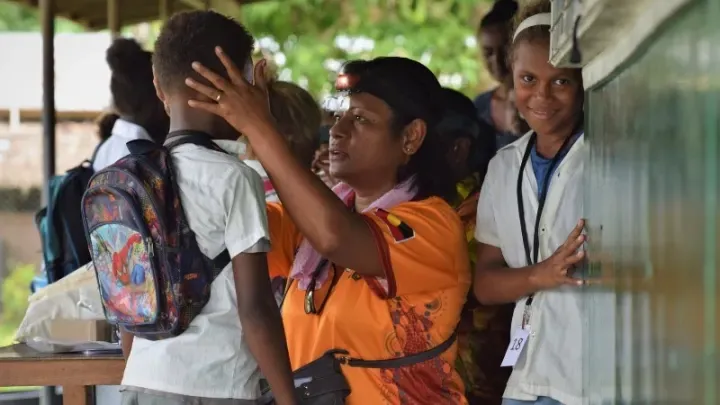
The world's health agencies are starting to catch up on childhood vaccinations. Immunisation services reached four million more children in 2022 compared to 2021, as countries stepped up efforts to address the historic backsliding in immunisation caused by the COVID-19 pandemic. UNICEF
Namibia has one of the world’s highest HIV prevalence rates, and the virus is still the country's leading cause of death. However, Namibia has made remarkable progress. The rate of new infections is five times lower than in 2002, the death rate has fallen by a factor of three, and the country is on track to hit the 95-95-95 UNAIDS targets before the 2030 deadline. GoodGoodGood
In a landmark human rights victory, Mexico has implemented the National Civil and Family Procedure Code, empowering older persons and people with disabilities to make decisions by themselves, with support if they choose. People with intellectual or developmental disabilities were previously deemed incapable of deciding basic rights, like where to live or with whom. HRW
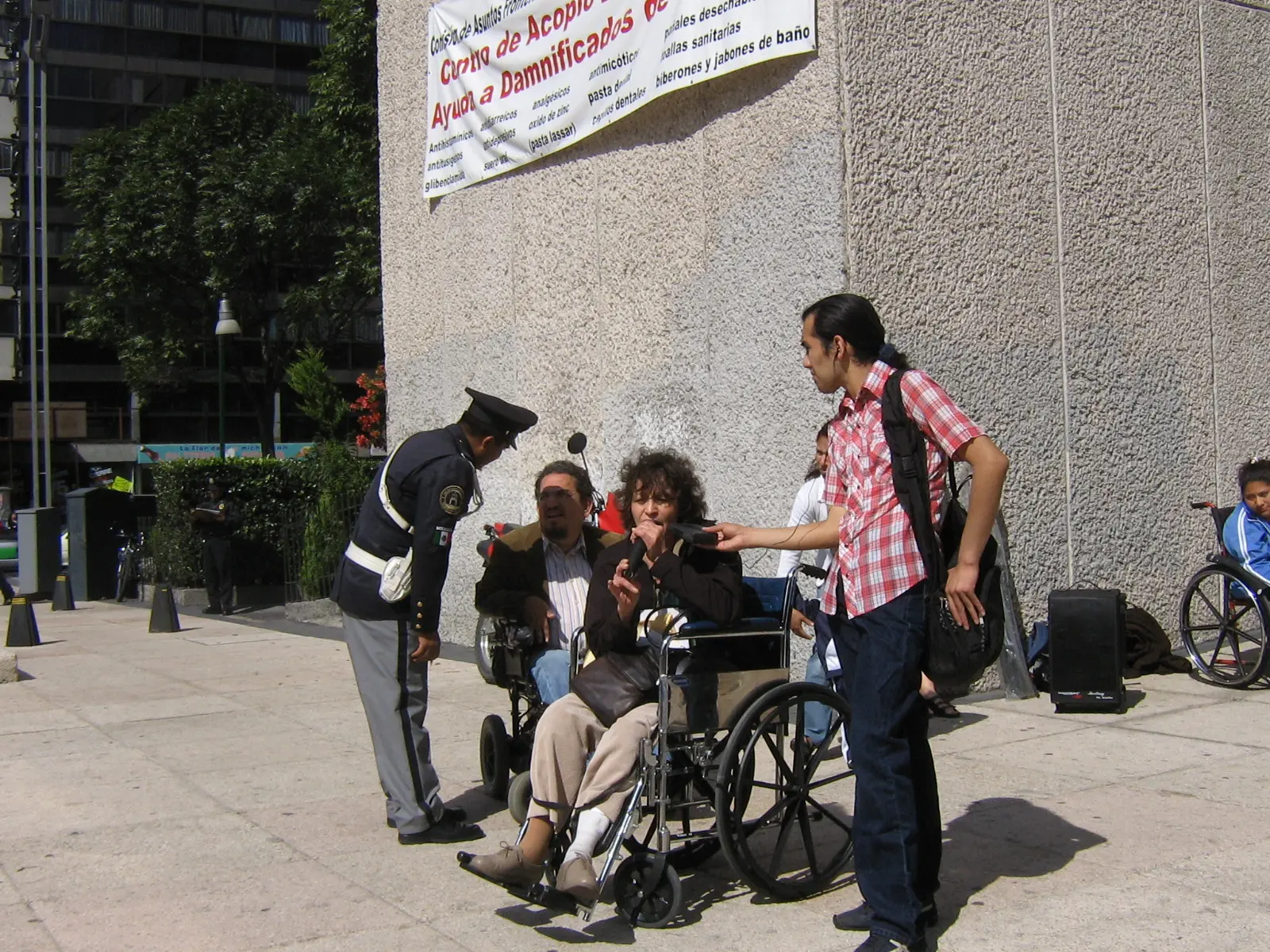
Cambodia has reduced its maternal mortality rate from 810 per 100,000 live births in 2008 to 154 per 100,000 live births in 2021-2022. During the same time, under-five mortality has fallen from 55 to 16 per 1,000 live births, and overall life expectancy has risen from 61 and 64 years to 74.3 and 76.8 years for men and women, respectively. Khmer Times
The Biden administration has announced it will automatically cancel education debt for 804,000 borrowers, for a total of $39 billion in relief, thanks to fixes to repayment plans. 'For far too long, borrowers fell through the cracks of a broken system that failed to keep accurate track of their progress towards forgiveness.' CNBC
In the past five years, the Gulf countries–Saudi Arabia, the UAE, Bahrain, Oman, Qatar and Kuwait–have made genuine progress on women's rights, healthcare, labour market reforms and education. There are still deep inequalities, and so much injustice, but the list of reforms detailed in this piece is surprisingly long. Arab News
The Caribbean nations of Antigua and Barbuda, St Kitts and Nevis, and Barbados have all recently repealed colonial-era sodomy laws, and St Lucia and Grenada are currently considering them. If they follow suit, the number of countries with such laws in the Commonwealth Caribbean will have halved in less than a decade. 'It’s been a huge, monumental shift in a relatively short number of years.' Bloomberg

Healthcare practitioners around the world are hailing the arrival of two new drugs, donanemab and lecanemab, as a turning point in the fight against Alzheimer’s. With these medicines the disease could become just as manageable as conditions such as diabetes or asthma. Lecanemab received the green light by regulators in the US earlier this month and is waiting approval in the UK and Australia. Guardian
The US FDA has approved the first daily oral contraceptive for over-the-counter use. Organisations such as the American Academy of Pediatrics and the American Medical Association have applauded the decision, saying the move will help millions of women around the country gain broader access to safe and effective reproductive healthcare. Smithsonian
Joe Scarborough, former Republican Congressman from Florida, in an article reminding Americans that even with all of its failings, their country has fed more human beings and helped free more people from oppressive regimes than any other country in history. 'Despite the blather that cable-news hosts spit at you daily, your country is doing pretty damn well.' Atlantic
South Korea's law enforcement agencies have revolutionised their approach to domestic violence thanks to a brilliant, creative idea and media strategy, proactiveness, inventiveness, ambition, unlikely partnerships and, above all, persistence. If you're going to read one solutions journalism piece this week, make it this one. LBB
A landmark decision for women's rights in Europe. Crime rates in the largest city in the United States have plummeted compared to a year ago (good luck finding that in the news). A victory for nurses in the same city. Japan passes a law to promote understanding of lesbian, gay, bisexual and transgender people. Greece's prime minister says he has plans to legalise same-sex marriage. Why it's time to be hopeful about LGBTQ rights in Asia. South Korea launches its K-Rice project in eight African countries, hoping to feed 30 million people a year by 2027. Annualised inflation is coming down in the United States, Canada, France, Germany, Italy and Japan. Tanzania celebrates the end of its Marburg outbreak with 'a sigh of relief and ripples of excitement.' One of the world's biggest pharmaceutical companies will allow generic versions of its life-saving tuberculosis drug to be supplied to 44 low-income countries.
After weeks of intense negotiations, the EU has passed its Nature Restoration Act–the first major piece of legislation to protect biodiversity in 30 years. As a key part of the bloc's Green Deal, the law will boost forested and marine areas and increase connectivity between rivers. According to Greenpeace, 'the vote shows that there is still hope to restore and grow what’s left.' DW
The Biden administration has allocated $660 million to plug abandoned oil and gas wells to clean up legacy pollution. The funding will help reduce environmental and public health risks and revitalise economic growth. Twenty-six states are eligible including Kansas, which is planning to plug more than 2,000 abandoned wells over the next three years. DOI
A six-lane highway in Madrid has been transformed into a lush riverside park, restoring the city’s heavily polluted Manzanares River back to health. A decade in the works and spanning 120 hectares, the Madrid Rio Park has been hailed as both a miracle of engineering and urban rewilding after attracting wildlife back to the river, including otters, not seen in the Spanish capital since the 1950s. Politico
In California, the largest dam removal project in the world is now underway on the lower half of the Klamath River; Colorado will protect 87,4000 acres of fish and wildlife habitat as conservation areas; and in South Carolina, a large portion of the biggest intact Carolina Bay has been transferred to the Waccamaw National Wildlife Refuge, securing rare Atlantic white cedar forests and diverse plant life.
Carolina Bays are one of the few land formations that still hold a bit of mystery, even for scientists. We may not know exactly how they are formed or what gives them their unique shape and orientation, but we do know they’re unique, vitally important for plants and wildlife and need protection.
Dale Threatt-Taylor, Executive Director, The Nature Conservancy in South Carolina
Fiji has planted almost 18 million trees and 750,000 mangrove trees since the country kicked off its Reforestation of Degraded Forests program in 2019. The largest contributions came from Fiji Pine and Fiji Hardwood Corporation, while landowners and visitors have planted the balance. Fiji Times
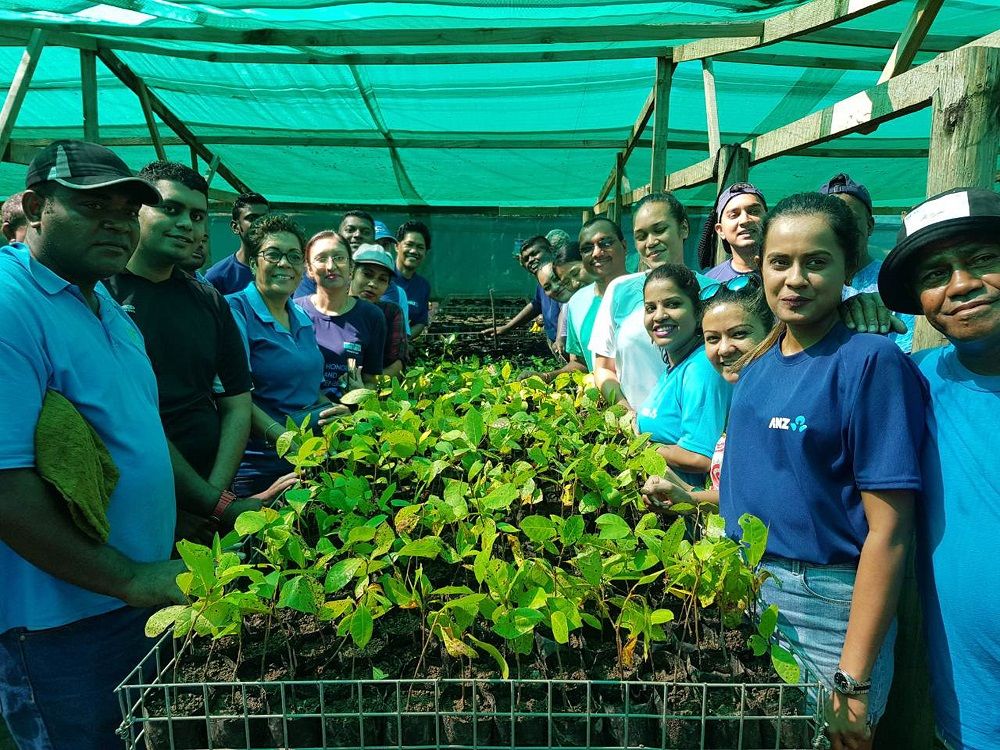
4ocean has become one of the leading ocean clean-up companies after removing 30 million pounds of plastic and trash across the USA, Guatemala, and Indonesia. The company has teamed up with Corona on a five-year project called 'A River of Change from Corona x 4ocean' to restore biodiversity and local economy along the Motagua River, one of the most polluted rivers in Central America. Oceonographic
The Queensland government has added a new gillnet-free area the size of more than 70,000 football fields in its Great Sandy Marine Park. The 60,000-hectare extension will better protect the Fraser Coast’s unique marine life, including dugongs, turtles, grey nurse sharks and the Australian humpback dolphin. National Tribune
France is tackling 'fast fashion' with a bonus scheme that will reward consumers who repair clothes and shoes with a €6-25 discount per item. The scheme, which begins in October, aims to create new jobs in the repair sector and reduce the 700,000 tonnes of clothing that end up in French landfill every year. BBC
New EPA regulations could prompt the removal of lead paint from homes, schools, and daycare centres, reducing exposure for half a million children under the age of six. Even after decades of efforts, half of American children have detectable traces of lead in their blood, with those in low-income neighbourhoods and older houses at the greatest risk. Grist
In January 2023, Lula da Silva took a wide range of legal, regulatory, and administrative actions to stop surging deforestation in Brazil, from restarting anti-illegal logging patrols to reconnecting with foreign governments’ conservation donor programs. Now, six months into his term, things are looking up for Earth’s largest rainforest. Mongabay
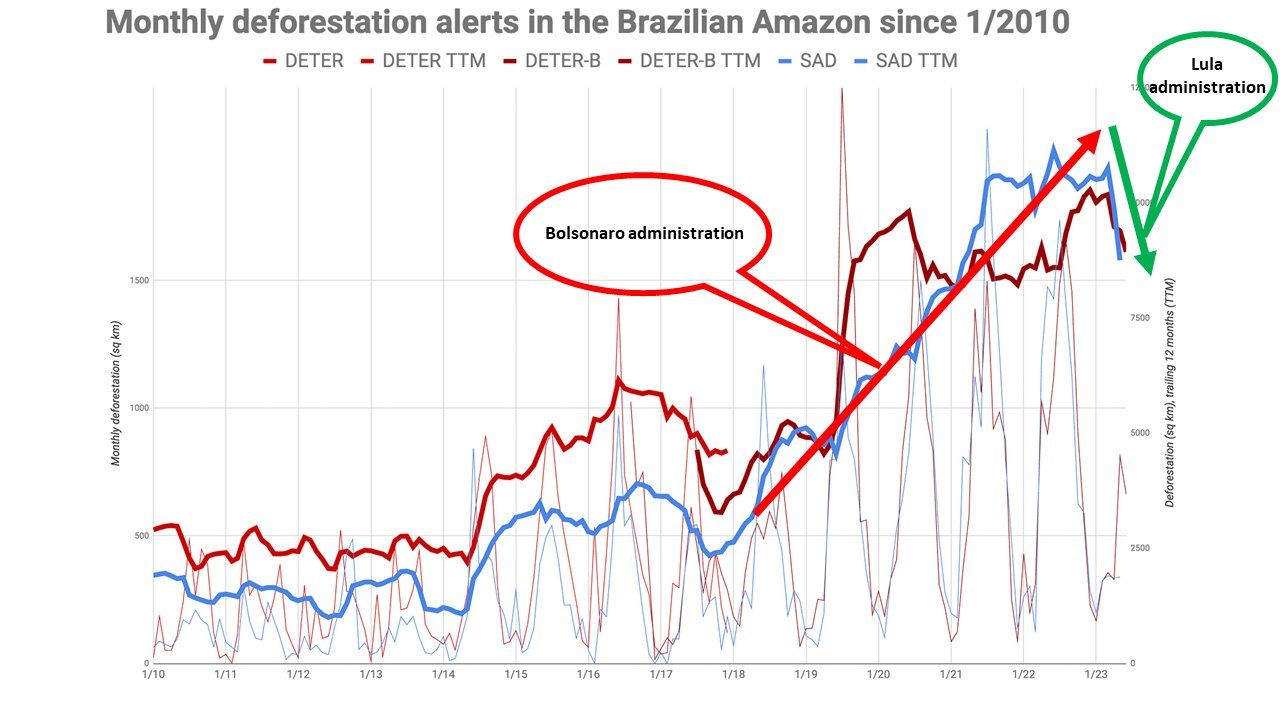
6th July 2023 - 12th July 2023
Humanity has made astonishing progress on access to water, sanitation and hygiene in this century. Between 2000 and 2022, 2.1 billion people gained access to safe drinking water, 2.5 billion gained access to safely managed sanitation, the number of people using unimproved facilities has been halved, from 1.1 billion to 545 million, and the number practising open defecation has fallen by more than two thirds, from 1.3 billion to 419 million. WHO
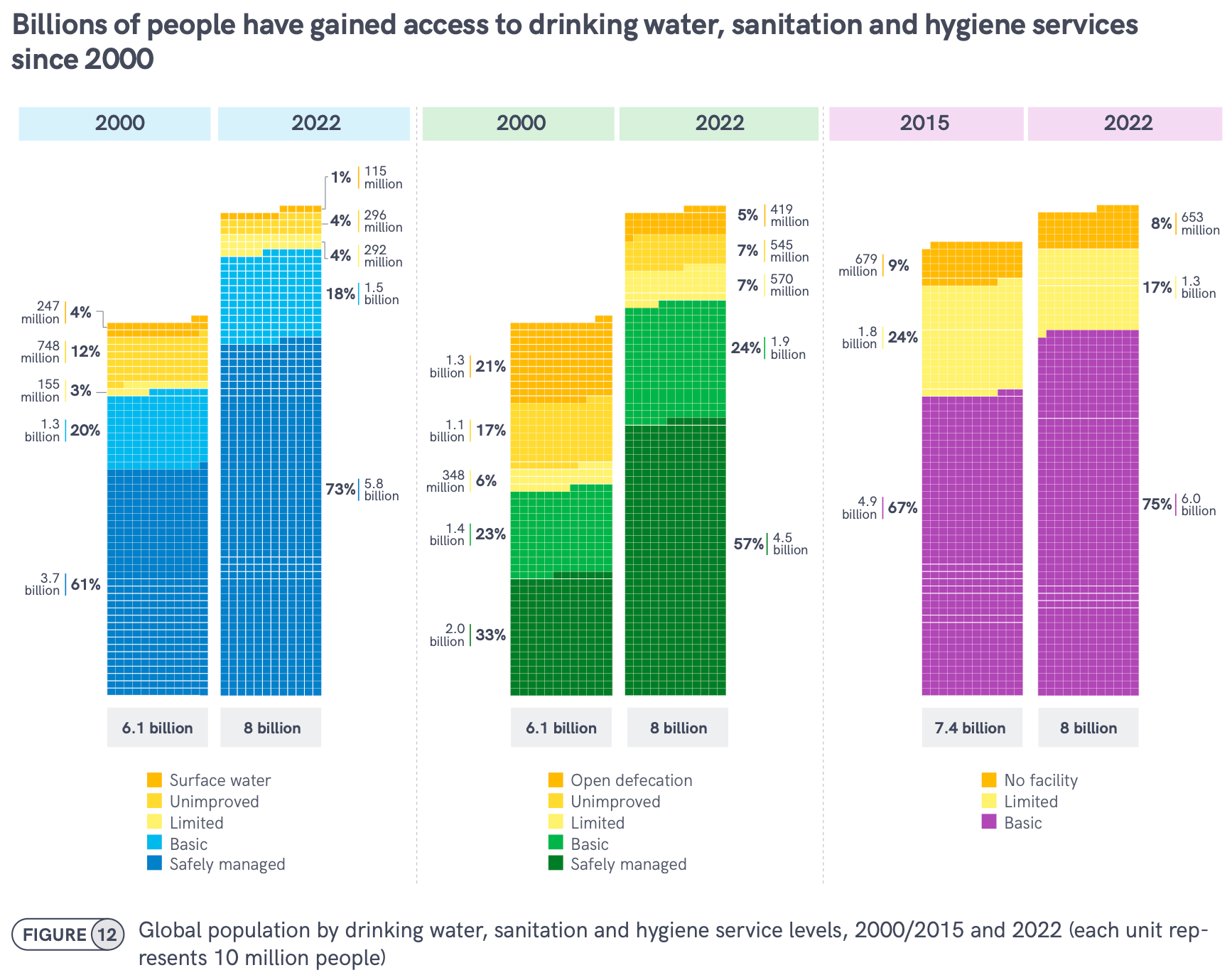
Humanity has made astonishing progress on reducing drowning in the last three decades. Globally, deaths from drowning decreased by 44.5% between 1990 and 2017, from 531,956 to 295,210, and age-standardised mortality rates decreased by 57.4%, from 9.3 drownings per 100,000 people in 1990, to 4 per 100,000 in 2017. BMJ
The Mosquirix malaria vaccine has been approved for distribution across 12 African countries, with 18 million doses due to be delivered to areas with the highest risk. The vaccine has already been administered to 1.7 million children in Ghana, Kenya and Malawi since 2019, with noticeable reductions in child mortality. Guardian
Between 2016 and 2021 the number of countries recommending the HPV vaccine increased by 65%, the MCV2 vaccine for measles by 12%, and the DTPCV4 vaccine for diphtheria, tetanus and pertussis by 4%. By 2021, 33 countries provided all eight of the WHO's recommended vaccines in their immunisation schedules and 56 included all five vaccines recommended during the first year of life. WHO
Canada will spend C$30 billion on 250,000 new low-cost childcare spaces, with the aim of making childcare universally accessible for less than C$10 a day. The program is 'a transformative project on a scale with the work of previous generations of Canadians, who built a public school system and public health care.' NYT
There has been a significant reduction in poverty and income inequality in the United States. New research has shown that in 2021 and 2022, child poverty has been reduced by 40%, and the gains made by low-wage workers have reduced income disparity by 25%, the first substantial economic gains for low-wage workers in 40 years. Prospect
In 2022, the International Planned Parenthood Federation delivered 226.9 million sexual and reproductive health services, including 5 million safe abortion services, an increase of 11% from 2021. The organisation also served 10 million people in humanitarian settings, a record number, and achieved 150 advocacy wins, a 24% increase from 2021. IPPF

The Netherlands' House of Representatives has voted to introduce a consent-based definition of rape. This historic change, hailed as a victory for survivors of sexual assault, removes the requirement that rape must involve physical force, threat, or coercion. The Senate is expected to pass the amendment, making the Netherlands the 17th of 31 European states to recognise sex without consent is rape. Amnesty
The Biden administration has signed an executive order to expand and protect access to contraception under the Affordable Care Act. The order will help reduce out-of-pocket costs and increase ways for people to access contraception, as well as to increase the availability of family planning services and supplies. Reuters
The World Bank has approved $50 million to enhance public healthcare services for 6.5 million residents in Buenos Aires province who lack private health insurance. The project aims to modernise healthcare, advance digitisation in over 150 provincial hospitals and health centres, and develop telemedicine for remote medical care.
Guyana, a small country on South America’s North Atlantic coast, is on the path to universal secondary education, with the recent completion of new schools increasing high school enrolment from 87% to 93%. New policies from the government aim to reduce dropout levels and improve the overall educational experience, particularly in rural areas. World Bank
The last of the United States’ declared chemical weapons stockpile was destroyed at a sprawling military installation in eastern Kentucky last week, a milestone that closes a chapter of warfare dating back to World War I. It’s also a defining moment for arms control efforts worldwide. Colorado Sun
The World Bank divides the world's economies into four income groups: high, upper-middle, lower-middle, and low. Twenty years ago, 120 countries were classified as either low or lower-middle income. Things have changed a lot since then–the latest classifications show that only 80 countries now fall into those categories.

France is seeking to turn itself into an 'ecological civilisation.' Over the next four years the Ministry of Ecological Transition will train 5.6 million public sector workers about the climate crisis, including how to use that knowledge to change the way they work. 'The only politics that matter now are those that might arrest our rush towards the brink.' Guardian
Everyone loves a comeback story, and when it comes to animal conservation, there are a lot of them. Our friends at the Progress Network have a roundup of all the 'animal comeback' stories from the first six months of 2023, proving that amidst all of the genuinely worrying environmental news, recovery is an ongoing, global project, and we keep getting better at it.
70 years of data show that seabird conservation efforts around the world have been remarkably effective. Documenting 851 separate conservation events, targeting 138 seabird species, and spanning 551 locations, researchers found 80% of events resulted in the return of targeted species, and 76% achieved breeding within an average of two years of implementation. Nature Conservancy
Even more comebacks! 14 native giraffes have returned to Angola, signalling 'a message of hope' after wildlife was decimated during its civil war; in Tanzania, the population of the kipunji monkey has increased by 65% over the past 13 years; and Bangladesh just recorded the highest-ever number of olive ridley turtle eggs laid on its beaches this nesting season, thanks to extensive conservation actions.
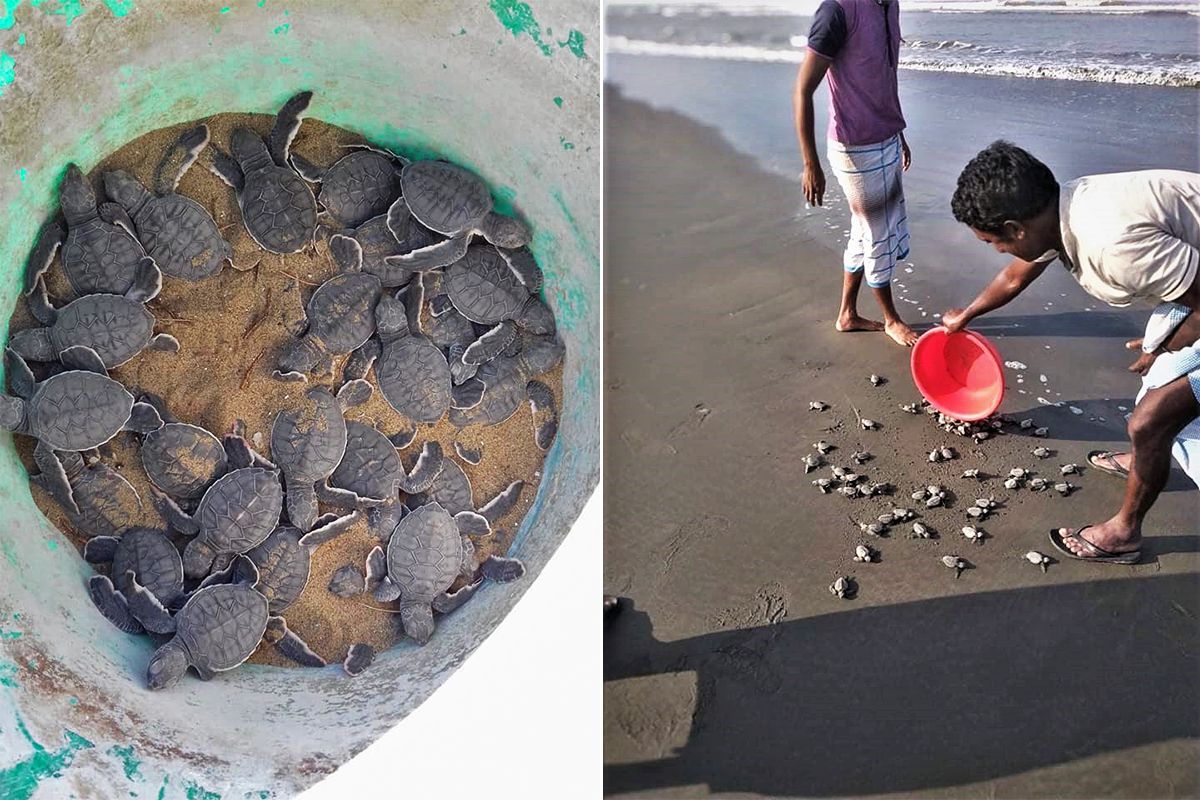
A new law in Ghana will force producers of plastic packaging to collect and recycle waste that is either generated during manufacturing or dumped on the street by consumers. It’s a big step forward for a country that produces 840,000 tonnes of plastic waste each year. Afrik21
The EU Mission Restore our Ocean and Waters will give 18 new projects €106 million to support ocean conservation and create a sustainable blue economy. The projects will gather over 370 beneficiaries from 36 countries, including SMEs, research institutions, schools, and businesses, that will play a key role in restoring biodiversity and cutting pollution.
Wales has become the first UK nation to ban the use of glue traps and wild-animal snares. Animal welfare charity the RSPCA said it was a 'momentous day' for animal welfare, and it's anticipated the policy will become law later this year, paving the way for a new payment scheme to incentivise farmers to deliver the highest standards of animal welfare. Wales Online
Rewilding Spain is transforming the Iberian highlands, one of Europe’s least populated areas, back to wilderness with the reintroduction of the black vulture, Iberian lynx and Przewalski’s horse, considered to be the world’s last wild horse. The 20-year initiative is also designed to regenerate the local economy via local produce, eco-tourism and educational programs. Guardian
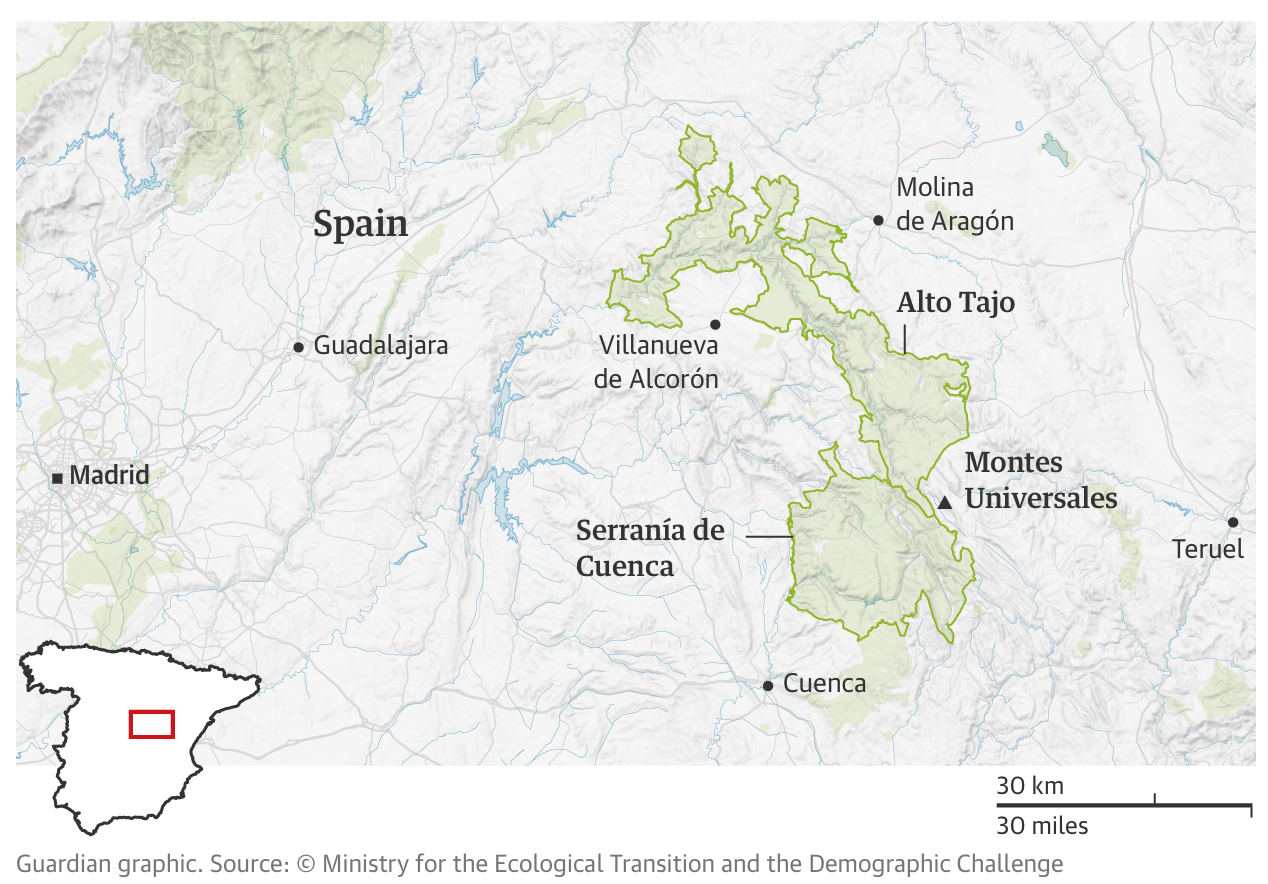
A new review in The Lancet has found that low emissions zones (LEZs)–designated areas within cities that restrict highly polluting vehicles–are improving our health. Data from 69 cities with LEZs found a 2%-3% reduction in heart problems and a 7%-12% reduction in strokes, with the greatest improvements in older people, saving an estimated €4.4bn in healthcare.
Leboncoin, the French online sales platform, has banned ivory items, including imitations, in order to crack down on cybercriminals in the ivory trade. With 28 million visitors to the site every month, the move will support elephant conservation efforts in Africa. Afrik21
California will protect the iconic western Joshua tree after passing legislation that appears to be the first to focus on a climate-threatened species. It’s a hard-won victory for environmentalists after a 2019 study found that only 0.02% of the species’ habitat in Joshua Tree National Park would remain viable after 2070 due to climate change. Guardian
Protections for the North Atlantic Current and Evlanov Sea Basin MPA have been strengthened after researchers discovered a 'treasure trove' of iconic marine species within its seabed habitats. The MPA, which is the size of France, was originally designated as a critical seabird hotspot, but it also boasts over 30 seamounts, deep-sea sponges and coral gardens. Bird Life

23rd June 2023 - 5th July 2023
The Gates Foundation just announced $550 million for trials of a new TB vaccine covering 26,000 people in 50 sites in Africa and SE Asia. This is a big deal–tuberculosis is the deadliest infectious disease on the planet. It killed 1.6 million people last year, and the only vaccine we have is over a century old. A new vaccine would instantly become one of the most important medicines in existence. WaPo
The WHO has certified Belize as free of malaria, after a 70-year-long effort to eradicate the disease. It's the third country to be awarded a malaria-free status in 2023, and the fourth country in the Americas and the second in Central America to be certified malaria-free in the last five years. WHO
Australia has become the first country in the world to classify psychedelics as medicines at a national level, approving their use to treat some mental health conditions. Registered psychiatrists can now prescribe MDMA to those suffering post-traumatic stress disorder and psilocybin for some types of depression. Nature
Patients are desperate for something new. These drugs represent a new way of treating things, a kind of paradigm shift in psychiatry.
Celia Morgan, Professor of Psychopharmacology, University of Exeter
The Indian state of Karnataka has made bus travel free for all women. The response has been a tidal wave of smiling women laying siege to buses. In the first nine days of the scheme, more than 40 million women climbed aboard. The policy could be life-changing–in India’s patriarchal culture, one way of controlling women’s movement is by denying them money. Guardian

Nepal's Supreme Court has issued an order clearing the way for same-sex marriage for the first time in the largely conservative country. Although discrimination has been outlawed since 2007, there has been no legislation governing marriage until now. LGBTQ activists are hailing it as a 'historic decision.' Reuters
Government spending on education in the Philippines has increased to 3.7% of GDP, up from only 2.3% a decade ago, and the World Bank has just funded a new program to bring digital resources and radio and TV programs to nearly two million elementary school students and over 60,000 teachers in rural and remote areas.
In 2017, Malawi launched a program to improve the quality of care provided to newborns and their mothers. It worked. The maternal mortality ratio fell from 439 to 381 per 100,000 births between 2017 and 2020, and one hospital on the outskirts of Blantyre reduced maternal and neonatal mortality by more than 50% between 2017 and 2022. WHO
The US Pregnant Workers Fairness Act has gone into effect. All employers are now legally required to give pregnant workers lighter duties, extra breaks and time off for medical appointments. The measures also apply to childbirth recovery, abortion care, morning sickness and postnatal depression, benefiting an estimated 3 million people a year. Why isn't it front page news? Take one guess. NBC
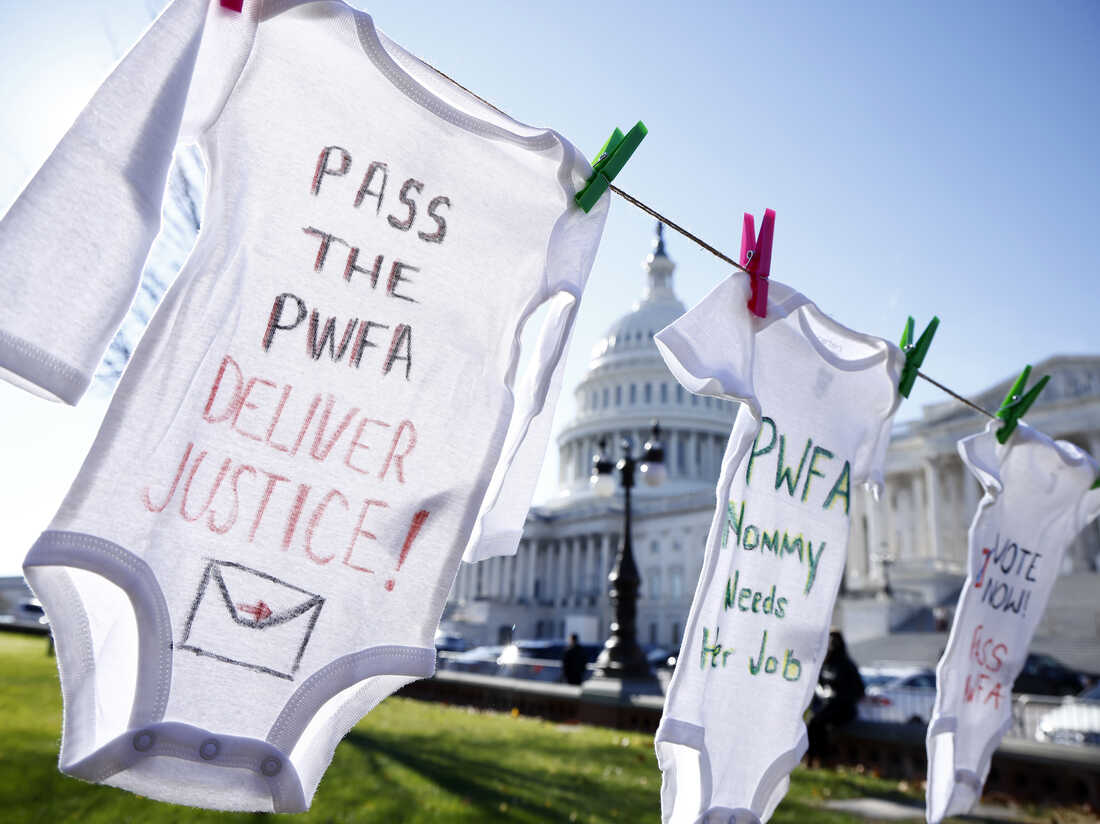
Togo has expanded its social safety net to provide cash transfers to all of its extreme poor (1.8 million people) and provide emergency response funds for 250,000 households, with a focus on women in order to boost their resilience and to break intergenerational cycles of poverty. By 2029, the program aims to lift 1.24 million people out of poverty. Mirage
Nairobi is launching the largest school lunch program in Africa this August, providing 400,000 daily meals for children in 225 schools. It's part of a wider push by the Kenyan government, which is expanding its national meals program from 1.6 million t0 4 million children. This will make a huge difference in a country with one of the world's highest stunting rates. Africa News
Mexico City is the largest city in North America. In 2018, only 7% of its 9 million residents considered it a safe place to live. Since then, the city has reduced high-impact crime by more than 50% with the help of a new open data policy, and the proportion of residents who consider it a safe place to live has risen to 43%. WEF
The US murder rate has fallen by 10-12% this year. So far, the only coverage from mainstream media has been an article in The Atlantic and a mention in the New York Times newsletter. Can you imagine the attention this would have received if the trend had been in the opposite direction? A reminder that 'the news' doesn't tell you what's happening in the world, it tells you what is going wrong.

David Wallace-Wells says we're entering a new golden age of medicine. Earlier this year Ghana became the fourth country in Africa to eliminate sleeping sickness. The myth that men hunt while women stay at home is entirely wrong. Supply chains are back to normal, and there's even some spare capacity, so why aren't we hearing more about it? How Israel, a heavily armed country, dramatically reduced suicides in its armed forces. Kosovo, one of Europe's poorest countries, has made high -speed internet available to everyone in less than five years. The number of trained health workers in Africa has risen from 130,000 to almost 2 million in the last year. Remember the Ice Bucket Challenge? It's dramatically accelerated the fight against Lou Gehrig’s disease.
Global Fishing Watch has created the world’s first real-time public map to revolutionise global ocean management. The open source technology uses AI and satellite data, allowing experts and watchful citizens to pinpoint destructive activity. 'There seems to be a realization that things have to change. Now … people have the tools they need to enact it.' Good Good Good
After a 150-year absence, wild bison are roaming Montana again, marking the first time a sovereign Indigenous nation has returned bison back to their native habitat. The woolly beasts have also been reintroduced in North Mexico, grazing the grasslands of the Coahuila reserve to regenerate the vegetation that helps capture carbon.
You have bison, you have grasslands; you have grasslands, you have carbon in the soil. You lose the bison, and you start to lose the grasslands.
Jim Matheson, U.S. National Bison Association
New Zealand is on a roll. This week, it became the first country to ban plastic bags used for loose fruit and vegetables in supermarkets, a move that will reduce waste by a further 150 million bags per year. Meanwhile, conservation efforts to save native bird life are ramping up with a plan to exterminate predators like rats by 2050. BBC
Indonesia and Malaysia have cut deforestation by more than half in recent years. Across both countries, average yearly forest loss fell dramatically between the years 2015-2017 and 2020-2022, with Indonesia seeing a 64% decline and Malaysia a 57% decline. Yale360
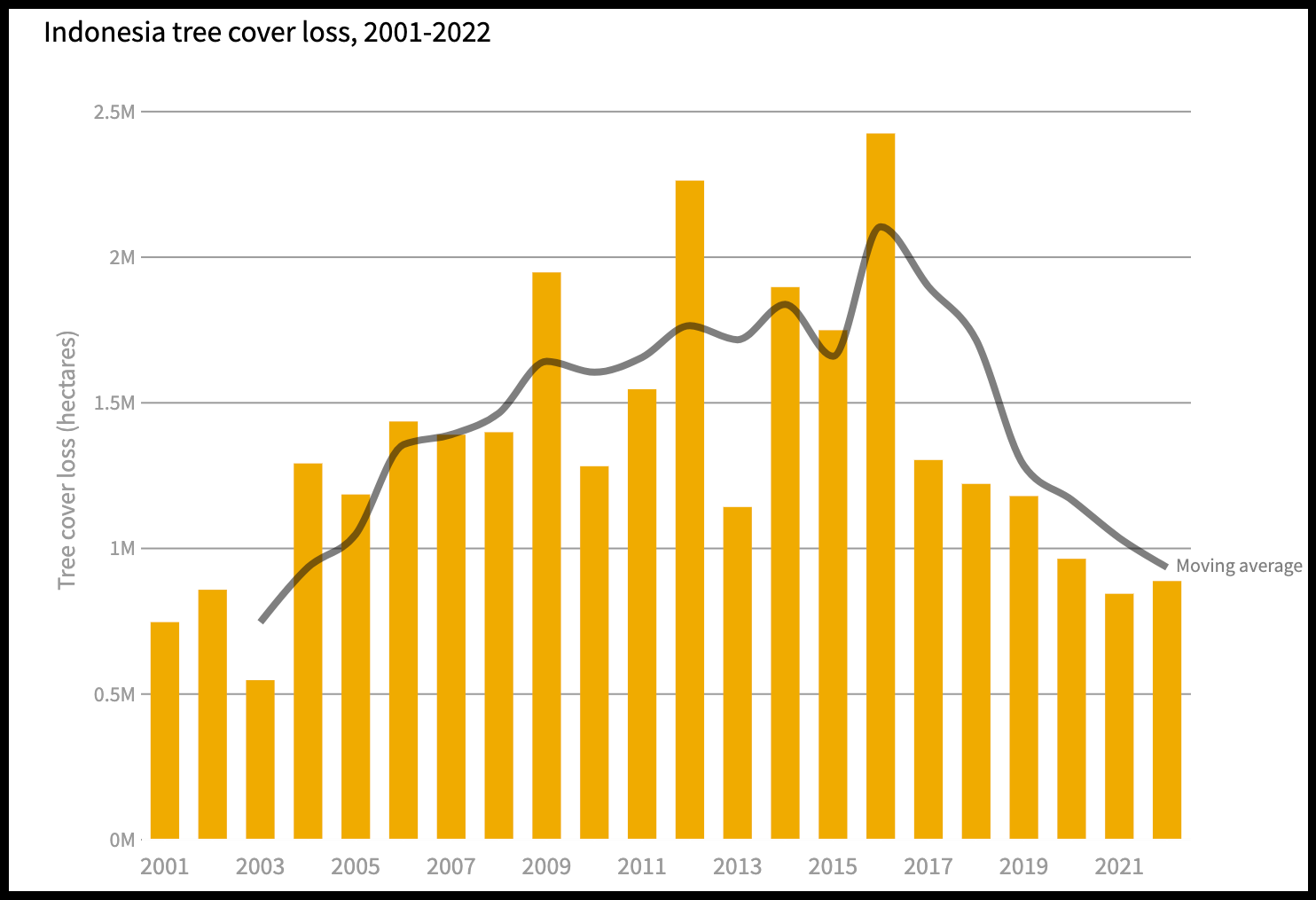
The US Department of the Interior has revised regulations to improve endangered species protection by allowing more flexibility in relocating species to suitable habitats beyond their historical ranges. The changes are expected to improve conservation efforts and prevent extinctions, supporting the recovery of imperilled species. Clean Technica
3M has agreed to a historic $10.3-billion settlement over its use of PFAS, or 'forever chemicals,' linked to major health issues and found in municipal drinking water supplies. The settlement, one of the largest of its kind in history, will fund the clean-up process, benefiting an estimated 1 in 20 Americans. Grist
Colombia has expanded its Cuchilla del San Juan protected area by 45,994 acres, bringing the total size to 73,272 acres. Located in the northern Colombian Andes at the meeting of two of the world’s greatest biodiversity hotspots, the expansion helps safeguard the habitats of over 100 endemic species and protect water sources for thousands of people. Andes Amazon Fund
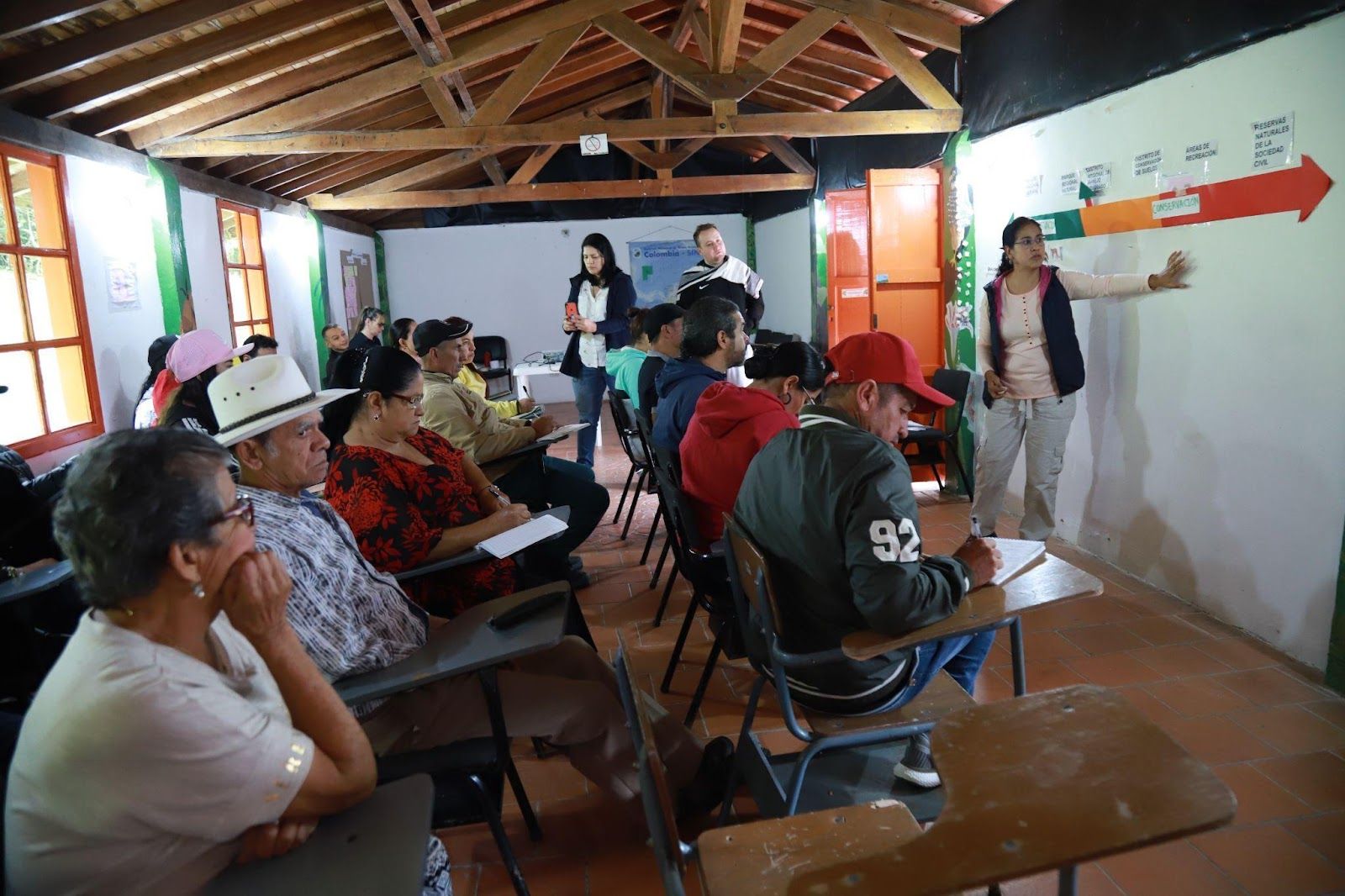
Catholic nuns have helped a group of women from the Shinnecock, an Indigenous tribe in Long Island, establish a kelp farm to clean up pollution in their shared bay. The unique collaboration is working. Since the project started in 2019, there has been an increase in scallops, clams, seahorses and other marine species. Guardian
Populations of the endangered large heath butterfly are now flourishing in northwest England after being reintroduced to restored peatlands in 2020. Wildlife experts said they are optimistic about the species, which is 'breeding strongly.' BBC
After years of behind-the-scenes work by animal rights activists, a bill has finally been introduced in South Korea that seeks to eliminate the dog meat industry by outlawing the breeding and slaughter of dogs for human consumption, prohibiting the sale of dog meat, and providing support for dog farmers to transition to alternative businesses such as water delivery or chilli plant cultivation. World Animal News
A century ago, sea otters in the United States were hunted nearly to extinction for their extraordinary fur coats. Since they became a protected species under the Endangered Species Act in 1977, their numbers have rebounded to about 100,000, and populations of southern sea otters are recovering too, albeit more slowly.
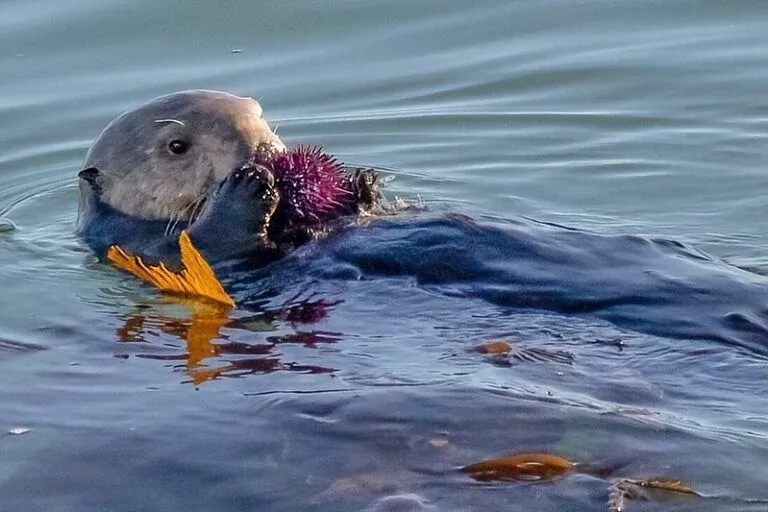
After 15 years of restoration, the Dundreggan Rewilding Centre in Scotland is welcoming visitors to its 'world first' purpose-built accommodation. It’s worth a visit–the 4,047-hectare site is home to 4,000 species of plants and animals including rare globeflowers, red squirrels and golden eagles that have returned after a 40-year absence. Guardian
Secret networks of rogue rewilders across Europe are releasing threatened species back into the landscape to speed up the restoration of ecosystems. Among them are the 'boar bombers,' 'butterfly brigade' and 'beaver black ops,' who have contributed to bringing the beaver back from the brink to an estimated population of 1.5 million today. Coda
Centuries of overgrazing and deforestation have eliminated most native flora in Ireland, but a growing rewilding movement now aims to change that. 'At least one species has returned every year since we started. Pine martens. Red kites. Corncrakes. Peregrine falcons. Kestrels. Stoats. Woodpeckers. Otter. We think there’s salmon in the river again, for the first time in my life.' NYT
A temperate rainforest–a magical, wildlife-rich place of mosses, lichens and ferns–is being planted in the south of England. The rainforest will sit within a larger site where multiple other regenerative projects are taking place. The name Dart 'derives from the Celtic for "oak", so it’s very apposite that one of the first rainforest restoration projects should be to help restore Atlantic oakwood to the valley of the Dart.'
17th June 2023 - 23rd June 2023
In 2013, the 11 countries of the WHO South-East Asia Region adopted a goal to control rubella by 2020. They made incredible progress. Routine coverage of the rubella vaccine increased from 12% in 2013 to 86% in 2021, and 515 million people were vaccinated. Rubella incidence decreased by 80%, from 5.5 to 1.1 cases per million; the Maldives and Sri Lanka achieved elimination; and Bhutan, North Korea and Timor-Leste have all stopped endemic transmission for over 36 months. WHO
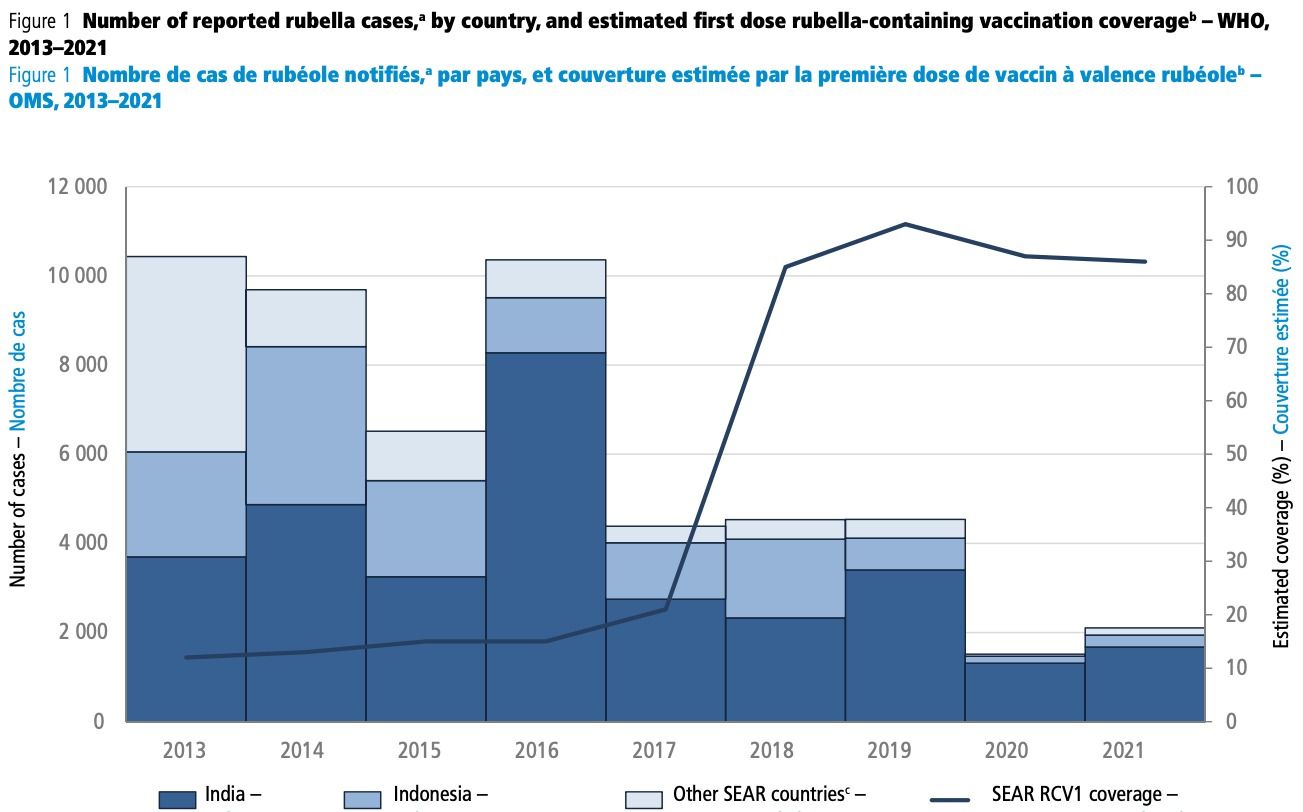
Belarus, Kyrgyzstan, Turkmenistan and Uzbekistan have reached their targets on Hepatitis B control, joining five other countries in Europe that have done the same in the last two years, and bringing the continent a step closer to achieving the ultimate goal of eliminating viral hepatitis as a public health threat by 2030. WHO
Japan has raised the age of consent from 13 (the lowest among developed nations) to 16 and introduced far stricter laws against sex crimes, expanding the scenarios under which rape prosecutions can be made, including for victims who were frightened or under the influence of alcohol or drugs and in cases of perpetrators taking advantage of social status. BBC
Kenya has made some big strides in reducing teen pregnancy, with rates falling by more than half in four years. In 2018, healthcare facilities recorded a total of 427,297 pregnant teenagers. By 2022, that number had fallen to 260,442. This is a big deal–until recently Kenya had the third-highest rate of teen pregnancy in the world. The Standard
The number of people who die after a breast cancer diagnosis in England has decreased by two-thirds since the 1990s, a study of more than half a million women has shown. 'We knew that mortality had reduced during the past 20 years, but we didn’t know by how much.' Nature
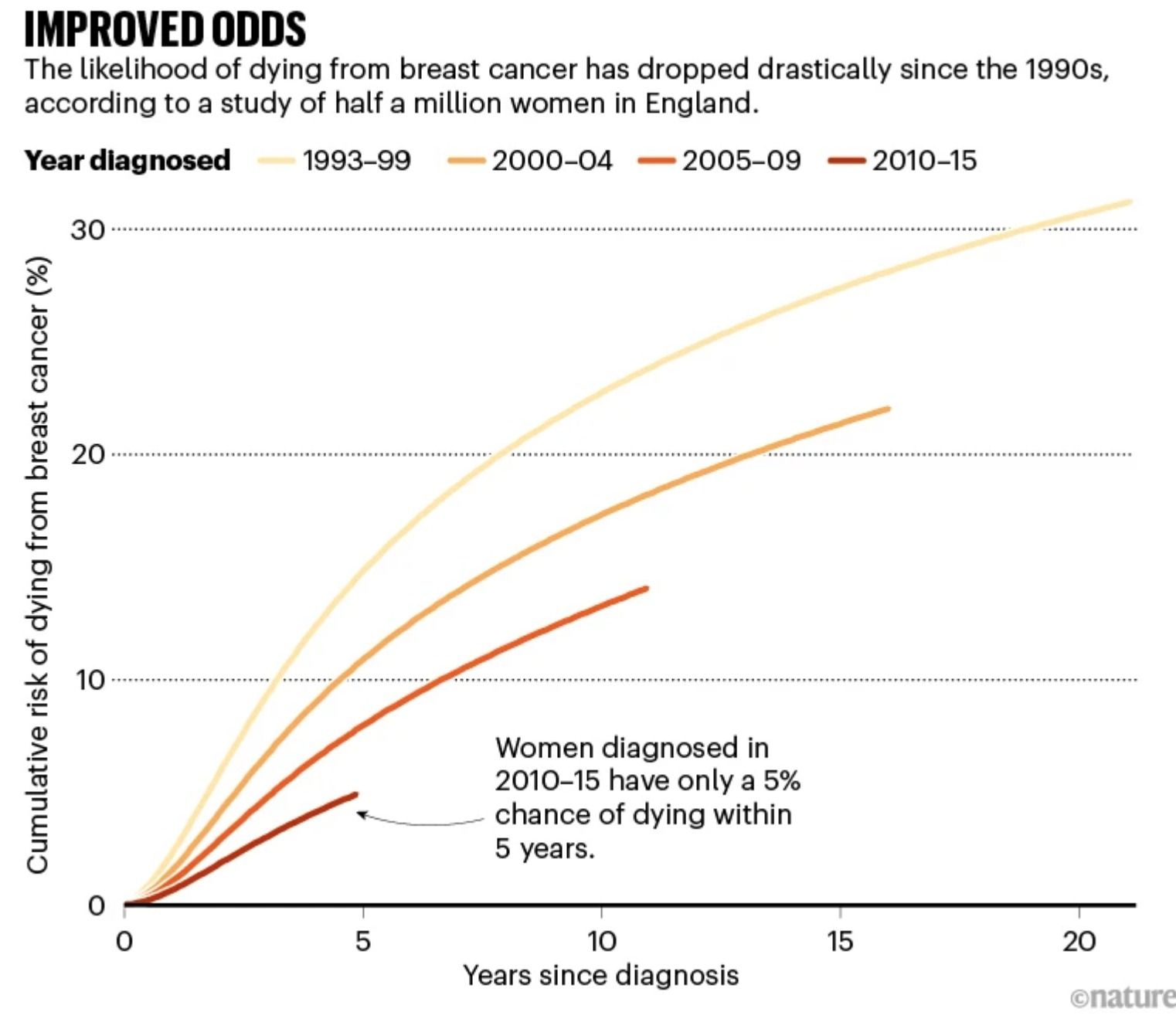
One of the most progressive social movements in the United States right now is the push to pass clean slate laws: legislation that removes a criminal record after people have remained crime-free for a certain time. This matters, since one in three Americans has some kind of record. New York just became the 12th state to pass a law that meets the criteria. NYT
We're building a pathway that automatic record clearance is a reality in all 50 states that will unlock second chances for additional 14 million people.
Sheena Meade, CEO, Clean Slate Initiative
The federal effort to expand internet access in the US took a huge step forward last week with the announcement of almost a billion dollars in grants to install connections where gaps in connectivity remain. The grants are intended to trigger the laying of 19,300 km of new fiber throughout 35 states and Puerto Rico. AP
Swiss voters have approved an increase in the minimum tax on businesses from 11% to 15%, bringing it in line with the OECD's targets, and suggesting that the dynamics around a global minimum tax have substantially shifted to the point that it is on the precipice of reality in many parts of the world. Politico
Estonia has become the first ex-Soviet state–and 35th country in the world–to pass a law legalising same-sex marriage. Lawmakers voted to approve the law earlier this week, and it will go into effect on 1st January 2024. 'This is a decision that does not take anything away from anyone but gives something important to many.' CNN
Pew on attitudes to same-sex marriage around the world. Western European countries are staunchly liberal, as are Japan and Australia; a majority of countries in the Americas are supportive; African countries are hostile; but the big surprise is India, where 53% are in favour, despite the fact that it remains illegal there (for now). Pink News
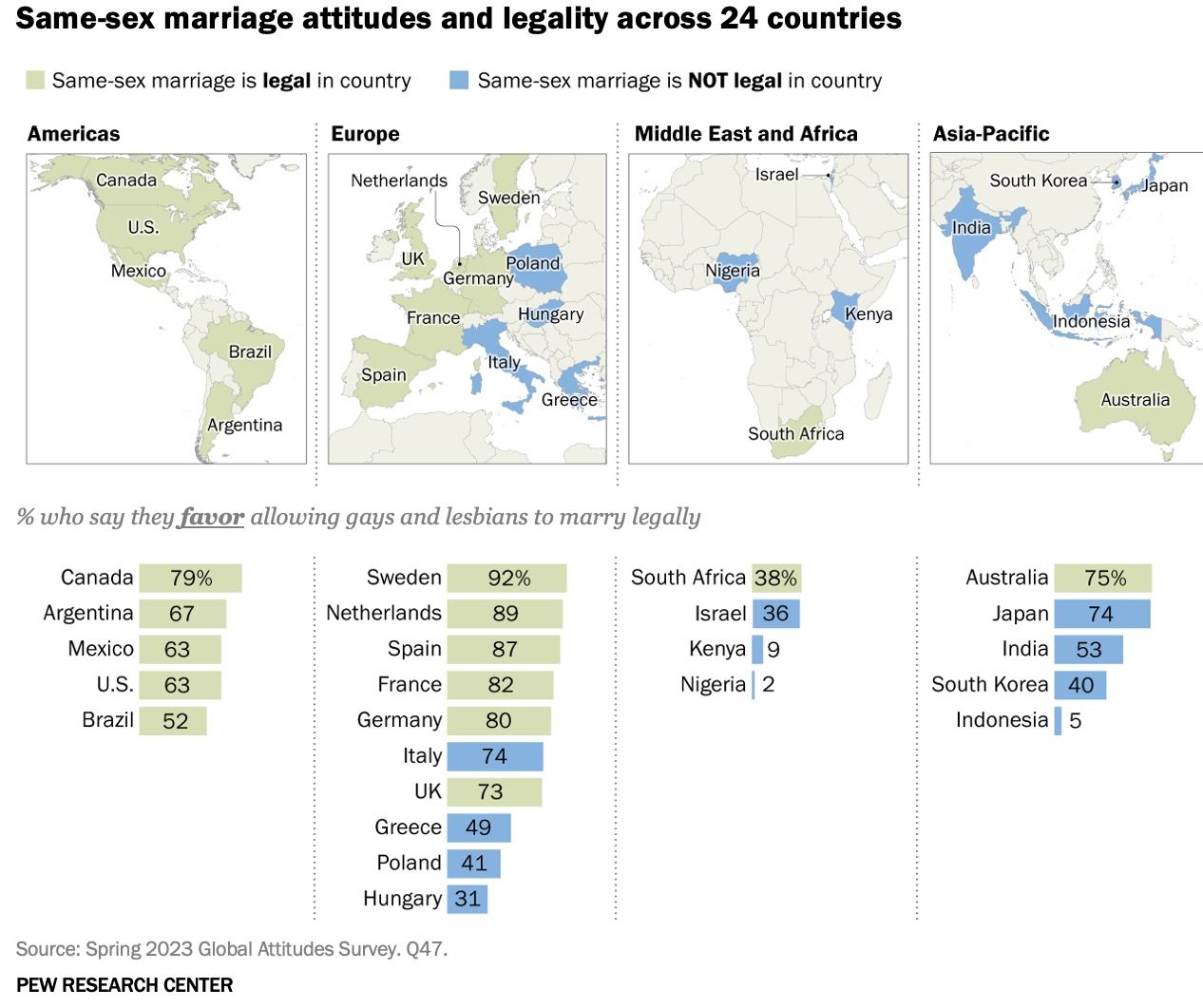
Things were better in the good old days, except actually they weren't. After years of fear-mongering, news organisations are now ignoring the decrease in US homicide rates. Read about the Indian city where nobody goes hungry thanks to the Sikh practice of seva. A malaria vaccine in Kenya has resulted in a noticeable drop in child deaths. Lithuania has achieved remarkable success in reducing the impact of alcohol. Alabama is the first US state to lay out a strategy to end cervical cancer deaths. Diversity increased by 38% on the boards of America's largest companies in 2022. The United Kingdom has broadened a plan to clear women’s historic convictions for homosexuality. Germany agrees to pay over a billion dollars to Holocaust survivors. Riots in India fall to their lowest-ever level.
A new report by the Rights and Resources Initiative has found that land legally owned by Indigenous communities increased by 102.9 billion hectares, an area the size of Egypt, between 2015 and 2020. The report analysed 73 countries and highlighted Kenya and Liberia as making the most significant gains. Mongabay
Indigenous communities have taken ownership of the Tama Wildlife Reserve in southwestern Ethiopia, making it the largest community conservation area in the country. Spanning 197,000 hectares, the reserve is a vital corridor between two national parks and home to diverse wildlife including the black-winged lovebird, Somali giraffes, and African elephants. Mongabay
Good news for whales! Blue whale populations are making a comeback off both the west and east coasts of the United States, and in cooler waters, Iceland has suspended this year’s whale hunt, effectively heralding the end of a controversial practice that has been in terminal decline for years.
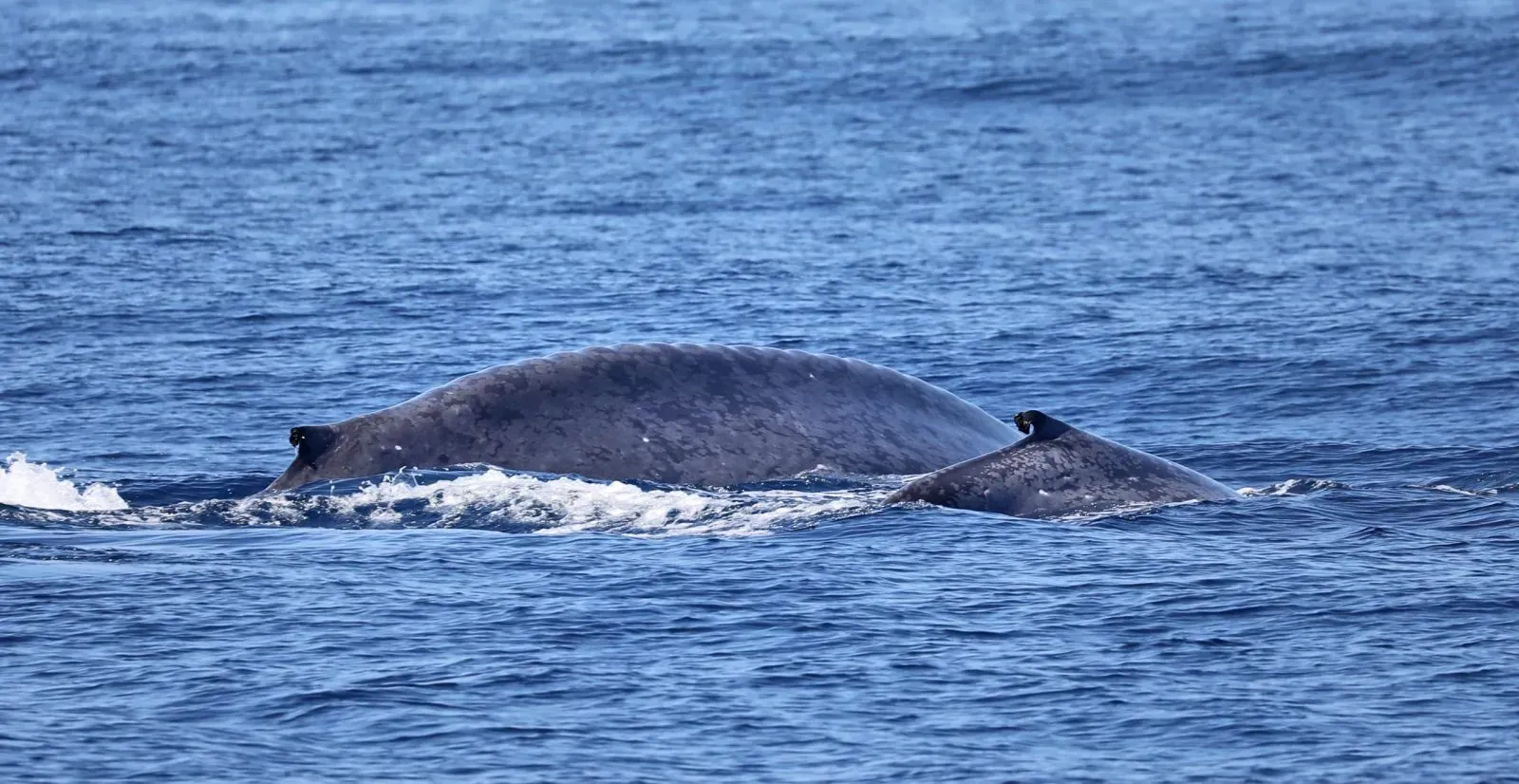
A group of women in Mexico City is creating quite the buzz after saving around 510 beehives from extermination, each with an average of 80,000 bees. The grassroots project has inspired other groups to join the mission and is welcome news after the 'mass killing' of millions of bees by pesticides in southern Mexico earlier this year. AP
We tried to work with men, but they seem to love the danger. We began to see that it wasn’t very viable, so we began to contract just women. We realised that we can do the exact same as them, and often even do it better.
Adriana Velíz, Mexico City
Dutch people own more bicycles per capita than any other place in the world, and the country has more than 32,000 km of dedicated cycling paths. The success of cycling in the Netherlands wasn't inevitable and didn't magically emerge from Dutch culture. It was designed.
South Korea keeps 90% of its food waste out of landfills and turns most of that into animal feed, fertiliser and fuel. The success of composting in South Korea wasn't inevitable and didn't magically emerge from Korean culture. It was designed (and can be replicated).
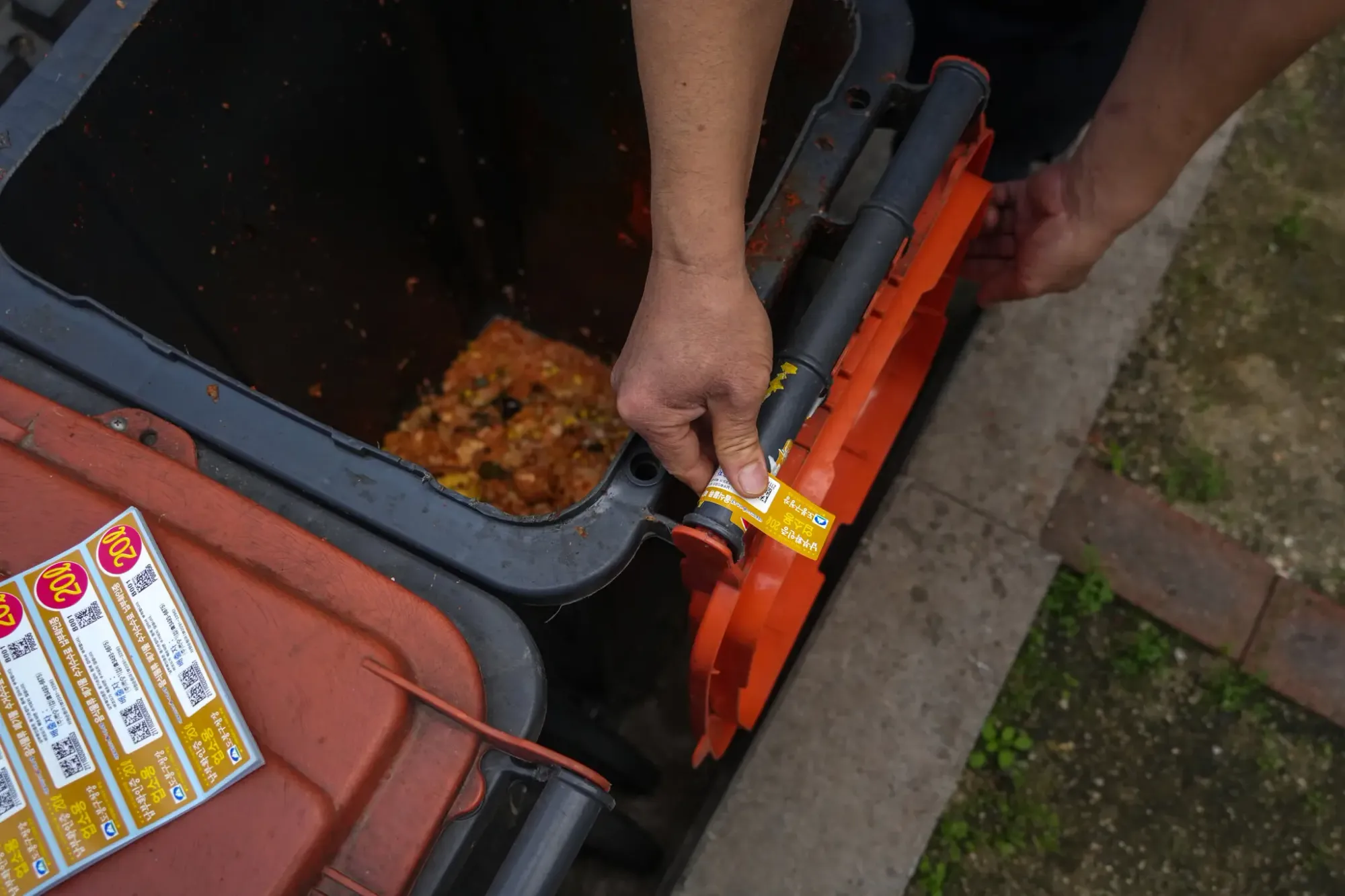
Mali will receive $150 million from the World Bank to restore and reforest 400,000 hectares of degraded land, which will benefit 2.3 million people. The funds will be distributed among 87 councils to restore agricultural lands and also the inland delta of the River Niger, the largest wetland in West Africa. Afrik21
Lula has begun to rein in the rampant destruction of the Amazon. Deforestation fell 68% in April compared with the same month last year, and May saw a smaller drop of 10%. Overall, the first five months of the year have seen a 31% drop in deforestation compared to those months in 2022. New Scientist
The Biden administration has just committed over $600 million to help coastal communities fight climate change and $161 million for ecosystem restoration on public lands. The latter will focus on 21 'restoration landscapes' ranging from the sagebrush steppe of the high desert to wetland meadows and watersheds. Reuters
Canada will phase out chemical toxicity testing on animals thanks to amendments to its Environmental Protection Act. It signals the end of a horrible practice that has exposed rats, mice, rabbits, fish, birds to 'severe pain near, or beyond the pain tolerance threshold.' World Animal News
UNESCO recently designated 11 new biosphere reserves in nine countries, bringing the worldwide total to 748 sites in 134 countries. Do yourself a favour and check out these new sites–they're the polar opposite of old-school, fortress-style conservation, and some of them are extraordinary.
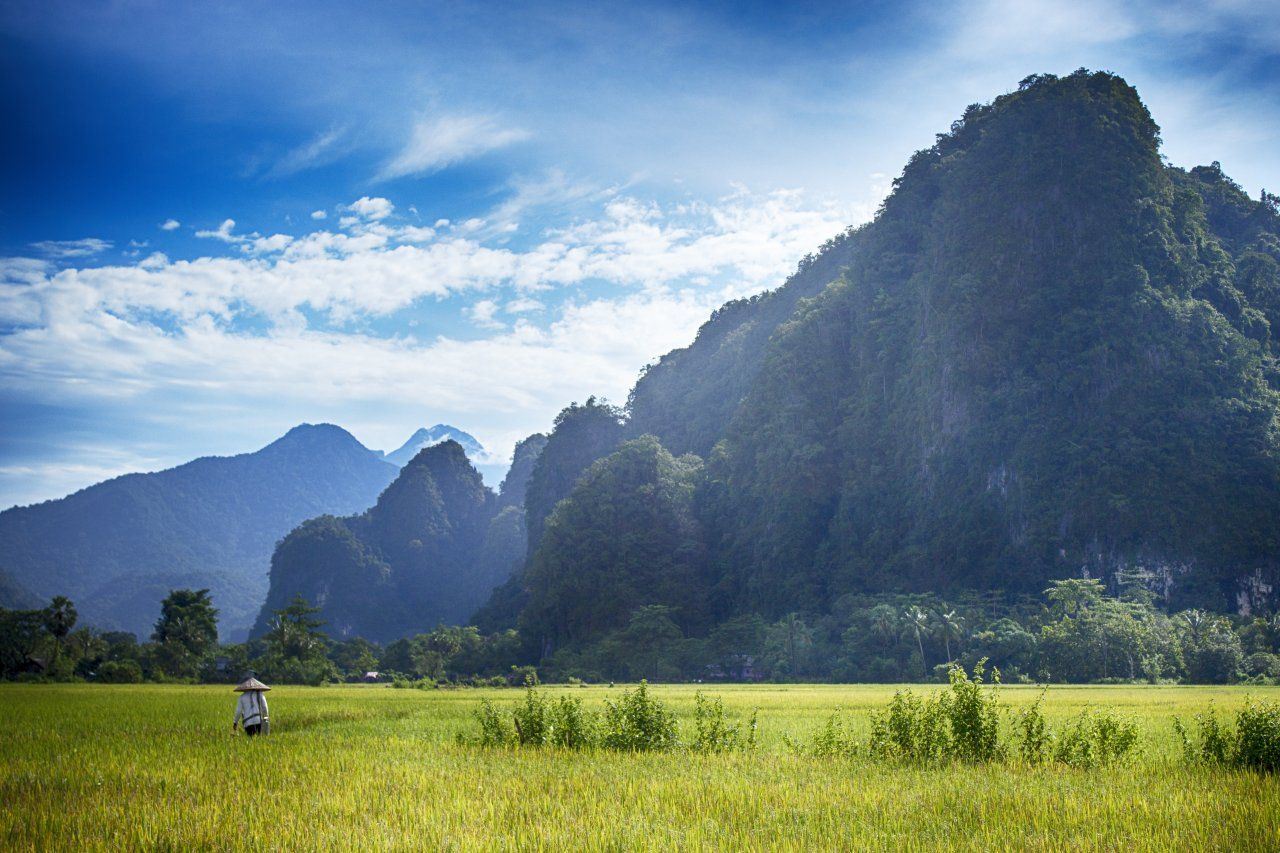
10th June 2023 - 16th June 2023
Branko Milanovic is the world's foremost expert on the subject of inequality, an area he's been studying for more than three decades. Here he is for Foreign Affairs:
Globalization, the argument goes, may have enriched certain elites, but it hurt many other people, ravaging one-time industrial heartlands and making people susceptible to populist politics. There is much that is true about such narratives—if you look only at each country on its own. Zoom out beyond the level of the nation-state to the entire globe, and the picture looks different. At that scale, the story of inequality in the 21st century is the reverse: the world is growing more equal than it has been for over 100 years.
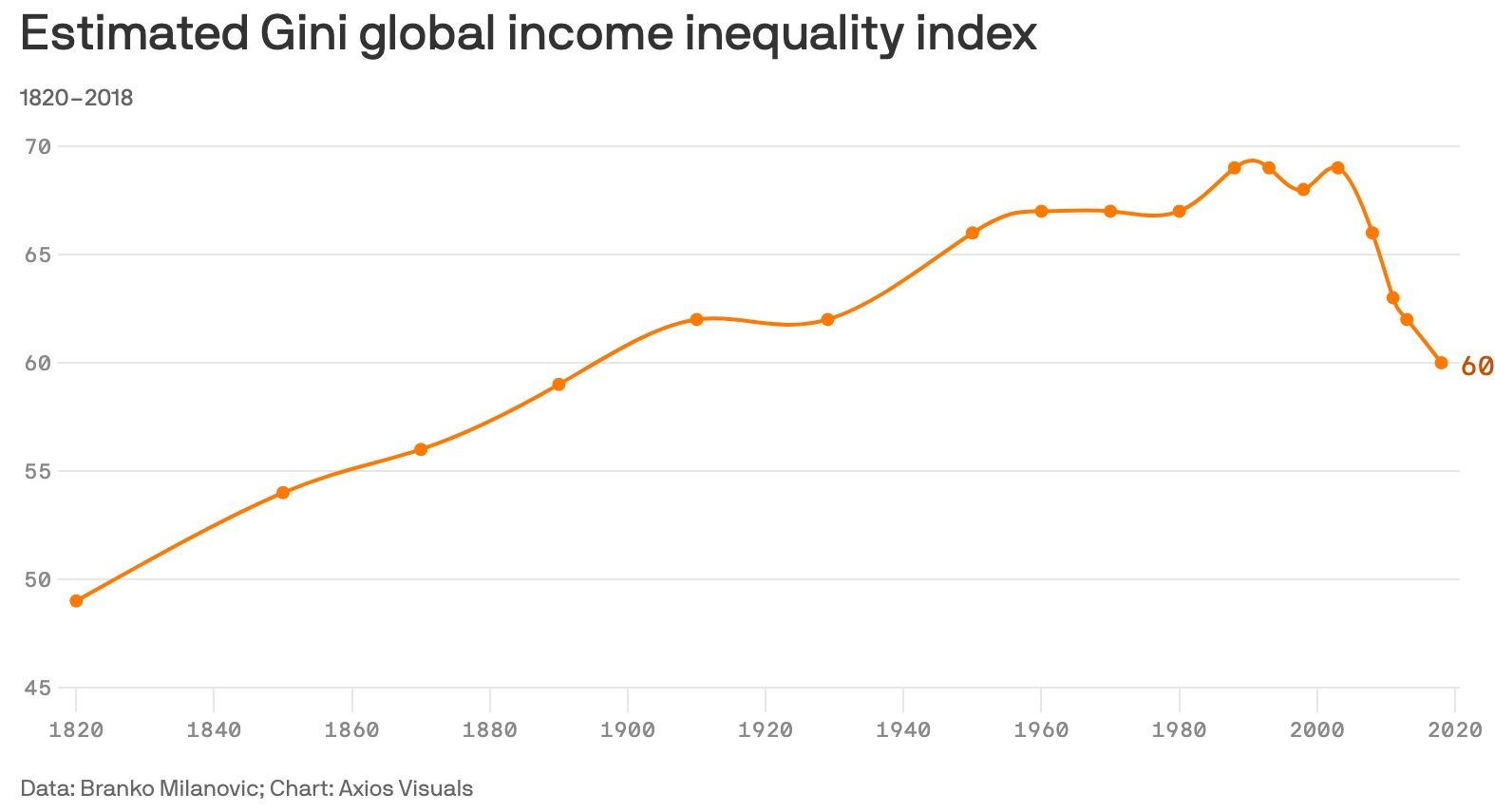
He's not alone. The Cato Institute has released a new index measuring material well-being, lifespan, infant mortality, adequate nutrition, environmental safety, access to opportunity, access to information, and political freedom. Across all but two of those dimensions, it says the world has become more equal since 1990.
Morocco and the World Bank just finished a nine-year project to bring water to the country's most remote areas, especially on the Atlantic coast and in the Rif and Pré-Rif regions. Over a million people have gained access to a potable water supply, either through standpipes or individual household connections. World Bank
Progress continues in the fight against AIDS in South Africa. In 2022, there were an estimated 164,000 new infections, three times lower than the peak of 538,000 in 1999. Deaths linked to HIV are also declining, with around 48,000 in 2022, less than a fifth of the peak of 265,000 in 2005. Medical Brief
A lot of that is thanks to PEPFAR, the largest-ever investment by the US government to fight a single disease. Since 2003, more than 25 million lives have been saved, 5.5 million infants have been born HIV-free, and more than 75% of the 38.4 million people living with HIV/AIDS globally are taking antiretrovirals. JAMA
California is kicking off a statewide expansion of Dolly Parton’s Imagination Library, providing universal access to free books in the mail every month, including bilingual options, for approximately two million children. The program is currently active in 30 counties in California; this expansion will cover all 58 counties by 2028.
I’m so thrilled at the overwhelming support to make my Imagination Library available to every child in California! Today is an amazing milestone for children and families across the state! We still have a lot of work to do, but together we can inspire a love of reading in children across California that will last a lifetime.
Dolly Parton

What's behind the huge drop in the US murder rate this year? Part of it seems to be a change in policing. 'Crime going up was more than a gentle reminder that there is a place where we need armed guardianship in America and in our world. It’s really about putting officers in positions where we don’t force them to be adversaries.' CSM
Indonesia has met more than half of its Sustainable Development Goals (SDGs), with only 20% needing increased focus. Notable achievements include improved access to water and sanitation, safer public transportation, green open spaces, energy efficiency, sustainable industry, reduced carbon emissions, exports of high-tech industrial products, and data availability. Jakarta Post
The United States says it will rejoin UNESCO, the UN's cultural and scientific agency (and pay more than $600 million in back dues) after a dispute sparked by the inclusion of Palestine as a member in 2011. The Trump administration withdrew from UNESCO in 2017. 'It’s an important day for multilateralism.' Associated Press
In 2006, one of the world's biggest NGOs started a project in Bangladesh to treat presbyopia, a condition which makes seeing things up close difficult, which heavily impacts livelihood opportunities. By 2022, over 32,000 community health workers had brought the gift of clear vision to two million people around the country. BRAC
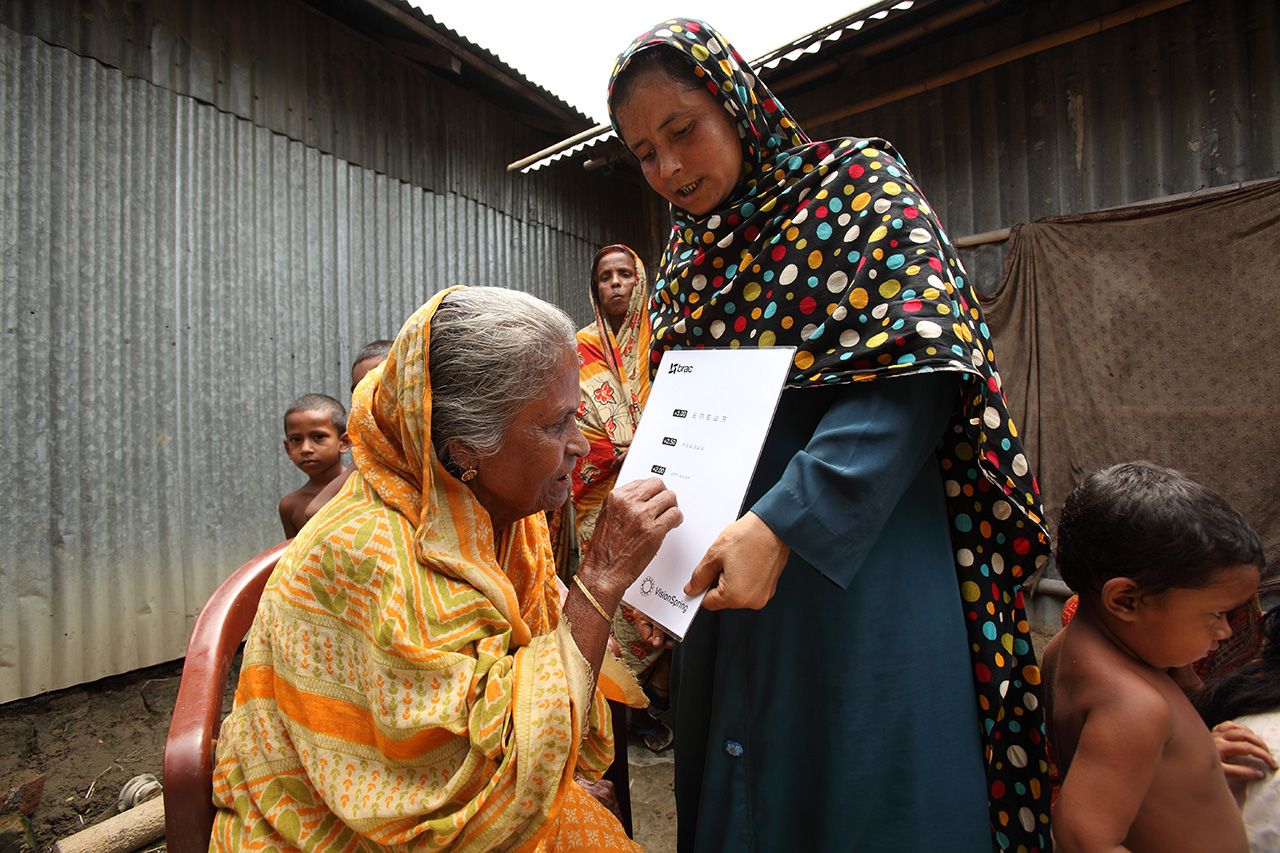
Argentina will no longer require a prescription to obtain emergency contraception, commonly known as the 'morning-after pill,' broadening reproductive rights in the traditionally conservative South American country. 'This removes an important barrier to access.' Reuters
Sri Lanka’s Supreme Court has given the green light to a bill seeking to decriminalize homosexuality, a move hailed by campaigners as a 'historic development that has created hope towards real change.' CNN
Iceland has become the latest country to ban conversion therapy. 'This is a really important issue for all gay people and a step worth celebrating. There is no cure for being gay and any attempt to do so is violence. It’s so good that the government recognizes it with legislation.' LGTBQ Nation
Since the first same-sex marriages took place in the Netherlands in 2001, more than 30 other jurisdictions have enacted laws allowing gays and lesbians to marry. In 24 of these places where recent detailed statistics are available, same-sex marriages have ranged from 0.4% to 3.4% of all marriages in a given year. Pew
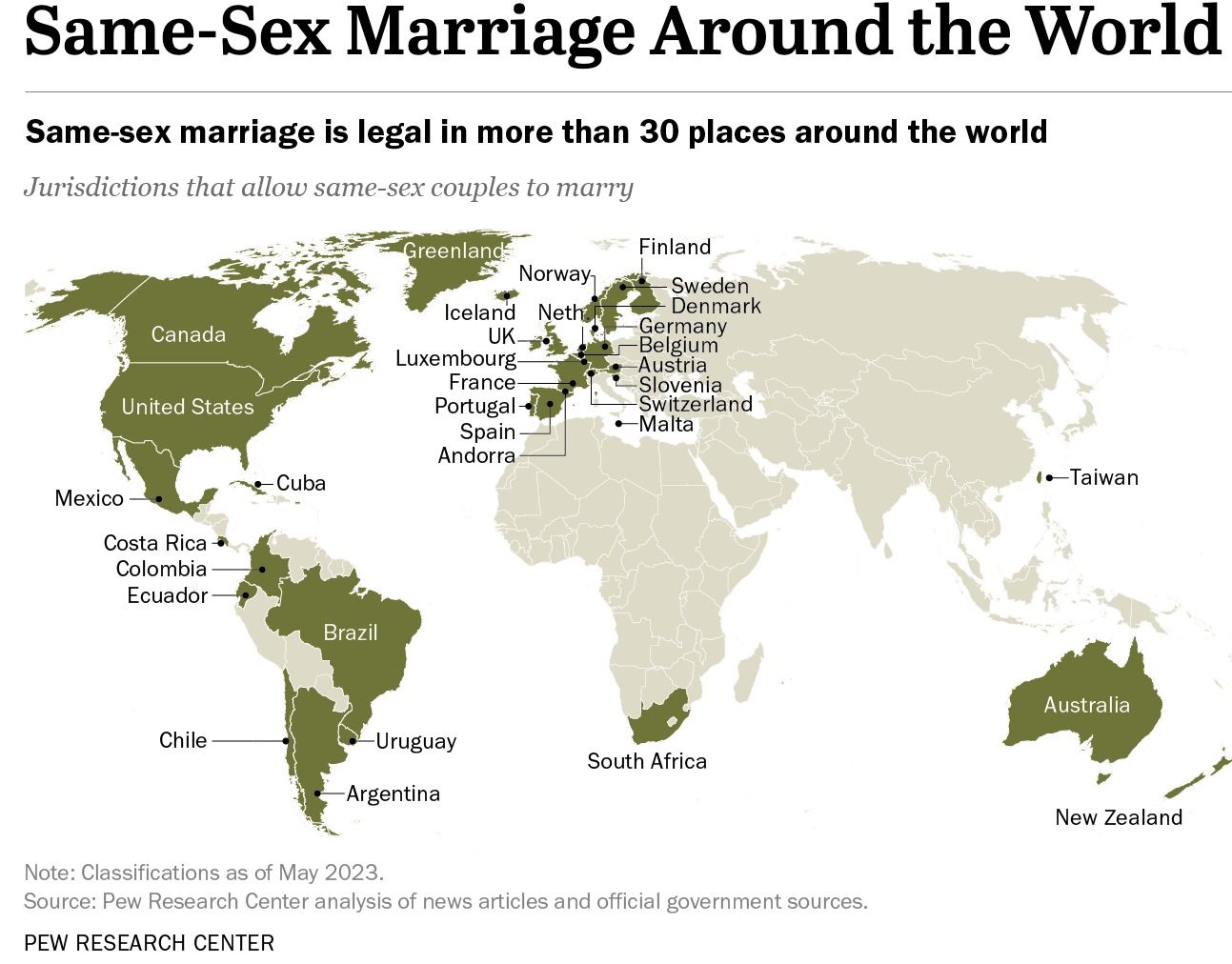
In 1998, Indonesia initiated a community-based, decentralized approach to protecting its oceans. Over the course of 25 years through several iterations, 20 million hectares has been protected, leading to a 60% decline in illegal fishing in six of seven project districts, a 17% increase in coral reef cover, and the return of long-absent species. World Bank
The New York State Legislature has passed the Birds and Bees Protection Act, a first-in-the-nation bill that will rein in the use of neurotoxic neonicotinoid pesticides ('neonics'). It is the first law to address neonic seed coatings in the United States—far and away the largest and most widespread neonic use nationwide. Clean Technica
Brazil's government has unveiled its plans to eliminate deforestation in the Amazon by 2030, using coordinated policy across more than a dozen ministries, strengthened law enforcement, intelligence and satellite imagery to root out illegal loggers and cattle ranching, regularization of land titles, and the establishment of a rural registry. Politico
Recent studies show that small farmers from Senegal to Ethiopia to Malawi are allowing trees to regenerate on their lands, resulting in improved crop yields, productive fruit harvests, and a boost for carbon storage. It's 'dramatic good news' about Africa's tree cover. Yale360
In 2021, the city of San Carlos de Bariloche in Argentina had a dismal recycling rate, and its waste site was declared one of the world's 50 largest rubbish dumps. Since then, it's become a circular economy champion, doubling recycling in two pilot projects, and now plans to expand the programme to 55% of the population by 2025. WEF
Giant tortoises are flourishing on the slopes of Isabela’s Alcedo Volcano and other Galápagos islands; conservationists now think Darwin's flycatchers could be making a comeback on those same islands; in Finland, a record number of endangered Saimaa ringed seal pups have been born this year; and in Belgium, seals are making a comeback, too.
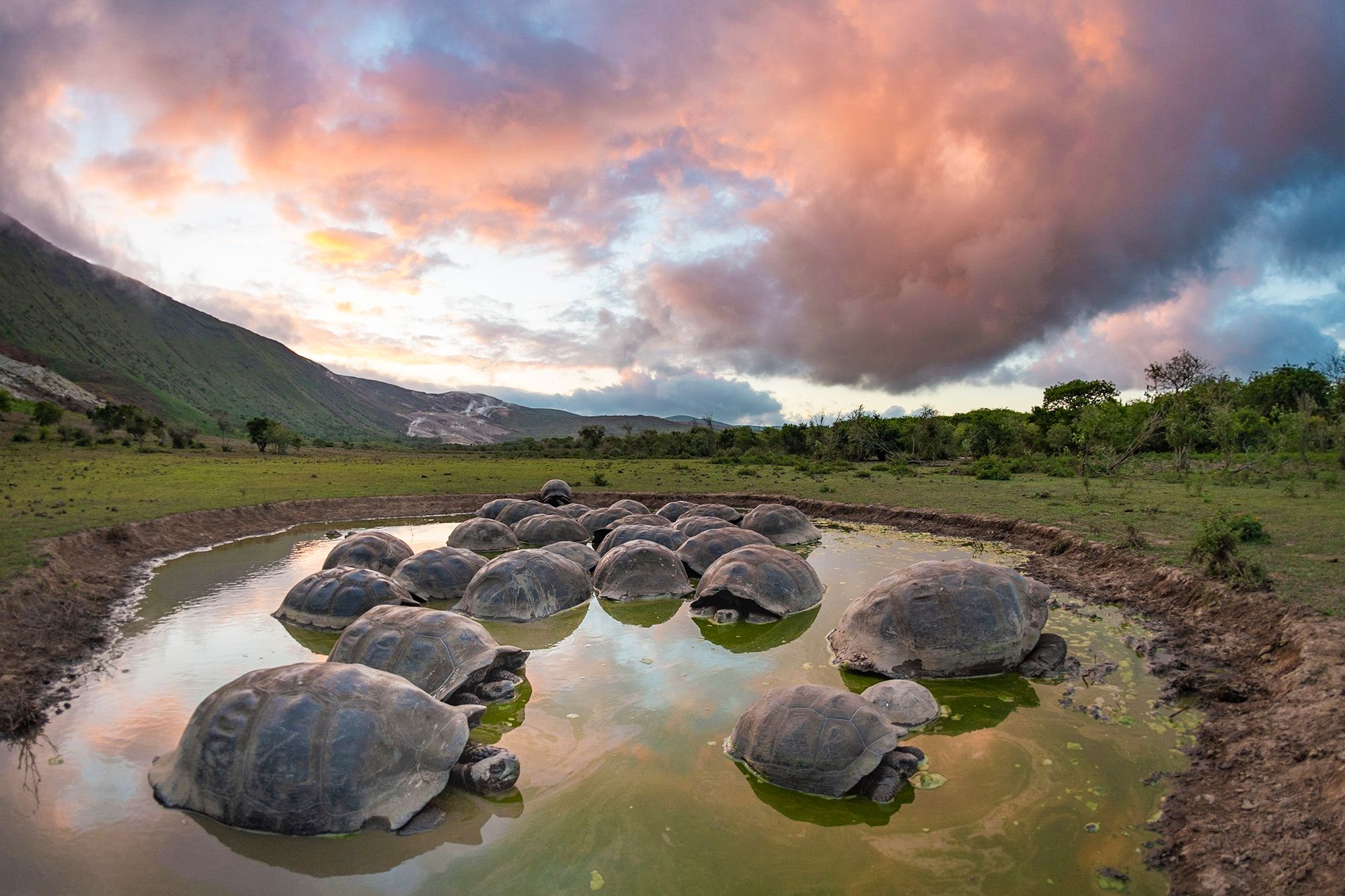
The governor of Vermont, Phil Scott, has allowed a land conservation bill that was a top priority for environmentalists to pass into law. The law establishes a goal of permanently conserving 30% of Vermont’s total land area by 2030 and conserving 50% by 2050. Vermont Public
In March 2023, Panama’s Ministry of Environment announced commitments to stop the more than 160,000 tons of plastic that are imported and consumed in the country each year. Single-use plastic will be eliminated within three years, overall consumption reduced by 30% in five years, and within ten years, the sale and import of all single-use and virgin plastic will be reduced by 50%. Oceana
Global efforts to protect the world's ocean have only really picked up in the last two decades. In 2005 there were less 2 million km² of marine protected areas, but since then there has been a huge jump. Today, 29,581,750 km2 is under protection, covering 8.16% of the ocean. Protected Planet
If you are feeling despair about the fate of the planet, if you are angry with the fossil fuel companies or terrified about the runaway temperatures in the Atlantic, if you have ever marched in a protest or written to your local representative or ranted that the greed of the few is ruining the future of many, then please, take a few minutes to look at this report from the Rocky Mountain Institute.
It will help. We promise.
The energy transition is no hippie solarpunk mirage. It’s a huge real change that’s happening to our world right now, and it’s based on technological progress and innovation. Anyone who still doesn’t see the reality of that has their eyes closed and their fingers in their ears.
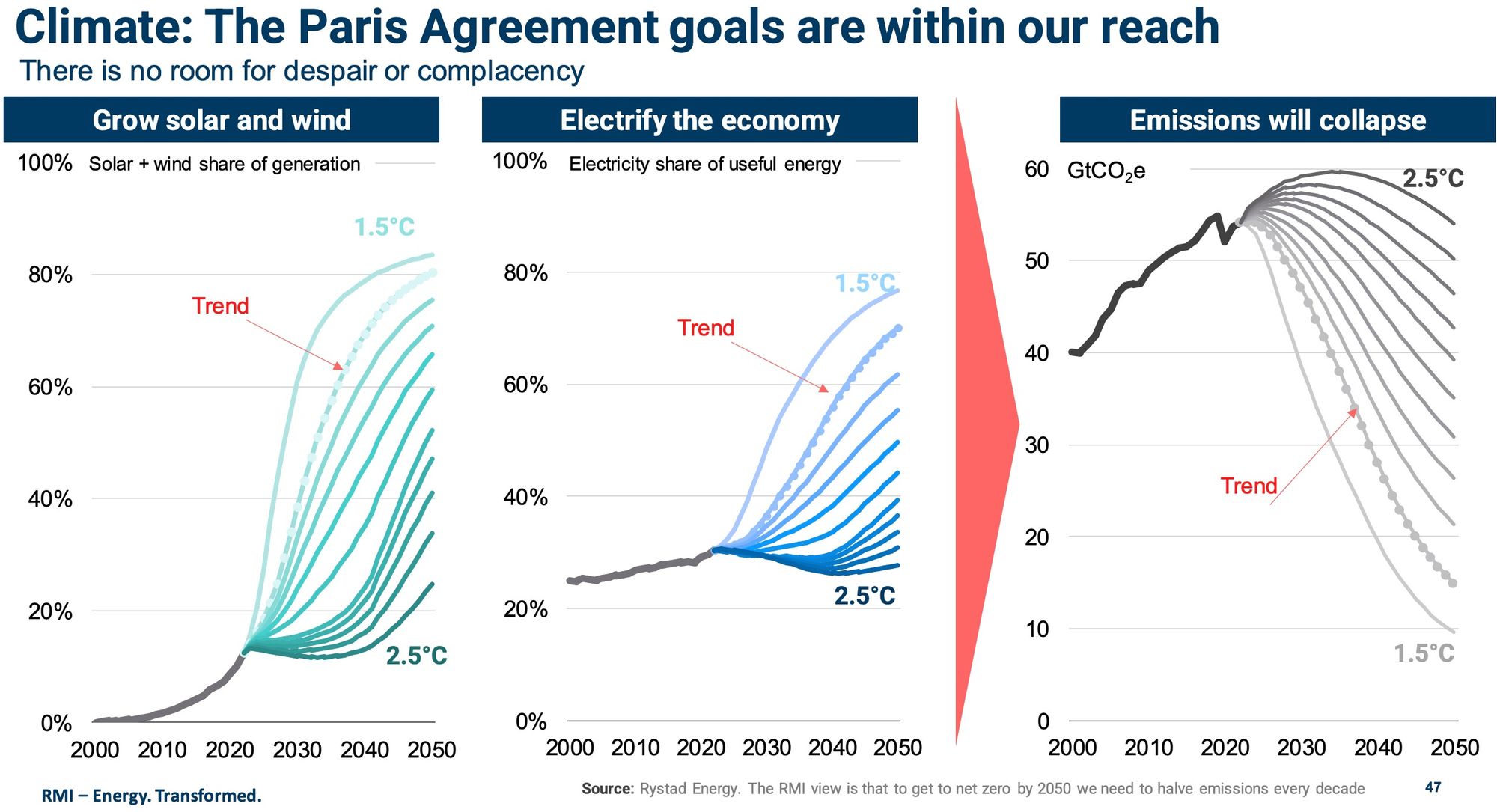
27th May 2023 - 9th June 2023
According to a new report by the Ifakara Health Institute, Tanzania has made significant progress against malaria, with cases dropping by 55% in the last seven years, from 7.7 million in 2015 to 3.5 million in 2022. Zanzibar has been at the forefront of the effort, reducing transmission to less than 1% in the last decade. Daily News
Successful trials of a new meningitis vaccine in Africa have raised hopes for the elimination of a disease that kills about 250,000 people a year. The NmCV-5 vaccine, which will become available in coming months, will protect against the five main meningococcal strains, including the emerging X strain, for which there is no protection. Guardian
It should be game changing for epidemic meningitis control in the meningitis belt. We look forward to seeing the vaccine rolled out in the region as soon as possible.
Ed Clarke, co-author of the study, New England Journal of Medicine
Africa's largest polio vaccination campaign since 2020 will immunise 21 million children under five in Cameroon, Chad, and Niger. The multi-country initiative will also extend to the Central African Republic, and with support from the WHO, administer vaccines in homes as well as religious centres, markets, and schools.
UNICEF just released its latest data on child malnutrition. The prevalence of stunting amongst the world's children fell from 33% in 2000 to 22.3% in 2022, and severe wasting declined from 8.7% to 6.8 %. In actual numbers, that means 56.1 million fewer children suffer from stunting than at the turn of this century.

An amendment to a law in Switzerland that recognises that any sex without consent is rape has been heralded as a “historic victory for human rights.” It marks the end of the outdated definition that considered only women as victims and required the use of physical force or coercion. Amnesty
France plans to increase its 50,000 km of bike lanes to 80,000 km by 2027, and 100,000 km by 2030. The plan includes €500 million towards helping more people purchase and maintain bikes, and additional funds to create spaces for bike parking as well as training for 850,000 school children. Forbes
US crime researcher Jeff Asher in The Atlantic: "This spring, I’ve found something that I’ve never seen before and that probably has not happened in decades: strong evidence of a sharp and broad decline in the nation’s murder rate. The United States may be experiencing one of the largest annual changes in murder ever recorded."
More on the story about improved reading levels in southern American states: Mississippi is climbing to the top of the class, despite high rates of child poverty. It’s thanks to a decade of efforts that have also lifted high school graduation rates from 75% in 2011 to 87% by 2020. NYT
Teen birth rates have declined again in the United States, falling by 3% in 2022 to 13.5 births per 1,000 females. The rate has declined by an average of 8% every year since 2007, and by 78% overall since 1991, the most recent peak. CDC
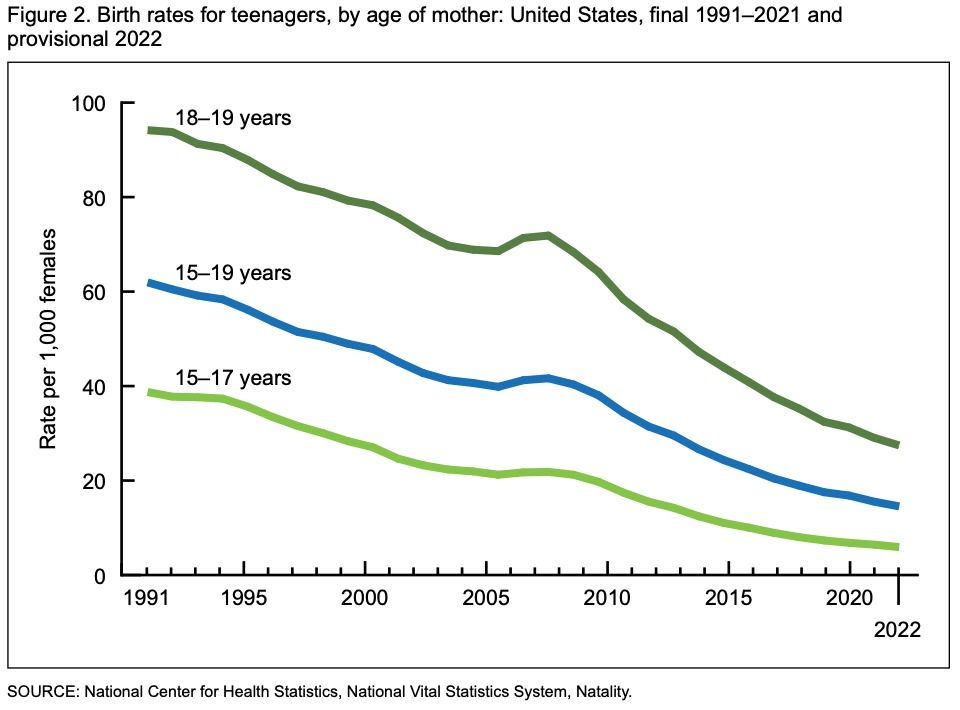
South Sudan has made secondary education free, following the recent lead of Ghana, Madagascar, Malawi, Sierra Leone, Togo, and Zambia. Over the past decade, similar reforms have spread across the continent with almost half of all African countries now offering free education at the lower secondary level and almost one in three at the upper primary school level. Conversation
The Hunger Project has established communal food centres across Uganda that push past traditional 'food aid' models and empower communities to feed themselves. The 12 centres serve up to 15,000 people each, and the approach seems to be working–over the past two decades, the number of Ugandans suffering from hunger has fallen by 58%. RTBC
The best way of solving world hunger is not a relief model that creates dependency and so actually worsens the problem. Communities have to be at the forefront of anything that will work in the long term.
Irene Naikaali, Direct for Uganda, The Hunger Project
To commemorate Pride Month, the IPPF just did a roundup of all the progress achieved for LGBTQI+ people around the world in the last 12 months. There have been setbacks, most notably the appalling law just passed by Uganda, but 20 countries have also strengthened rights on everything from gender identity and same-sex marriage to protection from discrimination.
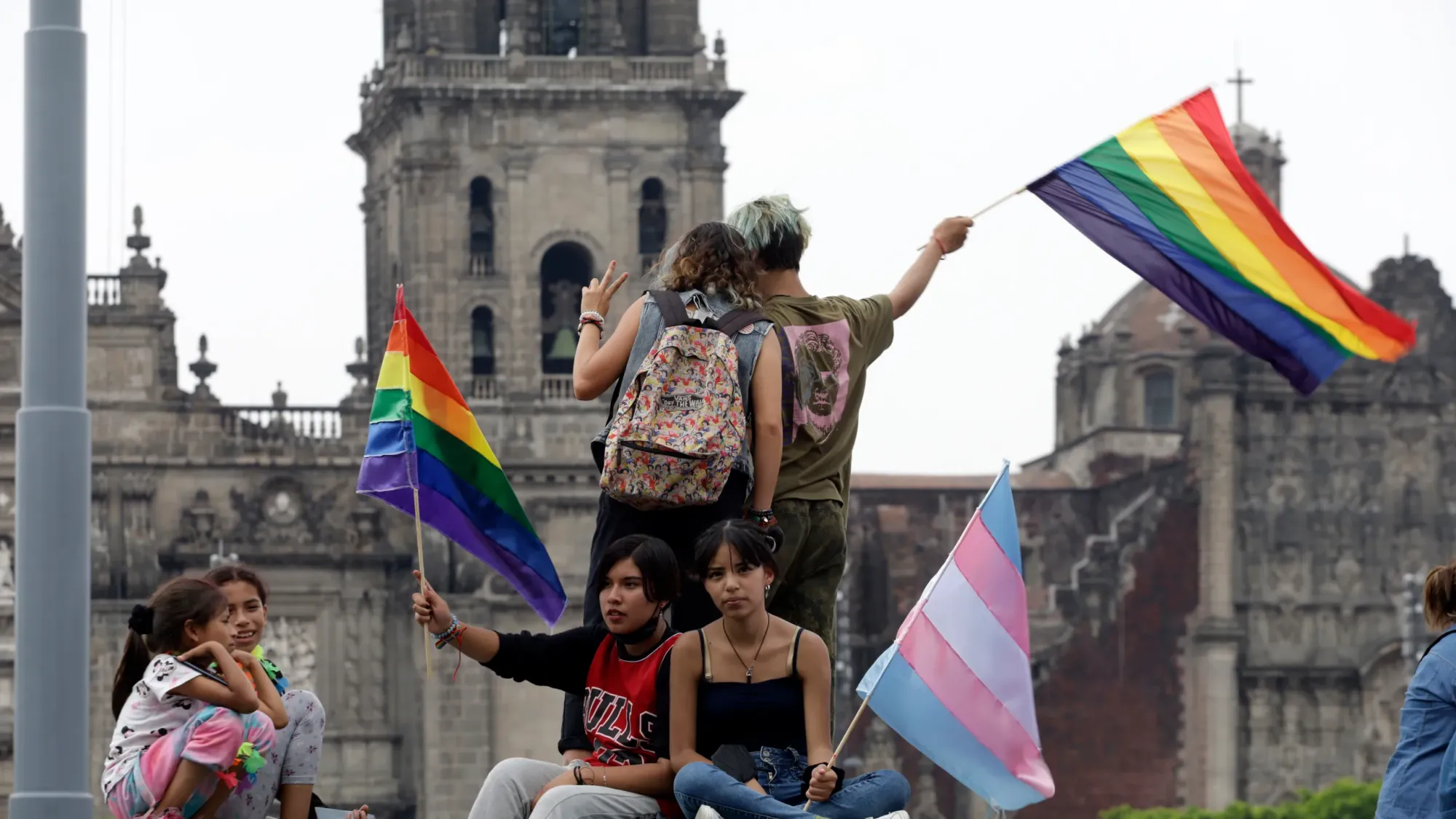
Even more good news...
The UN says the world's health systems are showing their first major signs of post-COVID-19 recovery. Member countries of the WHO have agreed to a 20% funding boost next year. The HPV vaccine is being rolled out in countries around the world, and it's going to save millions of lives. The amazing story behind the pregnancy bill that goes into effect in the United States at the end of this month, "one of the most significant civil rights victories our country has seen in decades." Mexico experienced the largest decline in its murder rate in eight years last year. Sweden is close to becoming the first smoke-free country in Europe (defined as having fewer than 5% daily smokers in the population). Somalia says it will introduce universal suffrage–one person, one vote–by 2024. Psychedelics are really, really, really good at curing depression.
China has passed the Qinghai-Tibet Plateau Ecosystem Protection Act, a comprehensive law protecting the Tibetan plateau and its surroundings, an area of 2.6 million km2, larger than all of Western Europe. It's a seminal moment in the story of conservation in China–not perfect, but a huge turnaround from the country's historical approach to nature. Mongabay
Zimbabwe and Zambia have agreed to protect the lower Zambezi-Mana River basins as a transboundary conservation area. Spread over 18,515 km2, it's the last piece of a project that started in 2019 to conserve one million hectares of biodiversity-rich habitats and improve the living conditions of 30,000 people across Botswana, Zambia, and Zimbabwe. Afrik21
Australia will triple the size of its Macquarie Island Marine Park and close off an area larger than Germany to fishing and mining. Located between Tasmania and Antarctica, the park will expand to 475,465 km2, protecting millions of seabirds and wildlife including elephant and fur seals, whales, and the royal penguin, which is found nowhere else on earth. CNN
Up to 50,000 humpback whales are expected to pass Australia’s east coast during this year's annual migration from Antartica to the Great Barrier Reef. That's up from just a few hundred in the 1960s. Guardian
Commercial gillnet fishing will be phased out along the Great Barrier Reef. Most of the nets will be gone by the end of 2023, with a complete ban by the middle of 2027. WWF Australia has campaigned for seven years to end net fishing along the reef and has called the announcement 'a globally significant moment for ocean conservation.' Guardian
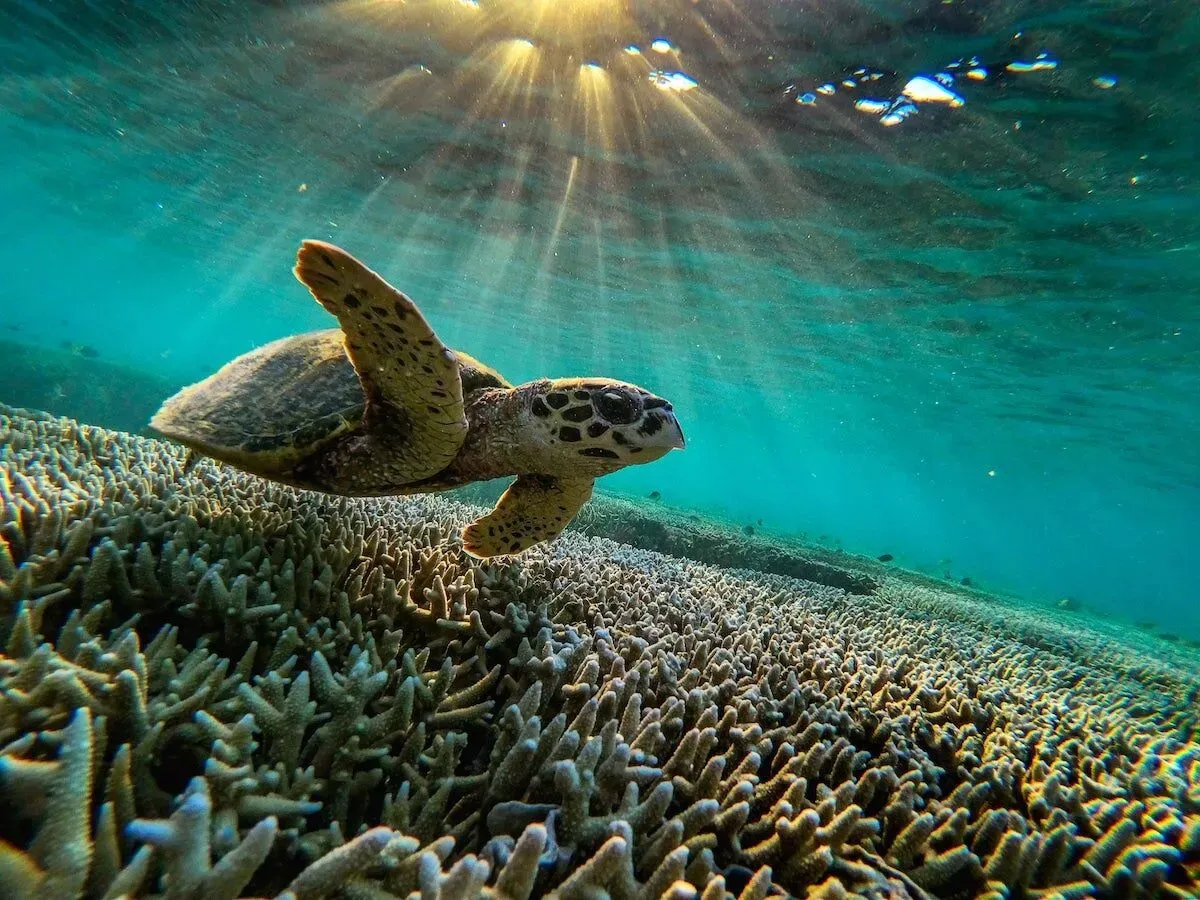
Peru has passed a new law banning industrial fleets from the first five kilometres off its coast. The law requires science-based fishing quotas to help recover overfished species and will establish a new system to categorise vessels, allowing only for artisanal and small-scale fishing along the coastline. Oceana
Some more specifics on the new Las Lajas Park in Ecuador that we first reported on in Issue 205. It will cover 5,756 hectares of forests and waterways in Southern Ecuador, protect water sources for nearby towns, and preserve important ecosystems that are home to endangered bird species like the El Oro parakeet, Amazonian motmot and spectacled owl. Andes Amazon Fund
The Biden administration has safeguarded the Chaco Culture National Park in New Mexico, protecting land within a 10-mile radius from gas and oil leases and mining. Although the park currently conserves around 33,000 acres, an estimated 5,000 sacred cultural and historical sites are located in the newly protected area. NPCA
According to Best Friends, a nonprofit that operates America’s largest sanctuary for homeless animals, the number of no-kill shelters is at an all-time high with Vermont, New Hampshire and Delaware now operating as 'no-kill' states. In 2022 nearly 57% of US shelters achieved no-kill status, which is amazing progress considering that number was 24% in 2016.
Malawi is on track to reach its goal of restoring 4.5 million hectares of degraded lands by 2030. Since 2015, it has put about 1.7 million hectares of land and forest under restoration, almost 40% of the goal. "This tree is magic. It is pure magic. It has rehabilitated the soils here so rapidly and I like how it coexists with other crops while also fertilizing the soils for their growth." Mongabay
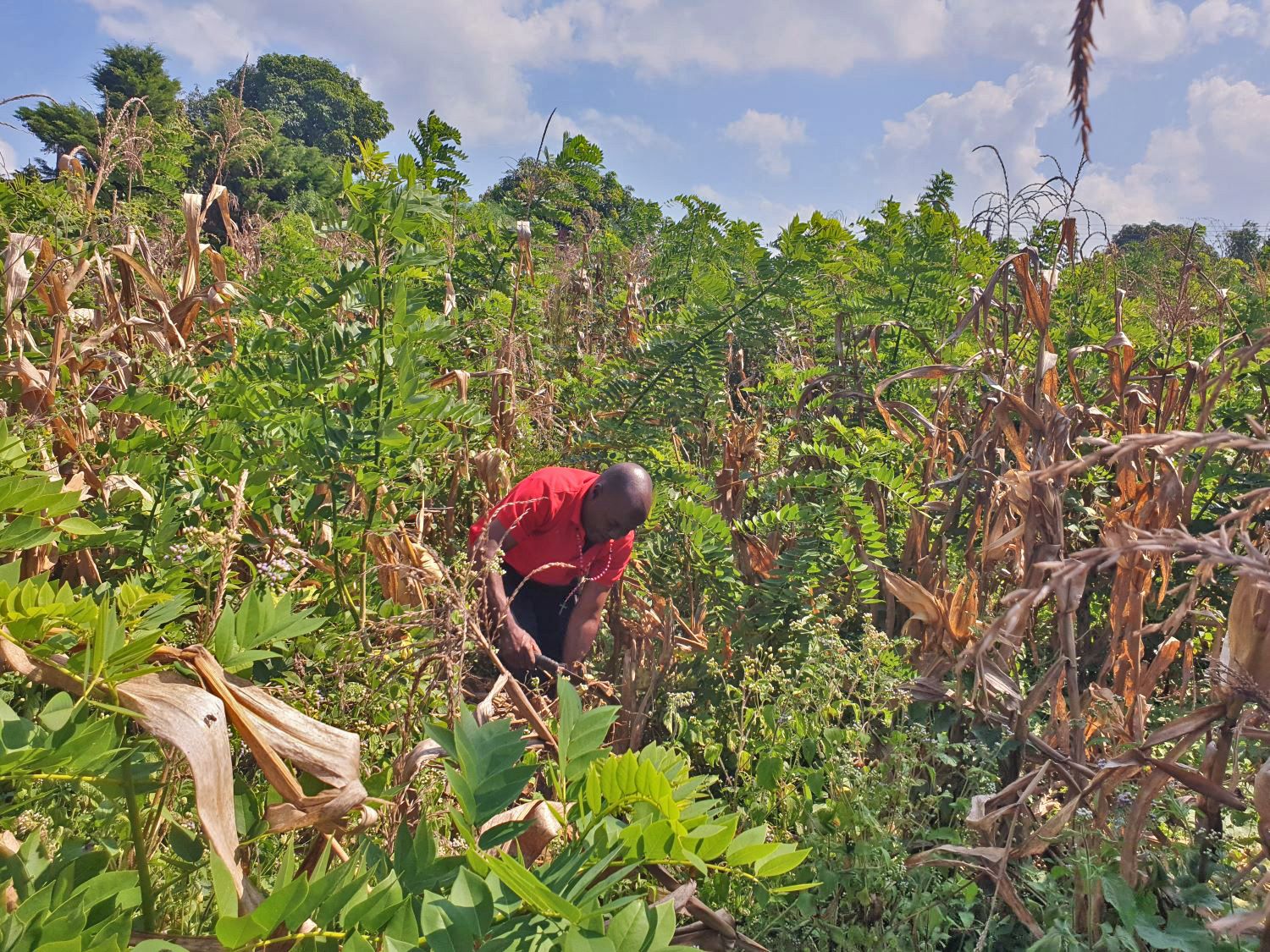
UNESCO has added 18 new sites to its global geopark network: areas of land with outstanding geological and geomorphological features that also have cultural and historical significance. There are now 195 geoparks around the world, covering a total surface area of 486,709 km2–twice the size of the United Kingdom.
A new technology called 'recirculating aquaculture systems' (RAS) can grow fish on land in a far more sustainable manner and is being used in Norway to farm eight million Atlantic salmon a year. This matters–global consumption of fish will reach 180m tonnes by the end of the decade, and the ocean is already struggling. Economist
Guinea-Bissau is home to the world’s largest populations of hooded vultures. In the last few decades, their numbers have plummeted, culminating in a mass poisoning in 2019. Since then, authorities have taken action, reining in illicit trade, stabilising populations, and reversing long-held beliefs. "People now realise that instead of using vultures, we should be saving them." CSM
India's 54 tiger reserves, which protect over 75,000 km2, haven't just helped tiger populations recover–between 2007 and 2020, they may have contributed to over a million tonnes of avoided carbon emissions. That doesn't sound like a lot, but it opens the door to more funding for tiger conservation through carbon offsets. WEF
Indigenous-led bison repopulation projects in Alberta, Canada, are working. The projects began around a decade ago, led by Indigenous peoples like the Tsuut'ina Nation, and populations are now on the rise. The animals have moved into the Banff National Park in what's known as the 'bison zone,' a 1,200 km2 area in which they have free range. CBC
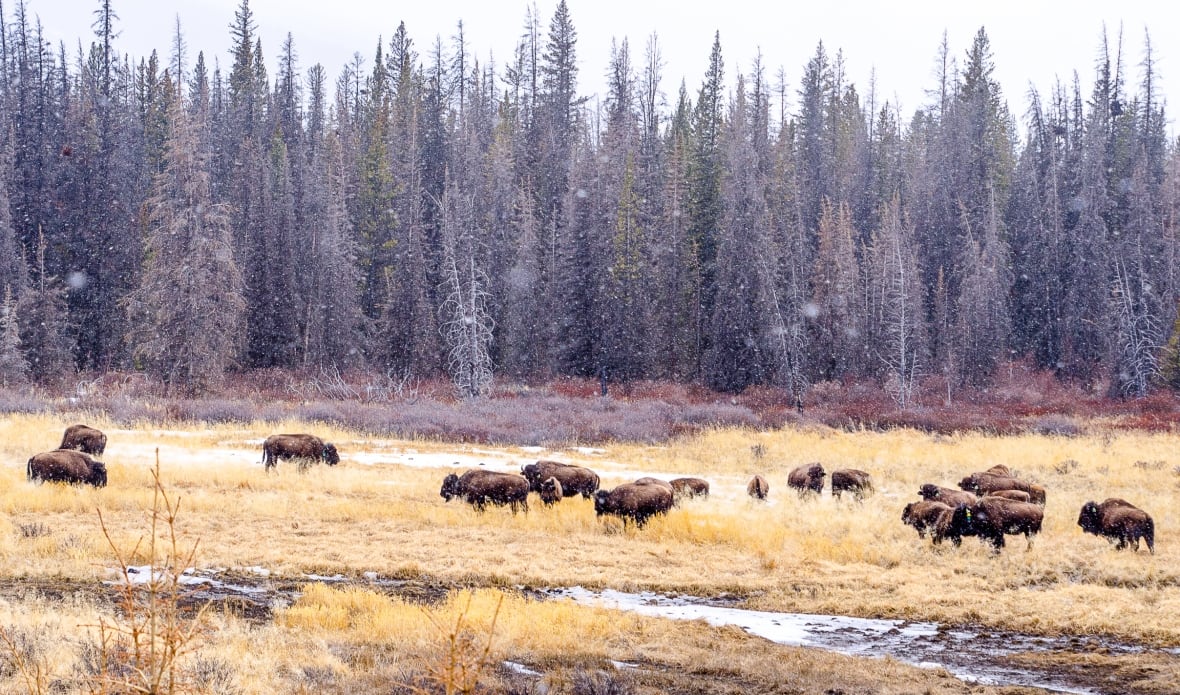
A new IEA report shows that global renewable power capacity is expected to increase by around a third this year. With solar and wind leading the way, this will be the biggest annual jump ever. The global clean energy transition is entering a new phase–and we'll be here every step of the way, bringing you the stories that matter.
The main reason for the increased projections is the tripling of new solar installations in China in the first four months of this year. Big coal exporters like Indonesia, Australia and Russia are already seeing thermal coal prices slide, and the boom is also going to drive the costs of solar to even lower levels.
In winter last year, Russian media released a propaganda film showing freezing Europeans huddling together for warmth and cooking their pets. Six months later, the continent has more or less kicked its addiction to Moscow's gas, is entering next winter with healthy reserves, nobody's had to eat a hamster, and gas prices have reached a two-year low. Politico
Europe raced to secure coal supplies during the energy crisis of 2022. Now it's getting rid of them. "In the end, the EU actually burned 11% less coal compared to the previous winter." Meanwhile, European consumers saved an estimated €100 billion between 2021 and 2023 thanks to newly installed solar and wind. Saving the world is cheaper than ruining it.
Wind and solar produced more electricity in the EU than fossil fuels in May, for the first full month on record. Almost a third of EU electricity was generated from wind and solar, while fossil fuels generated a record low of 27%. 'Europe’s electricity transition has hit hyperdrive. Clean power keeps smashing record after record.' Ember
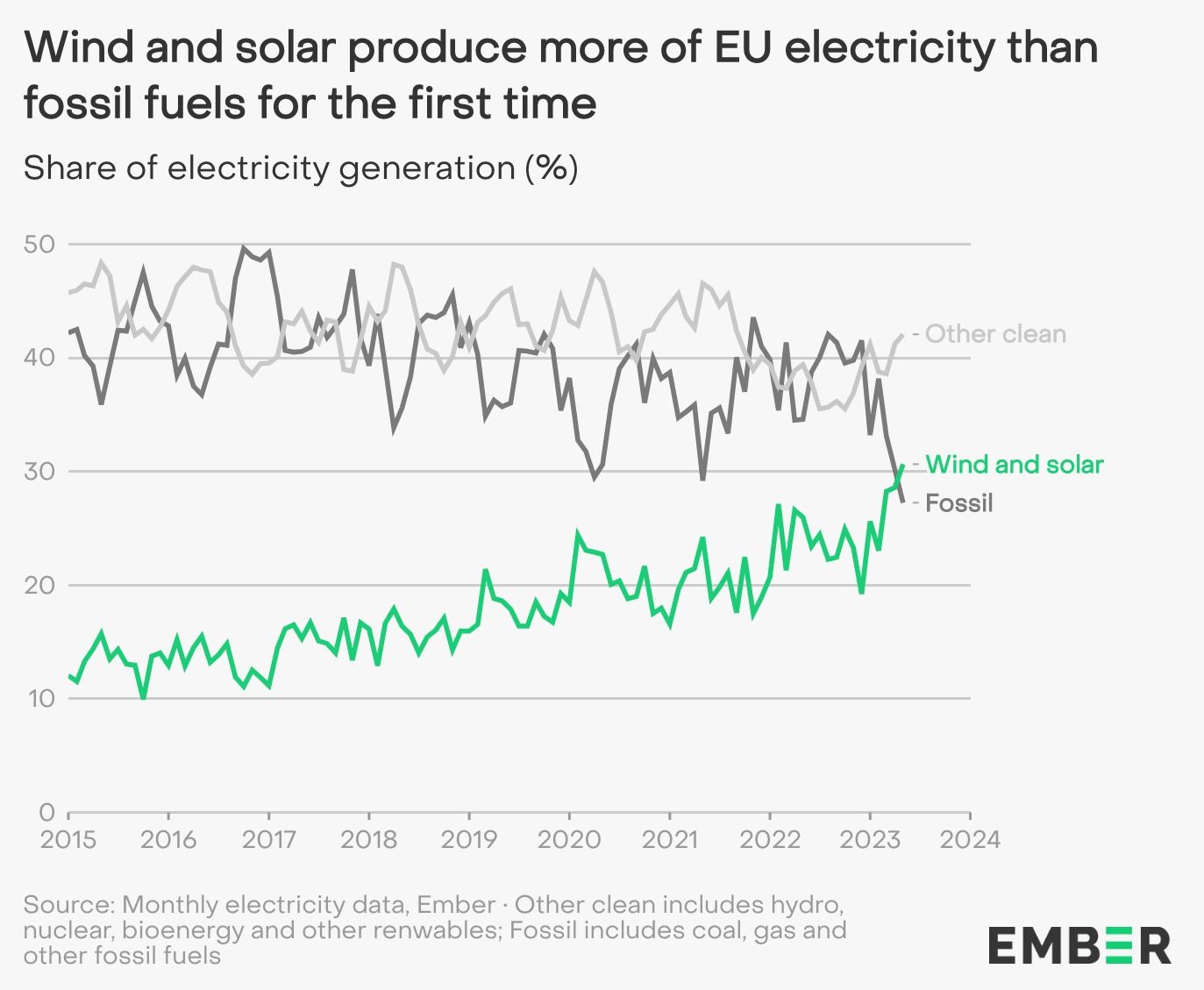
One of the world's largest energy developers has signed a deal to create Africa's largest onshore wind farm: a 10GW monster in Egypt. The wind farm will help Egypt meet its target of 42% of energy from renewables by 2030 and save an estimated US$5 billion in fossil gas costs every year. Energy Global
Coal-fired electricity generation in the United States collapsed in the first three months of this year, falling by 28%, and pushing the share of black rocks in the power market below 17%, versus more than 22% in the same quarter last year. IEEFA
The United States is experiencing a once-in-a-generation manufacturing boom, reversing decades of decline. New factories are springing up across the country, building clean energy products that have never been made in America at this scale. The scale and speed of the shift has been stunning–clean energy is no niche industry anymore; it’s now a pillar of the national economy. Canary Media
It's working. Since the IRA was passed, 31 new battery manufacturing projects have been announced, and the pipeline now amounts to 1,000 GWh annually by 2030, enough to support the manufacture of 10-13 million electric vehicles per year. Over 96 GW of new clean power has been announced, more than the total investment between 2017 and 2021, and enough to power nearly 20 million homes.

Legislators in Taiwan passed an amendment at the end of last month that will require all newly built, expanded, or altered structures over a certain size to have rooftop solar panels incorporated into the building's design and installed. F0cus Taiwan
Germany has announced a plan to provide up to €50 billion in subsidies over the next 15 years for energy-intensive industries to lower emissions. The plan includes support for the coal-intensive steel industry, which accounts for about 30% of industrial greenhouse gas emissions, to transition to green steel. Bloomberg
European electric truck sales grew fourfold in the first quarter of 2023. This confirms a recent IEA outlook showing electric truck sales are starting take off. Buses are going electric too - the latest estimates are that by 2032, about half of the world’s buses will be entirely battery-powered.
Berlin, for instance, is in the process of swapping its 1,600 diesel buses for 1,700 electric versions by 2030. New York City aims to transition its 5,800-bus fleet to all electric vehicles by 2040.
Bloomberg is now projecting that half of all new cars sold in China will be electric by 2026. Oh, and guess what the best-selling model of car in the world right now is? Not the best-selling electric car, the best-selling car, overall. Clue: it's not a Toyota (although they do occupy positions two to five).
20th May 2023 - 26th May 2023
Global poverty reduction efforts are back on track. After the severe setbacks of 2020, a majority of low and middle income countries have seen poverty decline again, and more than half are now on course to reach a lower poverty rate in 2023 than in 2019. World Bank
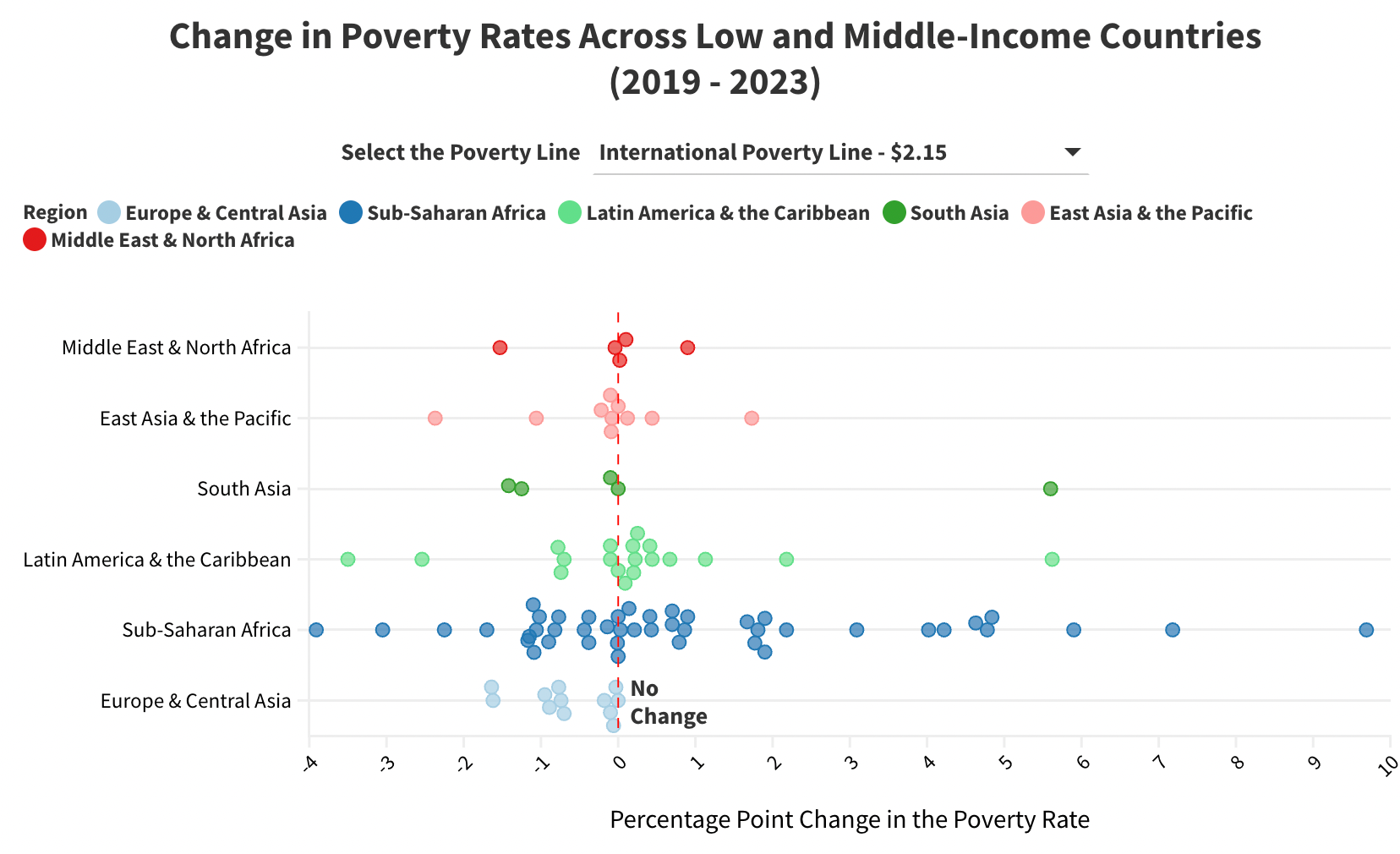
The world is getting safer. The World Bank has released its latest data on homicides, updated to 2021. Every region of the world, except the USA and Latin America, has seen murder rates decline in the last decade. Among OECD members, 20 countries now have rates below one per 100,000, compared with 15 countries ten years ago.
Dengue cases have fallen to their lowest level in 20 years after mosquitoes infected with virus-blocking bacteria were released across Colombia’s Aburrá Valley. It's the largest release of Wolbachia mosquitos ever, causing incidence to fall by 94% across the cities of Medellín, Bello and Itagüí, home to more than three million people. Telegraph
Did you know that Rwanda has one of the most successful public health programs in the world? Life expectancy increased from 49.7 years in 2001 to 69.6 in 2022, over 90% of the population has health insurance, thousands of new clinics have been built in the last two years, and it's on track to meet all the MDGs on maternal mortality, malaria, tuberculosis, and AIDS.
Yes, everything in America is awful, apart from the fact that it's recovered from the pandemic faster than any major economy, GDP has grown three times faster than during the previous administration, real incomes are rising, manufacturing is booming, inflation has eased for ten straight months, unemployment is at record lows and workers are the happiest they've been since the 1980s, it's on the verge of one of the most important public health victories of the 21st century, Rhode Island just became the sixth state to make lunch free for all students, reading scores in the Deep South are soaring, Vermont is spending hundreds of millions of dollars on making childcare more affordable, and Minnesota just concluded one of the most progressive and transformative legislative sessions in US history.
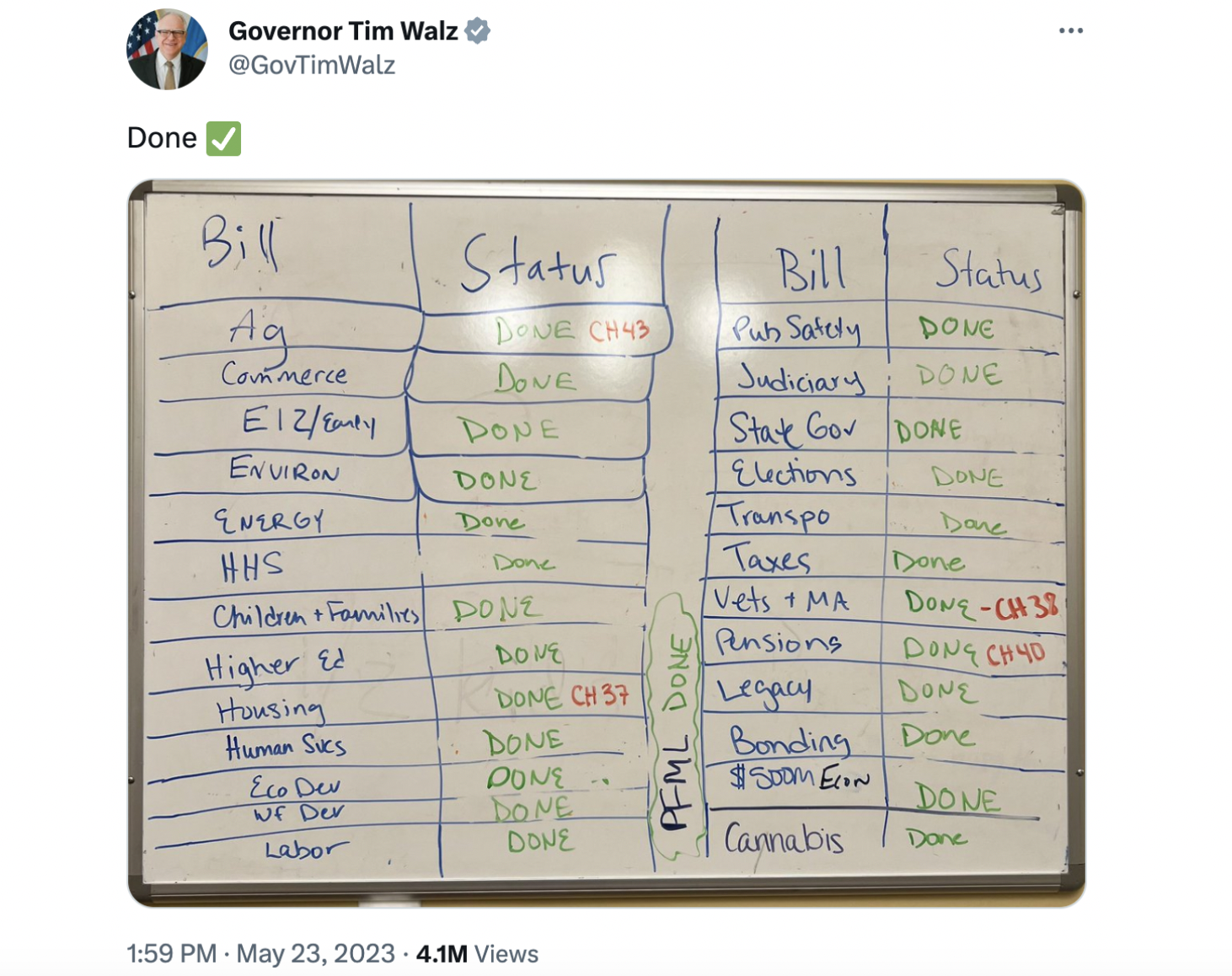
The Ivory Coast has made substantial progress on sanitation. Access has increased from 22% in 2011 to 56% in 2021, and the government just announced plans to spend nearly €840 million on sanitation and drainage projects over the next seven years, about five times as much as it did between 2013 and 2022. Afrik21
Canada's poverty rate fell to 7.4% in 2021, despite pandemic benefits ending. This is down from 10.3% in 2019, and nearly half the rate in 2015. In 2021, there were almost 2.3 million fewer Canadians living in poverty compared to 2015, including 653,000 fewer children, 11,000 fewer seniors, and 556,000 fewer persons with a disability. Statistics Canada
In 2018, Sierra Leone made school free for all students, outlawed corporal punishment, and dedicated a fifth of the national budget to teacher pay, school renovation and other education expenses. Although there are still problems, the result has been a 50% increase in enrolment and a dramatic improvement in the quality of education, with impoverished children benefiting the most. NYT
Uzbekistan recently concluded a massive vaccination drive against measles, reaching 98.4% of the country's 3.3 million children; the Philippines has vaccinated eight million children against measles and polio this year; and last week, Malawi kicked off a campaign to vaccinate nine million children against typhoid, measles, rubella, and polio.
A big win for human rights in Romania, after the European Court of Human Rights ruled that the government has violated the right to family life by not giving same-sex couples legal recognition. After a three-month period for appeals, the ruling will stand, leading to Romania being required to legalise same-sex civil unions. France24
Earlier this week, Cambodia began its largest-ever canine rabies vaccination drive, with over 100 volunteers, officials and animal welfare workers aiming to vaccinate 100,000 dogs in Phnom Penh in just ten days. It's going to make a big difference–Cambodia has one of the world's highest death rates from the disease. Dogs Today
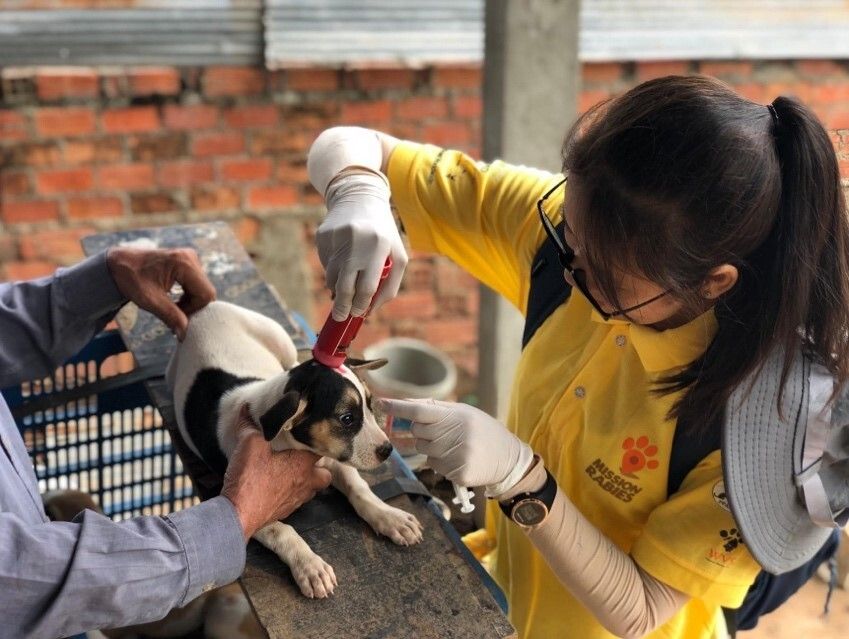
The EU's highest decision making body just gave the final go-ahead for a new rule designed to stop the import of any products that destroy forests. The cut-off date has been backdated, meaning that only products produced on land that has not been deforested or degraded after 31st December 2020 will be allowed to be imported to or exported from the EU.
China's Hebei province now has 278 protected areas covering 14,034 km2, equalling 7.43% of its total land mass. Those reserves are home to 40 species of wild animals under China's first- or second-class national protection, including the North China Leopard, whose numbers are steadily increasing. China Daily
The United Kingdom has closed two loopholes in its conservation and animal rights laws. No new licences will be issued for animal testing of chemicals used exclusively as cosmetics ingredients, after exceptions were granted between 2019 and 2022, and a ban on ivory from hippopotamuses, orcas and walruses has been added to the 2018 Ivory Act.
A big win from our own backyard! The state of Victoria has announced that the logging of native forests will stop at the end of this year. This one's personal–we've been to some of the protests. Even the most optimistic activists weren't expecting this victory. The announcement includes significant funding for a just transition for forestry workers. ABC
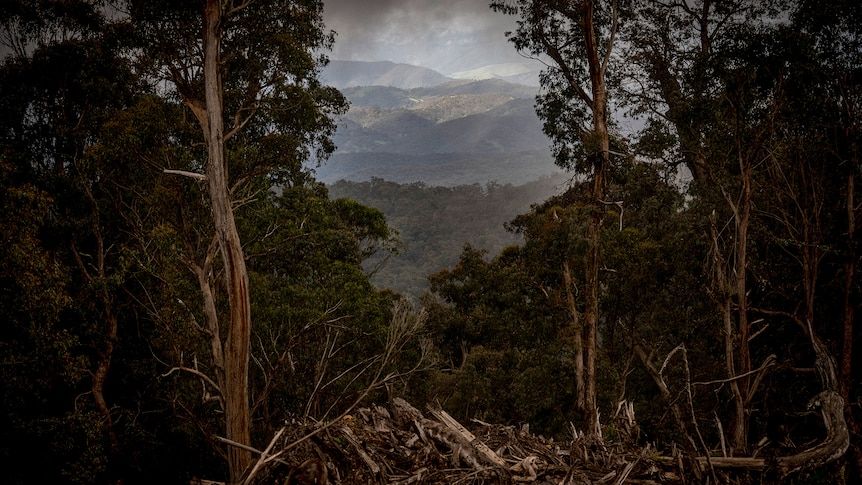
The US government has announced a $62.5 million plan to hire biologists to help 32 threatened and endangered species currently listed under the Endangered Species Act. This comes on top of more than $2 billion that has been set aside under the IRA to restore the country's lands and waters. US Fish & Wildlife Service
First Nations tribes in Minnesota have made a first-of-its-kind agreement giving them a greater voice in managing more than three million acres of land ceded to the federal government in 1854. 'This is really us standing shoulder to shoulder with the bands, knowing we're going to face issues and making sure we're having the right conversations early and together.' Star Tribune
Minnesota has banned the commercial collection of wild turtles, meaning tens of thousands of the animals will now be saved from becoming food, traditional medicines or pets. 'This ban is a big victory for all of us who care about the health of our state’s wildlife and waterways.' US Centre for Biological Diversity
Another week, another river restoration. This time, it's Toronto's Don River, which was pronounced dead in 1969. Half a century later, it's roaring back to life. Beavers, mink, eagles, deer and coyote are returning, its waters are becoming cleaner, and billions are being spent to restore a body of water that was despised and feared for decades. Guardian

Brazil’s environmental regulator is beginning to flex its muscle, suggesting a new direction under the Lula government. It just rejected a licence for an offshore oil drilling project near the mouth of the Amazon, proposed by state-run oil company Petrobras, after a nearly nine-year campaign by activists. AP
Oregon has became the 10th state in the US to ban polystyrene. Starting in 2025, the new law prohibits the production, sale, and distribution of polystyrene cups, takeout containers, and even coolers and packing peanuts. The state government has also banned PFAS, 'forever chemicals,' from being added to plates, bowls, cups, and other foodware. One Green Planet
Jamaica's plastic ban, implemented three years ago, has largely eliminated plastic straws and bags, as well as styrofoam boxes and cups, and reduced plastic waste by several million tonnes. "It has been a huge victory, it triggered a lot of consciousness, it triggered a lot of action." A new round of fines is now being planned to address leakage and shut down loopholes. Radio Jamaica
The southern river terrapin, a critically endangered species from south-east Asia, is recovering thanks to a breeding program in Cambodia that's been running for three years. This year, 122 turtles were successfully hatched, and officials say they expect an increase to 200 next year. Phnom Penh Post
Last year, Panama passed a law guaranteeing the rights of nature. That law is now being used to protect sea turtles in some of the world's most important nesting spots, giving them the right to an environment free of pollution and other detrimental human impacts, and with enough specificity that those rights can be enforced. AP

14th May 2023 - 19th May 2023
Bangladesh has just pulled off one of the most successful disease elimination efforts of all time. In 2001, lymphatic filariasis, a crippling and disfiguring neglected tropical disease, was endemic in 19 of the country's 64 districts, with an estimated 70 million people at risk. Earlier this week, the WHO confirmed that the disease has been completely eliminated.
Good news on malaria–Ghana has reduced its prevalence in children by more than a third in the last eight years, from 26.7% in 2014 to 8.6% in 2022, and health officials in India are reporting an 85.1% decline in malaria cases and an 83.36% decline in deaths between 2015 and 2022.
"While it may feel like the world is crumbling into a war-torn, authoritarian shit show ravaged by rising temperatures and politicians who stand idly by, we can take solace in knowing that we’ve become better at preventing suicides." Specifically, did you know that in the past two decades, global suicide prevention efforts have reduced deaths by a third? Wired
Early warning systems and coordinated disaster management have significantly reduced human casualties. The WMO said that 22,608 disaster deaths were recorded globally in 2020 and 2021 combined. In the 1970s that was more than 50,000 deaths per year, in 2010s it dropped below 20,000 annually. VOA
Nepal has achieved remarkable progress in healthcare in recent decades, thanks in large part to its 51,000 female community health volunteers. Between 1996 and 2022, maternal and child mortality fell by half, contraceptive use rose from 26% to 43%, the prevalence of childhood stunting more than halved, and the percentage of fully vaccinated children doubled. My Republica
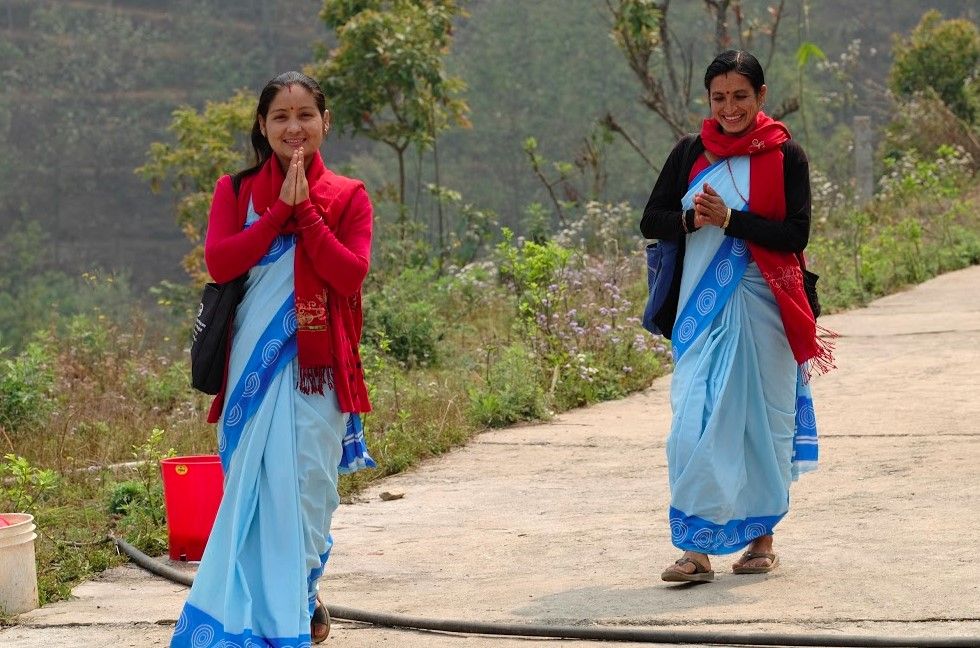
Benin and Mali have eliminated trachoma as a public health problem, the fifth and sixth countries in Africa to achieve this significant milestone. The number of people requiring antibiotic treatment for trachoma in the WHO African Region has fallen from 189 million in 2014 to 105 million as of June 2022. WHO
Some news from China, courtesy of the Office of the High Commissioner for Human Rights at the United Nations.
- The maternal mortality rate declined from 18.3 per 100,000 in 2018 to 15.7 in 2022, and 44.16 million rural women have been brought out of poverty during this period.
- 180 million cervical cancer screenings and nearly 100 million breast cancer screenings have been provided free of charge for rural women and women with low incomes.
- The primary-school enrollment rate for girls has been over 99% since 2015, more than 50% of female students with disabilities attend ordinary school, and female students now outnumber male students in secondary, undergraduate and postgraduate studies.
- Between 2013 and 2022, 18,000 cases of trafficking in women and children were solved, and cases in the past ten years have been reduced by 86.2%.
- China has now put in place a complete legal system comprised of over 100 laws and regulations which protect women’s rights and interests.
Two wins for LGBTQI rights. Taiwan just amended its laws to allow same-sex couples to adopt children they are not biologically related to, and Namibia's Supreme Court has ruled that same-sex marriages conducted outside the country must be recognised by the government, expanding the interpretation of the term 'spouse' in its immigration laws.

Lula just signed a law guaranteeing a substantial increase in nursing salaries. $7.3 billion has been budgeted to ensure that the country's 2.8 million nurses and midwives receive fair compensation. 'The approval of this law is the result of more than 30 years of struggle by healthcare workers’ organisations.' Agencia Brasil
Two new laws in the United States have given mothers a long-awaited victory. These laws, the PUMP Act and the PWFA, change the health and economic trajectory for at least nine million women and their families, providing greater economic security and workplace rights and protecting them against discrimination. NPR
Murder rates in the United States are down by 12.5% in the 75 cities with available data for 2023 so far. It's still pretty early, but this suggests we are going to see a significant drop this year. Overall, American cities are far safer and less violent today than they were two years ago. But, of course, everyone knows this already because it's been so extensively covered by American media. VOA
Crime continues to plummet in the United Kingdom. The number of offenses in 2022 fell by 12% compared to the year leading up the pandemic, with dramatic declines in homicide, robberies, and knife crime. But, of course, everyone knows this already because it's been so extensively covered by British media. ONS
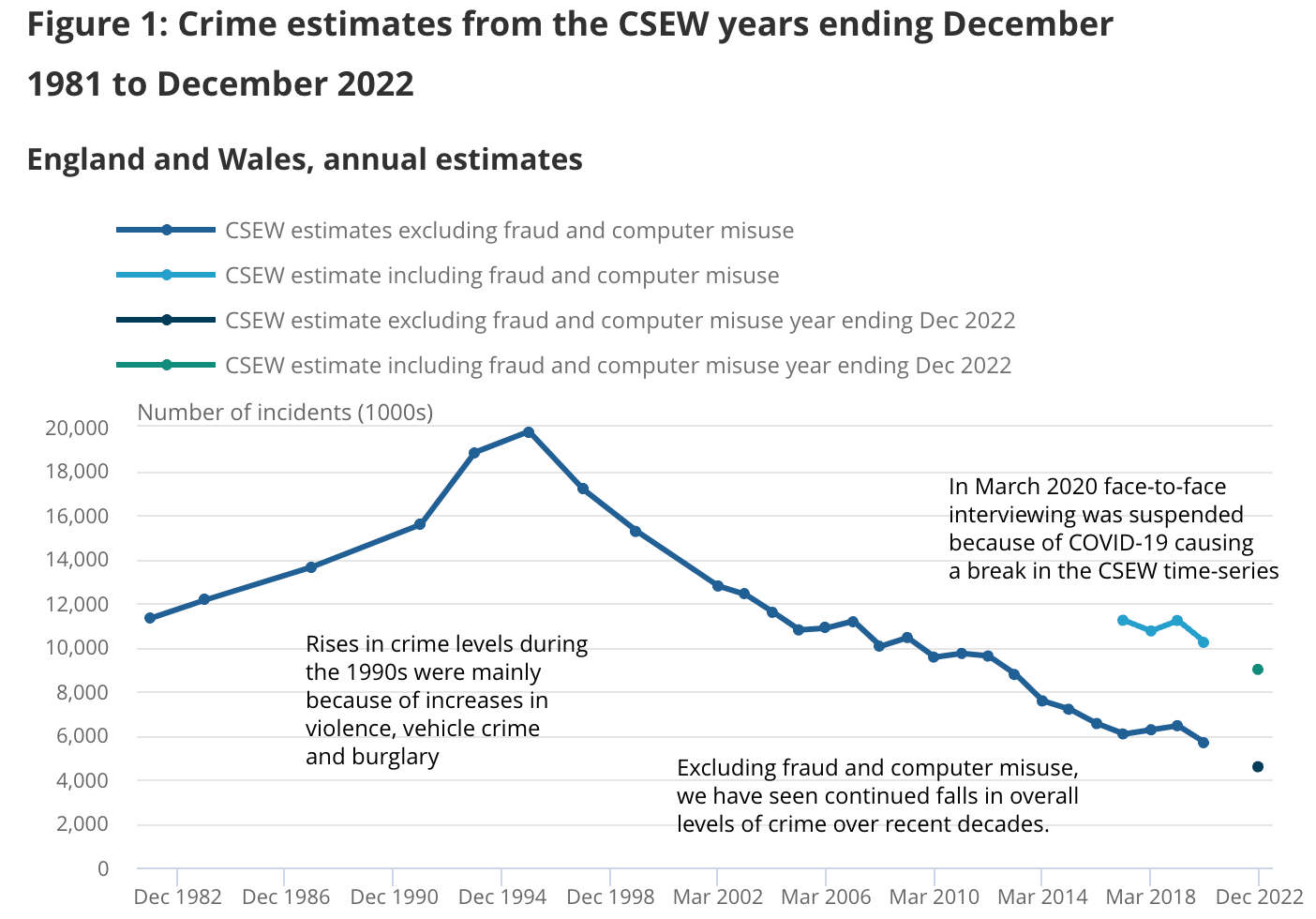
Deforestation in Brazil's Amazon rainforest fell 68% in April compared to last year, the first monthly drop under the watch of Lula, and an indication that after a slow start, efforts are starting to pay off. Land clearing is down 40% this year so far–news that comes off the back of the recent ban on mining and commercial farming on 620,000 hectares of Indigenous reserves. Reuters
Forest guardians across the Amazon are finding increasing success in protecting their lands from deforestation and mining, using drones, camera traps, georeferencing and solar panels. 'While technological tools have been helpful, the real defenders of the environment are the Indigenous communities themselves.' RTBC
Have you heard of the Loess Plateau? It's one of the greatest regeneration stories of all time. In 1994, China and the World Bank got together to restore nearly four million acres of over-grazed, over-harvested lands in north-central China. In less than 20 years, it was transformed into green valleys and productive farmland, and it is now greener and wetter than at any other point in the last two centuries.
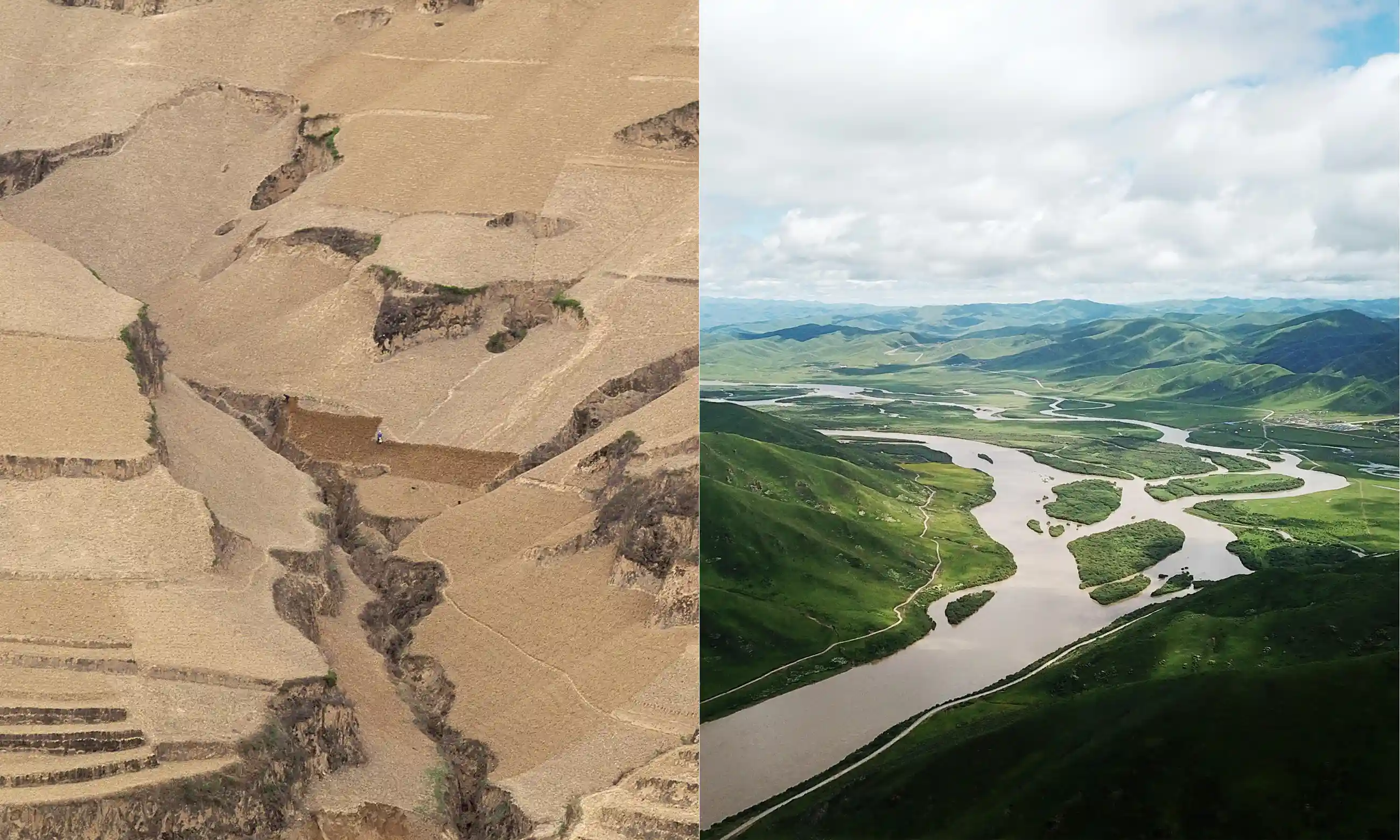
The Osa Peninsula on Costa Rica’s west coast occupies just 0.001% of the planet’s surface area, yet it is home to an estimated 2.5% of all the biodiversity in the world. Local communities are now being paid to conserve it, using money that is 92% funded from a sales tax on fossil fuels. Regenerative. RTBC
Lawmakers in the Caribbean island of Aruba have taken the first steps toward amending its constitution to include a recognition that nature possesses inherent legal rights to exist and regenerate. If the process is successful, Aruba will become the world’s second country, after Ecuador, to constitutionally recognize the rights of nature. ICN
After nearly a year of wrestling over the fate of their water supply, California, Arizona and Nevada have coalesced around a plan to conserve a major portion of their water from the Colorado River in exchange for more than $1 billion in federal funds. 'The enemy is not any organization, agency or part of the basin. The enemy is the old way.' WaPo
Paris is getting close to the end of a $1.5-billion-dollar effort to clean up the Seine, meaning people will be able to swim in it again for the first time in a century; in London, 40 different restoration projects are bringing buried rivers to light and re-wilding many of the city's waterways; and in Washington, the Potomac is about to become safe for swimming again, too.
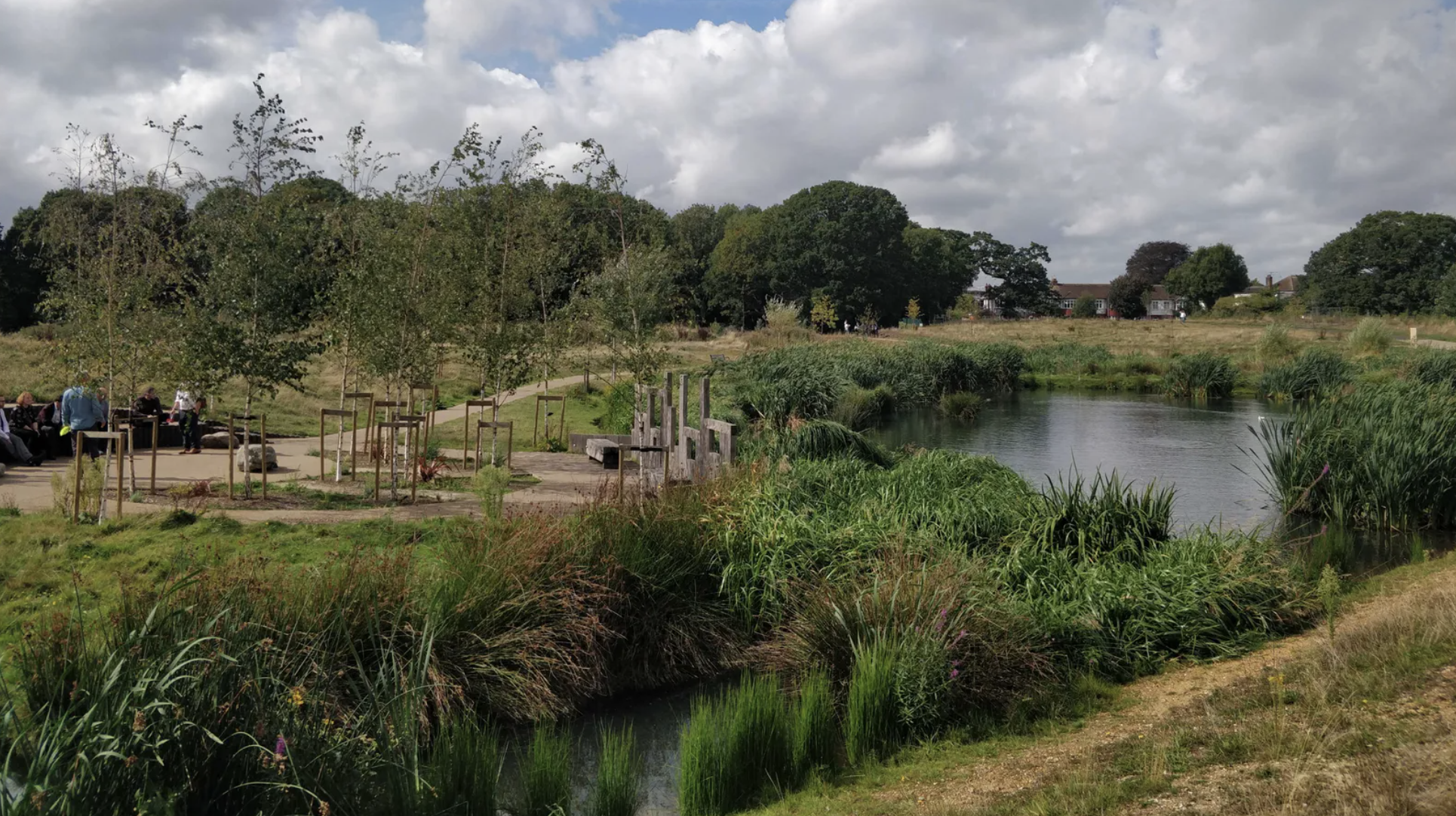
In 2021, the US Environmental Protection Agency implemented a new set of rules on lead and copper in drinking water. A study has now revealed that the regulations cost $335 million a year to implement while generating $9 billion in health benefits annually. 'We thought the benefits might exceed costs by an order of magnitude, but they were many times that.' Harvard
Malaysia, one of the ten biggest plastic polluters in the world, is ramping up its campaign to ban the use of all plastic bags. After starting with fixed business locations like supermarkets and shops, the ban will now expand to roadside stalls, and by 2025, will be extended to all physical outlets in the country. Straits Times
Australia's largest supermarket, Coles, will stop selling soft-plastic shopping bags by the end of next month, a move that will remove 230 million plastic bags from circulation in the space of a year. Guardian
The platypus has been reintroduced into Australia's oldest national park after disappearing from it in the 1970s. Last week, wildlife officials released four females inside the Royal National Park south of Sydney and plan to introduce two more females and four males in the near future. Smithsonian
6th May 2023 - 12th May 2023
Indonesia, the fourth most populous nation in the world, has made spectacular progress in helping its citizens escape the worst forms of destitution. Over the past two decades, it has essentially eliminated extreme poverty and reduced the number of those living on less than $3.20 a day from 61% in 2002 to 16% in 2022. World Bank

The pandemic resulted in significant setbacks for childhood vaccination in Africa, but multiple countries are now closing the gap. Vaccines for pneumonia, rotavirus and measles-rubella are being either introduced or ramped up in Chad, Guinea, Somalia and South Sudan, and many countries are also strengthening access to pulse oximetry and oxygen. Health Policy Watch
Uganda has made notable progress in its fight against AIDS. Between 2010 and 2021, new HIV infections declined by 39%, and AIDS-related deaths fell from 51,000 a year to 17,000 a year, a decline of 67%. Hundreds of thousands of lives have been saved, and mother-to-child infections have plummeted too. New Vision
Police in the Philippines have rescued over 1,000 trafficking victims from a compound two hours outside Manila. It comes off the back of an agreement by member countries of ASEAN to boost law enforcement and strengthen cooperation and coordination to catch traffickers and identify victims. Straits Times

Two decades ago, Ethiopia introduced a public health program of household visits delivered by young women. It's been an incredible success, associated with a 70% reduction in the probability of child marriage, a 75% reduction in the probability of early pregnancy, and a 63% increase in the probability of being enrolled in education. Gavi
There's been a big breakthrough on postpartum haemorrhage (the leading cause of maternal mortality) in the form of a low-cost device called a 'drape.' A study involving 200,000 women in four countries has shown that it reduces severe bleeding by 60%. 'This new approach could radically improve women’s chances of surviving childbirth globally.' WHO
Gender norms and roles are still highly unequal in the United States, but things are changing. Among married opposite-sex couples, the share of women who earn as much as or more than their husband has tripled over the past 50 years. In 29% of marriages today, both spouses earn the same amount of money, and wives are the main breadwinners in 16% of marriages. Pew
This is a pretty amazing story about people known as professional medical tactile examiners, a new and emerging profession for blind and visually impaired women in India and Europe, who are helping diagnose breast cancer (try replacing that with a robot). From the always excellent BBC Future.
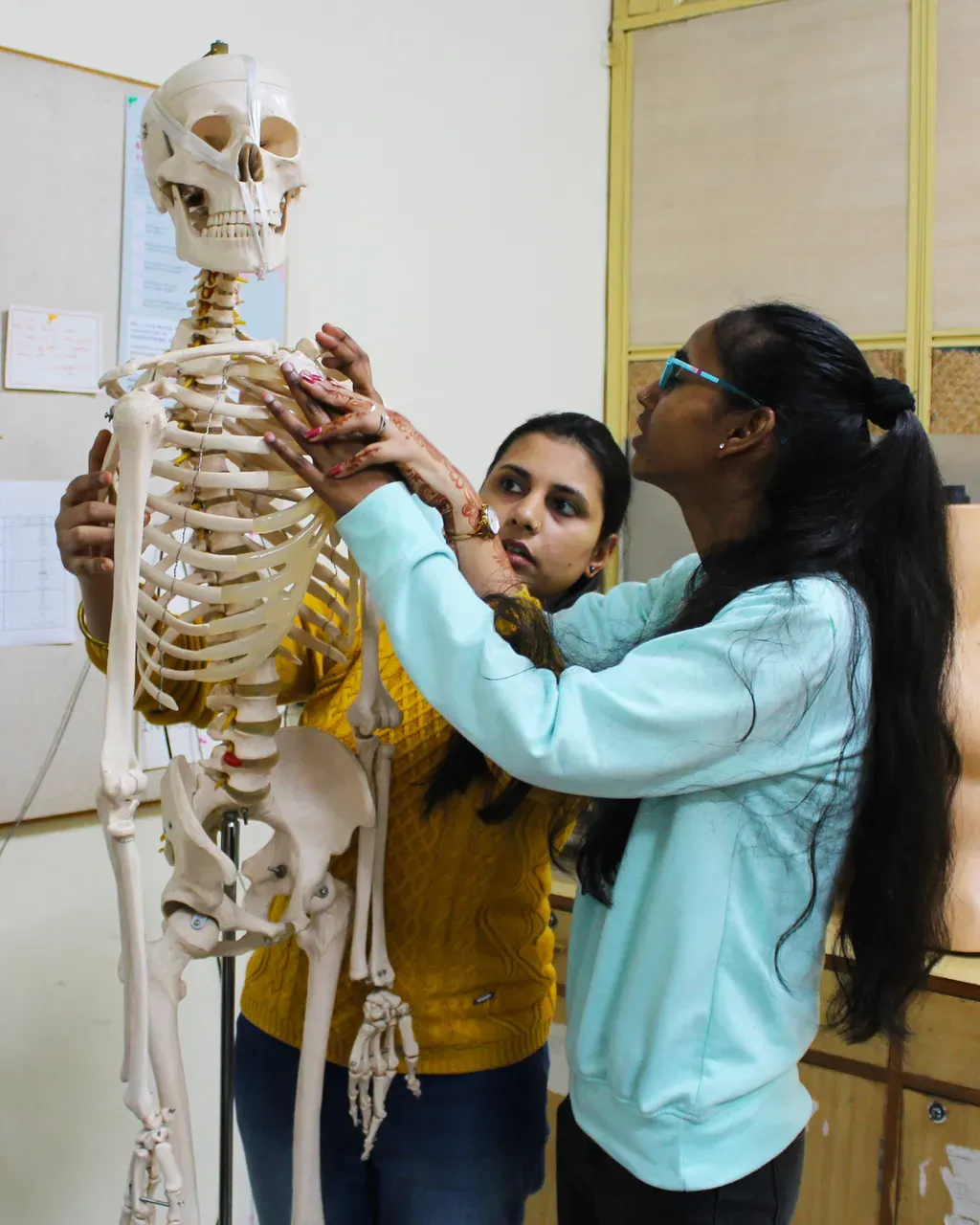
Some big medical breakthroughs for two of the most devastating diseases in existence. A second drug has been shown to slow the pace of Alzheimer's by up to a third, and the Michael J. Fox Foundation has found clear evidence that the presence of a specific protein can be used to determine if people have Parkinson’s. STAT
Fox, who was diagnosed with a very early case of Parkinson’s at age 29, said that he keeps going back to documentary footage of his childhood. At the time, there was no way to know he would develop the disease; soon, he said, a child like that might be able to simply get a nasal swab at 2 or 3 or 4. “It’s all changed. It can be known and treated early on. It’s huge.”
Last month Fiji's new democratically-elected government repealed the Media Industry Development Act, enacted in 2010 by the former government that assumed power through a coup in 2006. 'The MIDA experiment is over and the draconian legislation now belongs in the dustbins of history.' Fiji Times
A World Bank project in Malawi has brought clean water and sanitation to nearly 350,000 people in Lilongwe City. Around 370 km of new pipes have been installed, including 187 km in previously unserved areas, not only improving the health and well-being of residents but also contributing to economic development.
Ecuador just announced the biggest debt-for-nature swap in history, a $1.6-billion deal that will reduce its debt burden and free up hundreds of millions of dollars to fund marine conservation around the Galápagos Islands. 'Ecuador is as wealthy as any of the richest countries in the world, but our currency is biodiversity.' NYT
A federal court in Brazil (the world's fifth largest exporter of live cattle) has banned the export of live animals from all the country's ports, a ruling hailed as historic by animal welfare activists. 'Animals are not things. They are sentient living beings, that is, individuals who feel hunger, thirst, pain, cold, anguish, fear.' Reuters
Last year, the Kitasoo/Xai’xais people of Canada created a new MPA called the Gitdisdzu Lugyeks, closing the waters of Kitasu Bay to commercial and sport fishing. It was a landmark moment–the first MPA to be declared under Indigenous law, without government approval, and an unexpected success story. Guardian

Horse racing is dying in the United States. In 1989 there were more than 74,000 races. Last year there were only 33,453. It is unusual to see anyone under the age of 60 at the track, and most Americans now only hear about the sport when the news is bad (recently, there's been a lot of that). Economist
India's Kuttamperoor River, declared biologically dead in 2005, has been brought back to life in the last five years thanks to the work of over 7,000 people, mostly women. It's part of a wider effort: last year the government released $19 million to restore 13 rivers across the country. Nspirement
Environmental groups have just won a big victory in South Carolina, stopping horseshoe crab harvesting on all critical stopover beaches for endangered red knot birds, and on the Mississippi, a pioneering initiative has incentivized fishers to remove almost 3,000 crab traps, meaning wildlife is safer, and the water is cleaner.
If you live in an American city, get ready to see a lot more trees. As part of the Inflation Reduction Act, $1.5 billion will be spent on funding urban tree-planting over the next decade, concentrating on communities that have historically been ignored. That's up from the $36 million/year under previous administrations. AP

A non-profit is reconnecting islands of Brazil’s original Atlantic Forest, currently fragmented by farms, ranches, and housing. It recently purchased a 250-acre cattle pasture to connect to the 6,200-acre União Biological Reserve, bringing the total area of protected space to 49,400 acres of contiguous forest. Mongabay
Last year, China committed to plant and conserve 70 billion trees by 2030, the African Union committed to restoring 100 million hectares, and more than 80 companies pledged to conserve, restore and grow 7 billion trees in over 65 countries. In 2023, we're starting to see the results, as forestry teams begin turning those pledges into real forests. 1t.org
Did you know that Indonesia, home to the third-highest amount of original forest in the world, is slowly winning its war on deforestation? Its rate of primary forest loss has declined every year since 2016 and is now at its lowest level since at least 2002. Washington Post
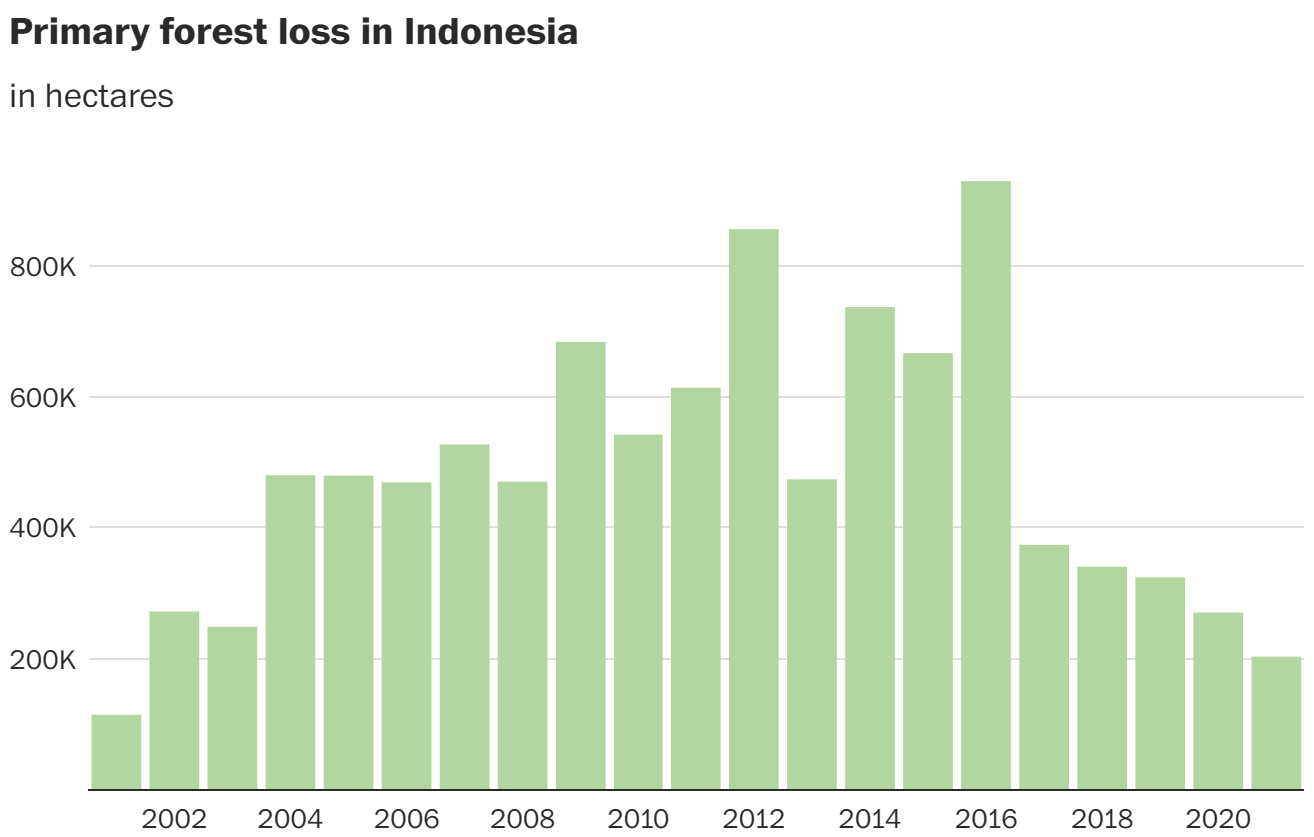
The rhino population in Zimbabwe has surpassed 1,000 animals for the first time in over 30 years, a sign that efforts to preserve the species are working. Dedicated conservationists continue to persevere 'with great success' despite soaring costs for food and fuel. ABC
A world-first breeding program in New South Wales, Australia, has brought the stocky galaxias fish population back from the brink of extinction, allowing them to be released back into their natural habitat last month. 'Saving threatened species from extinction is one of the reasons we become scientists.' CSU
29th April 2023 - 5th May 2023
A new study in The Lancet shows that globally, the age-standardised death rate due to chronic respiratory diseases fell by 41.7% between 1990 to 2019, and prevalence fell by 16.9% during the same period. Although the pandemic has set back some of this progress, it's still an extraordinary achievement.

Have you ever heard of the LV Prasad Eye Institute in Hyderabad, India? We hadn't either, and were pretty impressed to discover that since being started by Dr Gullapalli Rao in 1987, it's served 16 million people free of cost, in over 12,000 villages across India, and trained almost 60,000 healthcare professionals. Siasat
Cigarette smoking in the United States dropped to another all-time low last year, with the percentage of adult smokers falling to 11%, down from around 12.5% in 2020 and 2021. A bit of historical context: in the 1960s, 42% of US adults were smokers. AP
Last week, Nebraska protected the right to abortion in a solidly Republican state, five female state senators in South Carolina defeated a similarly restrictive piece of legislation, and Minnesota passed three bills in a single day that preserve reproductive freedom, ban conversion therapy, and make the state a refuge for transgender people.
Abortion laws, each and every one of them, have been about control. It’s always about control, plain and simple. And in the Senate, the males all have control. We, the women, have not asked for... nor do we want your protection. We don’t need it. There is not a single thing I can do when women such as me are insulted except make sure that you get an earful.
South Carolina Republican Senator, Sandy Senn
Republican Senator Sandy Senn speaks against a near-total abortion ban, 26th April 2023
China’s once-smog-choked skies are steadily improving, according to measurements taken by NASA. The speed at which China has done this is unprecedented, with average exposure to fine particulate matter falling by almost half since 2013, mostly as a result of stricter controls on industrial emissions. Nature
Bangladesh's clothing industry has been completely transformed thanks to labour laws passed after the Rana Plaza tragedy ten years ago. Over 80% of factories are now compliant with international safety standards. “It has undoubtedly saved thousands of lives, through ensuring repairs and renovations at more than 1,600 factories that employ two and a half million garment workers.” Al Jazeera
Yes, everything in France is awful, apart from the fact that it has one of the lowest levels of inequality in the world, devotes a higher percentage of GDP to redistributing market inequalities than any of its wealthy peers, is near the top for average life expectancy, its workers retire earlier than anyone else in Europe (with the lowest rate of poverty), and unemployment is at its lowest in a generation.
An estimated 640 million girls and women alive today were married in childhood, according to a new report by UNICEF. That's a shocking statistic, but things are getting better. Today, one in five young women aged 20 to 24 years were married as children, versus nearly one in four a decade ago. Progress has been particularly strong in India, the country with the most child brides in the world.
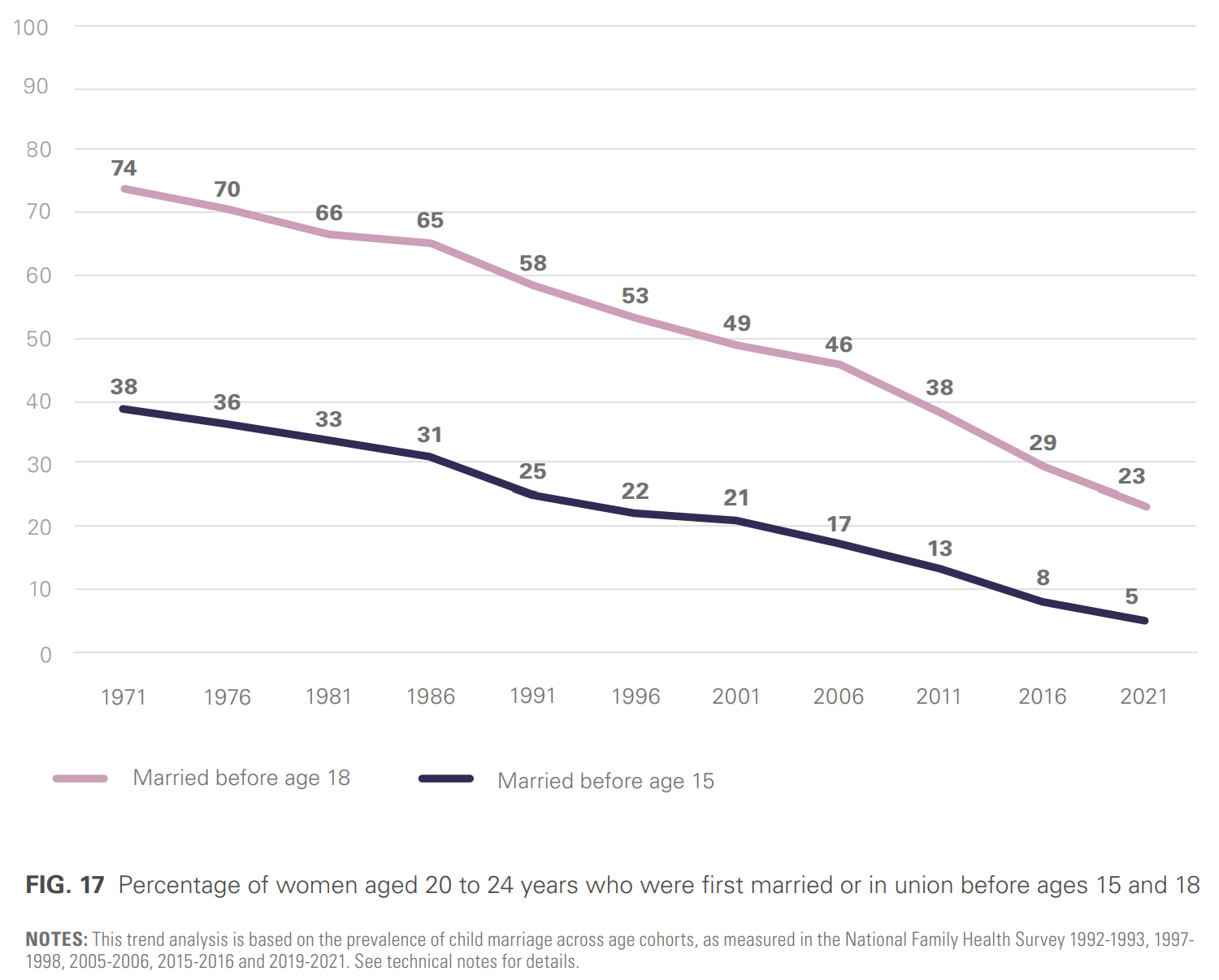
Good news for the American economy. Immigration is back after a multi-year period of decline due to Trump-era policies and the pandemic. Over the past two and a half years, immigration into the US labour market has increased by four million workers. More than 900,000 immigrants became citizens last year, the third-highest on record and the most in any year since 2008. FT
The Australian Institute of Criminology says Australia’s murder rate has fallen by 55% since the early 1990s, despite a small blip during COVID. Overall crime rates are declining too: physical assaults are down by 39% compared to 2009, face-to-face threatened assaults are down 44%, and robberies are down 50%. The Conversation
The World Bank just completed a huge, six-year education project in rural Argentina, enrolling a million students and building or refurbishing 183 rural schools. The result? Primary-education repeat rates decreased by almost 50%, transition rates to high school increased from 74% to 80%, and high school completion rates increased from 63.3% to 74.1%.
A new international study looking at human behaviour in multiple cultures has shown that small acts of kindness are frequent and universal. People make small requests for help from others every few minutes, and these are granted seven times more often than declined, and six times more often than they are ignored. Science Daily
When we zoom in on the micro level of social interaction, cultural difference mostly goes away, and our species' tendency to give help when needed becomes universally visible.
Giovanni Rossi, Assistant Professor of Sociology, UCLA
Remember last week's story about the decriminalization of homosexuality in the Cook Islands? Well, here are the people who made it happen.
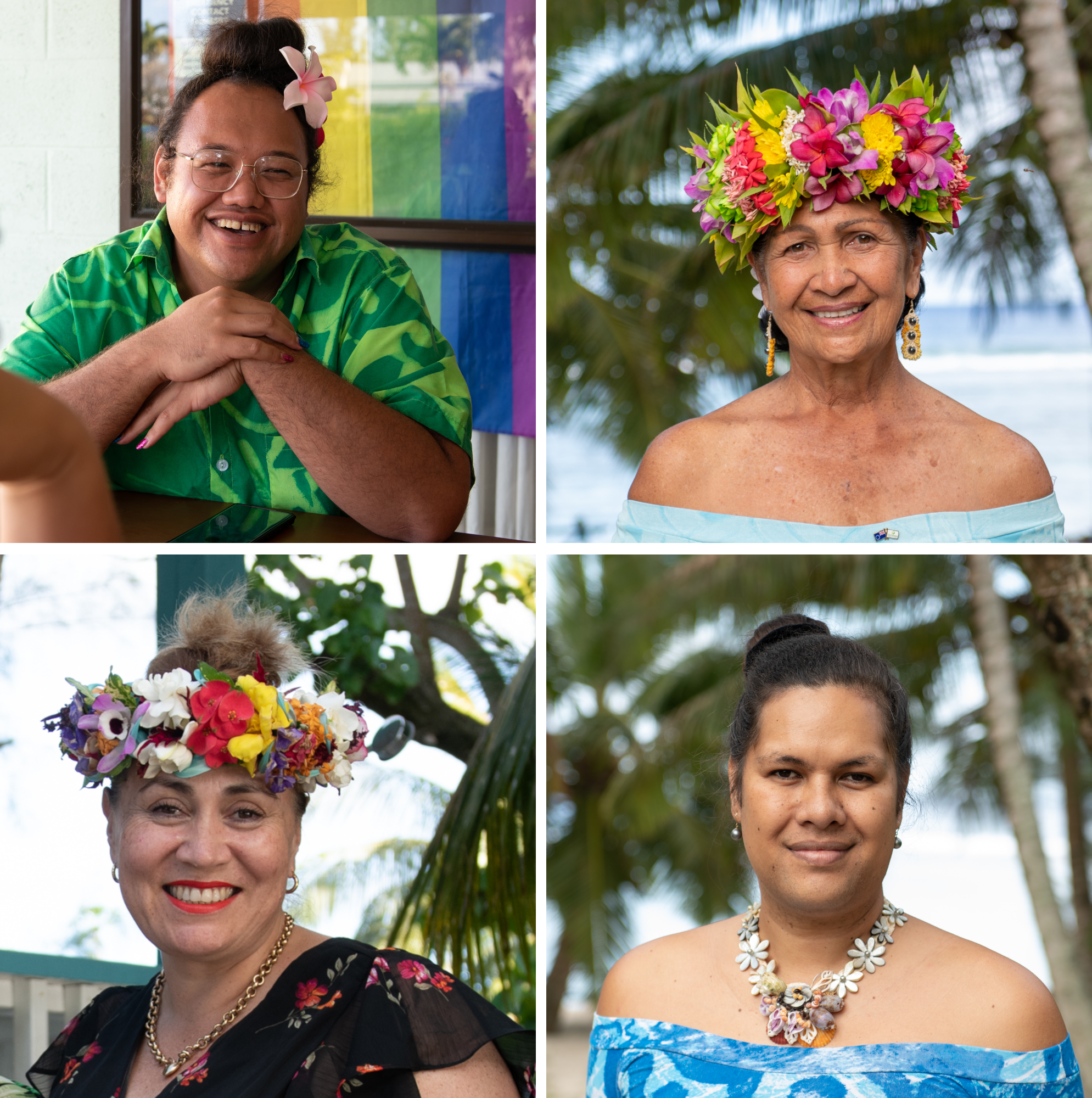
Bolivia has created a new 43,868-hectare conservation area called the Mayaya de Teoponte in La Paz, connecting Indigenous territories to the north and a conservation area in the southeast. Most of it has been designated as integrated, meaning conservation and sustainable development must go hand-in-hand in its future management.
Environmental groups in Canada are celebrating after forcing Chevron to relinquish 19 offshore exploration permits granted 50 years ago within one of the country's most diverse marine ecosystems. The victory protects globally-unique glass sponge reefs and critical seabird habitats. Eco Justice
The British government just announced new funding for over 80 conservation projects around the world. The projects, ranging from snow leopard conservation in Kyrgyzstan to beekeeping in Ghana and watershed protection in Bolivia, are aimed at boosting international biodiversity, supporting the communities that live alongside nature, and tackling the illegal wildlife trade.
The winners of this year's Goldman Prize (the 'Green Nobel') were recently announced, and if you're looking for some inspiration, then you should really spend a few minutes exploring the stories of these six incredible eco-warriors.
- Alessandra Munduruku, who saved indigenous lands in the Amazon from mining
- Chilekwa Mumba, who successfully sued the owners of a copper mine in Zambia
- Delima Silalahi, who reclaimed swathes of Indonesia from a paper company
- Zafer Kizilkaya, who expanded Turkey’s marine protected areas
- Tero Mustonen, who pioneered peatland restoration in Finland
- Diane Wilson, who held a plastics company to account for dumping in Texas

Brazil's Lula has delivered on one of his campaign promises by officially recognizing six Indigenous reservations last week. One of those territories is the land that Goldman Prize winner Alessandra Munduruku and her community have been working to get formally recognized for decades. Amazon Watch
In what scientists are calling the largest-ever wildlife reintroduction, over 5,000 Polynesian tree snails have been reintroduced in Tahiti over the last month. The species is endemic to the island but was eaten to extinction by invasive snails. With its predators under control, the snail is now being reintroduced as part of a joint effort by international zoos. Smithsonian
Some great local US conservation victories sent in to us from readers. Amber Benbow shared that the Board of Soil and Water Resources in Minnesota has protected 7,000 acres and over 80 km of the Mississippi's headwaters since 2016, and Elizabeth Dunham says local groups in Michigan have managed to stop a military lease on 162,000 acres of state forest near an important watershed.
In the late 1980s, fishers across Japan started planting trees in coastal watersheds in order to protect their fishing grounds, an act simultaneously rooted in tradition and informed by new science. It worked–these 'fish forests' have contributed to a notable increase in the populations of vulnerable coastal fish species. Mongabay
A bill in New Zealand that was passed in 2021 to ban the export of live animals overseas went into effect last week. On April 30th, the last live animal export by sea departed from New Plymouth, in a move that will prevent the suffering of millions. World Animal News
A plastic bag ban in Philadelphia that went into effect on 1st July 2021 has prevented 200 million plastic bags from being used, the equivalent to filling City Hall every eight months. 'The ban had a huge, very positive impact. Municipalities all over Pennsylvania are now following Philadelphia and implementing their own plastic bag bans.' Inquirer
One of Canada’s most prominent conservation groups has reached a deal to buy Batchawana Island, the largest privately-owned island on Lake Superior. The 2,100-hectare island is home to several significant animal and tree species. 'We can say they get to stay that way forever.' Global News
Happy 50th anniversary to one of the great conservation success stories of the 20th century, Project Puffin. In 1973, biologist Steve Kress and the Audubon Society began the world’s first restoration of a seabird to an island where humans had killed it off. Today, there are more than 1,300 breeding pairs. Down East
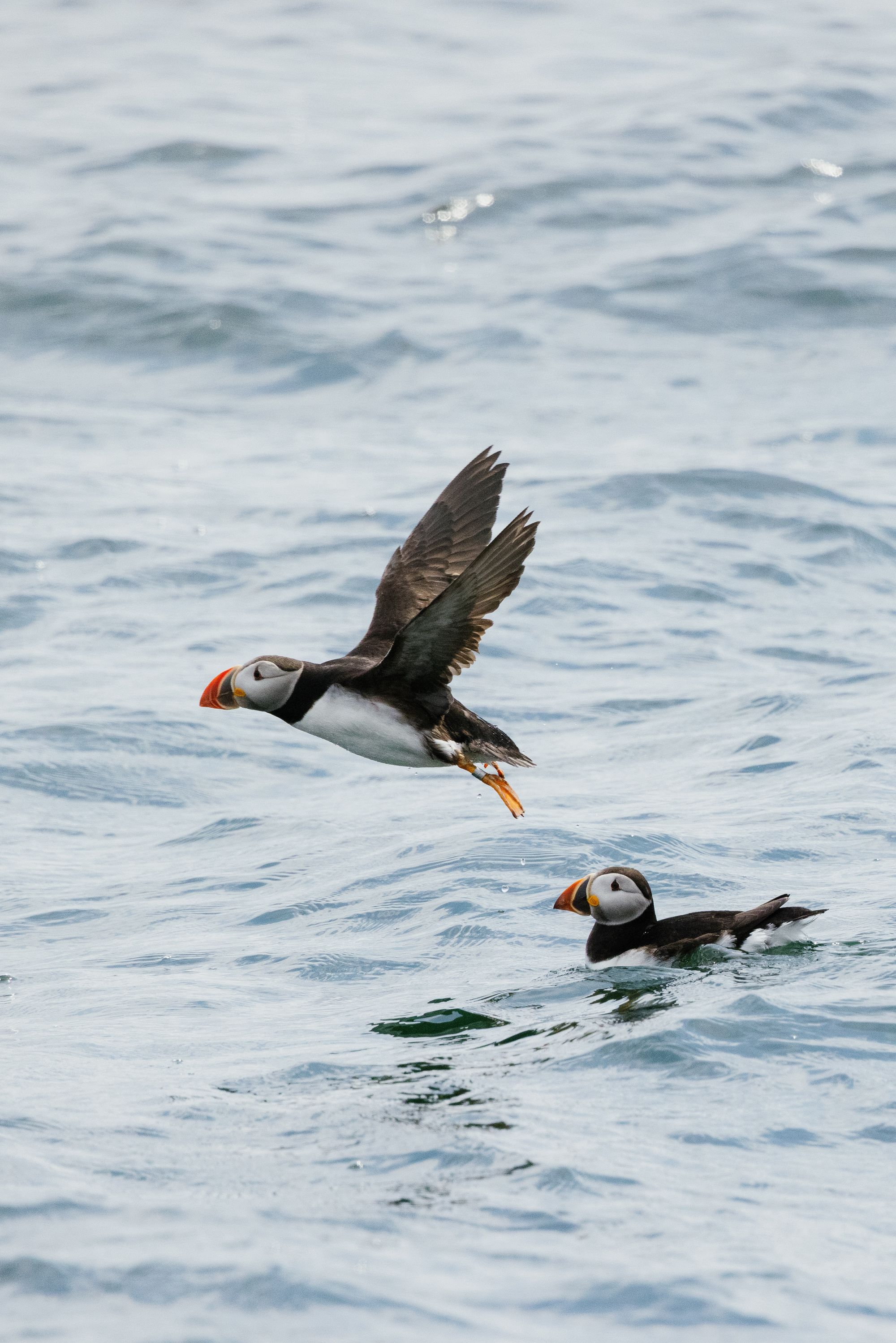
8th April 2023 - 28th April 2023
The most important good news story of the month, and arguably the year: Ghana and Nigeria (which has the highest number of malaria deaths in the world) have approved Oxford's highly effective R21 malaria vaccine for children under the age of three. The world's biggest vaccine maker says it will make 20 million doses available in the next two months. Reuters
We expect R21 to make a major impact on malaria mortality in children in the coming years, and in the longer term contribute to the overall final goal of malaria eradication and elimination.
Professor Adrian Hill, Director, Jenner Institute, University of Oxford
Yes, everything in America is awful, except for the fact that inequality is falling; unemployment is at its lowest since WW2 (and so is racial disparity in hiring); it's still the world’s richest, most productive and most innovative economy; poverty and uninsured rates are at their lowest levels in history; Millennials are back on track, and GenZ are blowing past other generations in saving for retirement.
Last year, an initiative called Deworm the World helped India, Pakistan, Kenya and Nigeria provide treatment to around 249 million children. Deworming is proven to improve the nutrition, cognition, school attendance, and long-term economic prospects of children. Evidence Action
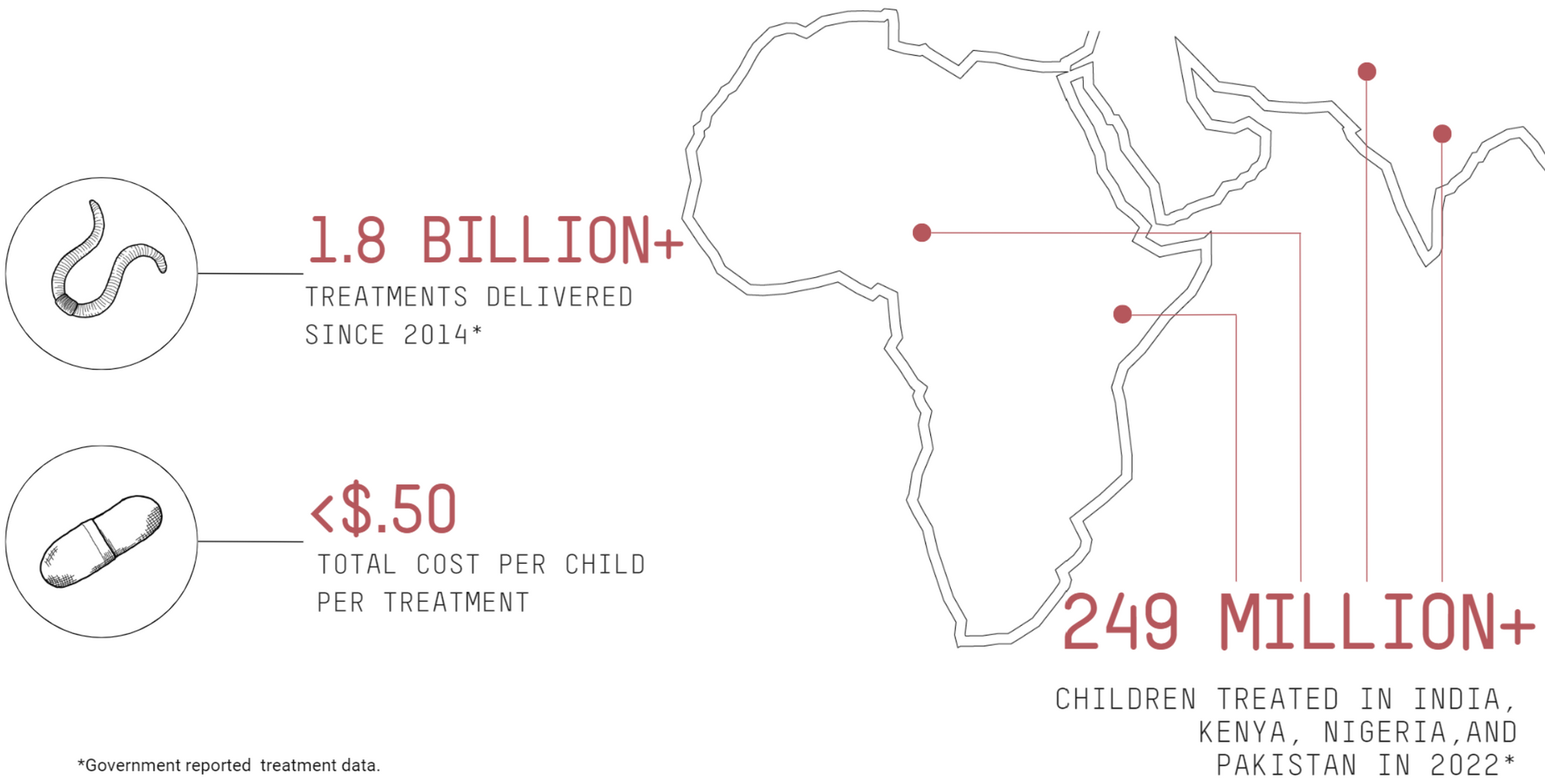
Between 2007 and 2021, the number of breast cancer survivors in Canada doubled. There are now two and a half times more survivors than there were during the last estimate in 2007. Around 370,000 women have been diagnosed with breast cancer during this period, and 85.9% had survived the disease as of 2022. Science Daily
Did you know that George W. Bush was responsible for the United States' most impactful foreign policy intervention of the 21st century? No, not that one. This year marks the 20th anniversary of PEPFAR, Bush’s HIV/AIDS program that turned the tide of the global epidemic, and has saved 25 million lives so far. NYT
In Ghana, the proportion of children under five suffering from stunting has fallen from 35.1% in 2003 to 17.1% in 2022. The change is thanks to better education of mothers, the promotion of exclusive breastfeeding, better food security and sanitation programs, and a general improvement in the socio-economic situation. Graphic
Electric trams are running again in Kyiv, electric scooters dot the sidewalks, and with curfew extended to midnight, the streets are bright and buzzing. The Kremlin’s campaign to break Ukraine by destroying its power grid failed. Not only did the grid survive, it was even able, in early March, to produce surplus energy for the first time in months. NYT
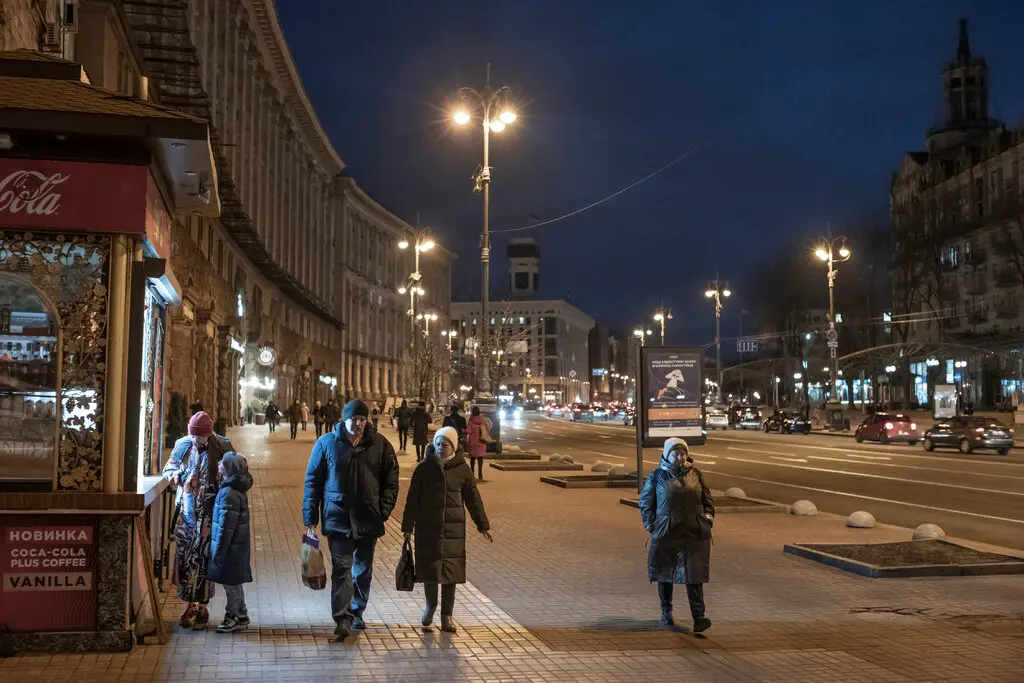
The Cook Islands has officially decriminalized homosexuality. The country, comprising 15 islands in the South Pacific, has rescinded a section of its Crimes Act of 1969. "We are so grateful for all the people and organizations throughout our community who have been working tirelessly to make this happen.” LGBTQ Nation
A new law giving women greater legal protection against gender-based violence has been passed in Uzbekistan, following a long campaign by women’s and human rights activists. “Today, Uzbekistan became the fifth country in Eastern Europe and Central Asia to criminalise domestic violence as a separate criminal offence.” Nadja
Poland has experienced the longest uninterrupted period of growth in European history. Real GDP has increased sixfold in three decades, and the country has a record-low unemployment rate of 3%, lower infant mortality than Canada, higher female life expectancy than the US, and less violent crime than the UK. Guardian
Ten US states have now passed "shield laws" to protect transgender rights and provide sanctuary. Together, these places are establishing themselves as safe havens and recognizing the connection between gender-affirming care and abortion rights as part of a united struggle for bodily autonomy. Erin Reed
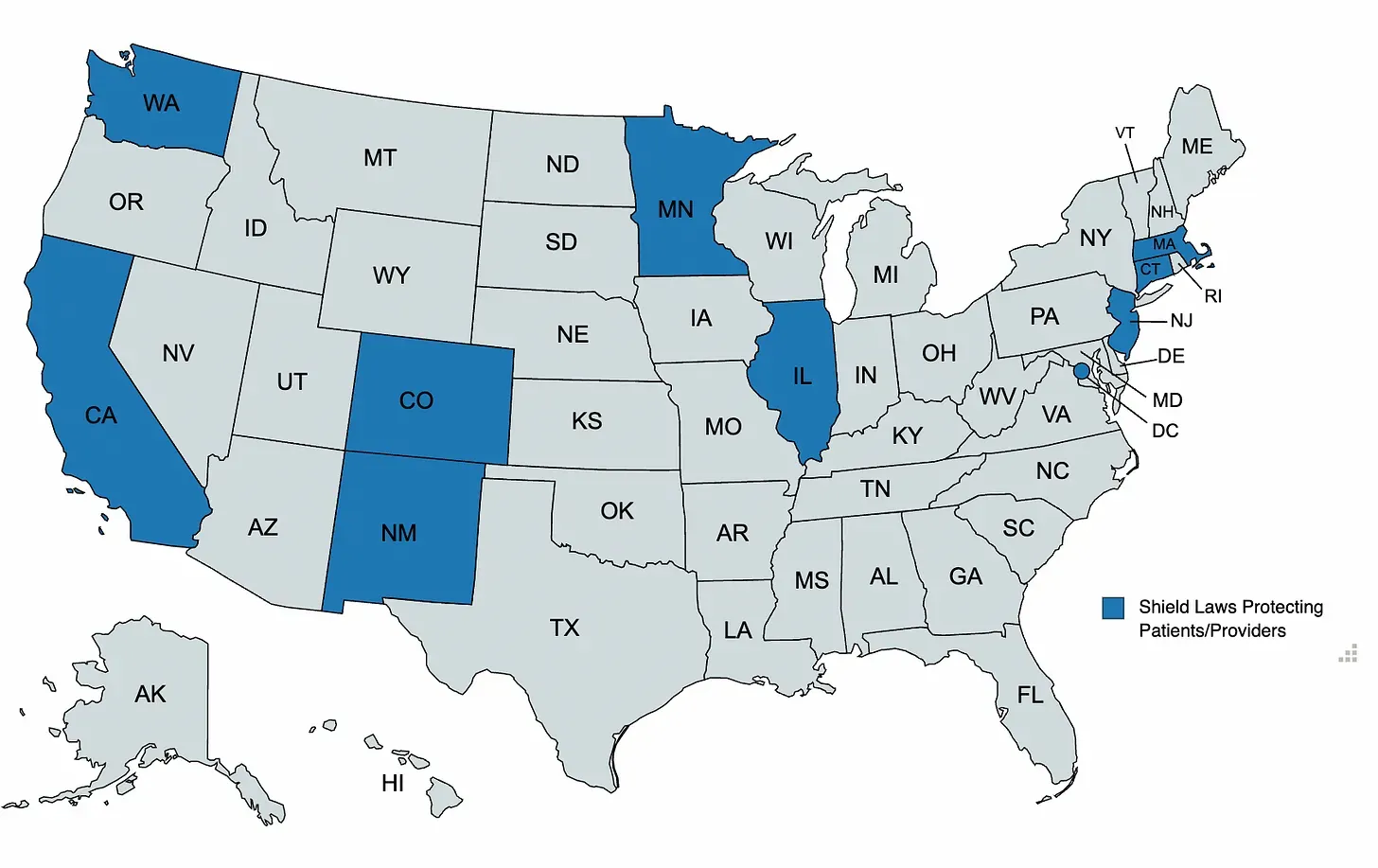
Colombia has expanded three indigenous conservation areas, the Huitorá, Coropoyá, and Jericó Consaya Reserves, by a total of 279,777 acres. The move consolidates a crucial biological corridor between the Caquetá River and the Chiribiquete and La Paya, home to more than 3,000 plant and animal species—more species than are found in all of Germany. Andes Amazon Fund
In 2006, tiger populations in India reached a record low of 1,411. Since then, they've more than doubled, reaching 3,167 last year, according to the latest census. The resurgence of Indian tigers represents a triumph for conservationists and a ray of hope for other countries struggling to boost wildlife numbers. CNN
Togo begins its annual reforestation drive on 1st June, led by Environment Minister, Foli-Bazi Katari. The goal this year is to plant 14 million trees on 11,000 ha of land, improving on the 5.2 million planted on 8,256 ha of land in 2022. "Our country’s objective is to restore its entire forest and vegetation cover in the long term." Afrik21
The US government has released $350 million for wildlife crossings to prevent deaths and improve habitat connectivity across the country. “Our country has been remarkably effective at building roads, and now we can start funding projects that will help America’s wildlife cross them." AP

A large watershed in British Columbia’s Raush Valley has been declared an Indigenous Protected and Conserved Area. The valley contains old-growth cedar and hemlock forests that are home to iconic species like caribou, moose, and grizzly bears. Narwhal
Record numbers of river barriers were removed in Europe in 2022, with 325 taken down in 16 countries, allowing rivers to flow freely and fish to reach breeding areas. It's part of a bigger global trend: the world has now reached peak dams, the point at which the number of dams built annually levels off and begins to decline.
A 20-year effort to rid Lehua Island in Hawaii of rats was recently successfully concluded, and the focus has now shifted to luring back native birds like the ʻuaʻu (Hawaiian petrel), ‘ewa‘ewa (sooty tern), and ‘akē‘akē (band-rumped storm petrel). “Each project is a stepping stone to the next." Hakai
Deep in Florida, nearly half of the Kissimmee River has been restored to its natural state, reversing an ecological disaster from the 1960s. After 20 years, and at a cost of around a billion dollars, over 100 km² has been re-established and rehydrated, and birds and fish are now returning in droves. Nat Geo
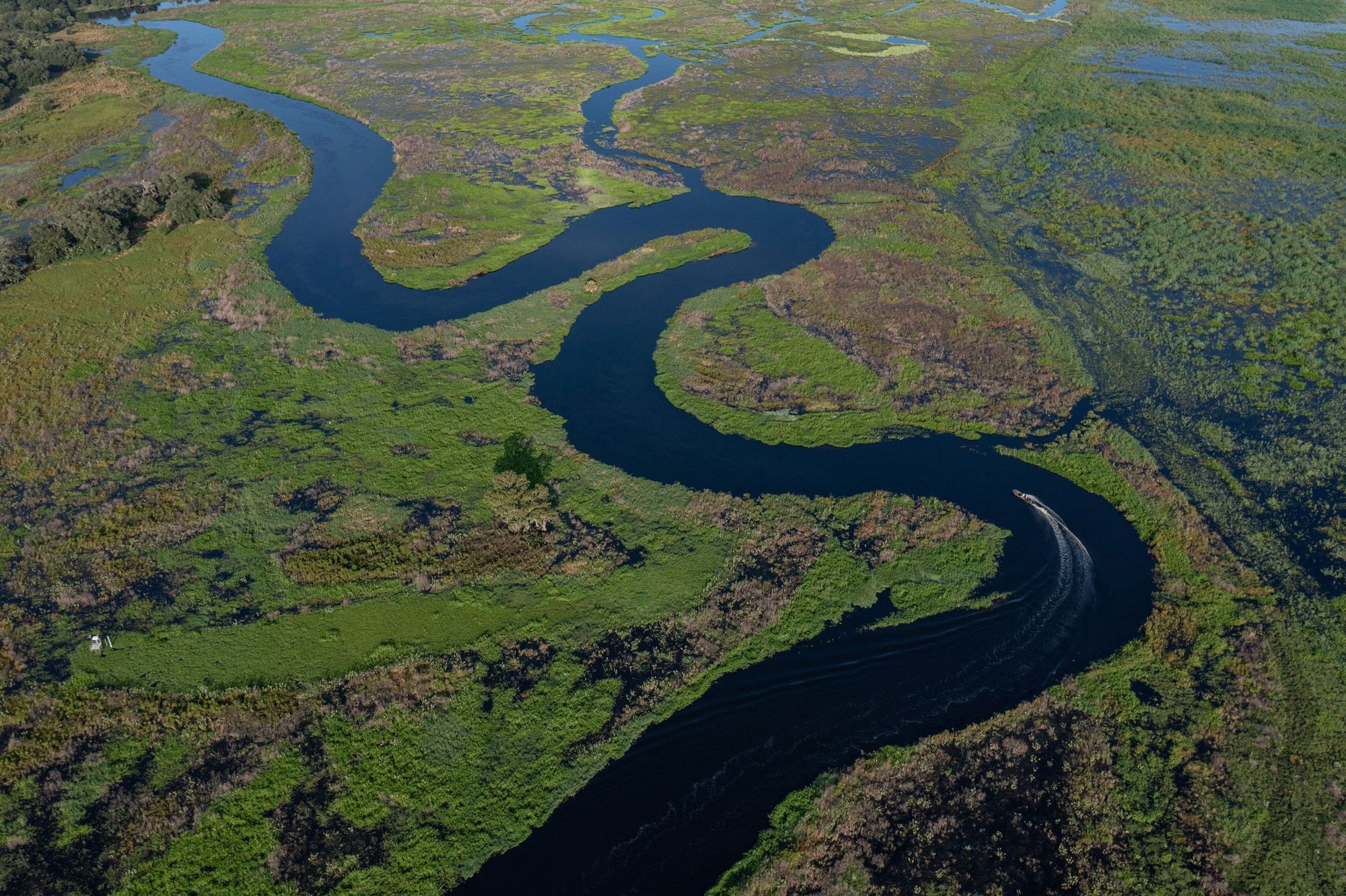
As California recovers from its drought, farmers are intentionally flooding farmlands to restore underground aquifers. Much of this is being driven by the state's 2014 law to regulate groundwater, which mandates that by 2042, an equal amount of groundwater has to be returned to an aquifer as is withdrawn every year. Civil Eats
Lisbon has become the latest European city to bar through-traffic from its city centre. The plan, which will run for a three-month trial period, could also help Lisbon reach its aim of becoming carbon neutral by 2030. It's one of 122 cities in Europe that have pledged to achieve that goal. Bloomberg
Over 100 countries now have a full or partial ban on single-use plastic bags, and it's starting to work. In combination with levies and taxes, numerous countries are seeing significant declines in plastic bag use, and the impact is visible on the ground too. “It’s really, really encouraging to see those numbers trending down." Euro News
1st April 2023 - 7th April 2023
Heart disease is responsible for one in every five deaths in the United States. However, at a conference hosted last month by the American College of Cardiology, researchers revealed that between 1999 and 2020, the rate of deaths from heart attacks fell from 87 per 100,000 people to 38 per 100,000 people, and racial disparities narrowed by nearly half. This is astonishing news. Despite setbacks caused by the pandemic, the risk of death from America's biggest killer of people has more than halved since the beginning of the 21st century.
Bhutan has become an Open Defecation Free country, and the WHO just certified Azerbaijan and Tajikistan as malaria-free, following a sustained, century-long effort to stamp out the disease by the two countries. Seems like an appropriate moment to share this.
Scotland’s pioneering policy of putting a minimum price on alcohol has been linked to a 13% drop in the number of deaths from alcohol consumption and hundreds of fewer hospitalisations every year. “Minimum unit pricing was introduced to save lives, and this latest report shows it is doing just that." Guardian
Malawi and Kenya are making significant progress on family planning. Around 60% of women in both countries are now using contraceptives, up from 15% in the 1990s for Kenya and just 7% in Malawi. Contraceptives, including implants and intrauterine devices, are now widely available, including for the majority of populations living in rural areas. Exemplars
Slip, slop, slap. A new study shows there's been a significant reduction in skin cancer in people below the age of 39 in Victoria, Queensland and South Australia. "It's a really exciting thing to see the statistics coming in to show that all the hard work that schools, communities have been putting in, has actually paid off." ABC

Some more good news from the United States. Voters in Wisconsin have won a major victory for reproductive rights, New Hampshire has stopped further restrictions on abortion access and instead passed legislation to protect it, Missouri is making period products free in schools, Maryland has strengthened transgender rights, Minnesota is making itself a safe refuge for transgender people, Kentucky just legalized cannabis, and the first over-the-counter opioid-overdose treatment is now available across the nation.
Teenage pregnancy among girls aged 15 to 19 in the Philippines has fallen from 8.6% in 2017 to 5.4% in 2022. This is good news for a country with one of the highest rates of teen pregnancy in the world, and comes off the back of last year's landmark ban on child marriage. The Star
Earlier this week, after a year of intense debate, Malaysia's parliament voted to remove the mandatory use of the death penalty, abolish natural-life prison sentences, and cut down on the number of crimes eligible for capital punishment. Human rights groups have hailed it as a major step forward. BBC
The strongest democracy in the Americas isn’t the United States or Canada, but a small nation of three million people. Free and universal education, public health care, strong unions, and a solid social security system reflects its ethos of nadie es más que nadie—nobody is worth more than anybody else. It now has the largest middle class in the Americas, making up more than 60% of the population.
Brazil's Ministry of Indigenous Affairs is restoring sovereignty and bringing justice to Indigenous communities. Following the removal of tens of thousands of illegal miners from the lands of the Yanomami, the federal government is deploying healthcare services, food and relief. 78% of children with severe malnutrition have already gained weight.
Women's share of board seats at Britain's 350 biggest listed companies reached 40% for the first time in 2022. Just over a decade ago, 152 of the country's biggest companies had no women on their boards at all. Today, they all do, and the vast majority have three or more. Still a long way to go, but it's progress. FTSE
A new marine protected area in Patagonia will safeguard an important feeding and breeding area for endangered blue whales. Spanning 100,000 hectares along the Gulf of Corcovado, the protections are also good news for humpback and sei whales, South American sea lions and two species of threatened albatross that frequent the area. Mongabay
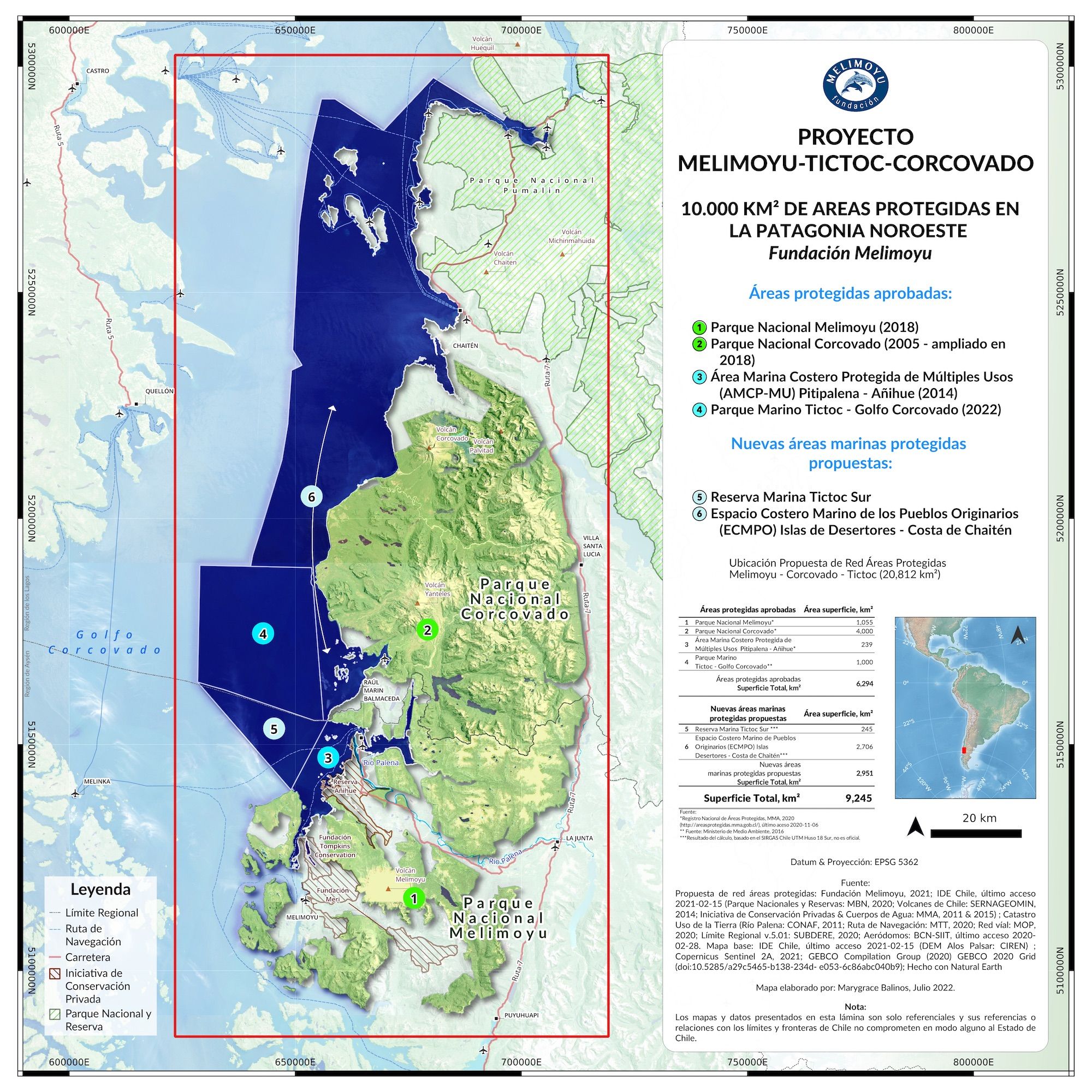
The newly designated Utco Private Conservation Area in Peru will protect 3,060 hectares of Amazonian dry forest. The region is an "epicentre of biodiversity" and home to 20 species of critically endangered flora and almost two dozen species that are found nowhere else in the world, including the yellow-faced parrotlet. Amazon Fund
Two big wins in Ecuador. A new conservation area in the El Oro province will protect water sources for over 85,000 people as well as the habitats of dozens of threatened species, and a court has stopped a copper mine in the Intag Valley, following a successful campaign by the community to invoke the "Rights of Nature" embedded in Ecuador's constitution in 2008.
The critically endangered West African lion is making a steady comeback in Senegal’s Niokolo Koba National Park. Since 2011, conservation measures have bolstered the population from 15 to over 40 lions and are raising hopes for a species that has a wild population of only a few hundred lions in total. Good News Network
The world’s first large-scale shark rewilding is underway in Indonesia’s Raja Ampat archipelago. ReShark is raising endangered zebra sharks from aquariums and aims to release 500 of them into Indonesian waters. Marine reintroductions are tricky business, but experts think the plan will work… which means zebra sharks may be just the beginning. Nat Geo
It’s such a milestone. This is such a hopeful, momentous moment.
Nesha Ichida, Indonesian Marine Scientist, ReShark

Wet wipes containing plastic will be banned in England as part of the country’s plan to improve its waterways. In 2021 around 90% of wipes contained plastics which don’t break down and are the biggest cause of blockages. Although the ban is scheduled to come into force next year, stores like Boots and Tesco have already stopped selling plastic-based wet wipes. BBC
Canada is making its largest investment ever in protection for its fresh water. The government just committed $650 million over ten years for the Fraser River, the Mackenzie River, Lake Winnipeg, the Lake of the Woods, Lake Simcoe, the St. Lawrence River and the Great Lakes. The funds will be used for monitoring, restoration, preventing harmful chemicals and reducing algae blooms. CBC
The US Department of the Interior has pledged to tap into Indigenous knowledge and restore large bison herds to Native American lands. $25 million has been allocated to transfer more bison from federal to tribal lands and forge management agreements with tribes. Previous conservation efforts helped bison bounce back from near-extinction in the late 1880s. PBS
When we think about Indigenous communities, we must acknowledge that they have spent generations over many centuries observing the seasons, tracking wildlife migration patterns and fully comprehending our role in the delicate balance of this earth.
Deb Haaland, Interior Secretary, United States
A New York investment firm has launched a $400-million bid for oil concessions in the Democratic Republic of the Congo, with plans to turn them into conservation projects. The concessions include areas of critically endangered gorilla habitat, tropical peatlands and swathes of the planet’s second-largest rainforest in the Congo basin. Guardian
Let us prove that we have an alternative to oil exploration and provide a way to centre the economy around nature conservation instead of destroying them for extractive industries.
Matthias Pitkowitz, EQX Biome CEO
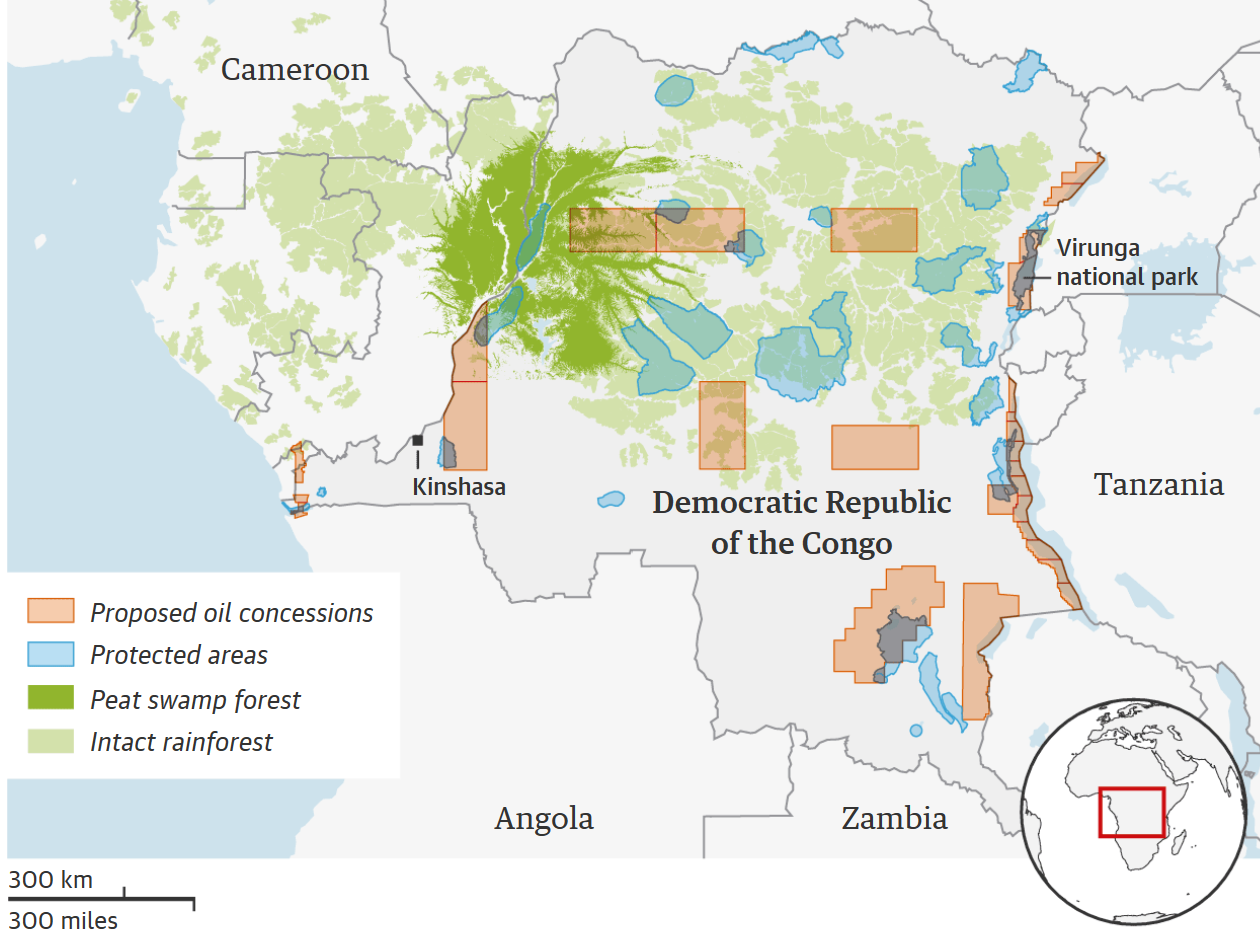
After disappearing over a century ago, oysters are making a comeback along Brisbane’s coastline, with three million oysters thriving on baskets built by volunteers. 4,000 baskets were positioned across a 19-hectare site in five-metre-deep water. Within 12 months, sturdy clumps of oysters formed, attracting millions of other animals such as crabs. Phys.org
The UK beaver revolution continues. After a 400-year absence, an estimated population of 50 beavers has set up home on local riverbanks in Somerset and Wiltshire. It’s suspected the beavers may have escaped from licensed reintroduction sites, and their presence will support other wildlife and boost ecological restoration. NHM
India is celebrating its 50th Anniversary of Project Tiger. The project launched in 1973 with nine tiger reserves. Today, there are 53 reserves across 18 states, covering more than 75,000 km2, encompassing 2.4% of the country's land. “We have 1.4 billion people living here, and the human population has doubled since 1973. Given all this pressure, I would say this is a huge achievement,” CSM
25th March 2023 - 31st March 2023
Club of Rome, the most influential neo-Malthusians of the 20th century, have published a follow-up to their seminal 1972 Limits to Growth study, saying their long-feared "population bomb" may never go off. Based on current trends, they're now estimating global population will peak at 8.6 billion, a figure that will no doubt make just as many headlines as past predictions of doom. New Scientist
Deaths from tuberculosis in Africa fell by 26% between 2015 and 2021, saving an estimated half a million lives. “African countries have made remarkable progress against TB. The question is no longer about whether we can end TB, but how fast we must act to reduce the disease burden, save lives and maintain a high momentum towards a TB-free world." WHO
Nigeria has made substantial progress in its fight against AIDS, with annual deaths declining from 264,463 in 2015 to 51,000 in 2022. Most of this is due to expanded access to treatments: the number of patients receiving anti-retroviral therapies has increased from 800,000 in 2017 to over 1.8 million today. Punch
Kenya is scaling up its rollout of the Mosquirix malaria vaccine, after a pilot program for 400,000 children was shown to substantially reduce deaths in eight counties. Early modelling estimates that one life is being saved for every 200 children vaccinated. This is big - there are an estimated 3.5 million cases of malaria in Kenya every year. ABC
Deaths from terrorism have fallen by over a third since their peak in 2015, with two of the largest decreases occurring in Iraq and Nigeria in the last 12 months. Dividing the world into nine regions, the impact of terrorism fell in seven of them in 2022, and 121 countries experienced no deaths at all, the highest number since 2007. Vision of Humanity
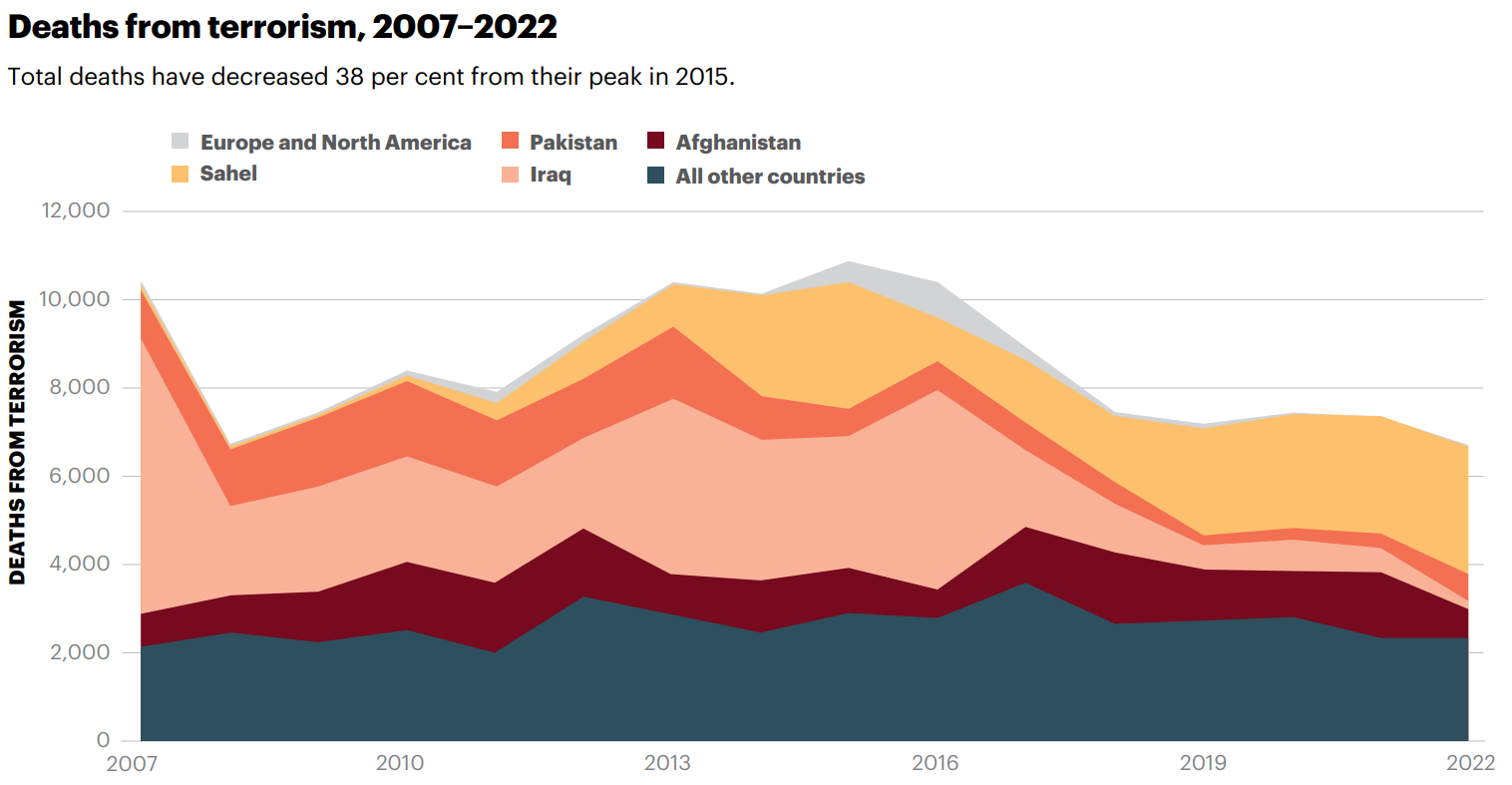
Child mortality rates in Laos fell to a level on par with some OECD countries in 2022, thanks to significant strides in hygiene and health promotion. The country has also recorded a 78.7% reduction in maternal mortality over the last two decades, one of the fastest-falling rates in the world. Loatian Times
The proportion of teenage girls in New Zealand giving birth has halved in the last 10 years, and child poverty has fallen dramatically, with 77,000 fewer children living in low income households compared to 2018, and eight of nine child poverty measures seeing a statistically significant reduction during the same period. National Tribune
For the first time in its history, Canada's population grew by over one million people last year and almost all of that was from immigrants, including over 133,000 Ukrainian refugees. The growth comes as the federal government makes a push to raise its 2025 immigration targets by almost 25%. NYT
Good news from the United States. Oregon just approved $200 million for the state's homeless, Maryland has passed a bill extending Medicaid coverage for transgender people, Washington state has upheld a new tax on the wealthy to fund education, Tennessee is seeing historic reductions in child poverty, and Seattle has become the first US city to outlaw discrimination on the basis of caste.
Substantial majorities of Americans think progress toward inclusion and diversity is on the right track. In a new poll, 86% believe more should be done to promote gender equality, 69% say more should be done to foster acceptance of LGBTQ people, 70% think businesses should promote racial diversity, and 58% are happy with new pronouns.
Bangladesh isn't just ground zero for climate disaster. It's also a hotspot for solutions, where a mix of technology and community have resulted in cyclone-related mortality declining more than 1,000-fold in the past 40 years. I tell my American friends, "You should send your sceptics to Bangladesh! We have gone through the doom and gloom phase. Now it's all about solutions." NPR
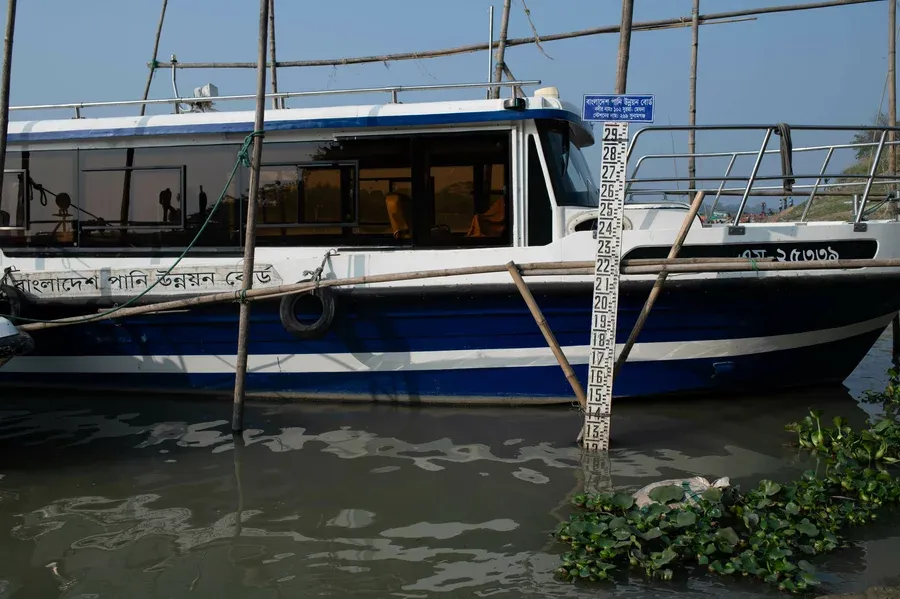
Participants at the UN Water Conference last week pledged billions of dollars and made over 700 commitments to ensure a water-secure future for everyone. It's welcome news: despite substantial progress in the last two decades, two billion people still lack access to safe drinking water and 40% of the global population are impacted by water scarcity. UN
The commitments at this Conference will propel humanity towards the water-secure future every person on the planet needs.
António Guterres, Secretary-General, United Nations
The biggest commitment of all was the Freshwater Challenge, the largest-ever global initiative to restore rivers, lakes, and wetlands. Driven by Colombia, the DRC, Ecuador, Gabon, Mexico and Zambia, the project aims to restore 300,000 kilometres of rivers and 350 million hectares of wetlands (an area larger than India) by 2030. UNEP
Reintroduction programs are forging ahead in the world’s two most populous countries: 200,000 Chinese sturgeons were recently released back into the Yangtze as part of China’s re-wilding efforts, and India welcomed four cheetah cubs, the first in-country birth since the species was declared extinct there 70 years ago. The mother was relocated from Namibia last September.

The EU is upholding its 2018 neonics ban and cracking down on temporary exemptions for bee-toxic pesticides. It closes an important loophole. In the last four years more than 236 exemptions for banned pesticides were granted in European countries, with neonicotinoids accounting for almost half. Euractiv
The US government has withdrawn a land-swap deal that would allow the construction of a road through Alaska’s Izembek National Wildlife Refuge, an area originally protected under President Jimmy Carter. The move is good news for geese and other migrating birds that use the wetlands as a migratory stopover. NYT
After a 400-year absence, beavers are coming back to London! Conservation groups have created the UK’s first urban reintroduction site for a breeding pair of Eurasian beavers that will arrive later this year. The project is one of 22 across the city that have been greenlit as part of the Rewild London Fund. Guardian
We are hoping to challenge perceptions, and demonstrate how London, too, can embrace these ecosystem engineers as we strive for a healthier, wilder future in which our capital can become a leader in urban rewilding.
Elliot Newton, Co-founder, Citizen Zoo
The number of privately protected areas in South America has exploded in the past two decades, and these areas now cover around two million hectares. Most are collectively owned by campesino communities or smallholder families, and the real numbers may be higher, as many landowners who do conserve their land aren’t officially registered. Mongabay

This year’s Ramadan will be greener, with mosques around the world banning single-use plastics ahead of breaking fast and some banning plastics all together. Links between Islam and sustainability are nothing new - the Quran instructs Muslims “to be mindful of God’s creation and care for the environment.” WEF
Iraq has announced a plan to plant five million palms and trees to combat high temperatures and water scarcity and to create windbreaks against dust storms. Saudi Arabia has already commenced its plan to plant 10 billion trees on its territory by 2031 as well as 40 billion additional trees in collaboration with other countries. Phys.org
A 20-year project combining public health and conservation has brought mountain gorillas in Uganda back from the brink of extinction. Improvements in community sanitation and hygiene have resulted in fewer gorillas picking up human diseases. In 1997 there were only 650 mountain gorillas in the wild, by 2018 there were 1,063, and conservationists expect another increase at the next census. New Scientist
We realised that to make sure wildlife stays healthy, we have to improve the health of people who interact with it. And to ensure that people stay healthy, you have to make sure they’re not getting diseases by poaching wildlife.
Gladys Kalema-Zikusoka, Wildlife Vet, Bwindi Impenetrable National Park
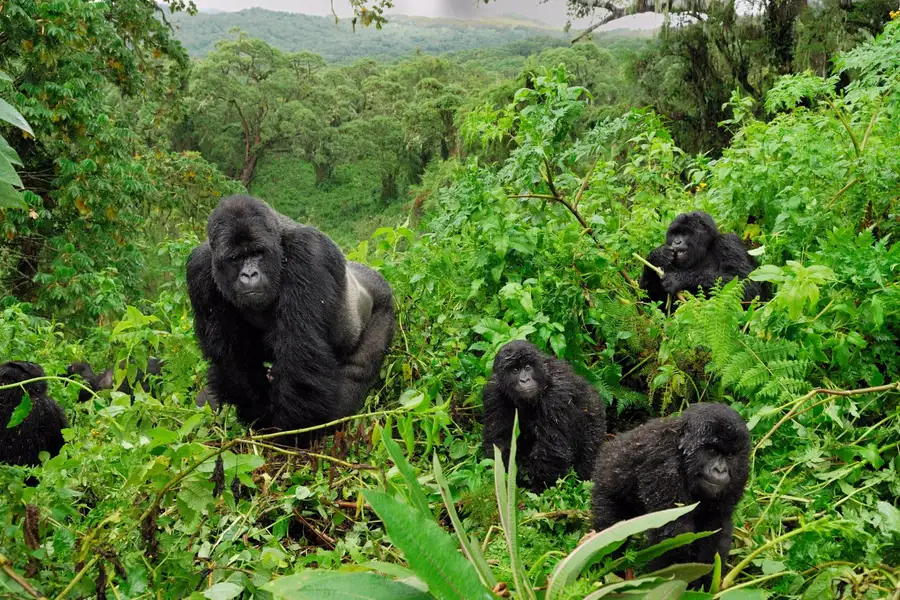
18th March 2023 - 24th March 2023
Vox has a great new feature section on progress and optimism. We recommend the pieces by Brian Walsh, on why doomers are wrong about the future, and the amazing Hannah Ritchie, on why optimism is the only thing that works (but only if we assume that progress is not inevitable).
The astounding economic and technological progress made over the past 200 years has been the result of deliberate policies, a drive to invent and innovate, one advance building upon another. And as our material condition improved, so, for the most part, did our morals and politics — not as a side effect, but as a direct consequence.
More than 97% of people worldwide now have some level of immunity against COVID-19, either from infection or vaccination, or a combination of the two. Over 5.5 billion people, almost 70% of humanity, has been vaccinated, easily the largest, fastest and most successful campaign in the history of global public health. Think Global Health
The new World Happiness Report says there was a "globe-spanning surge of benevolence" during the pandemic, with acts like donating, volunteering and helping a stranger increasing by a quarter compared to pre-pandemic times. Contrary to dominant media narratives, the report also says that positive social connections and support in 2022 were twice as prevalent as loneliness.
The global inventory of nuclear weapons has declined by more than 80% since the Cold War, from a peak of 70,300 in 1986 to 12,700 in 2022. Under the Trump administration, the United States stopped disclosing the size of its stockpile, but transparency has resumed again under the Biden administration. FAS

Ghana is including free long-term contraception in its national health insurance program, a move that will allow millions of women to avoid paying out of pocket for implants, IUDs and injections. In Liberia, a new program has cut teen pregnancy in five of the country's fifteen counties by at least half since 2017.
This means long time peace of mind for women, girls and their families with potential positive impact on their health and economic life.
Abena Amoah, Executive Director, Planned Parenthood of Ghana
A human rights court in Latin America has issued a landmark ruling requiring Bolivia to reform its criminal codes to make lack of consent central to the definition of rape and create protocols to improve all sexual assault investigations. The ruling is binding and establishes a legal precedent that could reverberate throughout the region.
Some good news from Brazil, one of the most violent countries in the world, where the homicide rate in 2022 fell to 19 per 100,000 people, its lowest level since 2007 (when the Brazilian Forum on Public Security began collecting data), and a decline of almost a quarter since its peak in 2017. OGlobo
Feeling negative about the United States? Michigan just passed a law protecting LGBTQ citizens, Minnesota has become the fourth state to provide free meals to all schoolchildren, Illinois has become the third state to enact mandatory paid leave, New Mexico has passed a law that prohibits life imprisonment for juvenile offenders, Arizona has pioneered an urban food forest that's become a model for climate action, and California just announced a program to cut the number of unsheltered people by 15% in the next two years.
Oh, and all of those stories are from the last two weeks.
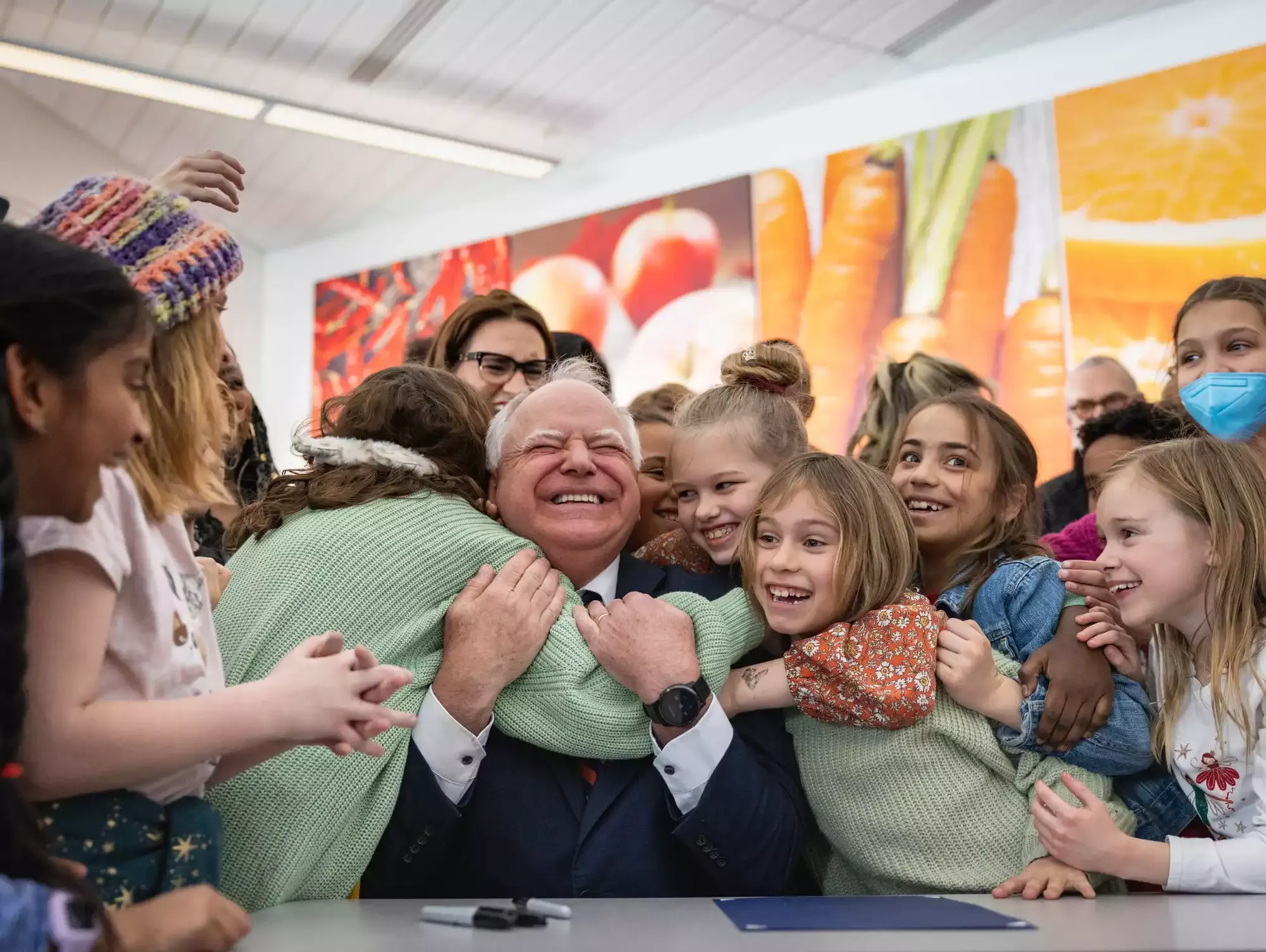
California has announced a plan to transform its oldest prison, San Quentin, into a centre for rehabilitation modelled after Norway's incarceration programmes, which have some of the lowest recidivism rates in the world. It's a landmark moment for criminal justice reform, marking a fundamental shift away from the punitive American system. Guardian
Childhood stunting in Cambodia has fallen from 34% in 2014 to to 22% in 2022. In actual numbers, that's 180,000 fewer children suffering from stunting than eight years ago. The country is also getting a handle on nutrition for older children, thanks to its nationwide school meals programme, which feeds 300,000 children with hot meals every day. Phnom Penh Post
Investment into early warning systems and more resilient buildings has significantly reduced the death toll from Cyclone Freddy in Mozambique. Tragically, 59 people have been killed, but it's a fraction of the 602 killed by the similar-sized Cyclone Idai four years ago. A reminder that as the world develops, it becomes more able to deal with natural disasters. UN
India is experiencing an unprecedented infrastructure makeover that is transforming the ability of hundreds of millions of poor and emerging middle-class citizens to travel, connect to the internet, and access electricity, and removing one of the country's biggest constraints on economic growth. Economist
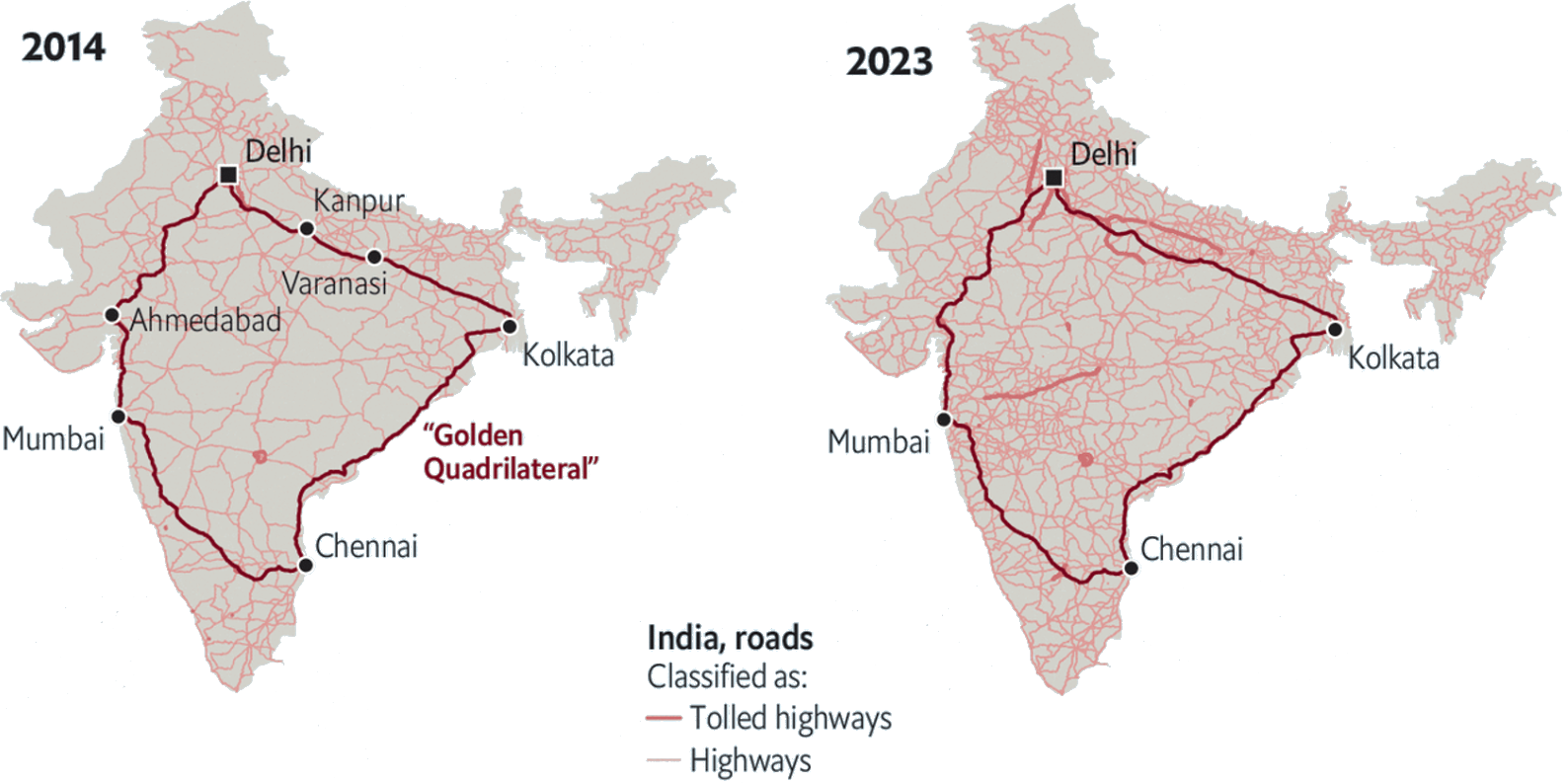
Chile’s Pisagua Sea will become the country's first MPA to protect not only marine species, but also local artisanal fishing communities who have contributed to the sustainable management of resources. Spanning 181,622 acres, the area’s abundance of crustaceans and phytoplankton makes it a crucial breeding ground for fish, mammals and birds. Oceana
An Egyptian startup is tackling ocean pollution by turning plastic bags into outdoor paving tiles that are tougher than cement. To date, the company has recycled five million bags and hopes to increase that number tenfold by 2025. It’s good news for the Mediterranean Sea, which suffers from 74,000 tonnes of waste every year from Egypt alone. Reuters
Illegal gold mining is one of the drivers of deforestation in the Amazon, but the new Brazilian government has made stopping it a priority, evicting thousands of illegal gold miners from Yanomami territory, an indigenous reservation the size of Portugal, and restoring the sanctity of indigenous land. Reuters
The United States has two new national monuments: Castner Range National Monument in Texas, made up of 6,600 acres of rugged canyons and arroyos, and Avi Kwa Ame in Nevada, comprising a half million acres of the most biologically diverse and culturally significant lands in the Mojave Desert, including 28 species of native grasses and some of the oldest Joshua trees in the country. NYT
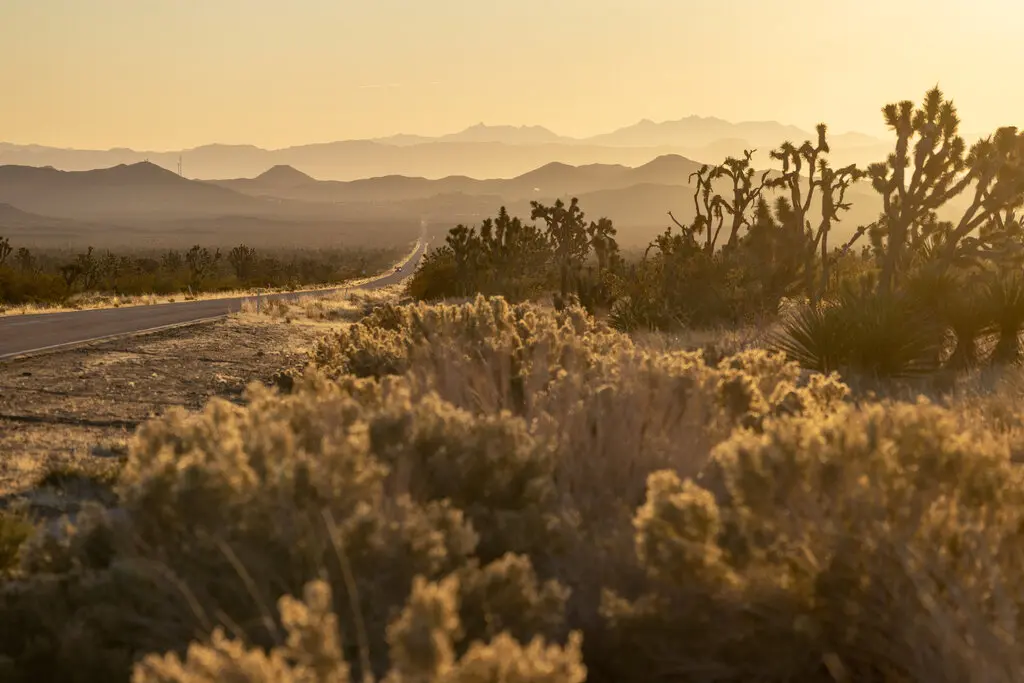
People who mistreat domestic animals in Spain will face much tougher penalties following new legislation that has increased potential jail time from 18 months to three years. The law requires compulsory training for dog owners and aligns with the country’s shift in 2020 to recognise animals as "living beings endowed with sensitivity" rather than simply "things." Euro News
The humble push bike is the new king of the road in London. Cyclists now outnumber motorists at peak times in the city's centre, following sustained efforts to encourage cycling and deter car use. Over the last decade, motorists have declined by 64% and cycling has increased by 386%, with an estimated 800,000 journeys a day now made by bike in the English capital. Forbes
19 billion native seeds will be planted as part of the Klamath River dam removal, the largest river restoration project in American history. Local tribes and environmental groups are busy sourcing 96 different species of trees and shrubs including culturally significant plants like yampah, lomatium and milkweed to plant across 2,200 acres of drained reservoirs. OPB
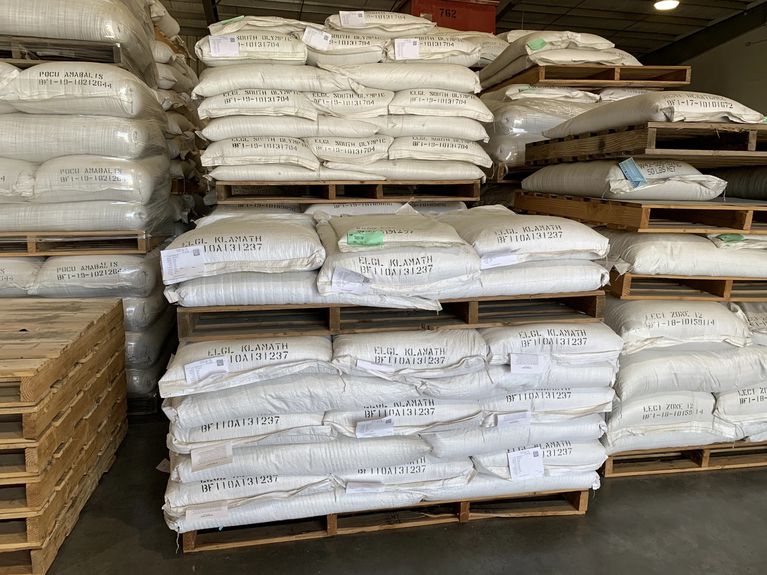
For the first time in 26 years, the US EPA has set new legal limits for drinking water to remove six common "forever chemicals." Because these substances don’t naturally break down, they have been linked to liver and thyroid issues, birth defects, kidney disease and decreased immunity. Guardian
What difference a decade makes. In 2013 the EU and Israel became the world’s first markets to ban cosmetic animal testing. Today, 43 nations have sales bans or restrictions. The tireless work of activists has also turned the retail tide, with big beauty brands like Avon, L’Oréal and Johnson & Johnson banning the practice. Humane Society
11th March 2023 - 17th March 2023
Did you know that the world malaria map is shrinking? Since the turn of this century, 25 countries, home to more than a billion people, have eradicated the disease. Six of those countries (China, El Salvador, Malaysia, Iran, Belize and Cabo Verde) have achieved the feat since 2019, and the next three to join the list will be Nepal, Bhutan and Saudi Arabia. WHO
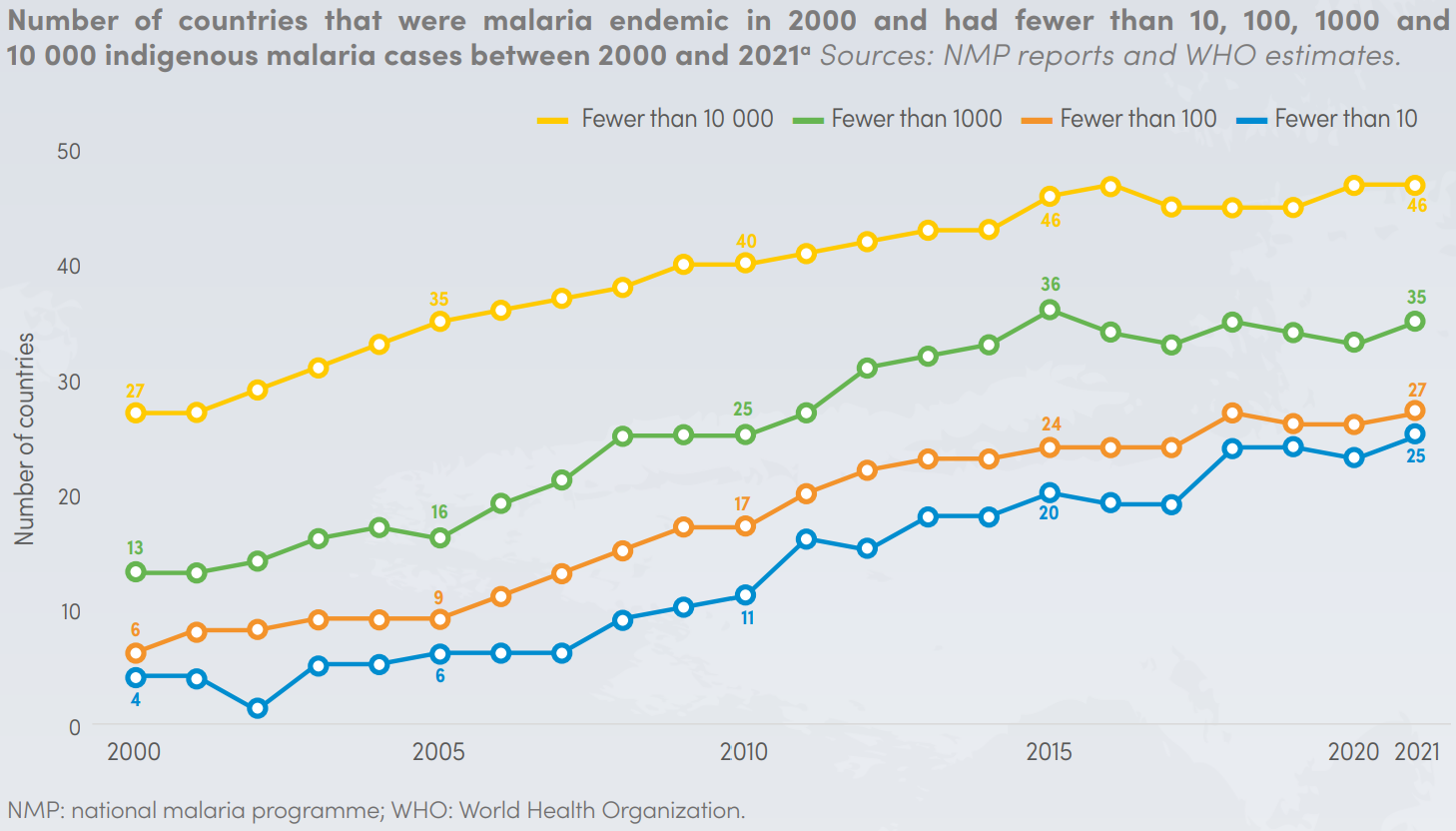
European cancer mortality predictions for 2023 suggest death rates will be 6.5% lower in men and 3.7% lower in women than they were in 2018. The biggest contributor to this decline is lung cancer, whose mortality rates are estimated to fall by up to 36% among those aged 25 to 64 years. Between 1989 and 2023, more than 5.8 million cancer deaths have been avoided in the EU.
India conducted the largest and most effective vaccination campaign by a single country during the COVID-19 pandemic. A new report by Stanford University estimates it saved 3.4 million lives and prevented $18.3 billion of economic losses - a timely reminder that the news tells us about what goes wrong, and hardly ever tells us about what goes right.
Some good news from East Africa. Child mortality in Kenya declined by 22% between 2014 and 2022, and by 36% in Tanzania between 2015 and 2021. Uganda is also reporting a 37% decline in annual HIV/AIDS-related deaths between 2016 and 2021, thanks to antiretroviral therapies and changing sexual behaviours.
India has been transformed by digital payments. Close to 300 million individuals and 50 million merchants now use phones for even the smallest of transactions - 10 cents for a cup of chai or $2 for a bag of vegetables. The shift has revolutionized Indian commerce, making business easier and bringing tens of millions into the formal economy. NYT
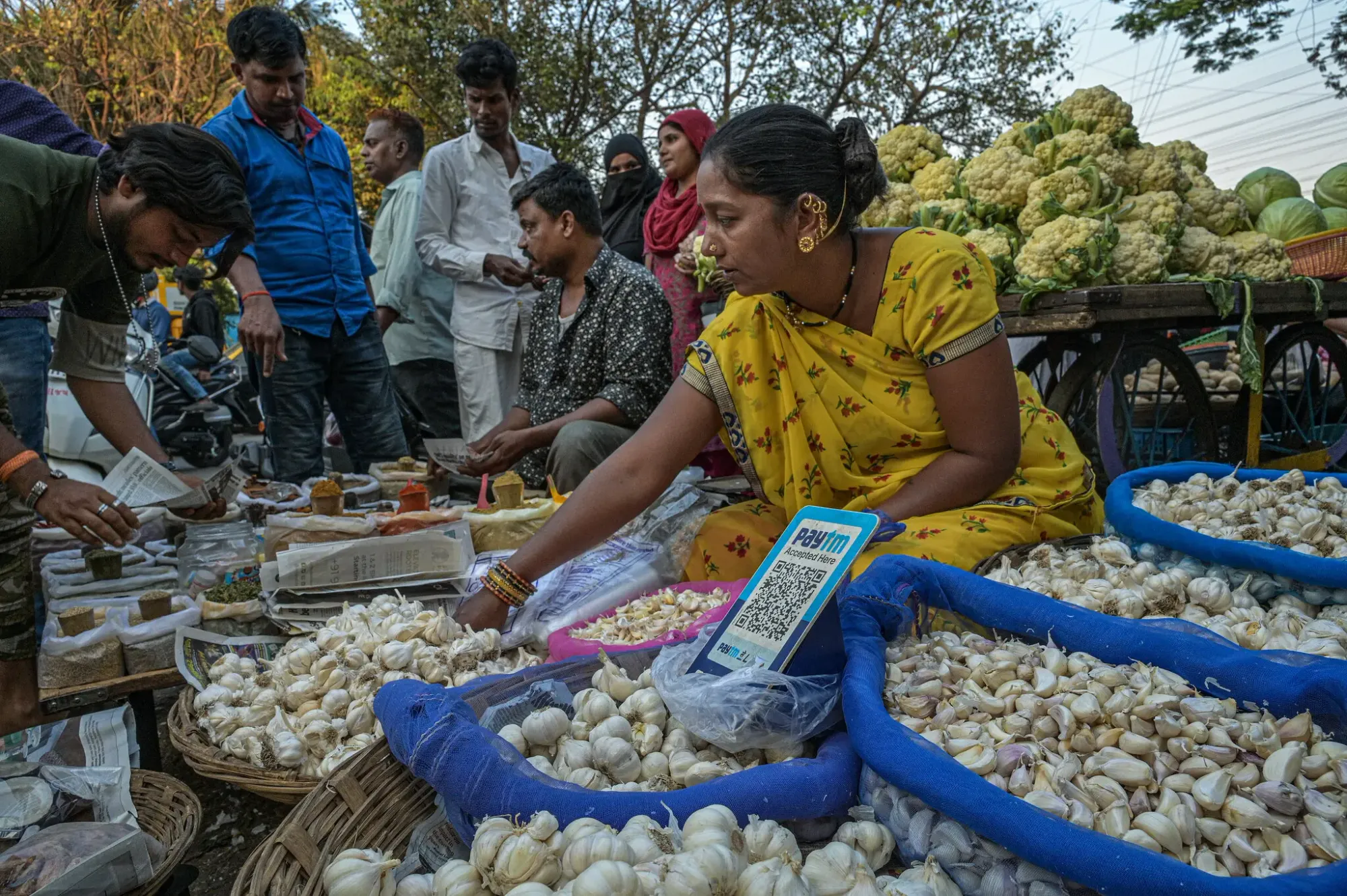
107 countries around the world now provide paid parental leave for fathers. Back in the 1990s, only 46 countries had a paid leave policies for fathers, largely high-income nations. "There is widespread recognition that we don't solve gender equality without dads getting leave." Axios
The United Kingdom has overtaken Canada, Germany and Australia to become one of the world’s most socially liberal nations towards divorce and abortion. “What were once pressing moral concerns – things like homosexuality, divorce and casual sex – have become simple facts of life for much of the public.” Guardian
Reproductive rights activists in Honduras are celebrating after Honduran President Xiomara Castro signed an executive order ending a ban on the morning after pill. Honduras, a heavily Catholic nation, banned the use and sale of the emergency contraception in 2009, arguing it would cause abortions. Reuters
It looks like the United States might have turned the corner on one of its biggest social and health problems - drug overdoses. Recent data from the CDC is showing a sustained dip in overdose deaths as of September 2022, down 7.2% from the peak reached in February 2022. Its still too early to celebrate, but it's the first bit of good news we've seen on this issue in a long time.

The proportion of smokers in Cambodia fell from 16.6% in 2014 to 13.04% in 2021, a decline of around one-fifth. It's good news: tobacco use remains the single largest preventable cause of disease and untimely death in Cambodia. Attitudes are also changing, with 95% of people supporting an increase in cigarette taxes and the price of tobacco products. Ghana News
As predicted, following Eli Lilly's cut to insulin prices last week, the two other biggest manufacturers in the world, Novo Nordisk and Sanofi, have cut their prices by 75% and 78% respectively. Before this, insulin prices were five to ten times higher in the United States than in other high-income countries.
Construction work in the United States has become a lot safer in the last few generations. Between 1970 and 2023, the occupational death rate in construction declined from around 70 per 100,000 workers to 15 per 100,000 workers, a fall of almost 80%, and during the same period the injury rate declined seven-fold. Construction Physics
Amidst the horrors of the war in Ukraine, one of the rare bright spots has been a dramatic shift in attitudes towards the LGBTQ community. Queer people have achieved unprecedented visibility in the country's fight to preserve its sovereignty, and public opinion has rapidly grown more supportive of reforms to fully recognize their rights as citizens. Politico

Eventually, we stopped on the unicorn as a widely recognizable image. I decided to draw it not cute but valiant — breathing fire and wearing armour. It was hard to find the balance — I wanted it to evoke LGBT vibes while not looking lame. Also, it had to have that tough, military look. We even cleaned up the fire to avoid any hints of sexual imagery so as not to provoke the haters.
Nastia Levytska, Designer of the unofficial patch of the Ukrainian LGBT military
In the last three months humanity has made some big strides towards protecting life on Planet Earth. Following COP15 in December and the High Seas treaty last week, and with UN negotiations on plastics pollution in progress, countries finally have a clear action plan to deal with the three planetary crises of our time: the climate emergency, biodiversity loss and pollution. Guardian
Seaweed is having a moment. A recent study found that substituting 10% of diets with seaweed by 2050 would free up 110 million hectares of agricultural land, while only using 0.03% of the ocean’s surface. Seaweed farms, which have a long history in Asia, also eliminate the need for fresh water, pesticides, and fertilizers. NYT
Debt-for-climate swaps, which allow countries to reduce their debt obligations for conservation, are taking off, and new research shows they could generate over $100 billion for environmental action in low-income countries. While the concept has been kicking around since the 1980s, recent deals for Barbados, Belize and the Seychelles show that it’s going from strength to strength. Energy Monitor
The Vjosa River in Albania, home to more than 1,000 animal and plant species, has been declared a national park. For years, its fragile ecosystem was under threat: at one point as many as 45 hydro projects were planned across its length. But earlier this week, after a decade-long campaign by environmentalists, it was declared the first wild river national park in Europe. Guardian
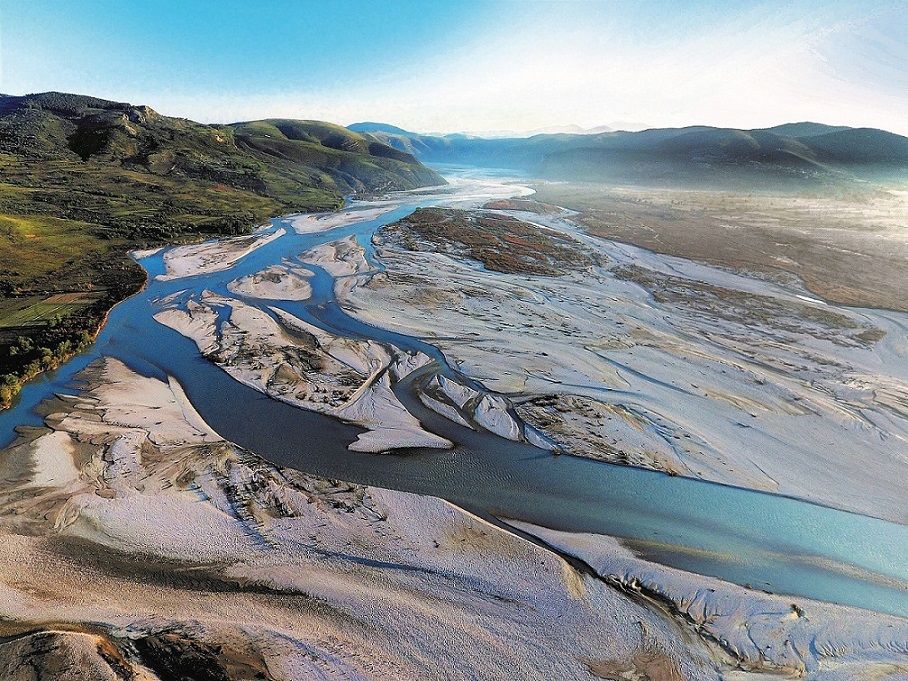
The Biden administration has finalized a rule forcing factories and power plants in 23 Western and Midwestern states to sharply cut smog-causing pollution that is released from their smokestacks and fouls the air in Eastern states. The rule should help cut nitrogen oxide pollution between March and November by half by 2027. NYT
New research has found that levels of air pollution in the Great Lakes region in the United States has decreased thanks to the elimination of three toxic insecticides: lindane, ɑ-HCH and endosulfan. The good news is mostly owed to regulatory action taken decades ago. Grist
Forest certification is slowly gaining ground in central Africa. Nearly 6 million hectares are now certified under the Forest Stewardship Council (FSC) or the Pan-African Forest Certification (PAFC) standard: 2,989,168 hectares in Congo, 2,535,880 hectares in Gabon, and 341,708 hectares in Cameroon. Both schemes are recognised by the Fair & Precious initiative.
The final horn has sounded for one of Scotland’s oldest fox hunts, with new animal rights legislation ending 252 years of the cruel tradition. The Hunting with Dogs bill, which was passed in January 2023 and came into effect last week, outlaws hunting and killing wild mammals using packs of dogs. CNN
The population of whooper swans in the UK is predicted to double by 2030 thanks to conservation measures. Researchers analysed 30 years of data on over 10,000 wild swans and found survival rates were significantly higher in nature reserves, and that this is spilling over into other populations. "The big message is that nature reserves can operate as very good protectors of wildlife." BBC
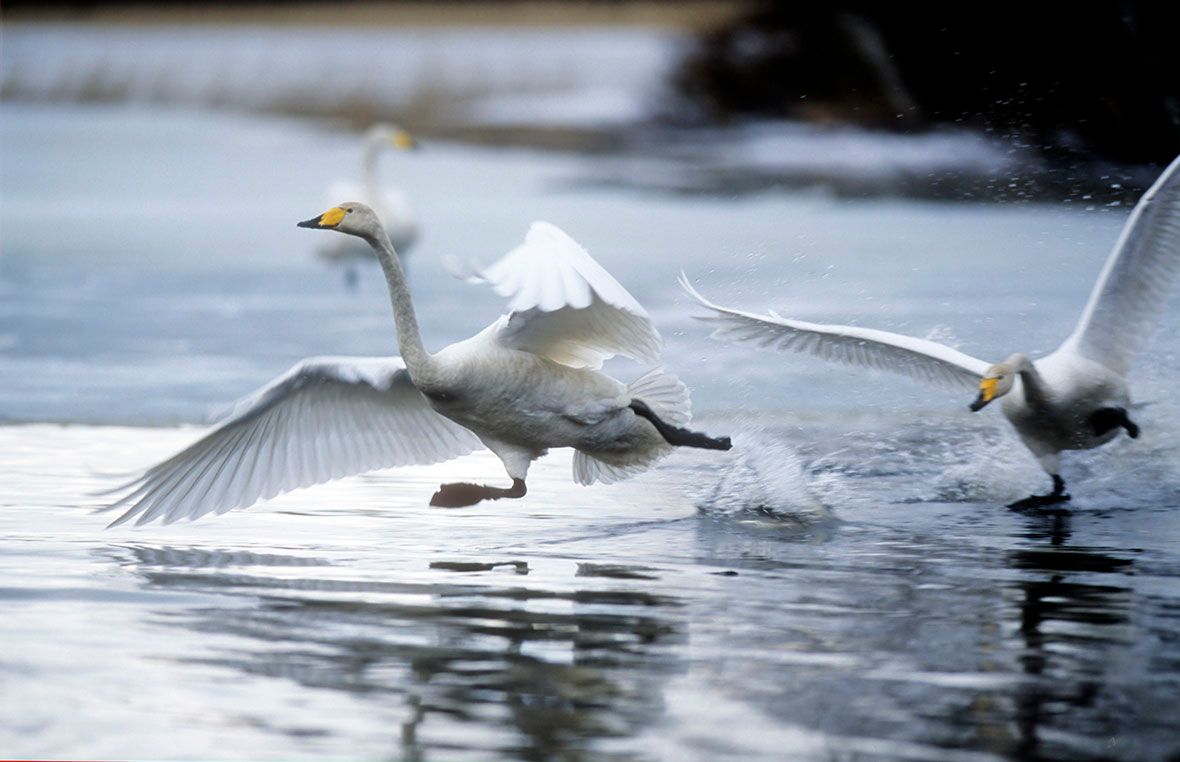
25th February 2023 - 10th March 2023
UNICEF on how the lives of girls around the world have improved in the last decade. More girls are completing high school, fewer are having children, more have access to family planning, fewer child marriages take place, female genital mutilation has decreased and the proportion of girls being infected by HIV has fallen. It's not enough - but it shows that progress is possible.
Around 90 million women of working age have gained full legal equality in the last decade. It's not even close to enough. Billions of women remain disenfranchised, and dismantling centuries of patriarchy is going to take generations. It is a start though. In 2010, no woman in the world had the same legal rights as a man. World Bank
The first two decades of the 21st century have seen the largest decline in maternal deaths in human history. Between 2000 and 2020, the annual number of women dying while pregnant or within 42 days of giving birth fell from 447,000 to 287,000, and the lifetime risk of a 15-year-old girl dying from maternal causes almost halved. UN, WHO & World Bank

On International Women’s Day, Emmanuel Macron announced that the French government will introduce a bill to add reproductive rights to the country’s constitution, a move supported by a majority of French people. The legislation will allow France to “carve in stone women’s freedom to turn to abortion." Bloomberg
The campaign to make insulin less expensive just scored a major victory, with Eli Lilly, one of the three biggest manufacturers in the US, announcing it will cap the price at $35 per month. More than eight million Americans with diabetes rely on insulin; this move will be life-changing for those who are financially insecure or not properly insured. Vox
New legislation banning child marriage has come into force in England and Wales, a major step forward for women's rights. Girls younger than 18 can no longer get married or have a civil partnership even if their parents give consent. Previously, religious marriages were legally permitted to occur at any age. "We’ve campaigned for this change for a decade." Independent

Australian unions have won significant changes to improve the lives of working women in the last 12 months, including more parental leave, more rights to flexible work, wage increases in female-dominated sectors, stronger equal pay laws, and new protections from discrimination. "There is more to be done, and we are not giving up." ACTU
Did you know that women’s groups in India are one of the world's largest and most successful examples of community development? Over 80 million women participate in 7.5 million groups, and in the past decade they've become a key component of the country's economy, contributing to one of the biggest and quickest reductions of poverty in history. Project Syndicate
British Columbia has become the first jurisdiction in Canada to make prescription contraception free to all residents. This includes oral hormone pills, contraceptive injections, intrauterine devices, subdermal implants and the morning-after pill. "This is a win for health, and it's a win for gender equity in our province." CBC
Regular readers will know about Zipline, who run the world's largest drone delivery program. Since 2019, they've delivered nearly eight millions doses of vaccines in Ghana, and are now responsible for one tenth of all the country's vaccine deliveries, disproportionately reaching vulnerable and remote households. GNA

Pandemic benefits in Canada designed to cushion the blow of lockdowns lifted over 300,000 children out of poverty in a single year, the largest 12 month decline in child poverty ever recorded. Benefits also helped narrow income inequality, as lower-income households saw after-tax income grow at a faster rate than that of other groups. NUPGE
Freedom House, which publishes one of the world's most influential reports on global democracy, says 2022 looks like a possible turning point in the global struggle for freedom. The year’s events showed that autocrats are far from infallible, and their errors have provided openings for democratic forces, which have demonstrated 'solidarity and vigour.'
Samantha Power, the current head of USAID, agrees. She thinks that early 2022 was a high-water mark for authoritarianism, pointing out that populism around the world is in decline, democracy has proven stubbornly resilient and autocratic states are appearing increasingly fragile. Foreign Affairs
After two decades of failed negotiations and political deadlock, this is the moment when UN conference president Rena Lee confirmed that nearly 200 countries have reached a landmark deal to protect ocean life, charting a path to conserving international waters. It's the first international agreement on ocean protection since 1982, and a hugely important victory for life on Earth. In Rena's words:
"The ship has reached the shore."
International delegates at the Our Ocean Conference have committed nearly $20 billion to ocean conservation, including funding for expanding and improving marine protected areas and biodiversity corridors. Panama, this year's host, also announced it will add 93,389 km2 to its Banco Volcán MPA, bringing the country’s total marine protection to over 54%. Mongabay
Conservation efforts have restored 15 million hectares of Brazil’s Atlantic Forest since 2009, leading to the return of hundreds of birds and the reintroduction of the lowland tapir to Rio de Janeiro for the first time in 100 years. The forests, which have endured centuries of deforestation, are one of Brazil’s most important biomes. Mongabay
The demilitarised zone between North and South Korea has found new life as a wildlife sanctuary. 6,200 wildlife species now call it home, including 38% of the Korean peninsula's endangered species, such as golden eagles, musk deer, and mountain goats, in addition to hundreds of endemic plant species. BBC
A loss for lawmakers in Texas who wanted to build a border wall is a huge win for Monarch butterflies, following the FDA's designation of the prostrate milkweed plant as an endangered species. The listing of the plant, which provides crucial habitat for the butterflies, will help safeguard their migration when they head north from Mexico each spring. Courthouse News
A new national park in Australia will protect 437,394 hectares of globally significant wetlands, as well as salt lakes and playas. The site, called Thurloo Downs, is located on Karenggapa and Parundji country and is home to 50 threatened species. It's the largest acquisition of private land for a national park in NSW history. Environment NSW

26 Australian species have recovered enough that they no longer require a threatened listing. The populations of 14 mammal, eight bird, two frog, one reptile and one fish species have all improved, including the greater bilby, eastern barred bandicoot, sooty albatross, and Murray cod. Guardian
Sea otters represent one of the great unsung success stories of conservation, with populations of around 25,000 in southeast Alaska and over 125,000 in the Pacific Ocean. It’s been a long time in the making, starting with a protection treaty between Russia, the US, Britain and Japan in 1911, when there were fewer than 1,000 animals left in the wild. BBC
One of the most endangered cats in the world, the Iberian lynx, is bounding towards recovery thanks to parallel efforts by Spain and Portugal. In 2002, fewer than 200 remained in the wild. Today, around 1,400 roam the Iberian Peninsula. The success of the program has also given conservationists better odds at recovering the black vulture and the Iberian imperial eagle. Biographic
Throughout the rich world, young people are driving less, or choosing not to own a car at all. In the US, the proportion of people with licences is falling for every age group under 40. It's essentially just baby boomers who are now responsible for increasing traffic. A similar trend is well-established in Europe, where average distances driven have fallen by a tenth since the turn of the millennium. Economist
The US EPA has reinstated an Obama-era rule on mercury and other toxic chemicals that are emitted from coal-fired power plants. The standards, first adopted in 2016, reduced mercury, acid gas and non-mercury metal emissions by over 80%, but were reinstated by the Trump administration at the request of the coal industry in 2020.
Not strictly good news but we had to include it! Check out the People's Choice Award for this year's Wildlife Photographer of the Year: a jaw-dropping photograph of a snow leopard traversing the icy cliffs of the Himalayas. German photographer Sascha Fonseca set up a bait-free camera trap in this location three years ago to secure the winning shot. NHM
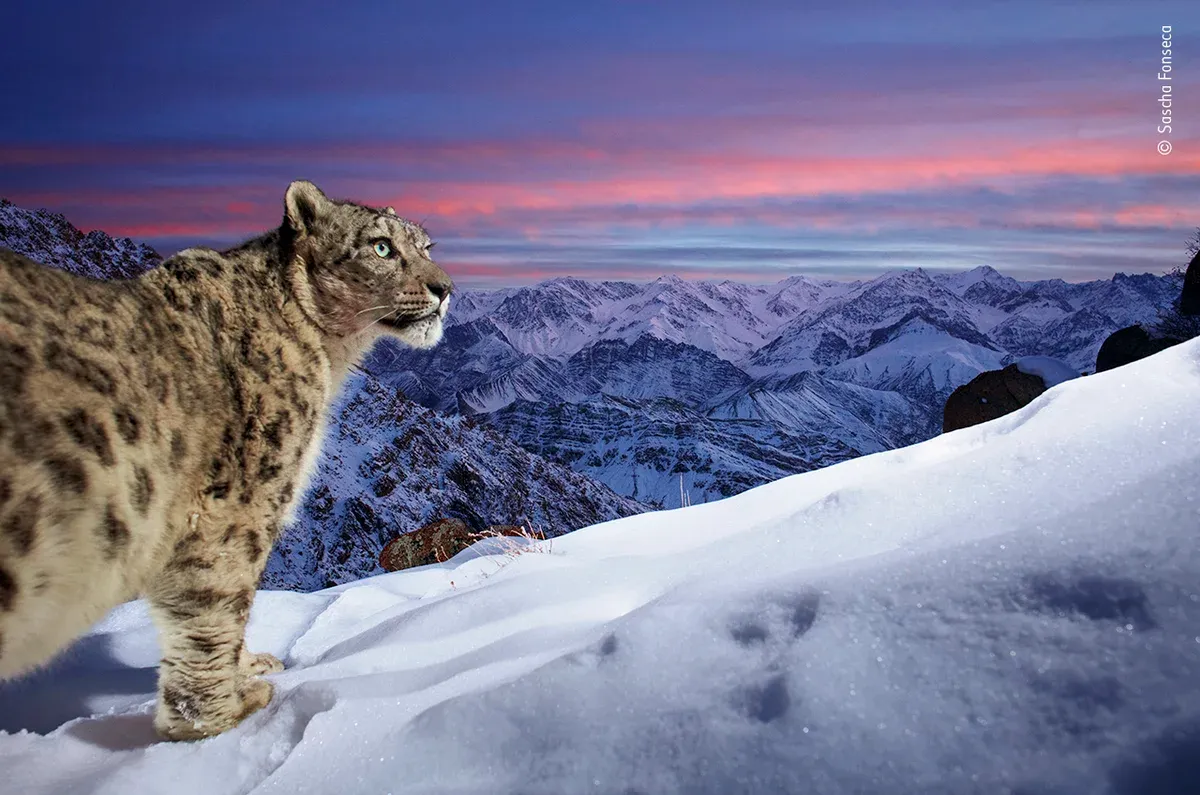
18th February 2023 - 24th February 2023
Have you heard about India's Ayushman Bharat scheme? It's the world’s largest free healthcare program, covering 1,300 illnesses including cancer and heart disease. Since 2018 it has provided free treatment to over 500 million people via 154,000 health and wellness centres, and the government just increased its funding by 12% in the latest budget.
Indonesia has made remarkable progress in reducing stunting (when a child does not have sufficient nutrition to grow and develop). Between 2018 and 2022, the national stunting rate saw an unprecedented decline, from 30.8% to 21.6%, benefiting 3.9 million mothers and 10.6 million children. Peru, Senegal, Thailand and Brazil have also all dramatically reduced stunting to below 20%. World Bank
Uganda's recently released poverty report shows that between 2017 and 2020, at least 1.52 million Ugandans joined the middle class, meaning "they secured better livelihoods compared to the previous period." The report also shows that poverty is on a long-running decrease, having fallen from 56% in 1993 to 20.3% in 2021. UNDP

One of the big worries during the pandemic was that a fall in cancer screenings in the United States would lead to a rise in diagnoses. Good news. It didn't happen. Around two million Americans are expected to be diagnosed with cancer this year, and about 600,000 will die of the disease, an overall reduction of 33% since 1991. WaPo
More than 33 million children in Malawi, Mozambique, Zambia, Tanzania and Zimbabwe have been vaccinated against polio since March 2022, thanks to an emergency response organised by the WHO. Vaccinations will continue “so that every child receives the protection they need." AP
The World Bank is launching a project in Vietnam to distribute 300,000 water purifiers to 8,000 schools and institutions across the country. It's expected to make clean water available to around two million children and to reduce carbon emissions by almost 3 million tons over the next five years (no more burning wood to boil water).
Last week, more than $6.2 billion was raised by Turkish citizens for earthquake relief efforts, thanks to a joint broadcast called Türkiye, One Heart that ran on more than 200 TV channels and over 500 radio stations. Support came from people in all walks of life, from the CEOs of huge corporations to children who donated the money in their piggy banks. Daily Sabah

Gabon, Jamaica and Sri Lanka have joined forces to fight back against damaging beauty practices, launching a project to eliminate the centuries-old practice of using mercury to lighten the skin. “We are all beautiful, not in spite of our skin but because of it. We need a new ideal to follow, one which is equated with humanity and not the fairness of one’s skin.” WHO
A new report says that primary school completion in the Democratic Republic of the Congo has increased from 47% in 2010 to 58% in 2020. Since 2016, the country has enacted ambitious reforms, including the introduction of free basic education, and the share of the budget allocated to education has increased considerably, from 11.5% in 2017 to 22.1% in 2021. UNESCO
A big leap forward for LGBTQI rights in South Korea: in a landmark ruling, the Seoul High Court has ruled that a government health insurer owes coverage to the spouse of a customer after the firm withdrew it when it found out the pair were gay. The court also found that denying benefits to same-sex couples amounted to discrimination. "This ruling offers hope that prejudice can be overcome." BBC
Utah's State Legislature has unanimously approved a bill that enshrines into law a ban on conversion therapy. “This is an extraordinary moment in Utah’s LGBTQ history. It is the first conversion therapy ban in the country to pass through both chambers unanimously.” Deseret
Ecuador has a new reserve - the Tarímiat Pujutaí Nuṉka Reserve, 1,237,395 hectares of cloud forests, sandstone plateaus and floodplains that are home to over a thousand species of birds as well as jaguars, tapirs, and spectacled bears. It will be one of the largest reserves in the region thanks to local communities who campaigned for protections. Mongabay
A former railway line Singapore is being converted into a green corridor spanning 24 kilometres, from the Sungei Buloh Wetland Reserve in the north, to the city's central business district. The corridor will help preserve mangroves, forests and grassland, provide a safe haven for animals to traverse between green spaces, and will be ten times longer than the High Line in New York. Bloomberg

Brazil's new president has vowed to protect all of Brazil’s biomes, including the Cerrado savannah, Atlantic Forest, Pampas grasslands and the Pantanal wetlands, by implementing the same strategies that reduced deforestation in the Amazon from 27,772 km2 in 2004 to 4,571 km2 in 2012. His efforts will be helped by America’s recent pledge to the Amazon Fund, of around $50 million. Mongabay
In the past six years Ghana has reforested over 628,000 hectares of land, putting the country seven years ahead of its target to restore 2 million hectares of degraded land by 2030. The success is attributed to an agroforestry programme that helps farmers plant trees on their land. Afrik21
British Columbia is changing its forest management approach to include greater participation of Indigenous communities in land-use decisions and accelerate the protection of old-growth forests. The new measures will herald the end of prioritising timber extraction over biodiversity and carbon storage. Narwhal
After decades of short-term and transactional thinking, we’re making significant changes in our approach to forestry in this province. The first step is putting Indigenous Peoples at the centre of land management decisions in their territories. The days of making decisions without Indigenous Peoples are over.
David Eby, Premier of British Columbia
A water program in Bolivia dreamed up by five people a decade ago has protected over 500,000 hectares of forest. The program helps farmers in upper watersheds provide urban residents with drinking water in exchange for protection of their water-producing forests. 24,000 farmers have joined the program, which will soon be replicated in Colombia, Peru, Ecuador, and Mexico. Mongabay

UN members are meeting in New York this week to forge a treaty to conserve marine life in international waters. It's the third round of negotiations. If adopted, the legally binding treaty would outline measures to protect global ocean health, foster climate resilience as well as safeguard food security for people around the world. Oceanographic
Artisanal fishers in Chile’s Valparaíso region have started creating grassroots marine reserves to save their unprotected coastline. Although more than 40% of Chile’s maritime territory is protected, there is a lack of MPAs along the coast. The fishers have agreed not to harvest any resources in their reserves, and enthusiasm for their initiative has led to a rise in tourism. Mongabay
It’s a solution that comes from the communities, not from a desk in Santiago or an office in Valparaíso. Here, the community made the decision for ourselves, for our children and our grandchildren.
Rodrigo Sánchez, Executive Director of Fundación Capital Azul
California has become the first US state to ban the sale of new animal fur products both online and in-store. The law, which was introduced in 2019, was implemented on 1st January 2023. With fur farms now illegal in Norway, Croatia, Italy, the United Kingdom, and Czechia, activists believe the end of this cruel industry is in sight. Plant Based News
A big milestone for animal conservation in the EU, Iceland, Norway, and Liechtenstein, with a new ban on bird hunting with lead shot in wetlands. An estimated one million waterbirds die of lead poisoning in the EU every year. Hunters will now only be able to use non-toxic ammunition within 100 metres of wetlands. Guardian
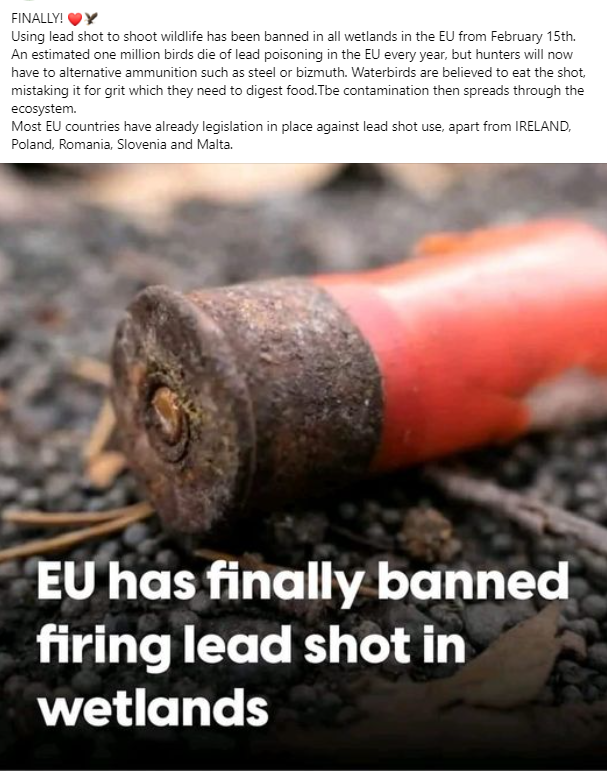
11th February 2023 - 17th February 2023
COVID-19 led to the largest ever increase in global health funding - from $43 billion in 2019 to $67 billion in 2021. A significant chunk is being spent on other health-related areas, like child and matertnal health, HIV/AIDS, strengthening national health systems, purchasing supplies (like mosquito bed nets), and treating disease. Think Global Health
Gastric cancer deaths are declining among all Hispanic/Latino populations in the United States, and 16 countries in Latin America and the Caribbean. Most countries have seen mortality reductions of between 2 to 3% per year in the last two decades, and the decline has been particularly pronounced in Costa Rica and Puerto Rico, and amongst men older than 50. Lancet
Health officials in India are reporting a 98.7% decline in cases of visceral leishmaniasis between 2007 and 2022 - from 44,533 to just 834 last year. The disease, also known as Kala-Azar or Black Fever, is the second deadliest parasitic killer in the world after malaria. India says it might eliminate it this year. Times Now
Spain has passed legislation expanding reproductive and transgender rights, and will be the first country in Europe to allow workers paid menstrual leave. Period products will now be offered free in schools and prisons, state-run health centres will do the same with hormonal contraceptives and the morning after pill, and workers suffering debilitating period pain will be allowed to take paid time off. The changes also enshrine the right to have an abortion in a state hospital - 80% of procedures are currently carried out in private clinics. NPR
There's a ton of good news in Tanzania's recently released National Panel Survey. Between 2014 and 2021:
Access to improved sanitation increased from 25% to 40%
Access to clean drinking water improved from 57% to 64%
Access to electricity increased from 24% to 34%
Food insecurity in rural areas decreased from 20% to 15%
Stunting, wasting, and underweight rates for children all decreased
Births attended by skilled birth workers increased from 70% to 85%
Literacy in rural areas increased from 61% to 70%
Primary school enrolment increased from 74% to 82% for boys and girls

Remember when Russia started blowing up Ukraine's electricity system? Well thanks to better air defences and some heroic engineering, it's back up and running. As of this week, there is no deficit in the country's energy system, meaning there is enough electricity for all Ukrainians, 24 hours a day. Euromaiden
A celebration of Valentines Day from our friends at The Progress Network. With each passing year, humanity's crimes against love - bigotry, abuse, class prejudice, racial stigma, rape and forced marriage, have become more culturally abhorrent and legally impermissible. Today, the average child is being born into the most inclusive and tolerant time in human history.
As a general rule, we don't really do traditional 'feel-good' stuff in this newsletter, but this one's too lovely not too share. If you're feeling overwhelmed by all the awfulness, here's a heart-warming story from the Seattle Times, about a woman who was forced to walk to work after her car died, and found $15,000 on the way.
The proportion of people in favour of the death penalty or who think courts are too hard has declined substantially in the United States. A majority of people now support 'second-look' sentencing - where judges are allowed to release prisoners after they've served 15 years. Mirage
The US prison population had declined by 25% since reaching its peak in 2009. Half of the country's states have reduced their prison populations by more than that, including New Jersey, and New York who have reduced prison populations over 50% since their peak. The Sentencing Project
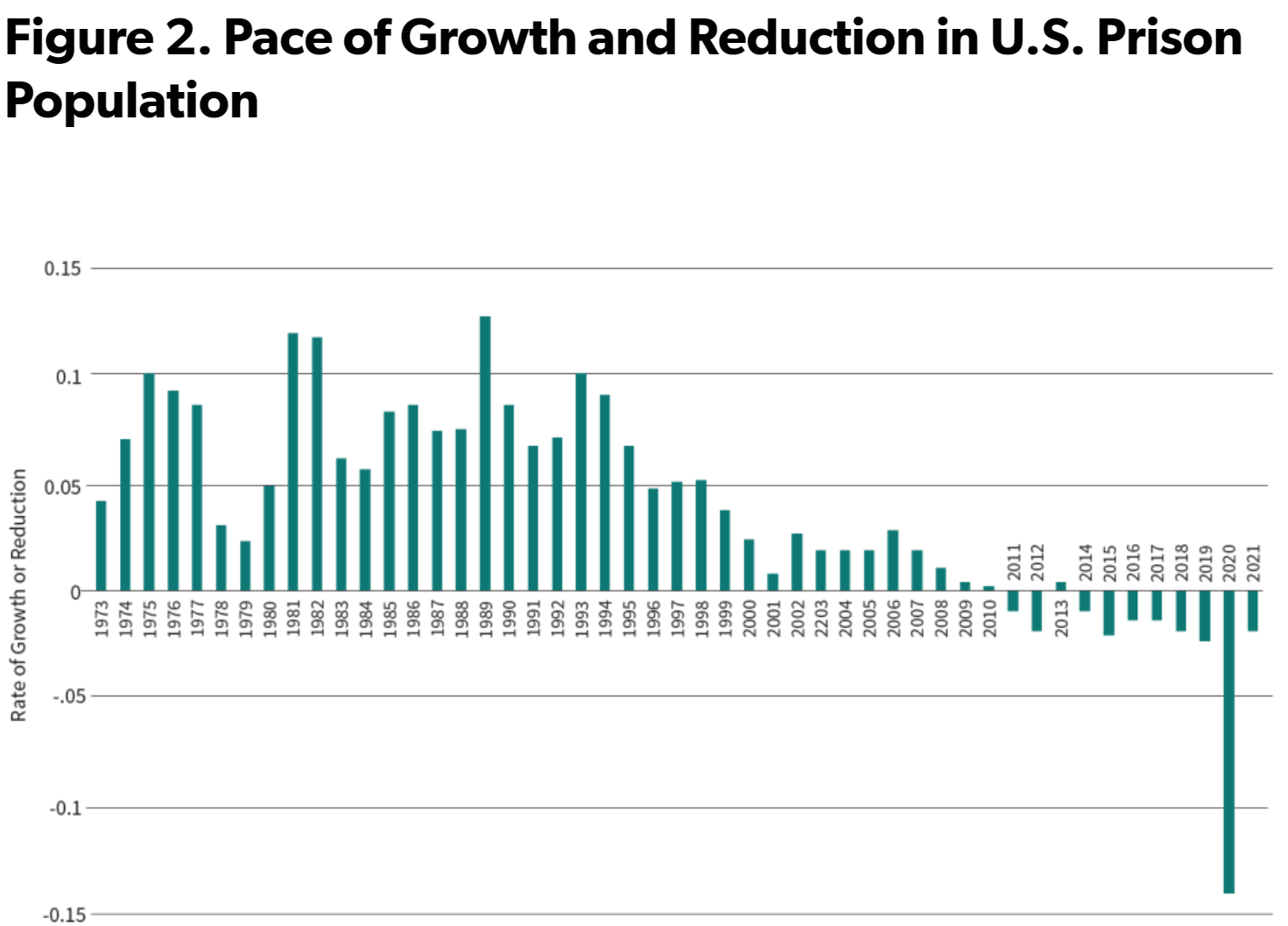
Deforestation in Brazil's Amazon rainforest fell by 61% in January compared to a year earlier. It's the first month under the new government - suggesting something has shifted. In mid-January, Brazilian environmental agents launched their first anti-logging raids with the blessing of Lula, who has pledged to end surging destruction. Reuters
The Djéké triangle in the DRC, home to the critically endangered western lowland gorillas, has become part of the Nouabalé-Ndoki National Park. The protections will secure one of the oldest long-term research sites for the gorillas and the customary rights of 13 local communities to access the resources they depend on. Afrik21
The wood stork may soon fly off the endangered species list thanks to an epic recovery effort in Florida that has increased breeding pairs from 5,000 pairs in 1984 to over 10,000 pairs today. The stork has also increased its range, tripling the number of colonies across Mississippi, Alabama, Georgia and the Carolinas. NPR
Improved protection measures in Kyrgyzstan's Besh-Aral State Nature Reserve have helped increase the population of the Menzbier’s marmot by 30% in the last two years to over 16,000. Conservationists are also reporting more sightings of bears, wolves, lynx, golden eagles and bearded vultures, suggesting the measures are having a positive impact for other species. FFI
Populations of endangered rhinos, buffalo and elephants are rebounding in Uganda. Since 1983, the buffalo population has increased by 77% and elephants by nearly 300%. Eastern black rhinos have rebounded too - after being wiped out in the 1980s, they were reintroduced in 2005 and their numbers have grown to 32. Yale360

The US Department of Agriculture is rolling out almost a billion dollars in funding to help farmers and forest owners implement conservation programs. The 'once-in-a-generation' spend will support planting filter strips and grassed waterways, improving grazing management, restoring wetlands, and practices that protect groundwater and surface availability. TRCP
Call it the Tiger King effect. The Netflix documentary has helped end the same industry it made famous, with the Biden administration outlawing the private ownership of big cats and the public petting of the animals at zoos and sanctuaries. The new law signals the end of 'a warped industry with no socially redeeming purpose, perpetrating great harm.' NYT
A group of 10,000 women in Assam, India known as the 'Hargila Army' have saved one of the world’s rarest storks: the greater adjutant. Traditionally seen as a bad omen, the stork was persecuted to the brink of extinction until a conservationist rallied local women to help transform attitudes to the bird, which has since become a cultural symbol. Guardian
Conservation is all about uniting people and building ownership. I’ve always believed that, if given a chance, women can make a big difference in conservation.
Dr Purnima Devi Barman - Founder, Hargila Army
After 25 years of effort, the Mexican Wolf Recovery Program is gaining momentum with the population doubling from 98 in 2015 to 196 last year. The increase gives wildlife officials hope that they will reach their goal of 320 Mexican wolves sustained for eight years across southern Arizona and New Mexico. Cronkite News
Chilika Lake, the second biggest lake in India, was declared dead in the 1990s, but two decades of conservation work has resulted in a six-fold increase in seagrass and the return of marine life. The project has also changed the livelihoods of two million people: every rupee the government spent on restoration resulted in at least seven rupees of benefits to fisheries, tourism and carbon capture. Mongabay
#ChilikaLake has been integral to #Odisha’s culture & literature. It is a nature lovers’ paradise and host to fascinating carnival of avian guests. This winter let’s spend time with the symphony of nature where life is nurtured & nature celebrates its glory. #IndiasBestKeptSecret pic.twitter.com/FnvTFm9Bvh
— Naveen Patnaik (@Naveen_Odisha) October 23, 2022
4th February 2023 - 10th February 2023
In the year 2000, a grim cover story in Newsweek forecast that 30 million children in Africa would be orphaned by 2010 because of AIDS. It never happened - thanks in large part to the United States' PEPFAR program, which has provided over $100 billion in funding and saved 25 million lives in the last two decades. WaPo
Progress continues: 12 countries in Africa have reached 95% antiretroviral therapy coverage in pregnant women, 16 countries worldwide have eliminated mother to child transmission of HIV, and Botswana recently became the first high prevalence African country to be validated as being on the path to elimination. Common Dreams
India's Jal Jeevan Mission continues to be one of the great, unsung stories of human development. Almost 79 million households have been provided with access to a tap water connection since the program's launch in August 2019 - bringing the total to 111 million, or 56% of rural households in the nation. Financial Express
India's army of a million all-women community health workers, known as ASHAs, continue to be some of the world's great, unsung heroes of public health. In 2006, India's maternal mortality rate was 254 deaths per 100,000 live births. By 2020, ASHAs had helped slash that by over 60%, to 97 per 100,000 live births. MIT Tech Review

One of last year's biggest human rights stories was the Philippines' landmark ban on child marriage. New data is now showing that government efforts to prevent teen pregnancies are working too - pregnancy amongst women aged 15 to 19 declined from 8.6% in 2017 to 5.4% in 2022. Asia News
Finland has passed legislation making it substantially easier for trans people to change their legal gender. The new law, passed by a large majority in parliament, means transgender people 18 and older can legally change their gender by a process of self-declaration, and no longer have to go through an onerous medical and psychiatric approval process first. Spain passed a similar law in December.
Madagascar has approved a new program to expand safety net services to at least 3 million people, or 13% of the country's extremely poor households, and Brazil has restarted its federal housing program “Minha Casa, Minha Vida” for lower income people. The Print
The number of mothers in the United States who smoke cigarettes during their pregnancy has declined by 36% in the last five years, from 7.2% in 2016 to 4.6% in 2021, an annual average drop of 8%. This is really good news - tobacco exposure is is one of the biggest causes of adverse pregnancy outcomes. US News

In a major labour rights victory, the US Department of Homeland Security has issued new guidance allowing migrant and immigrant workers who experience or witness labour or civil rights violations to receive protection against deportation, and temporary employment authorization. It's the result of years of worker-driven organizing and advocacy. HRW
The words no woman may be deprived of the right to termination of pregnancy have taken a step closer to being added to France’s constitution after being approved by the country's Senate. “At a time when so many women are still deprived of this right, when countries are taking it away from them or challenging it, France will continue to tirelessly defend it.” The Local
Australia has become the first country to recognise psychedelics as medicines. The Therapeutic Goods Administration has approved the use of MDMA and psilocybin, the active ingredient in magic mushrooms, for certain mental health conditions. They will be considered schedule 8 drugs - approved for controlled use when prescribed by a psychiatrist - from July 2023. ABC
It's the 50th anniversary of the Endangered Species Act, a piece of legislation that has protected more than 1,600 wildlife species in the United States since 1973. Thanks to the ESA, at least 227 species have been saved from extinction and 110 species have seen a tremendous recovery including American alligators, bald eagles, peregrine falcons, and humpback whales. E Magazine'
A bold initiative to regrow 73 million trees in the Brazilian Amazon has delivered almost 20% of its target despite the pandemic and an increase in fires. Launched in 2017 as a collaboration between a music festival and conservation groups, the project uses a seed-planting method called muvuca to spread a varied mixture of native seeds to assure a higher diversity of trees. Conservation
Over the last decade, the amount of deforestation caused by palm oil has declined every year in Indonesia, the world’s largest producer. In 2021, it hit a 22-year low, and Malaysia has seen a similarly positive trend. “I don’t want to sit here and say that the palm oil industry has suddenly become shiny green and sustainable, but it’s mostly stopped deforestation." Vox
Canada is making good progress towards its goal of conserving 25% of its oceans by 2025, with several marine protected areas in the works:
- The Tang.ɢwan-ḥačxʷiqak-Tsig̱is Reserve off the coast of Vancouver Island will span 133,000 km2 of underwater mountain ranges and deep-sea hydrothermal vents that support unique marine species.
- A new network of protected marine zones named the Great Bear Sea will safeguard a 10 million-hectare corridor of ocean from the top of Vancouver Island to the Canada-Alaska border.
- The Gwaxdlala/Nalaxdlala Marine Refuge will protect 2,000 hectares of rich marine biodiversity including 240 marine species and a unique ecosystem of fragile and slow-growing corals and sponges.
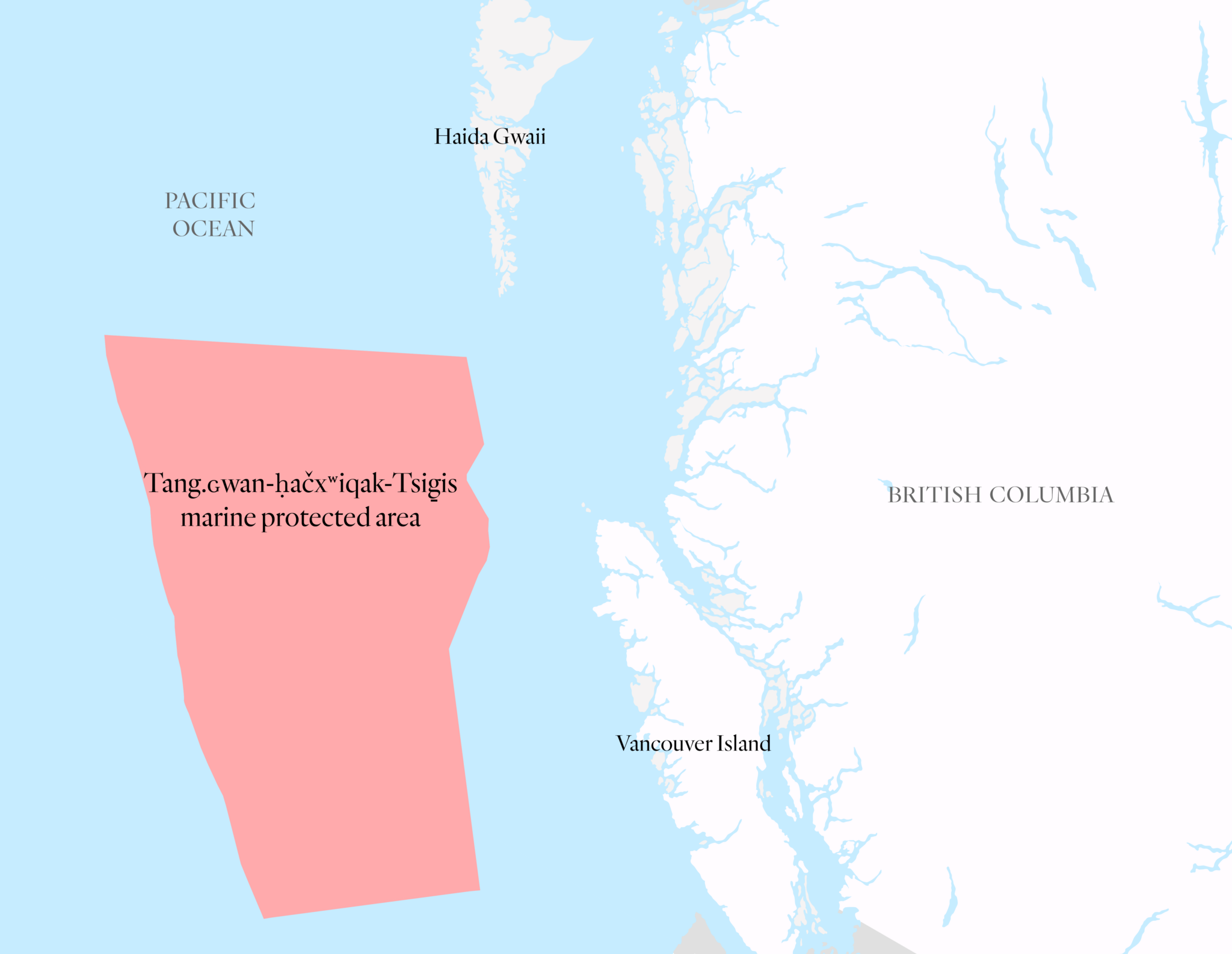
An agreement between coastal nations to restrict use of fish aggregating devices in the Indian Ocean is a huge win for yellowfin tuna. These devices have a high environmental cost and 97% of yellowfin tuna trapped by drifting devices are juveniles. The restrictions are also good news for endangered turtles, sharks and other marine mammals. Guardian
Peru has become the first South American country to recognise wildlife trafficking as part of organised crime. The new regulation will allow judges to lift bank and tax secrecy and hand out penalties of up to 20 years in prison for criminal leaders. More than 5,000 species of trafficked wildlife are seized in Peru every year. Dialogo Americas
A company in India has recycled over 300 million cigarette butts from the streets of New Delhi and reprocessed them into a range of products, including mosquito repellent, compost and stuffing for toys and pillows, by bleaching the fibre with organic chemicals to neutralise the toxins. Euro News
The UK has unveiled an ambitious environmental blueprint to clean up air and water, boost nature and reduce waste over the next five years. Under the plan everyone will live within 15 minutes' walk of a green space or water, and at least 500,000 hectares of wildlife habitat will be restored to protect the country's rarest species, from hedgehogs to red squirrels. BBC
Conventional hydro turbines kill 22% of fish that pass through, but a new design from a company in California has blunted, curved edges that allow safer passage. In one test, 131 American eels passed through a turbine spinning at 667 rotations per minute and all survived. RTBC

28th January 2023 - 3rd February 2023
A new law protecting women against discrimination and sexual harassment has come into effect in China. It's the country's most significant reform to women's rights in 30 years, and the only place we were able to find the story was in a law journal and an HR magazine. In case the significance isn't apparent, there are 326 million female employees in China.
Happy World Neglected Tropical Disease Day! It was on the 30th January, and there's a lot to celebrate. 80 million fewer people required treatment in 2021 compared to 2010, a fall of 25% in a decade. Eight countries eliminated a tropical disease last year, 47 countries have now eliminated at least one, and many more are on track to achieving this target. WHO
Millions of people have been liberated from the burden of neglected tropical diseases. As this progress report shows, we still have a lot of work to do. The good news is, we have the tools and the know-how not just to save lives and prevent suffering, but to free entire communities and countries of these diseases.
Dr Tedros Adhanom Ghebreyesus, Director-General, WHO


Schistosomiasis, also known as bilharzia, is a tropical disease caused by parasitic worms, and has plagued people in China for more than 2,100 years. In the 1950s, 11.6 million cases were detected, and approximately 100 million people were at risk. Today, the disease is close to being eradicated. The number of cases in 2021 was 29,041, a reduction of 92.97% from 2008. WHO
Researchers in the UK have figured out a way to reduce the risk of colon cancer recurrence by 28%, just by changing the timing of patients’ chemotherapy. The beauty of this approach is that it doesn’t require any additional treatment or new medication. "Doctors around the world will now be able to put these findings into clinical practice, saving many thousands of lives." Freethink
The US government just launched a new initiative to allow Americans to directly sponsor refugees. The 'Welcome Corps' is modelled on Canada's successful program, and within 24 hours of its launch, more than 4,000 people had signed up to get more information. "This is a moment for America to be as generous as we know that we can be as a country." NPR
Sierra Leone has passed landmark legislation advancing women’s rights. Activists have been fighting for this for more than a decade. The law requires all employers to reserve at least 30% of jobs for women, extends maternity leave to 14 weeks, mandates equal pay, grants equal access to financial support and training and puts an end to six decades of customary laws that prevented women from owning land.
Today, @PresidentBio will sign into law the groundbreaking Gender Equality and Women’s Empowerment Act 2022 after Parliament's enactment in Nov 2022 🇸🇱 This Act will break the economic and political exclusion shackles for urban and rural women across the country pic.twitter.com/iQUdx34KyJ
— ministermanty (@MinisterManty) January 19, 2023
Did you know 2022 was a great year for LGBTQ rights around the world? Numerous countries removed bans on homosexuality, outlawed conversion therapy and legalized gay marriage. 33 governments have now legalized same-sex unions, triple the number compared to a decade ago. “It feels like something of a tipping point." Bloomberg
Did you know 2022 was a great year for children's rights? Zambia, Mauritius, Comoros and Cuba banned corporal punishment, Cuba, Mauritius, England, Wales and Zambia ended child marriage, Nigeria and Burkina Faso ended military detention of children and Colombia, Republic of Congo and Tunisia agreed to protect education in armed conflict and refrain from using schools for military purposes. HRW
Enrolments under the Affordable Care Act in the United States have reached an all-time high, driving the nation’s uninsured rate down to record lows. The proportion of uninsured people under the of age 65 is now down to 8%. In 2009, the year before the ACA was enacted, 17.5% of people under 65 lacked insurance. Still no death panels in sight. WSJ
China's population decline has been met with almost universal dismay in the Western media, framed as the harbinger of a demographic and economic time bomb that will strain the world’s capacity to support ageing populations. Here's the other side of the story, by a Chinese professor of sociology specialising in demographics. NYT
Millions of working people around the world live in extreme poverty, but the good news is that this number has decreased substantially over the last few decades, from 808 million in 1991 to 224 million in 2021. This epic graphic shows what that change looks like over time, broken down into different regions of the world. Visual Capitalist
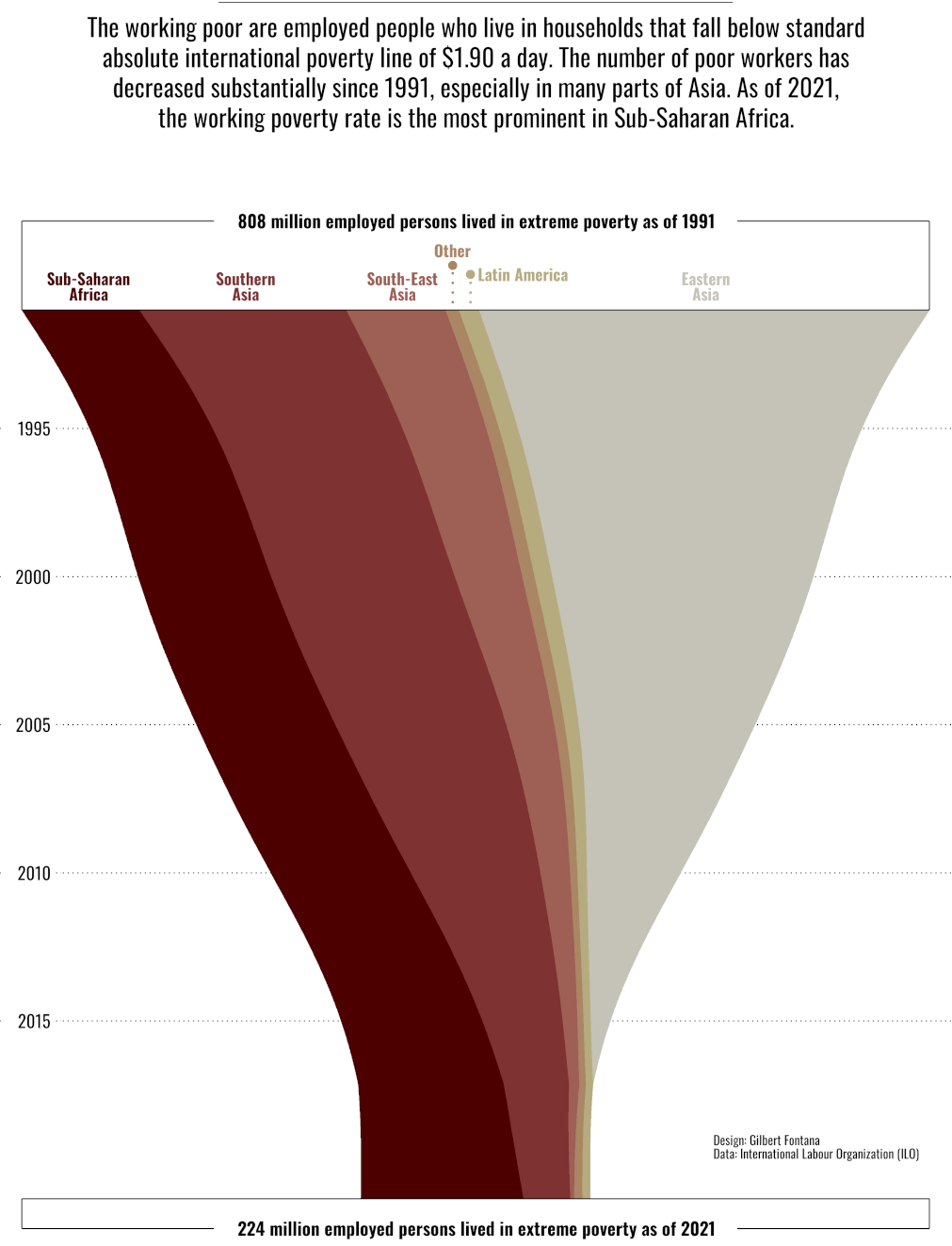
Over 225,000 acres of Minnesota’s pristine Boundary Waters Wilderness will be protected thanks to a 20-year mining ban approved by the Biden Administration. It’s good news for one of America’s most visited wilderness areas and a ‘fatal blow’ for a proposed mining project. Grist
Protections for Alaska’s Tongass National Forest have been reinstated, a long-awaited victory for the tribal communities who live in it. Spanning nearly 17 million acres - an area slightly larger than the state of West Virginia – Tongass is home to 800-year-old cedar, hemlock and Sitka spruce trees and over 400 species of land and marine wildlife. BBC
I describe walking into the forest as walking into one of the most beautiful cathedrals you'll ever find in the world. I don't want my grandchildren, their grandchildren, to have to fight for that too.
Joel Jackson, President of the Organized Village of Kake
The EPA has finalised a new rule to formally restore federal Clean Water Act protections for streams and wetlands that sustain fish and wildlife and hunting and fishing opportunities. The new rule has been championed by hunters and anglers and will replace the previous administration's Navigable Waters Protection Rule, which significantly narrowed protections. TRCP
Efforts to save the Western Monarch butterfly are paying off, with 335,479 butterflies migrating to the Californian coastline last year, a welcome increase from less than 2,000 butterflies in 2020. Local efforts continue to double down on protecting the overwintering sites, restoring habitats, and stopping the use of pesticides. Xerces
Following on from our story last week about Miyawaki forests in Paris, pocket forests are also popping up in the Amazon. 14,734 hectares have been reforested using the Miyawaki method, which can restore nature to its original state in around six years. The secret to its speed lies in that it understands the forest as a society … a living ecosystem that continuously renovates itself. Mongabay
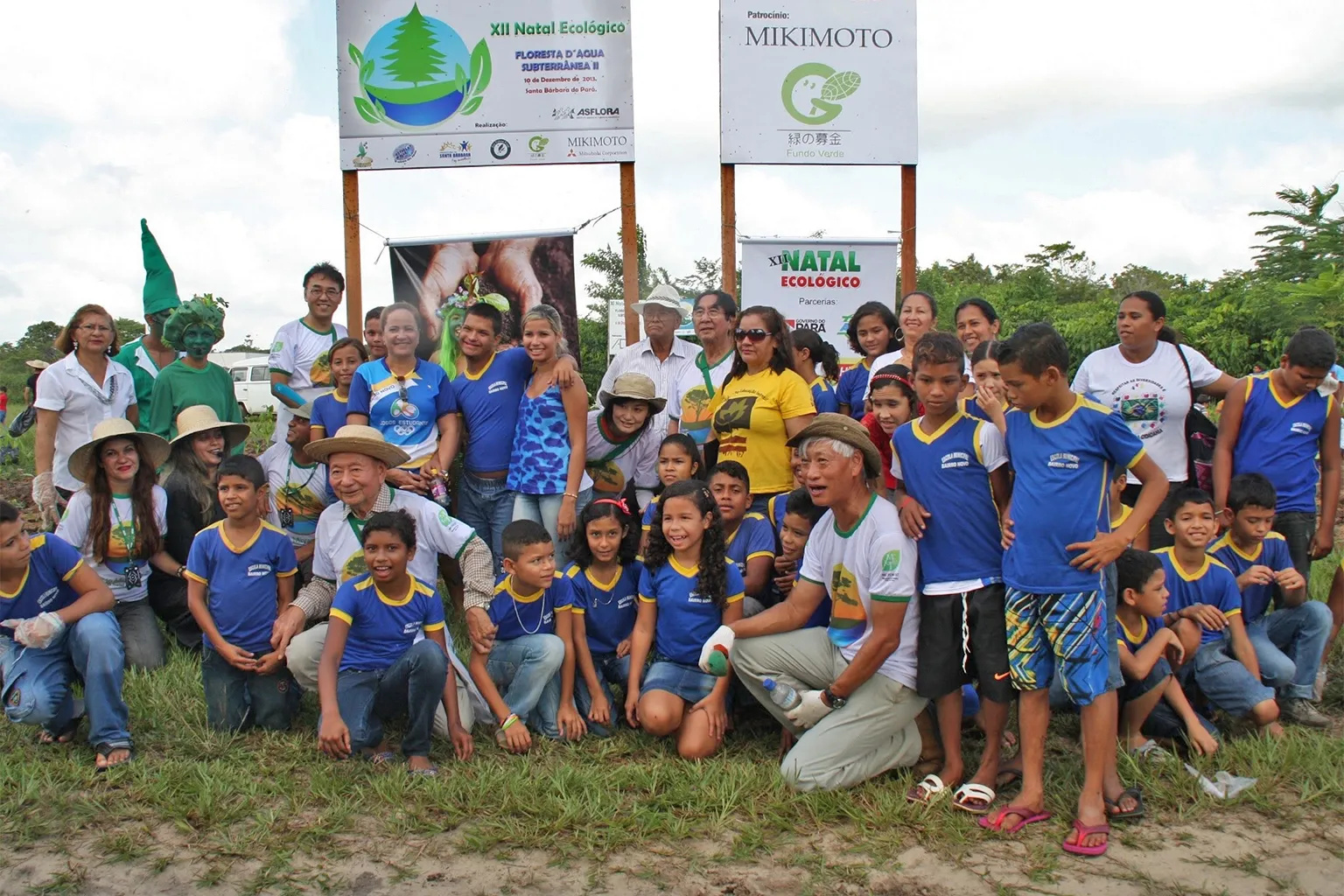
Germany will give Brazil $222 million towards preserving the Amazon. Distributing funds to indigenous groups would be a wise investment; regions of the Brazilian Amazon under indigenous control account for just 5% of forest loss over the last two decades, compared with unprotected areas that have lost up to 14 times more. ABC
A new protected area in British Columbia will permanently safeguard the ‘rarest of the rare’ species including lichens, grizzly bears, wolverines and old-growth cedars and hemlock trees. The 58,000 hectare conservancy in the Incomappleux Valley is one of Canada’s last remaining inland temperate rainforests. Narwhal
Rewilding charity Heal has bought 460 acres of land in Somerset to kickstart an effort to create nature reserves spanning 48 English counties by 2050. The Somerset site will become a blueprint for the project and will include food growing areas, community meeting spaces and rare-breed cattle, pigs, and ponies to graze land in a natural way. BBC
Ireland’s Greater Skellig Coast has become the country’s first ever 'Hope Spot' — an area scientifically identified as critically important to marine conservation. The designation will protect roughly 7,000 km2 of Irish coastal waters and is part of a global initiative by Mission Blue, who have designated 148 Hope Spots around the world. Green News
For over 200 years, Phillip Island was overrun by feral pigs, goats and rabbits introduced during European settlement. The result was devastating, completely destroying the island's vegetation. In 1979 an eradication program begun and by 1988 non-native species were successfully eliminated from the island. The change is astonishing. Nature will recover - if we let it. SMH
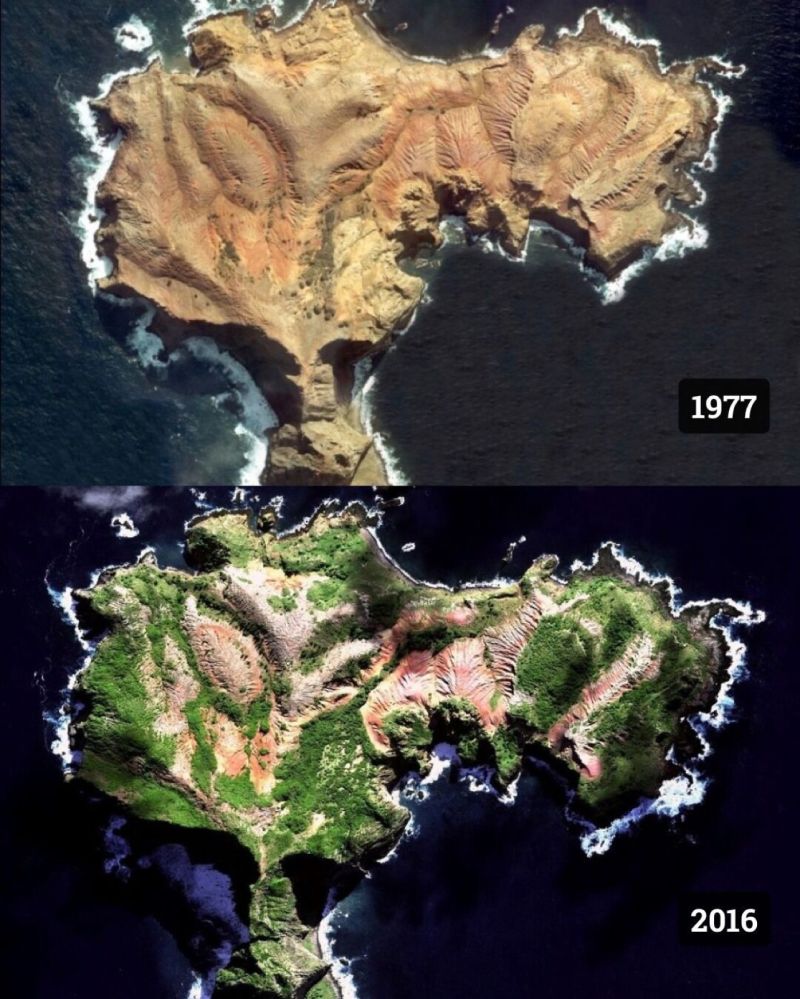
21st January 2023 - 27th January 2023
Almost all children in Western and Central Africa now attend primary school, with enrolment rising from 50% in the 1990s to nearly 90% today. Enrolment in high school is increasing too, more than doubling in the last decade to 55%. “With close to universal access in the primary cycle, the progress made is dazzling.” World Bank
Niger, one of the poorest countries in the world, has managed to more than halve the number of women who bleed to death after giving birth in health facilities in the last seven years. Blood loss is the leading cause of maternal deaths in low-income nations - but it now accounts for only one in 10 maternal deaths in Niger, compared to three times that in 2015. BBC
UNICEF just released its latest figures on the decline in global child mortality. In the space of a single generation, the number of children dying under the age of five has fallen by 59%. Four low-income countries, Eritrea, Ethiopia, Malawi and Uganda, and 15 lower-middle-income countries, including Bangladesh, Mongolia and Uzbekistan, have reduced child mortality by more than 75% since 1990.
Deaths have continued to fall in the last few years too. In 2021, over a million more children made it past their fifth birthday than in 2015. Of course, far too many still die unnecessarily of entirely preventable causes, and there is still so much work to be done. That should not however, diminish what might just be one of our species' greatest ever achievements, and one we wish more people knew about.

Amidst the barrage of headlines about political dysfunction in the United States you might have missed the news that there was a recent bipartisan agreement to spend billions more fighting HIV and malaria abroad. Global health support by the US will increase from $9.83 billion in 2022 to $10.56 billion in 2023. Vox
Pfizer says it will offer its full suite of patented drugs, including cancer treatments, on a not-for-profit basis to 1.2 billion people living in 45 low-income countries. This has the potential to treat nearly 1 million new cancer cases in these countries each year and also covers antibiotics to combat infections that claim the lives of roughly 1.5 million people each year. Fierce Pharma
The US unemployment rate has reached its lowest point in 50 years, a milestone which has been largely ignored by the media. Black workers, young workers and people on the bottom of the income scale saw the largest pay increases in the last 12 months, and median earnings for all workers were 7.4% higher at the end of 2022 compared to a year earlier, outpacing inflation. WSJ
While troubling racial and ethnic disparities persist within the US criminal justice system, recently released data shows that the gap is narrowing. Over the first two decades of the 21st century, the disparity between Black and White state imprisonment rates fell by 40%; in 2020, Black adults were imprisoned at 4.9 times the rate of White adults, down from 8.2 times in 2000.

Kenya has made significant progress on family planning in the last decade. Between 2008 and 2022 the proportion of married women using modern contraceptive methods increased from 39% to 57%, nearly all women (98%) now receive antenatal care, and 89% of births are assisted by a skilled provider, up from 66% in 2014. KNBS
Democracy in decline? Someone might want to tell that to the nearly 10 million new voters that have registered for Nigeria's upcoming elections, 84% of them under the age of 34. This will be the seventh election for Africa's most populous country since it returned to democratic governance 23 years ago. Al Jazeera
The practice of voluntary euthanasia as an act of mercy is centuries old. In the last few years however, it has begun to be inscribed into law, reflecting a significant shift in cultural attitudes. At least 25 jurisdictions now allow some form of assistance in dying – ten countries, 11 US states, and four Australian ones. CSM
Did you know that 2022 was one of the safest years ever for aviation? And did you know that 2022 saw one of the lowest ever death rates from natural disasters, and that so far, the 2020s have been the safest decade in history for natural disasters? OWD
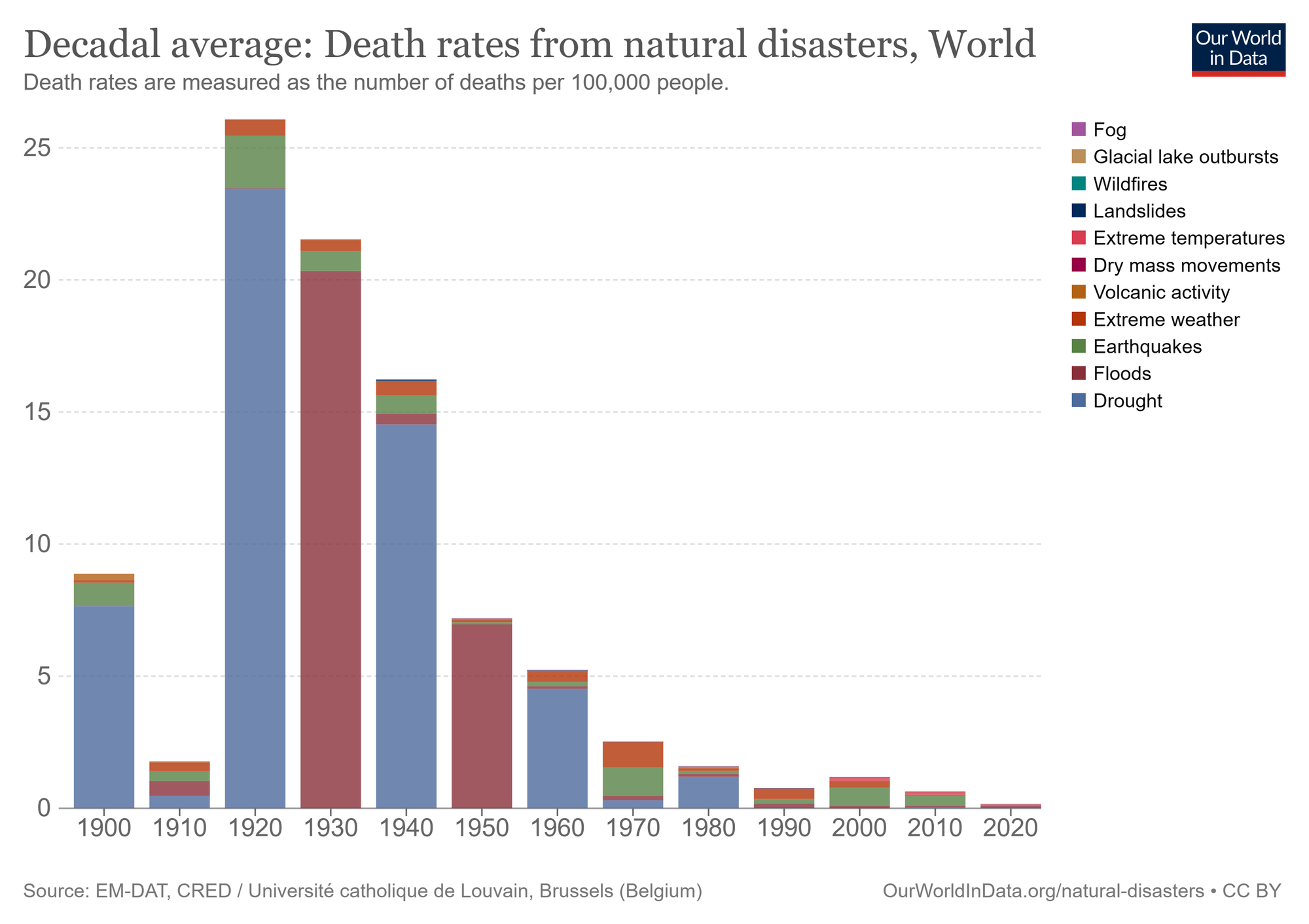
Against a backdrop of skyscrapers, flamingos are thriving on the shores of Mumbai with their population increasing from 10,000 in 2007 to 130,000 today. The area has become a vital feeding ground because untreated sewage has nurtured the algae that are the flamingos’ main food. “Human impact may seem terrible for nature at first glance but can also be a gold mine for some species.” Hakai
More island restoration! San Clemente off the coast of San Diego is celebrating the de-listing of the Bell's Sparrow and four plant species from protected status following a decades-long conservation effort, and in New Zealand, the Mercury Islands have achieved predator-free status and wildlife is thriving thanks to a combination of ground-breaking science and local community involvement.
The Biden administration is designating the Avi Kwa Ame (Spirit Mountain) in Southern Nevada a national monument to protect 450,000 acres of sacred tribal lands. Local tribes have been fighting for this since 1999. It will be the second national monument to explicitly address its Indigenous roots following Bears Ears in Utah. NYT
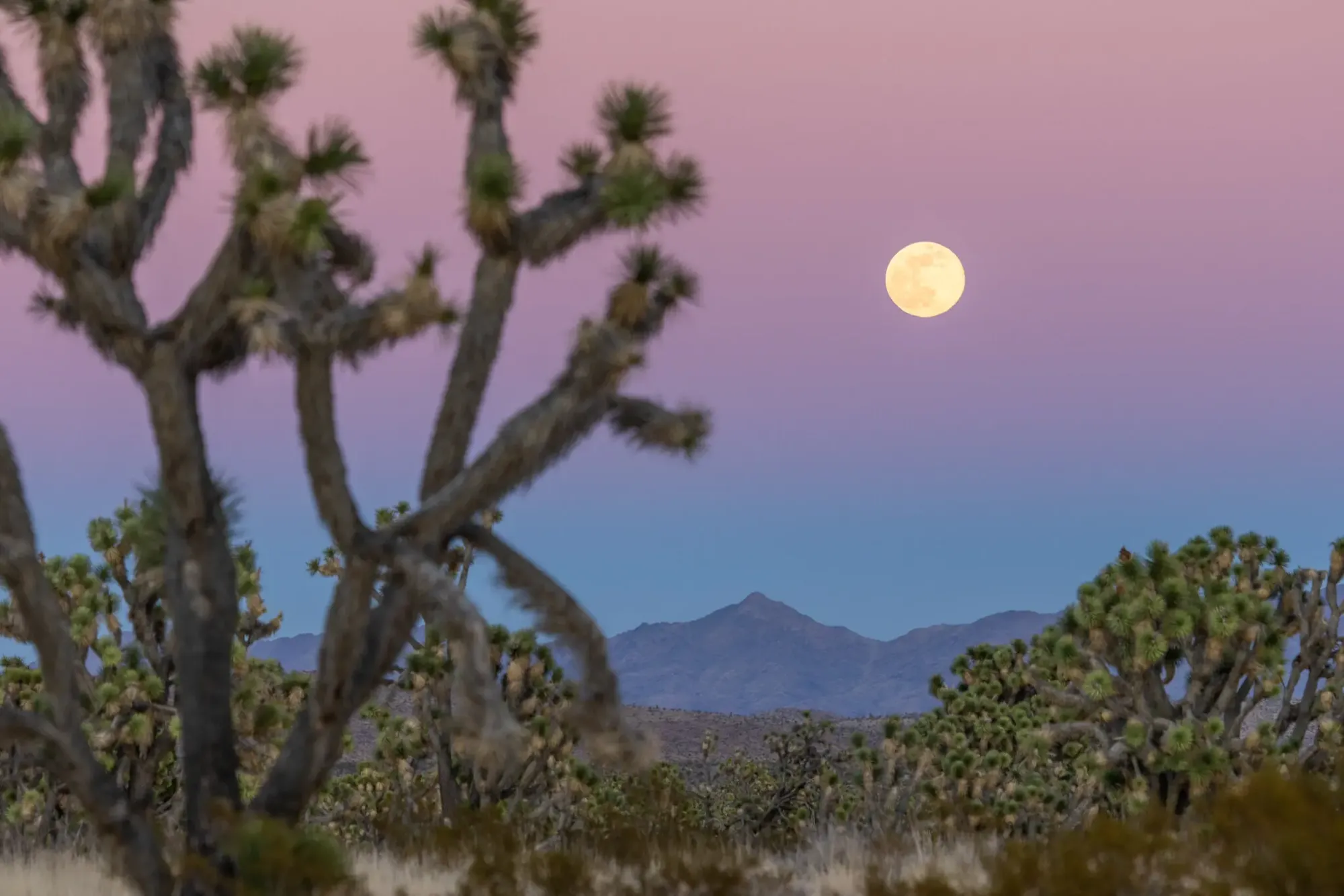
Following the designation of five marine protected areas in 2022, the Maluku Islands in Indonesia plan to protect more of their ocean this year as part of wider efforts to preserve natural resources while boosting local economy. Fishing boats larger than 10 tons will be prohibited from entering the new protected areas which are crucial habitat for leatherback sea turtles. Mongabay
France has banned deep-sea mining in its waters to safeguard “the common heritage of humanity.” Deep seas make up 90% of the ocean and are extremely vulnerable to disturbance. Deep-sea mining has been under the international spotlight since July 2021, with a growing number of governments calling for a ban including Germany, Spain, New Zealand, and Costa Rica. Euro News
Volunteers are tackling Paris’s increasing heatwaves with an ancient Japanese tree-planting method that creates fast-growing pocket forests, smaller than a tennis court. Miyawaki forests can grow 10 times faster than standard forests and capture more carbon. These mini forests are also popping up in other cities across Europe and Asia. France24
Decades of rewilding efforts in Italy have resulted in the spectacular expansion of the Italian wolf population. The country is at the forefront of Europe’s rewilding movement which is creating wilder, more diverse habitats … and raising a host of new questions about what we actually mean by 'wild' in the 21st century. GLP

First Nations in British Columbia have forged two historic agreements to regulate development on their ancestral lands. The Yaq̓it ʔa·knuqⱡI were granted veto power over a proposed coal mining project and the Blueberry River First Nations struck a deal with the provincial government to limit logging and oil and gas drilling. The striking progress is the cumulation of a decades-long push to protect vast tracts of land and ocean that now amounts to tens of millions of acres. Yale360
The Great Scottish Squirrel Survey (try saying that three times in a row) has found efforts to protect native red squirrels are working, and that populations are 'thriving' across the country. "It's a good demonstration that the efforts of our projects and also our partners and statutory agencies have been really successful." BBC
For the first time in living memory a pair of dolphins have been spotted frolicking in New York’s Bronx River, an encouraging sign that the decades-long effort to restore the river that was once a dumping ground for industrial waste is working. Guardian
We’ve come a long way across multiple decades of environmental improvement, water quality cleaning, better environmental stewardship, better relations, all of which helps the overall environment and then leads to recovery of these systems.
Howard Rosenbaum, Dolphin Expert, Wildlife Conservation Society.
It’s true—dolphins were spotted in the Bronx River this week! This is great news—it shows that the decades-long effort to restore the river as a healthy habitat is working. We believe these dolphins naturally found their way to the river in search of fish.
— NYC Parks (@NYCParks) January 19, 2023
(Video: Nick Banco) pic.twitter.com/40ZNgBjJZs
1st January 2023 - 20th January 2023
The American Cancer Society has released its latest data showing cancer deaths have fallen again in the United States in the most recent year for which data is available. Between 2019 and 2020, the mortality rate fell by 1.5%, and the overall rate has fallen by 33% since 1991, translating to an estimated 3,820,800 fewer deaths during this period. CNN
The WHO has certified the Democratic Republic of the Congo as free of transmission of dracunculus medinensis, the parasite that causes Guinea-worm disease. Only five countries now remain to be certified (Angola, Chad, Ethiopia, Mali, South Sudan), while Sudan is in the precertification stage. WHO
Between 2014 and 2021, the WHO's South East Asia Region achieved a 73% reduction in measles deaths and a 64% reduction in cases. Five of the region's 11 countries – Bhutan, DPR Korea, Maldives, Sri Lanka and Timor-Leste - have eliminated measles, and two - Maldives and Sri Lanka - have eliminated rubella as well. WHO
India has the world’s largest measles immunization program, targeting 27 million children annually. It's also one of the most successful - between 2017 and 2021, measles incidence decreased by 62%, and rubella by 48%. Although the pandemic caused millions of children to miss their shots, the programme is now back on track, and officials are aiming for elimination by the end of this year. WHO
It's widely accepted that the 21st century has been bad for democracy around the world: multiple research institutes have pointed out the phenomenon of 'democratic backslide.' However, new research shows there is actually little evidence of this, and that the real story of the last two decades is global democratic stability. OSF
🚨NEW PAPER ALERT!! @anthlittle and I are excited to share our new working paper “Subjective and Objective Measurement of Democratic Backsliding.” 🔥Our hot take🔥: Contrary to the current narrative, we DON’T find evidence that we are in a period of global democratic decline 🧵1/ pic.twitter.com/2sAKD6VISV
— Anne Meng (@annemeng_) January 18, 2023
The number of populist leaders around the world has fallen to a 20-year low after a series of victories for centrists in the past year. A new report says that 800 million fewer people are living under populist leaders at the start of 2023 compared to 2020. Much of the decline has occurred in Latin America, most notably with the defeat of Bolsonaro in Brazil. Guardian
Saudi Arabia has made significant progress on women's rights since 2019. Critics say the reforms are intended to deflect attention from the country's flagrant human rights violations, which cannot be ignored, but for millions of women, genuine change is happening quickly, altering the country's social fabric. ABC
The Ugandan government has declared an end to its Ebola outbreak, less than four months after cases were first reported. “Uganda put a swift end to the outbreak by ramping up key control measures such as surveillance, contact tracing and infection, prevention and control. The magic bullet has been our communities." Guardian
America's teen birth rate has plummeted in a single generation, "a change of such improbable magnitude that experts struggle to fully explain it." In 1991, a quarter of 15-year-olds became mothers before turning 20. Today, just 6% become teen mothers, a decline of 77% in 30 years. Teen births have fallen at equal rates among white, Hispanic and Black teenagers, and by more than half in every state. NYT
We all heard about the invasion of Brazil's Congress after Lula's inauguration. Unsurprisingly, the world's media paid less attention to the reopening of Brazil’s Indigenous affairs agency, Funai, bringing together hundreds of indigenous activists and leaders. “This is a very emotional moment. It is almost like a catharsis. Like in soccer, celebrating the goal. It’s an exorcism." Mongabay
A panel of international experts backed by the United Nations has found that the ozone layer is on track to recover by 2040, thanks to decades of policy work to get rid of ozone-damaging chemicals. Since the hole was discovered in May 1985, countries have phased out 99% of ozone-depleting substances under the Montreal Protocol. NPR
Our success in phasing out ozone-eating chemicals shows us what can and must be done – as a matter of urgency – to transition away from fossil fuels, reduce greenhouse gases and so limit temperature increase.
Petteri Taalas, UN Environment Programme's Ozone Secretariat
Efforts to improve air quality in Europe are paying off with fewer people dying early or suffering illness due to air pollution. The European Environmental Agency just published its latest assessment, showing that between 2005 and 2020 the number of early deaths from exposure to PM2.5 fell by 45%, and the continent is on track to reach its target of a 55% reduction in premature deaths by 2030. EEA
A new analysis of cities around the world had challenged the classic urban trade-off between density and green spaces, concluding that ideal urban neighbourhoods need both. It turns out we can have our energy-efficient metropolises and our cool, clean air smelling of flowers, too. “Density is not destiny." Atlantic
A landmark victory for animal rights in the United States, with new legislation eliminating the requirement that pharmaceutical companies use animals to test new drugs before human trials. It marks a radical shift for the industry, the result of a cumulative effort of decades of scientific and technological breakthroughs and lobbying by activists. NPR
One of the hallmarks of the landmark global biodiversity agreement signed by almost 200 countries in December last year is its emphasis on Indigenous people in conservation efforts, marking a significant shift in the global debate on biodiversity. The agreement also gives credence to the 'Rights of Nature'- a growing movement already adopted by 30 countries and tribal nations. ICN

Decades after being declared biologically dead, the River Mersey in north-west England has been labelled “the best environmental news story in Europe” as fish species have begun rebounding. Conservation efforts along the river are rippling out, boosting the environment across the whole region and into North Wales. Wirral Globe
The recent decision to embark upon the rehabilitation of the Jordan River could prove vital to securing peace between Jordan and Israel. Decades of conflict, along with the climate crisis, have turned its once flowing waters into a trickle and with clean up now essential for both sides, cooperation is the only way forward. Jewish Insider
What’s happening now is a bit like a dream come true. If you came here ten years ago, nobody would have thought that such a thing could happen.
Nadav Tal, Water Officer, EcoPeace, Israel
Conservation efforts in the Caribbean have resulted in the dramatic recovery of the critically endangered Union Island gecko, with a population increase of 80% from 10,000 in 2018 to around 18,000. The gecko, only discovered in 2005, quickly became the target of exotic pet collectors, but was saved thanks to the rapid response of officials and activists. Mongabay
For the first time since 1977, no one-horned rhinos were poached in the Kaziranga National Park in India last year. It’s significant progress considering poachers killed over 190 rhinos in Assam between 2000 and 2021. Despite the poaching, the species' numbers have increased to 3,700 from just 200 at the turn of the century. Reuters
Proof that legislation powers conservation, New York harbour is teeming with life thanks to a landmark act by US Congress 50 years ago. The Clean Water Act helped transform the harbour from an open sewer into a functional ecosystem, with a resurgence in wild oysters, alewife, Atlantic salmon, whales and marine borers, and attracting bald eagles, ospreys, and herons back to the shoreline. NYT
